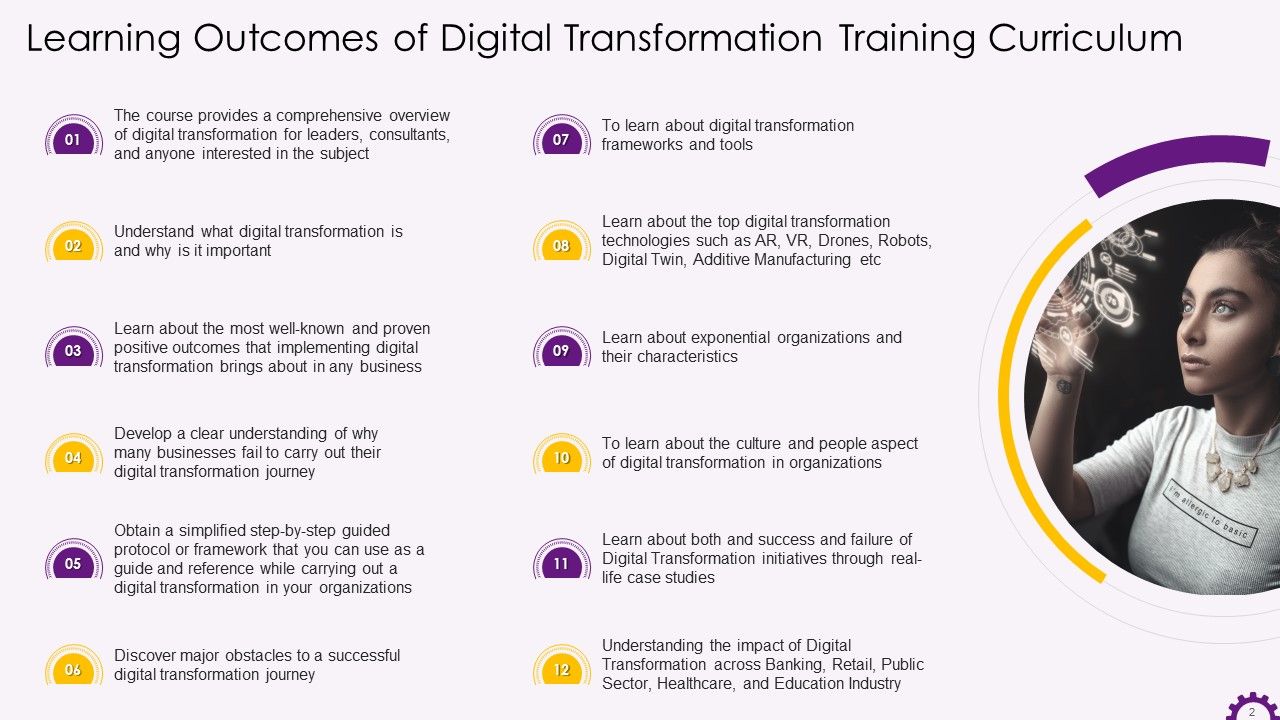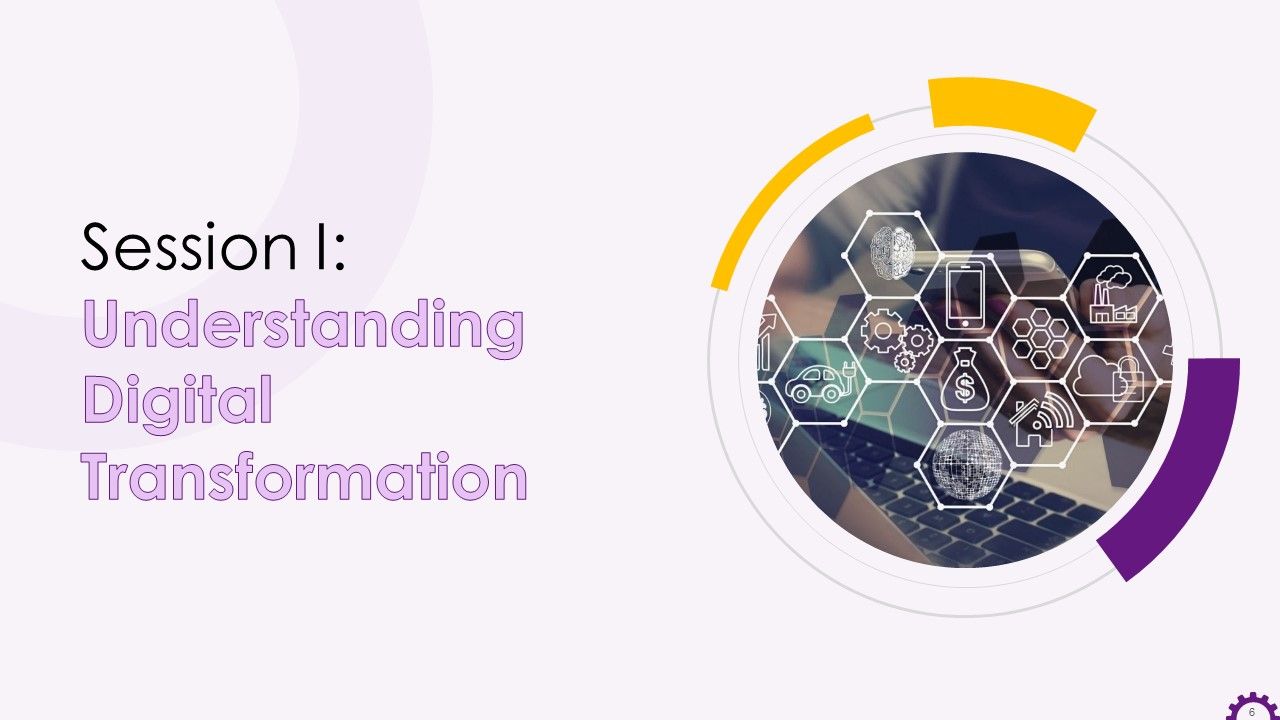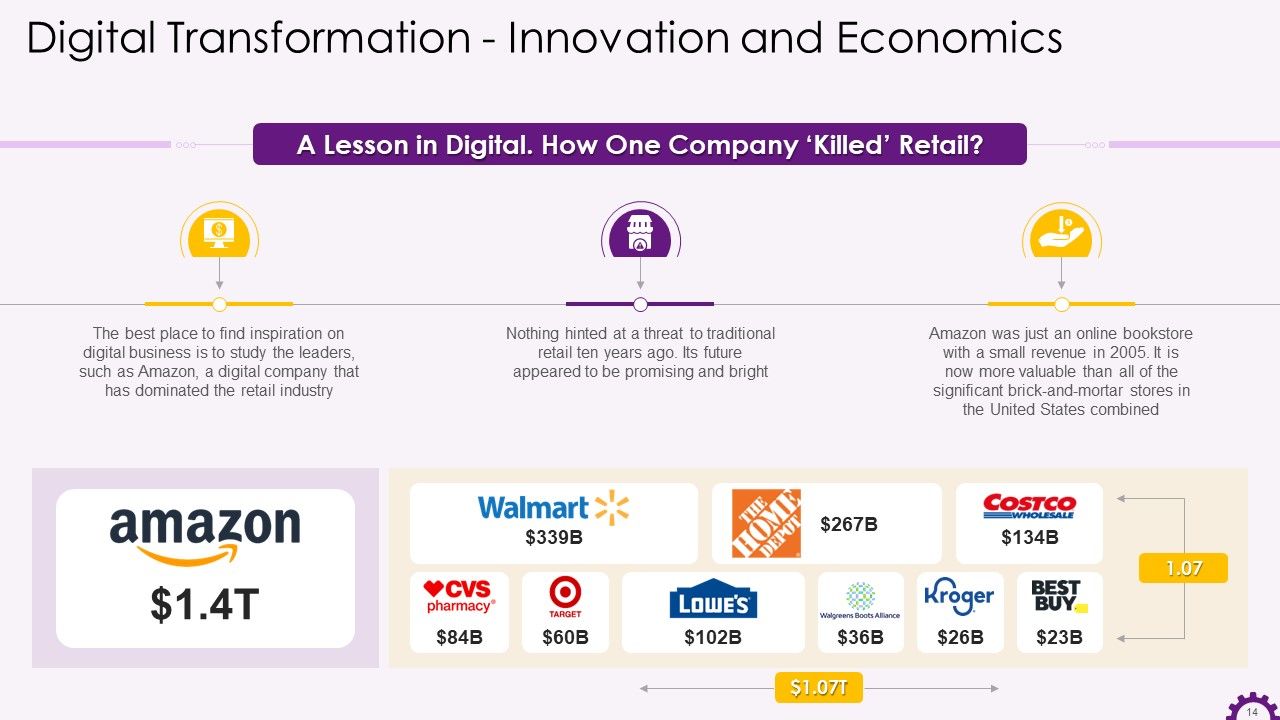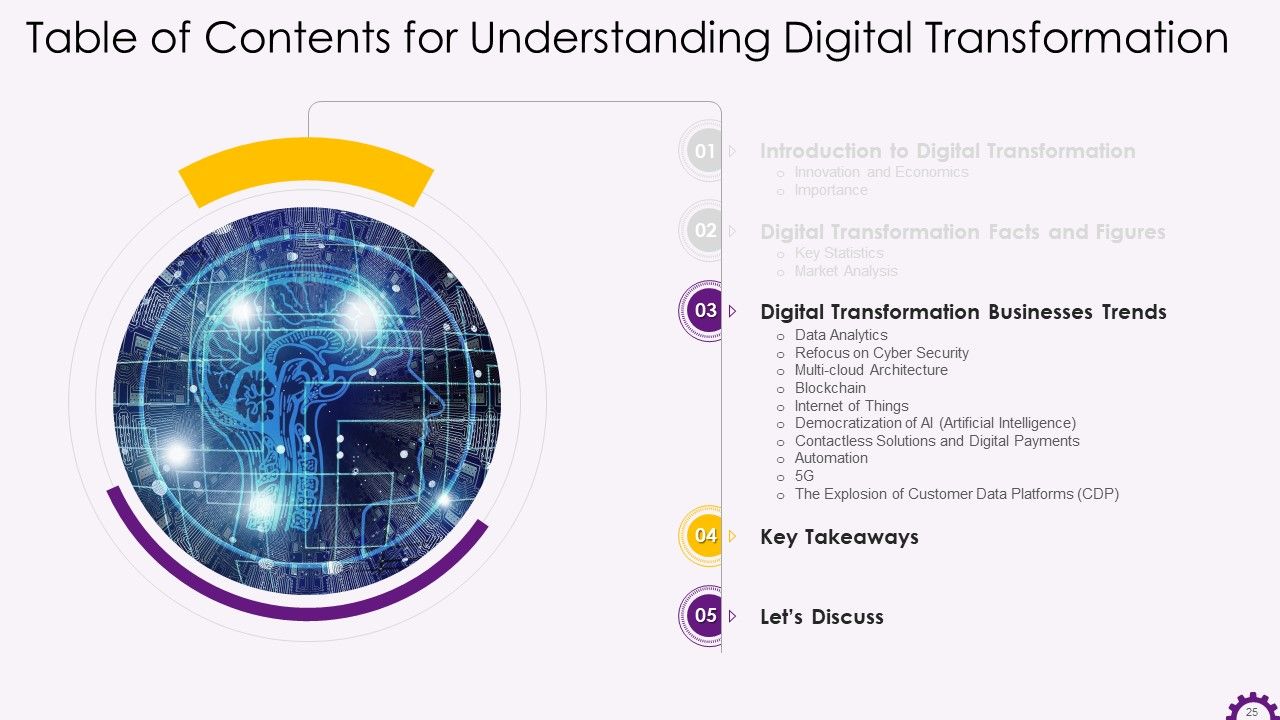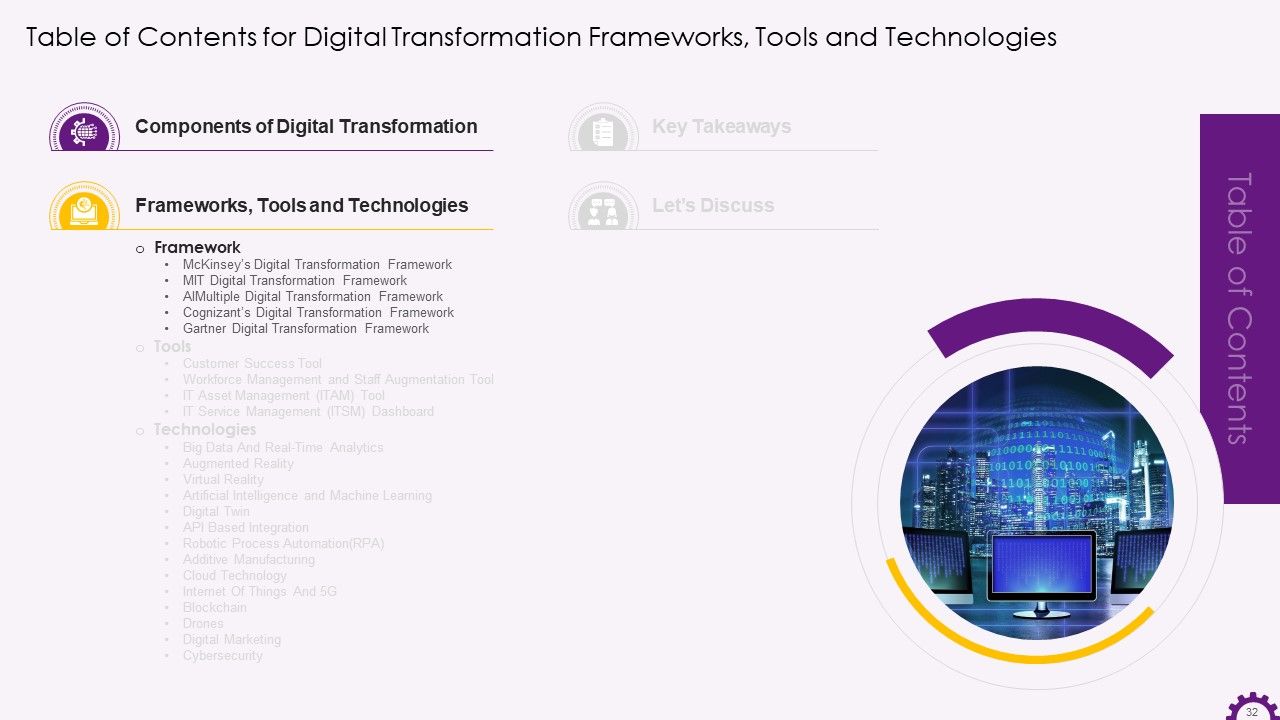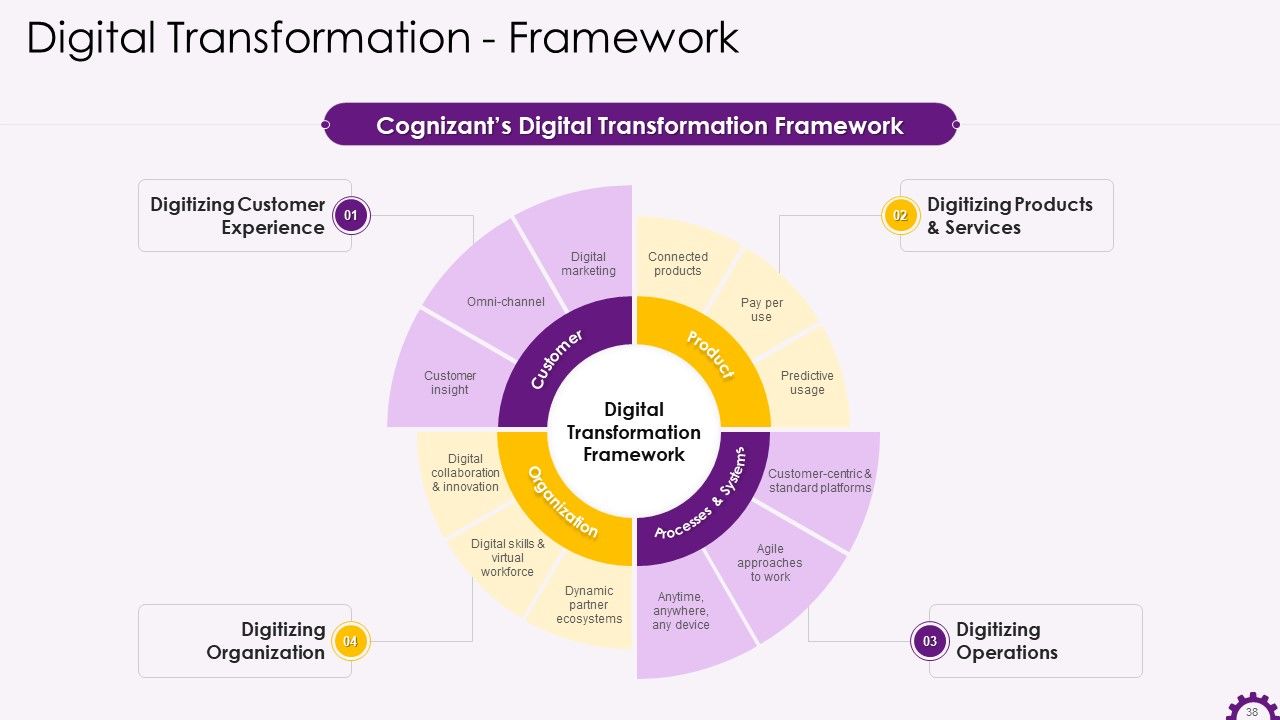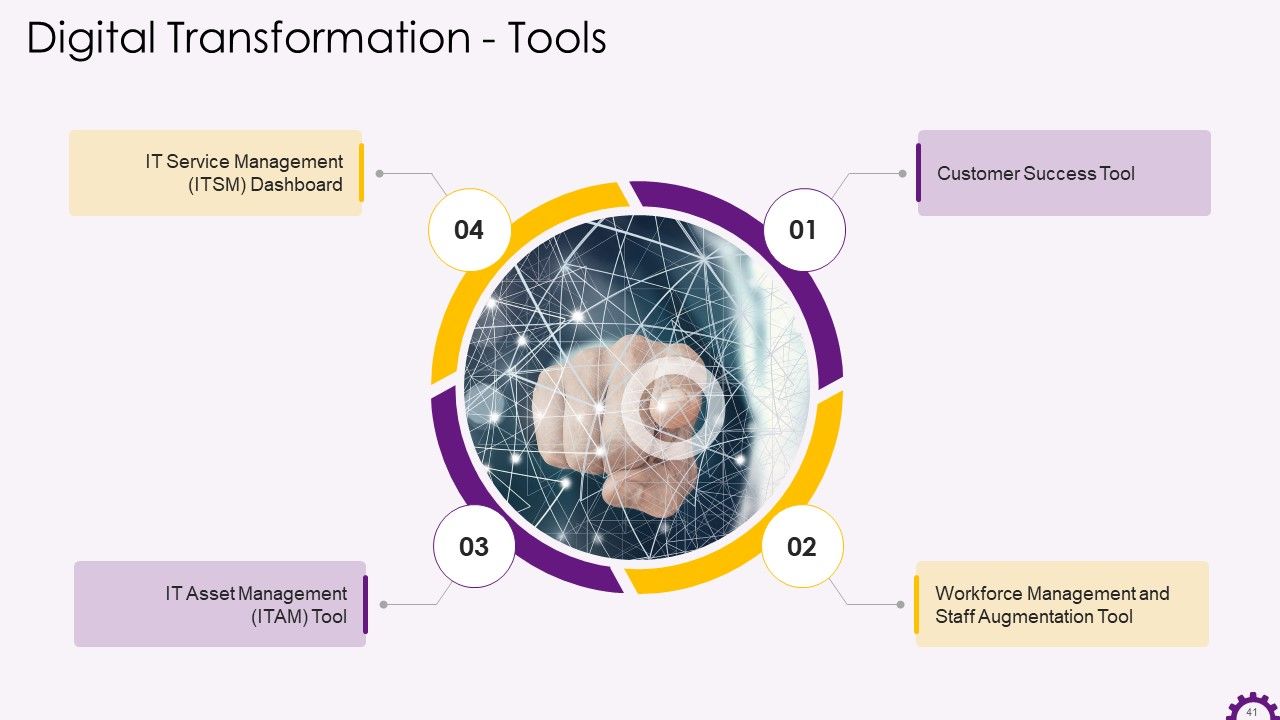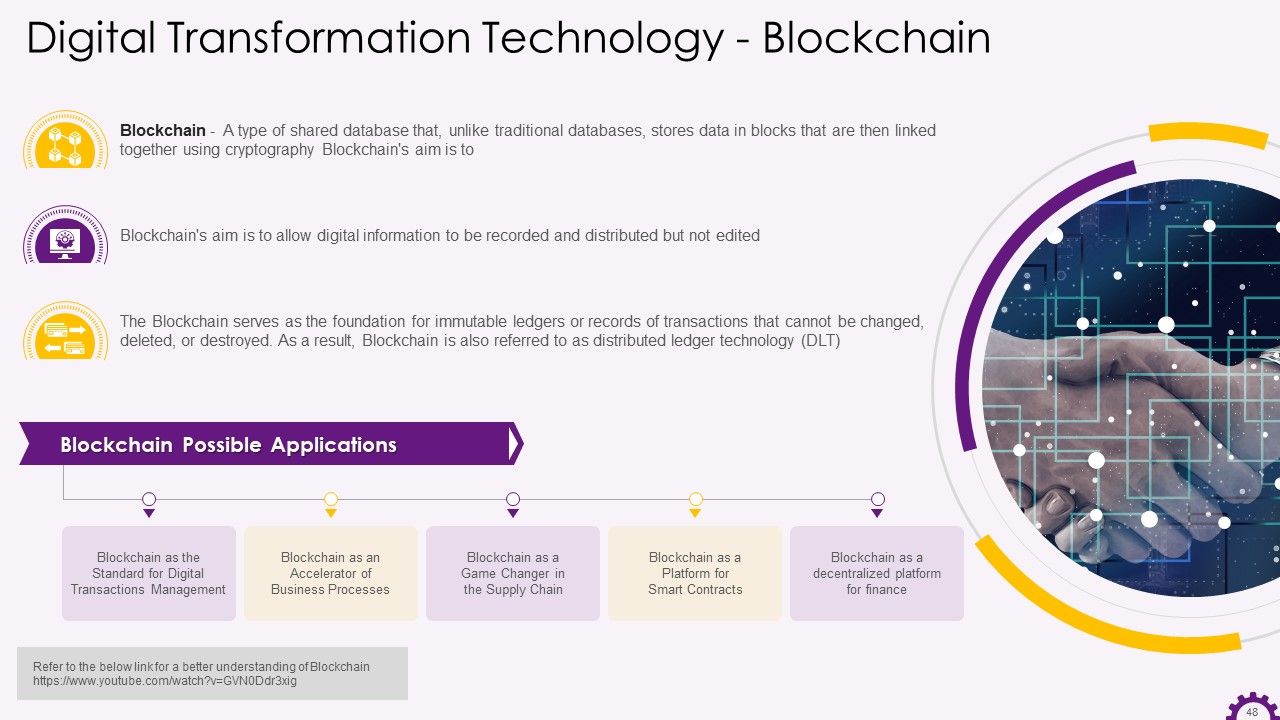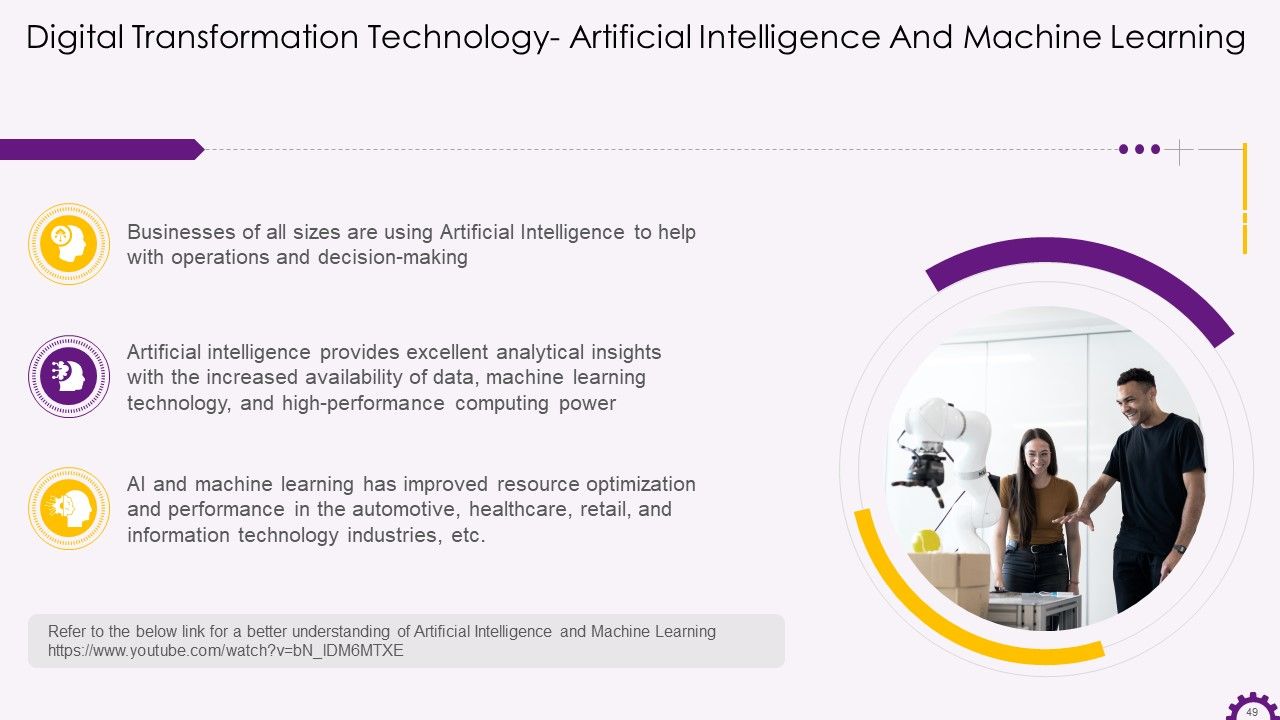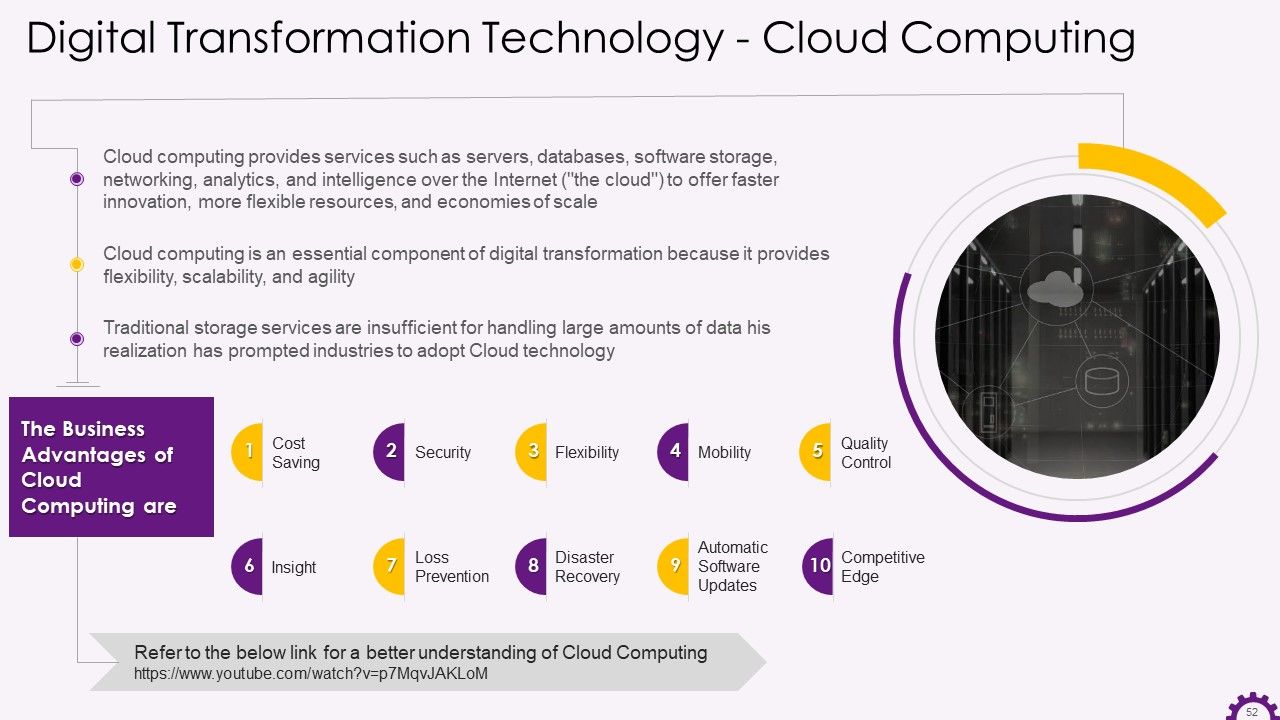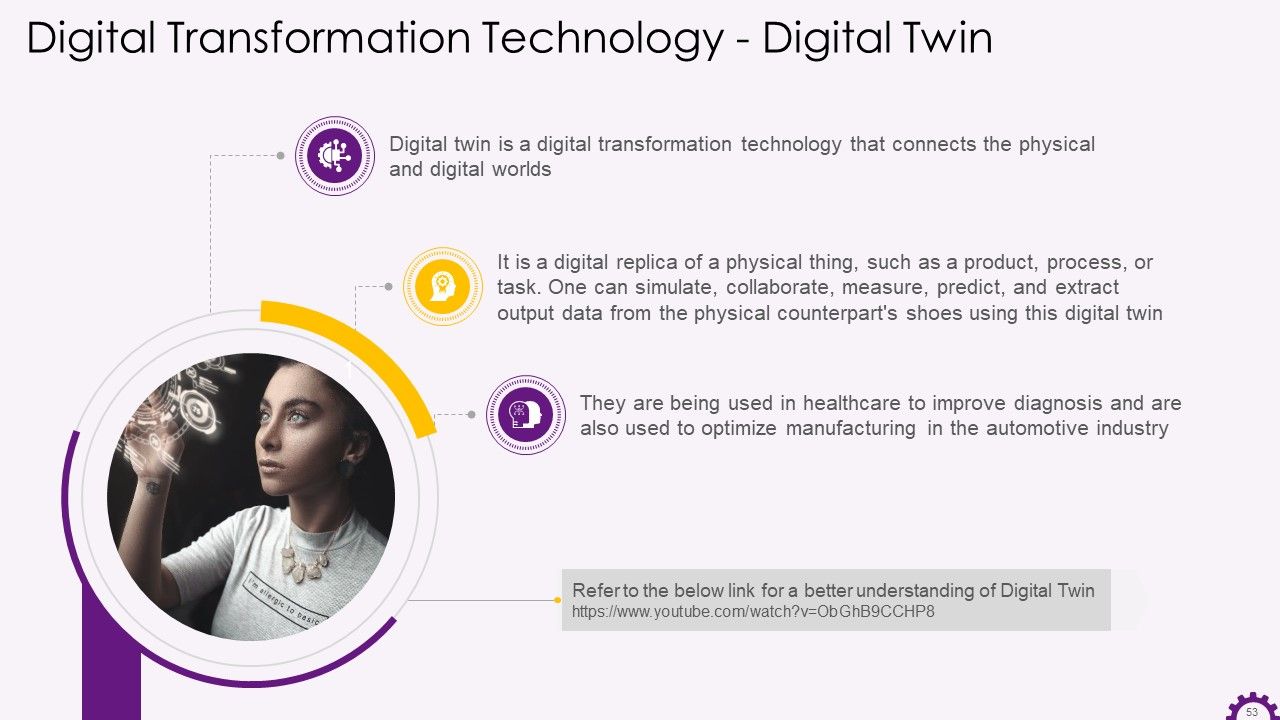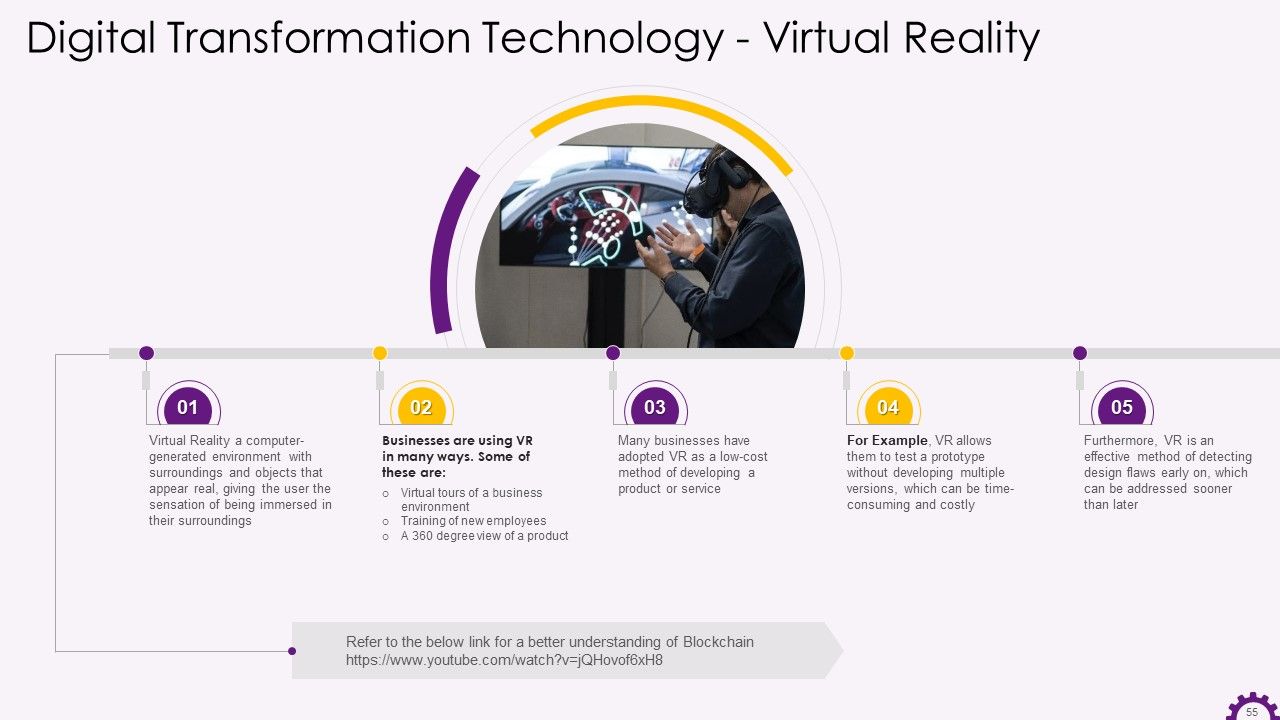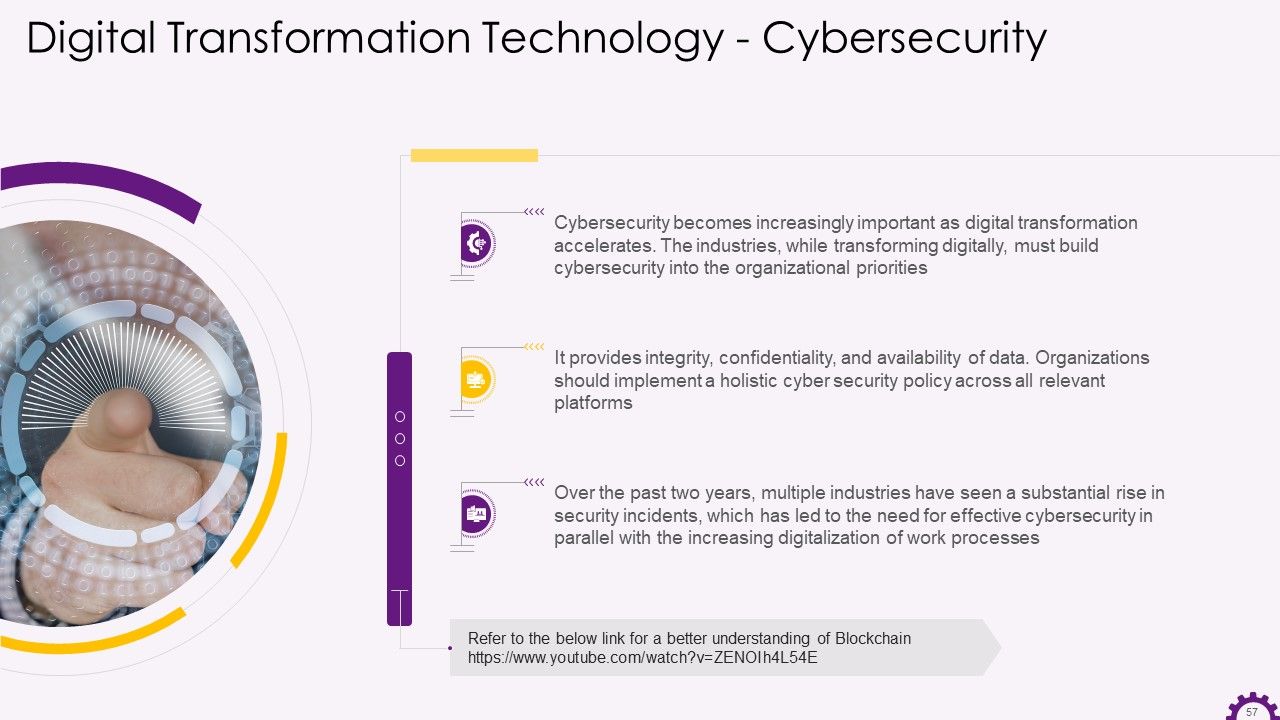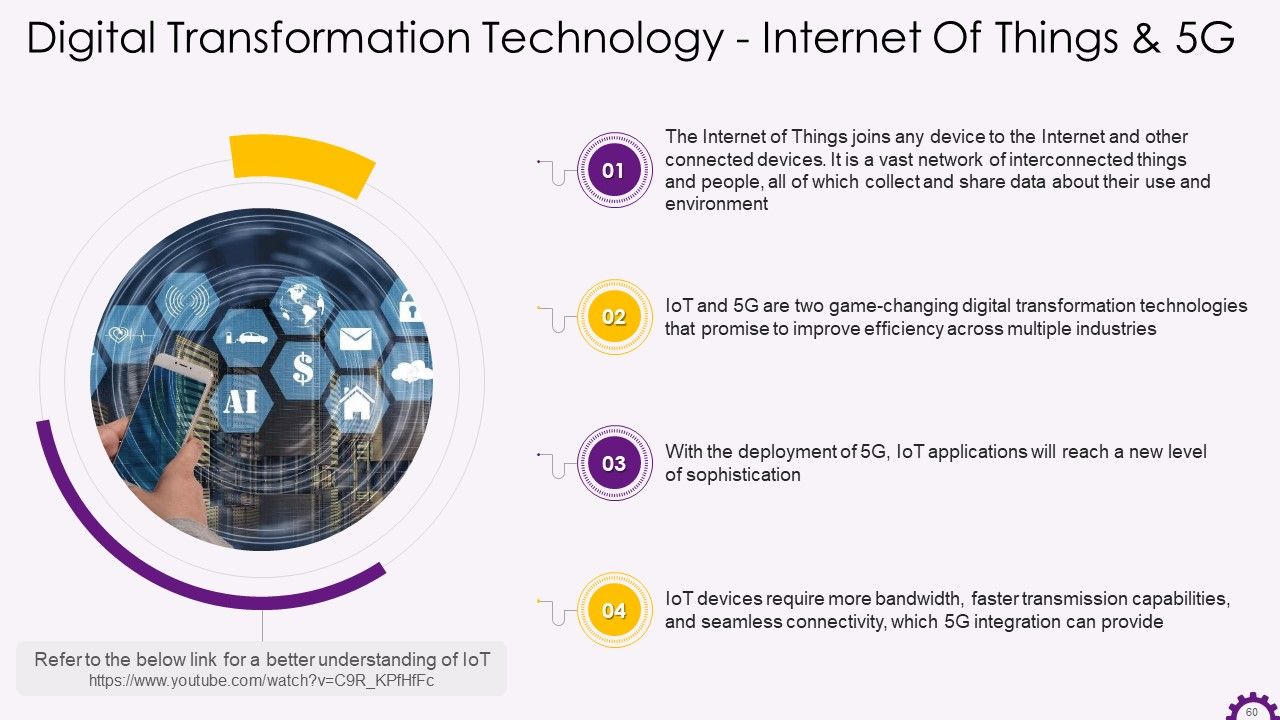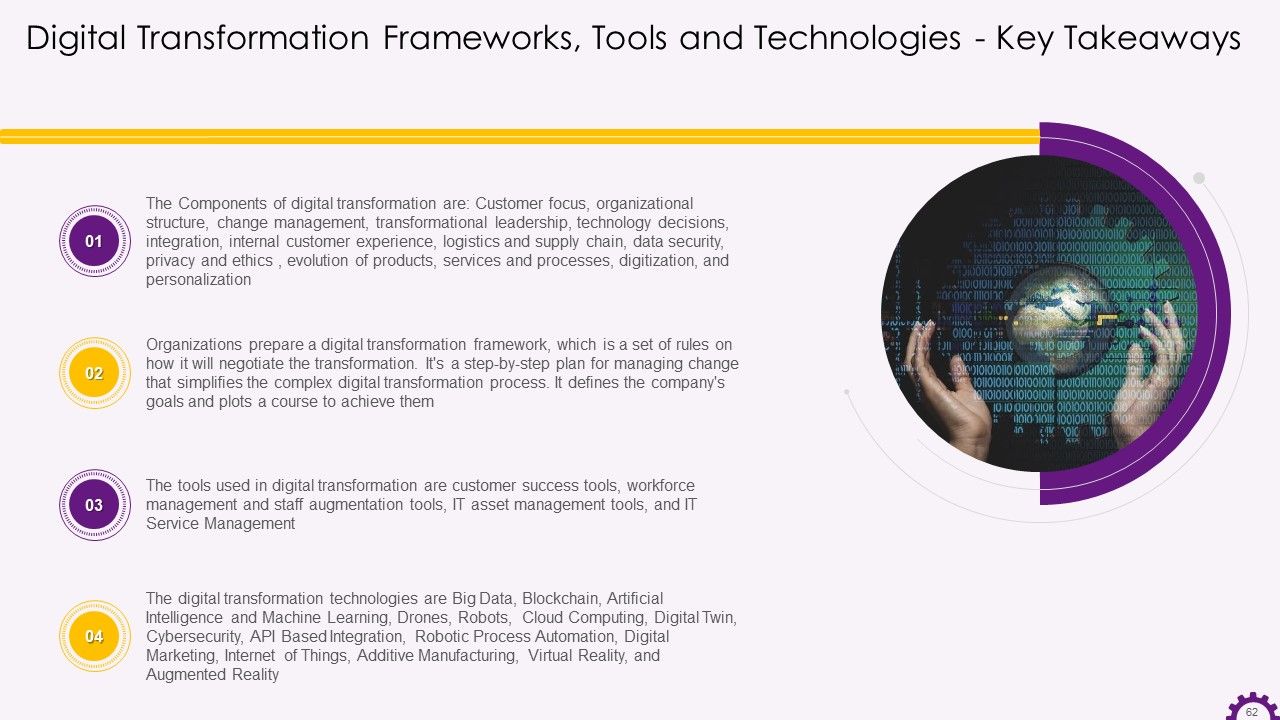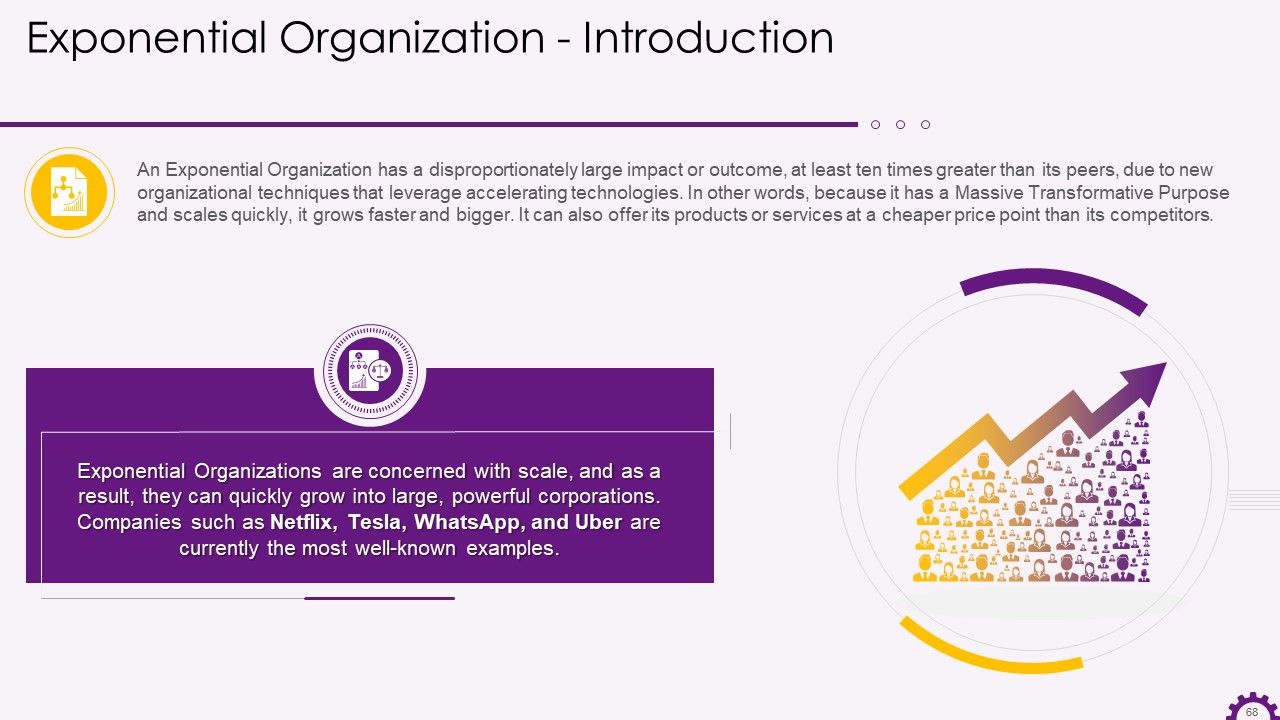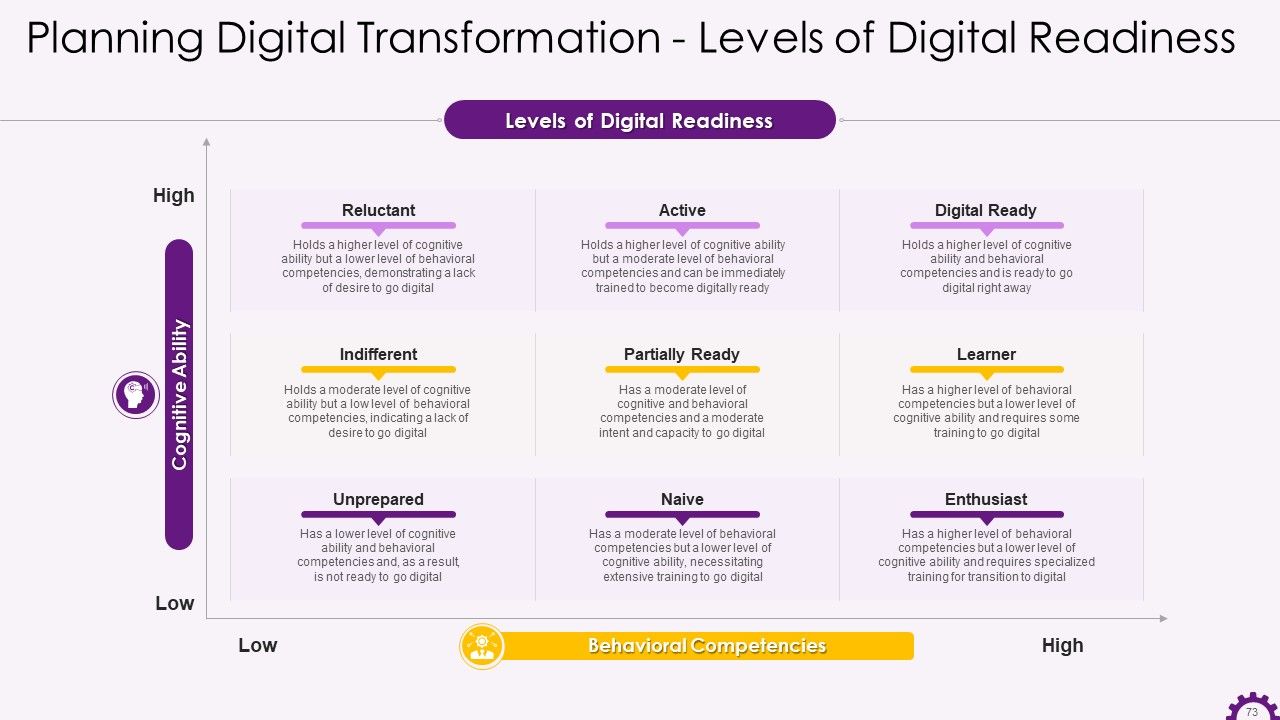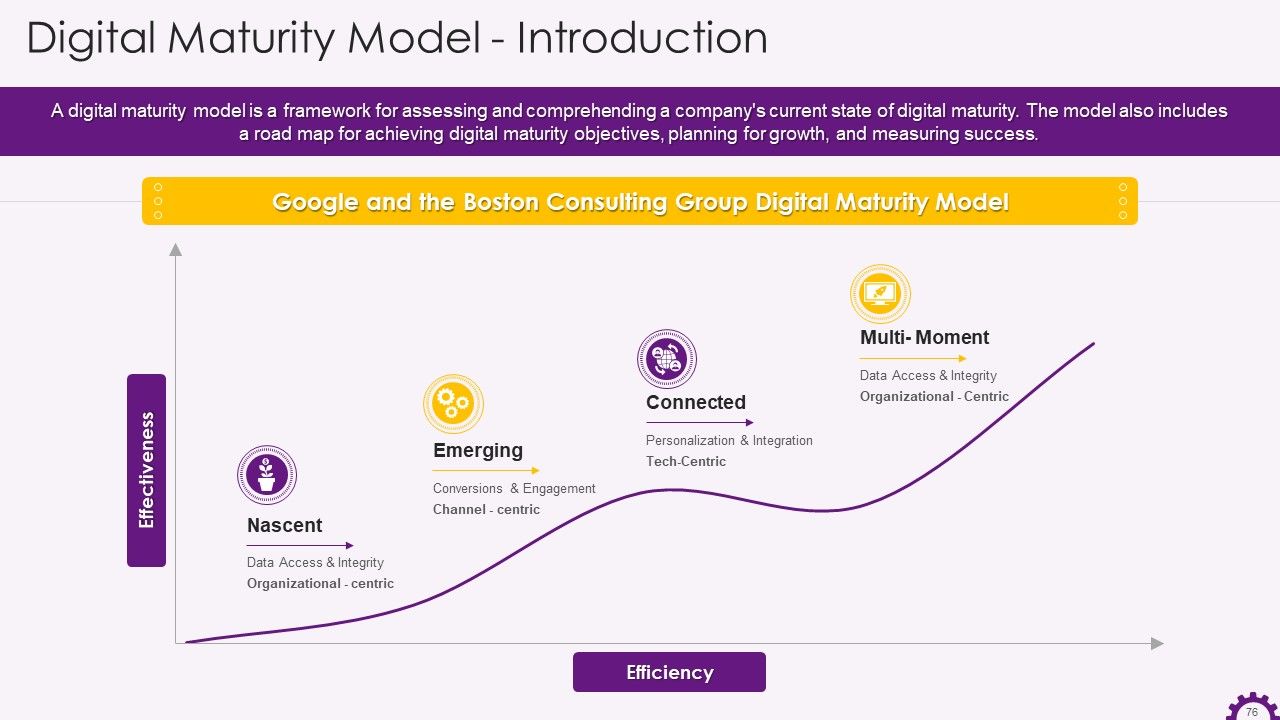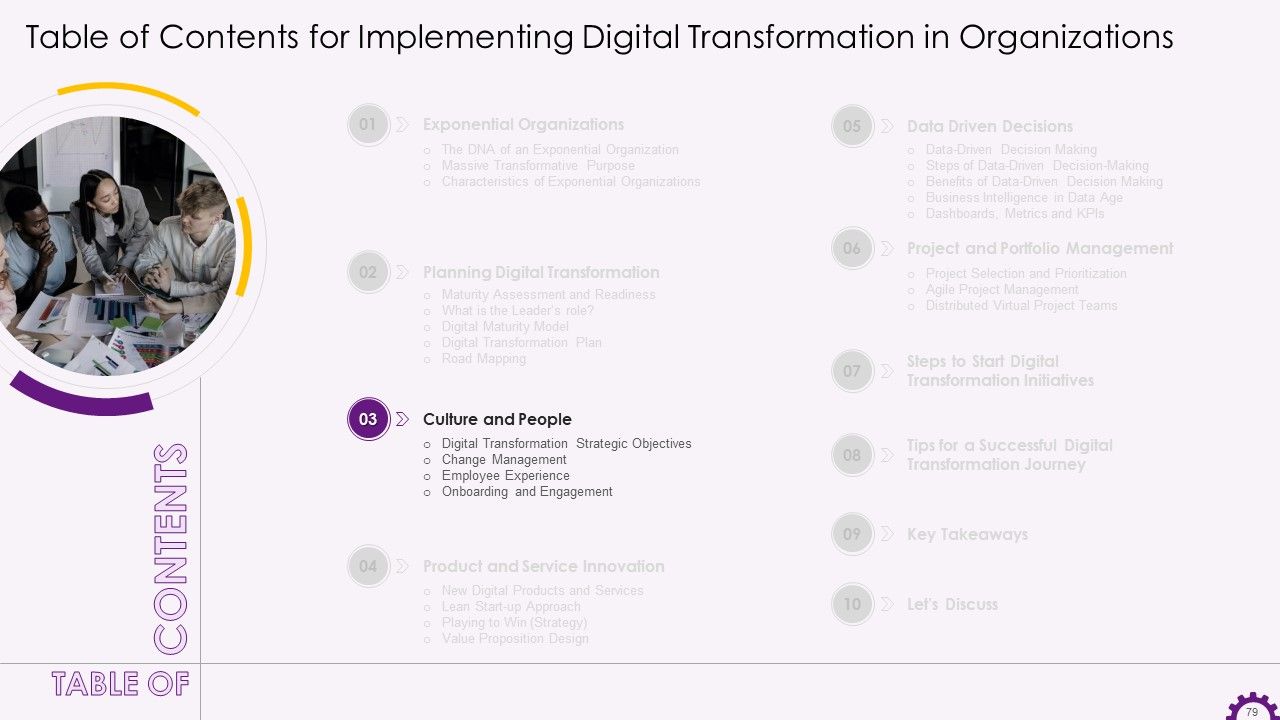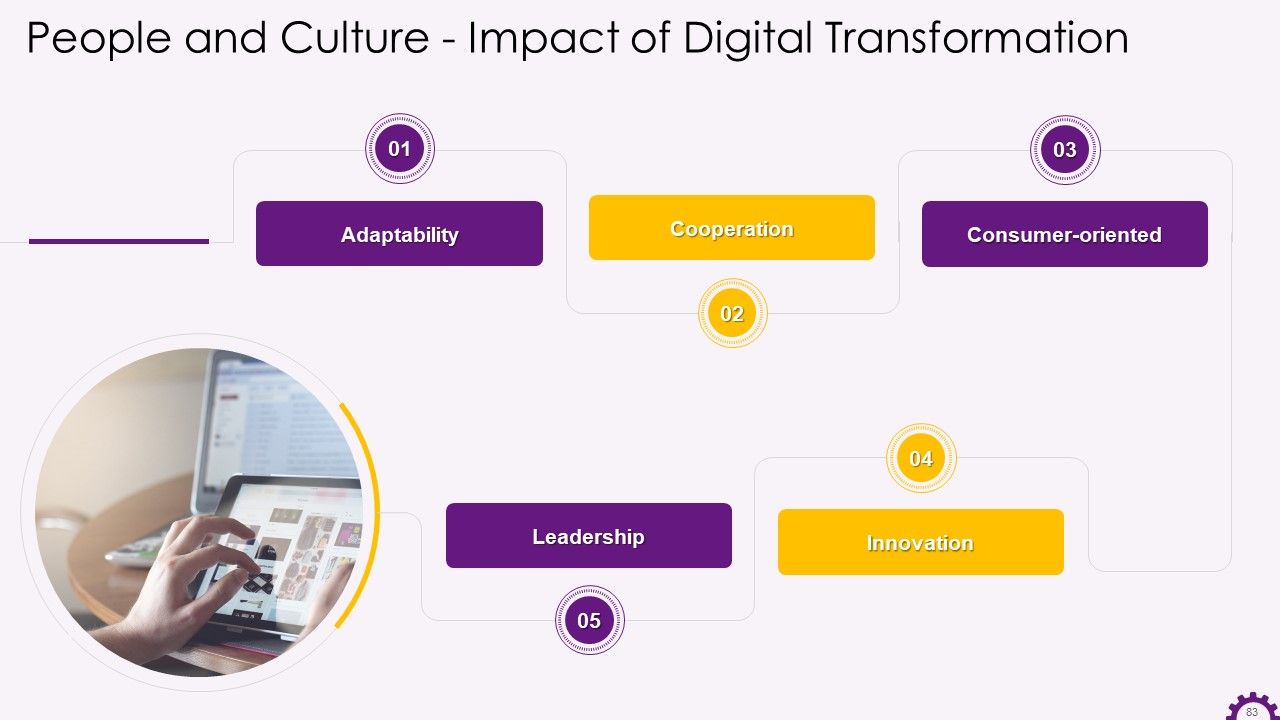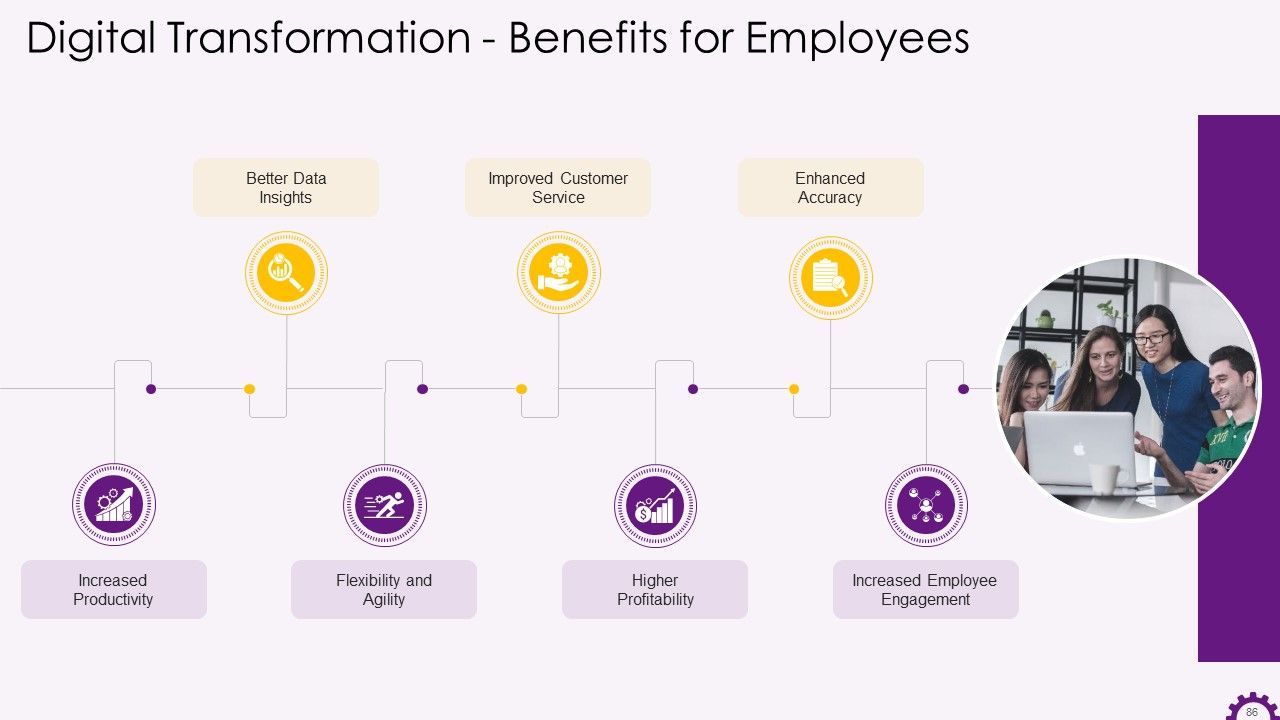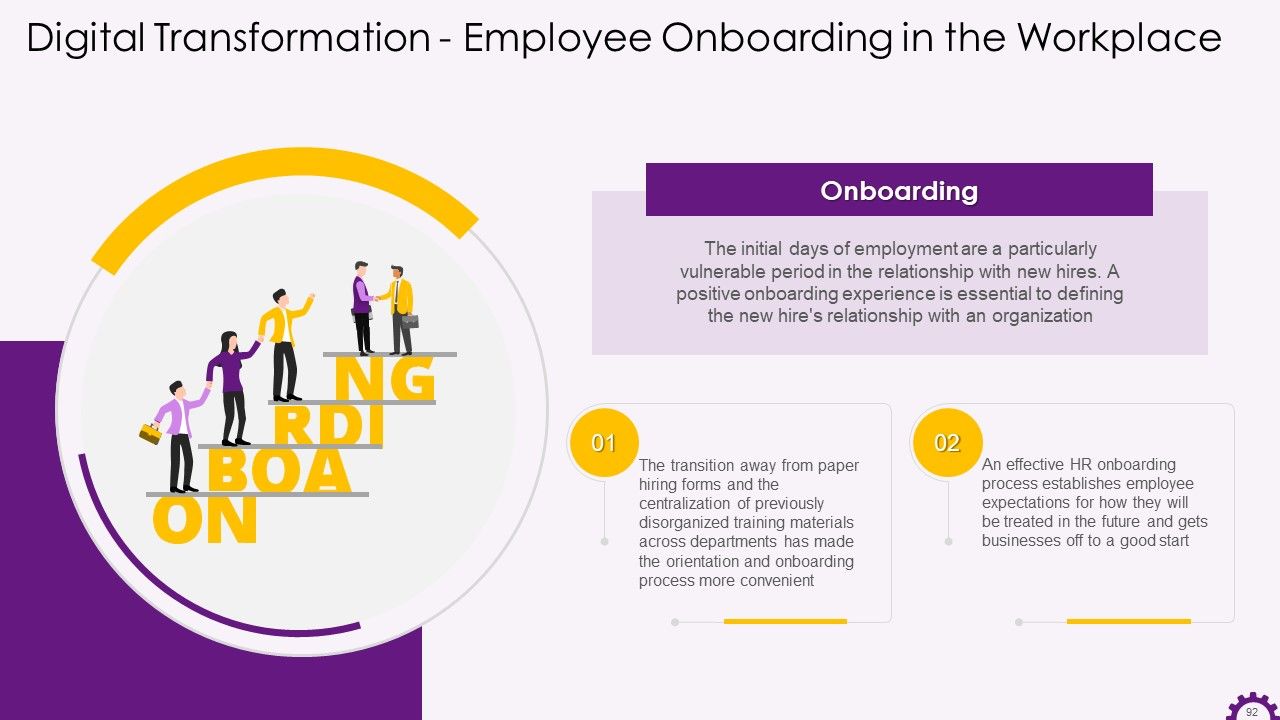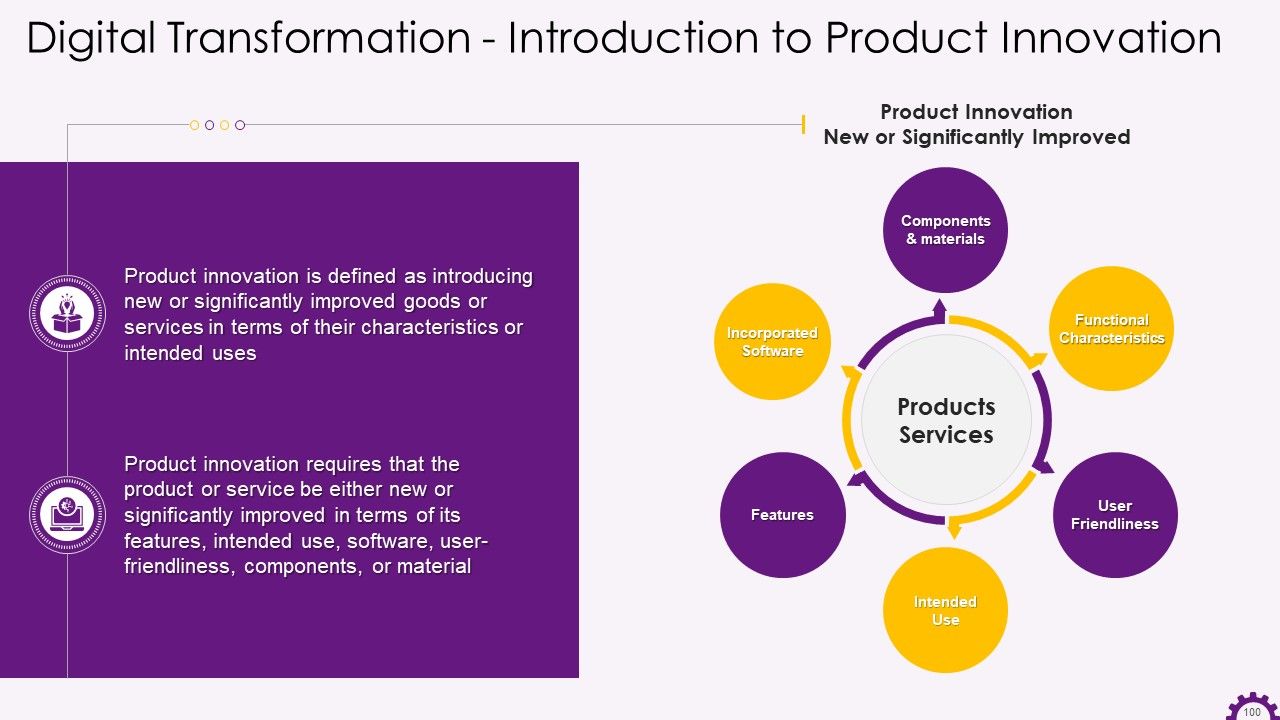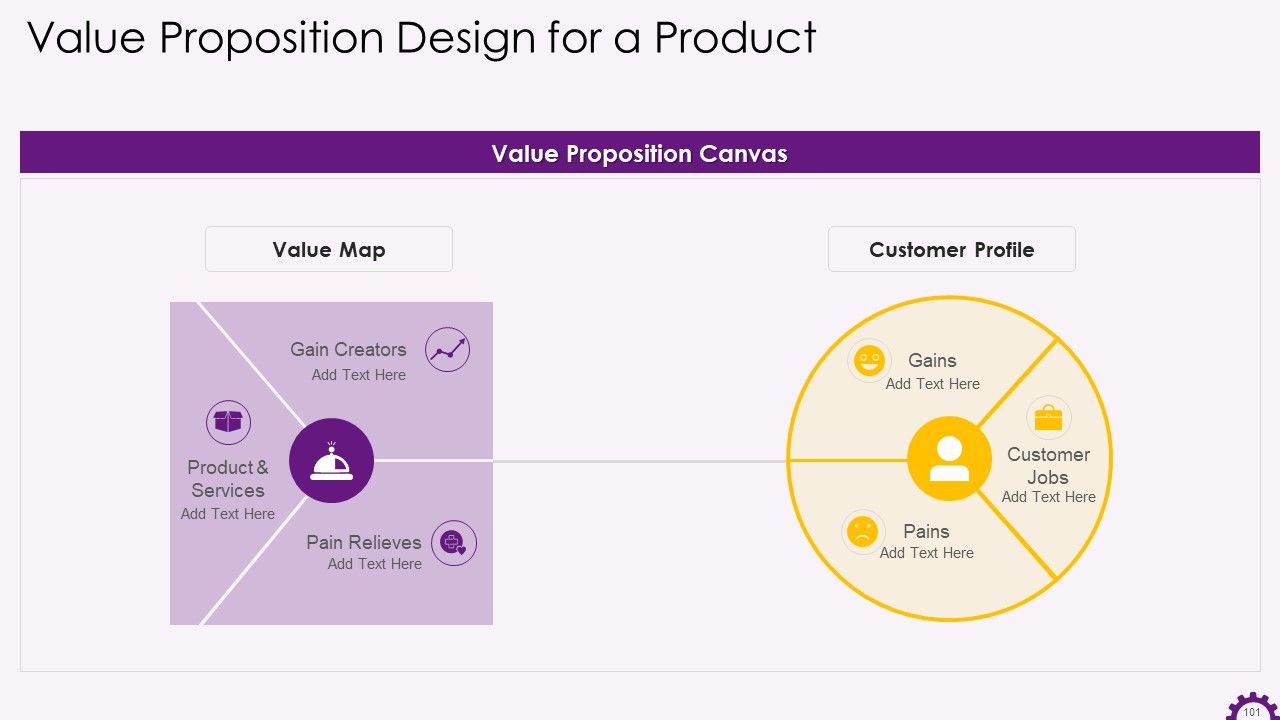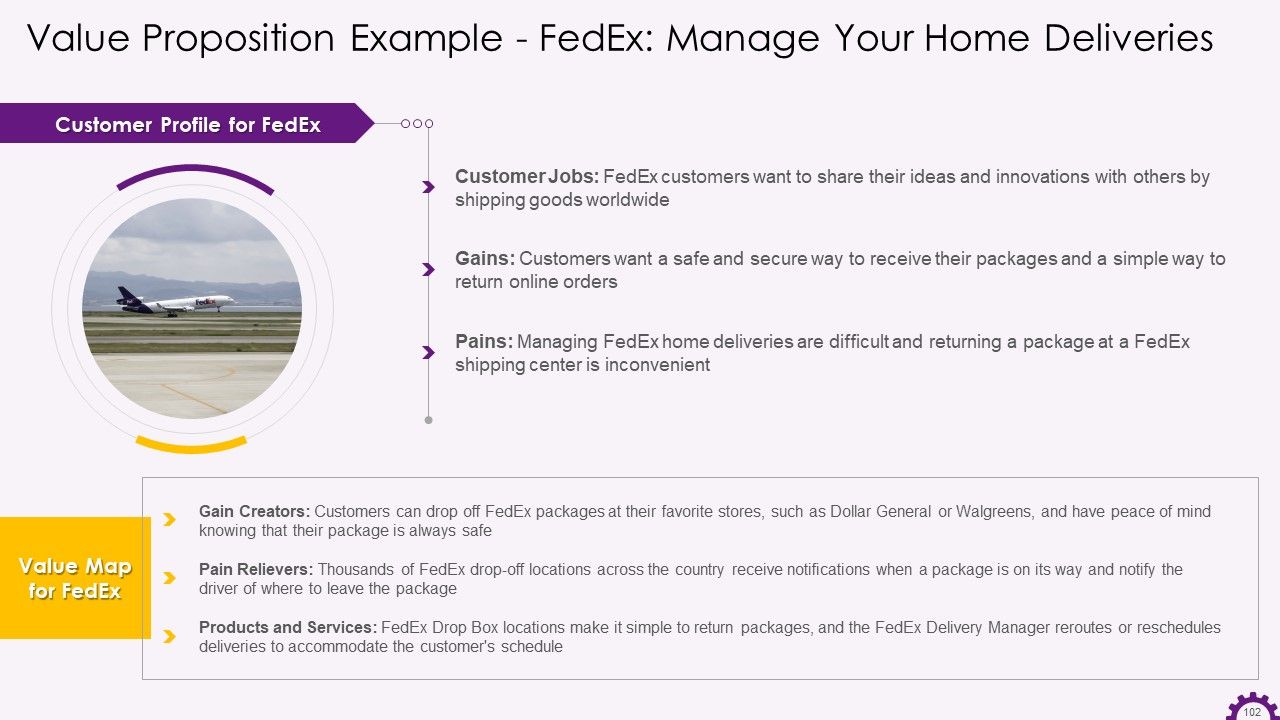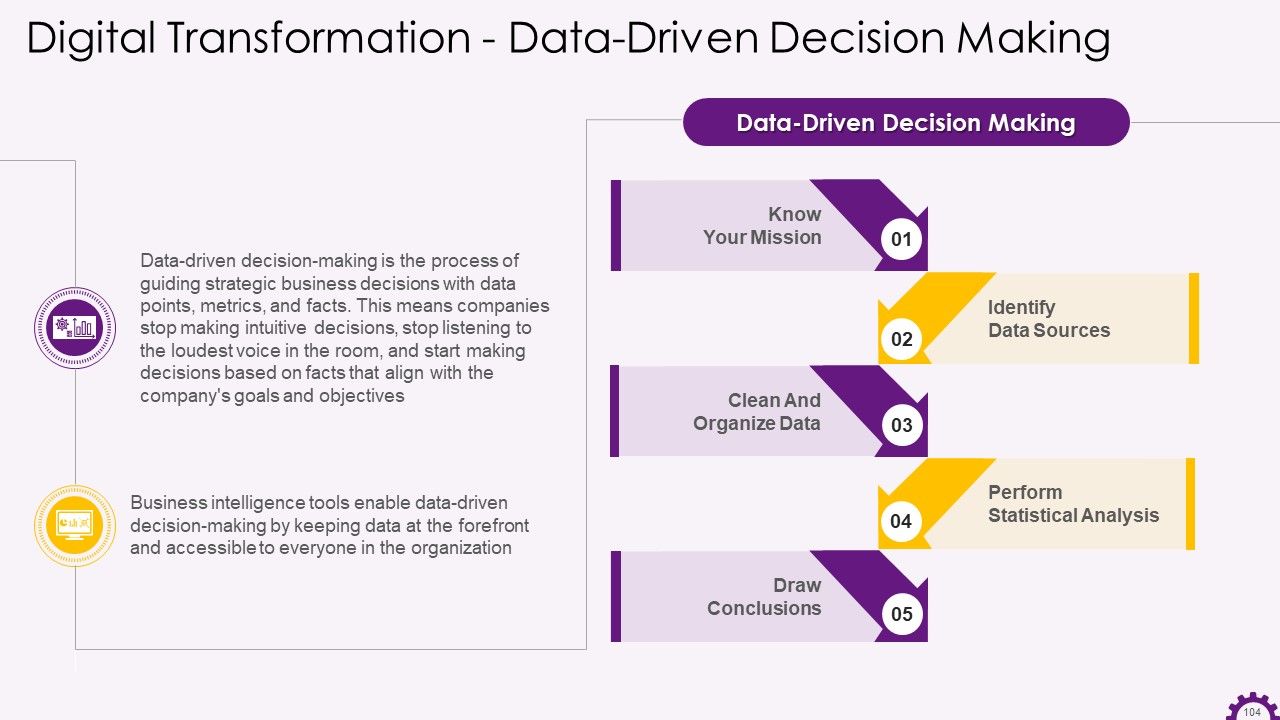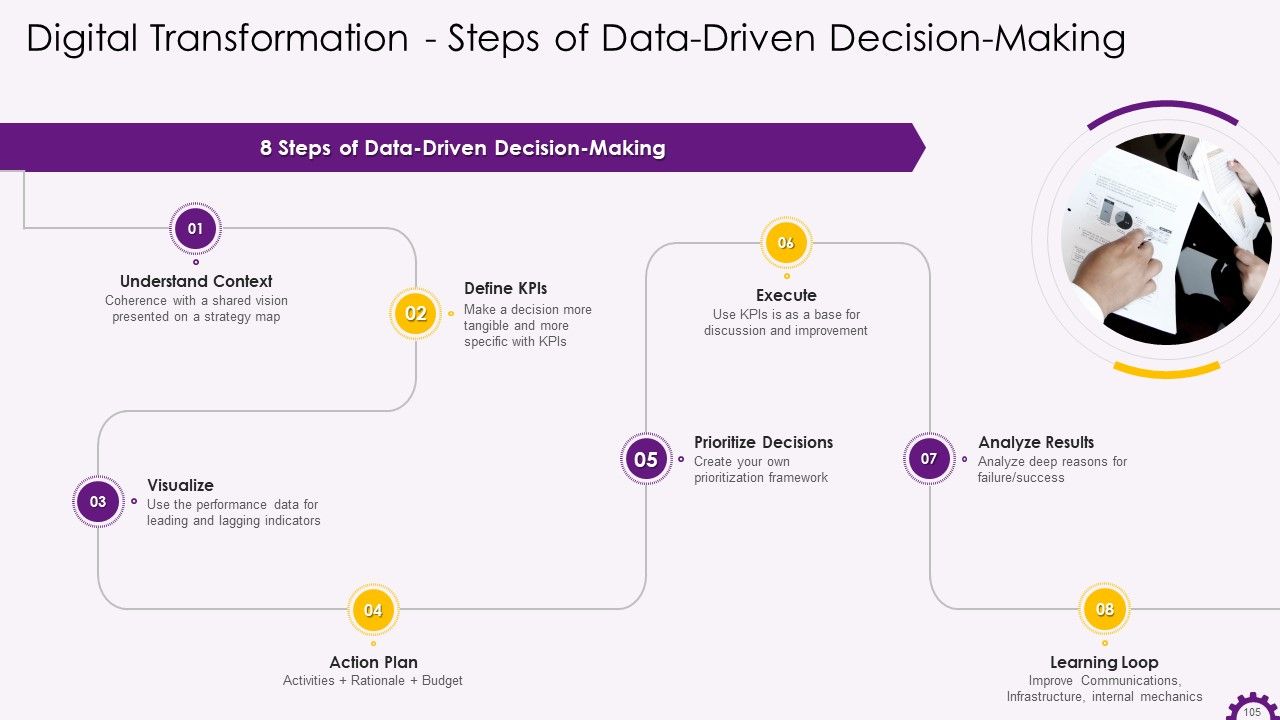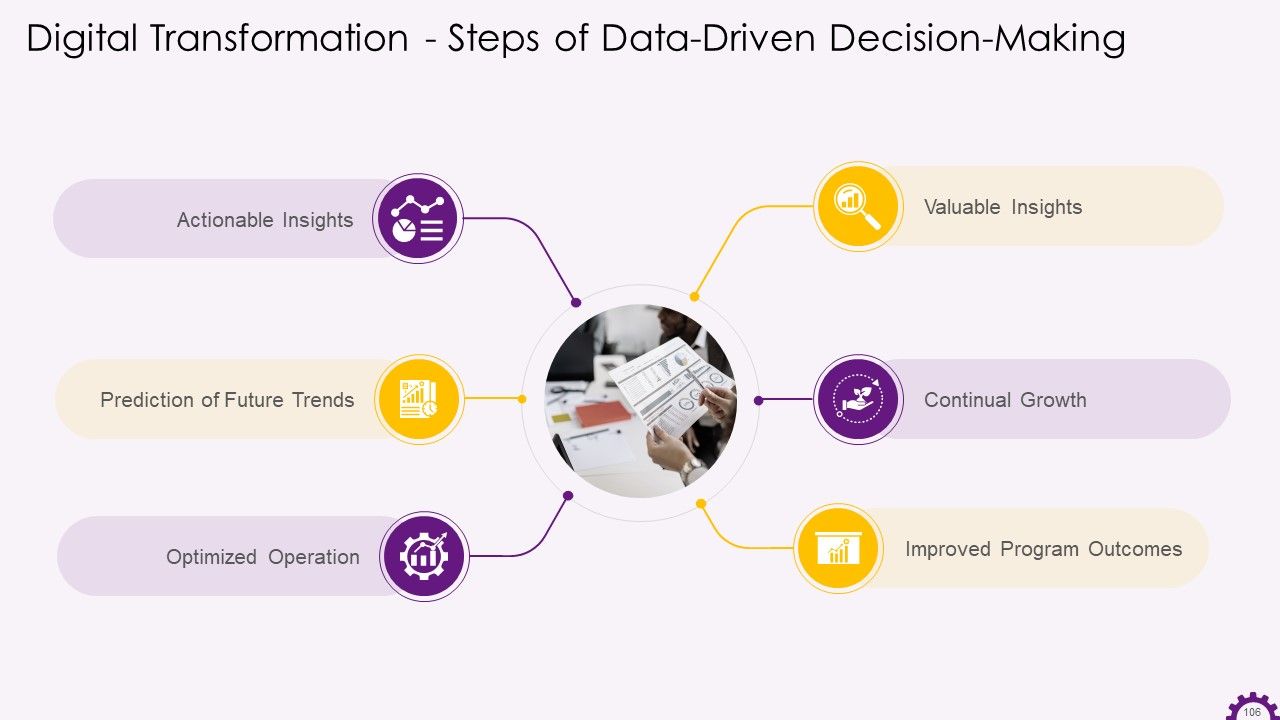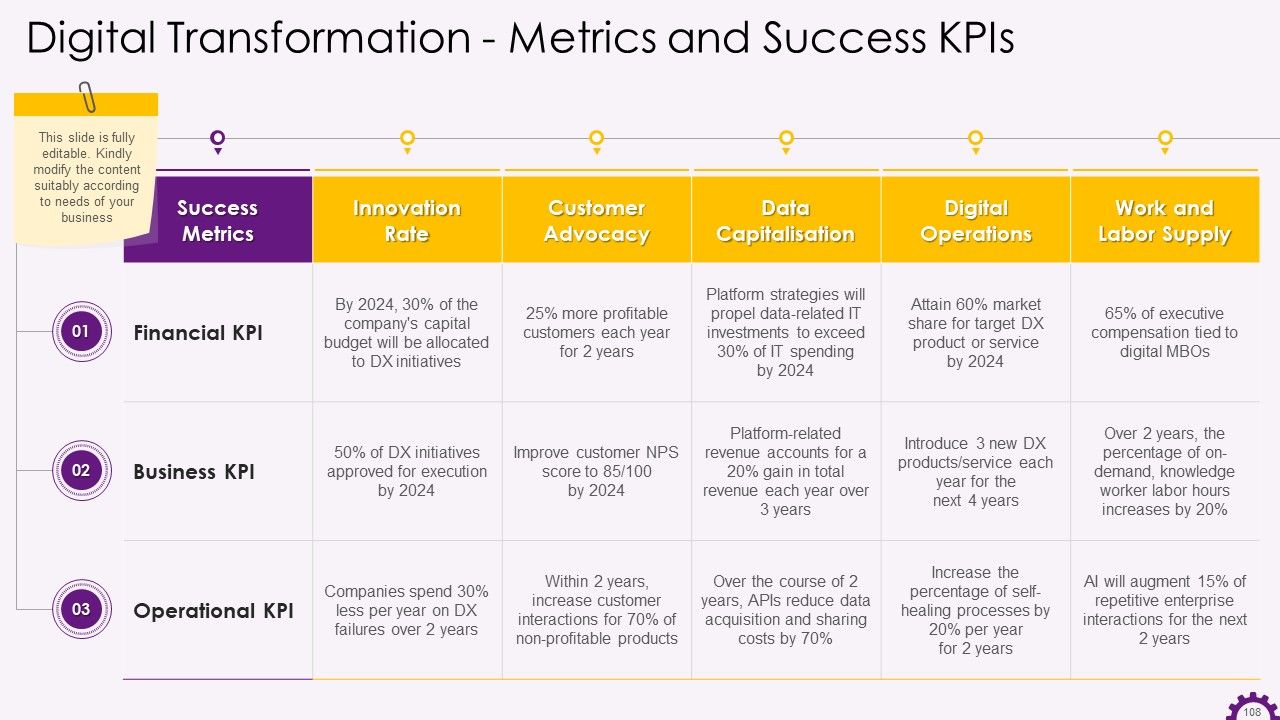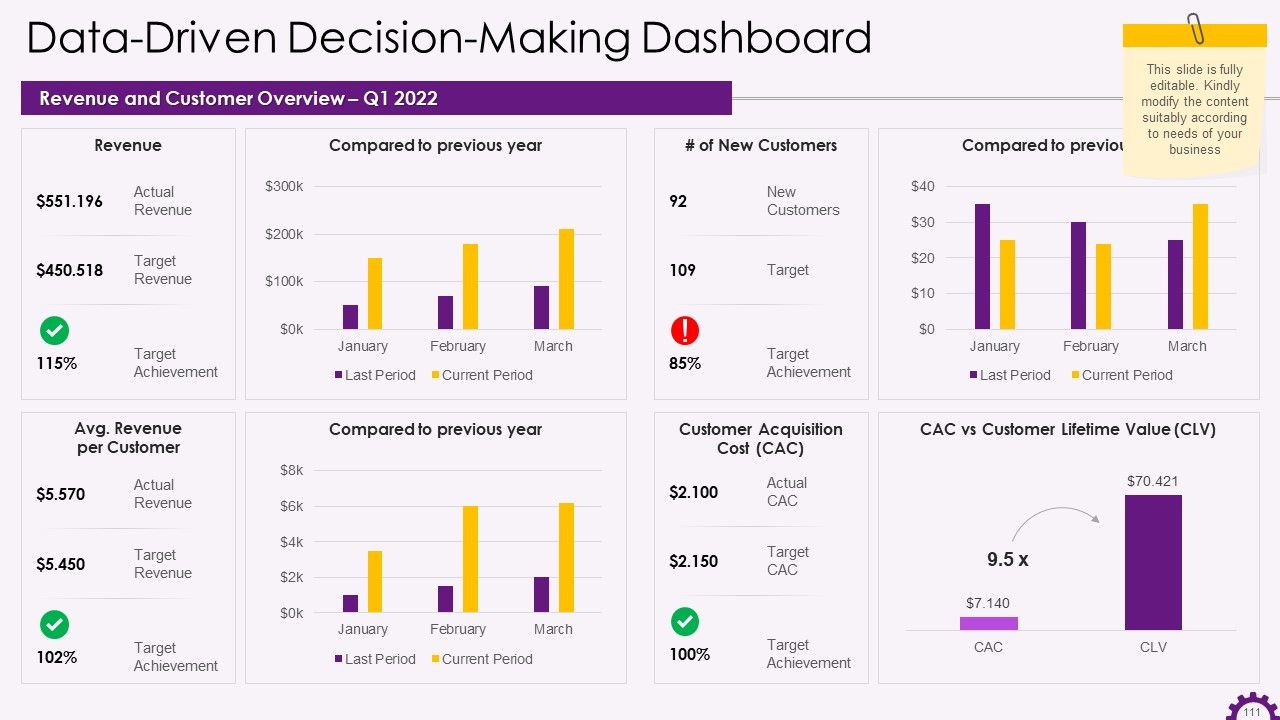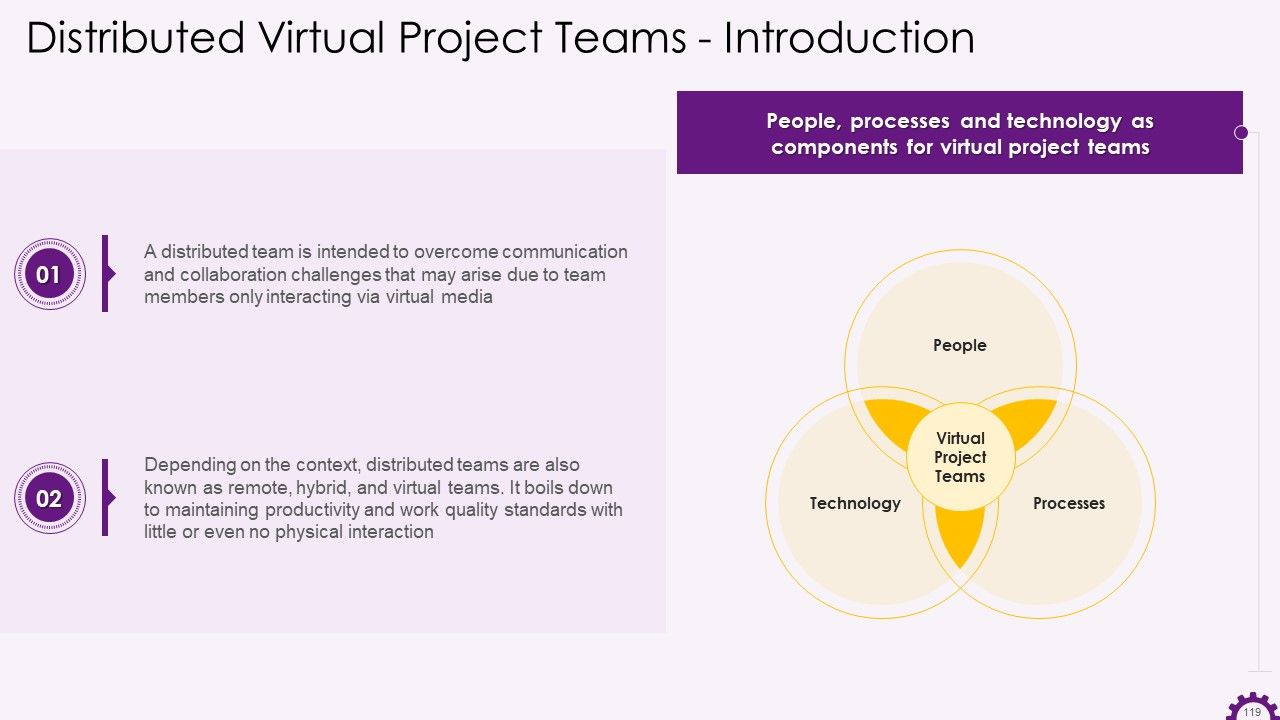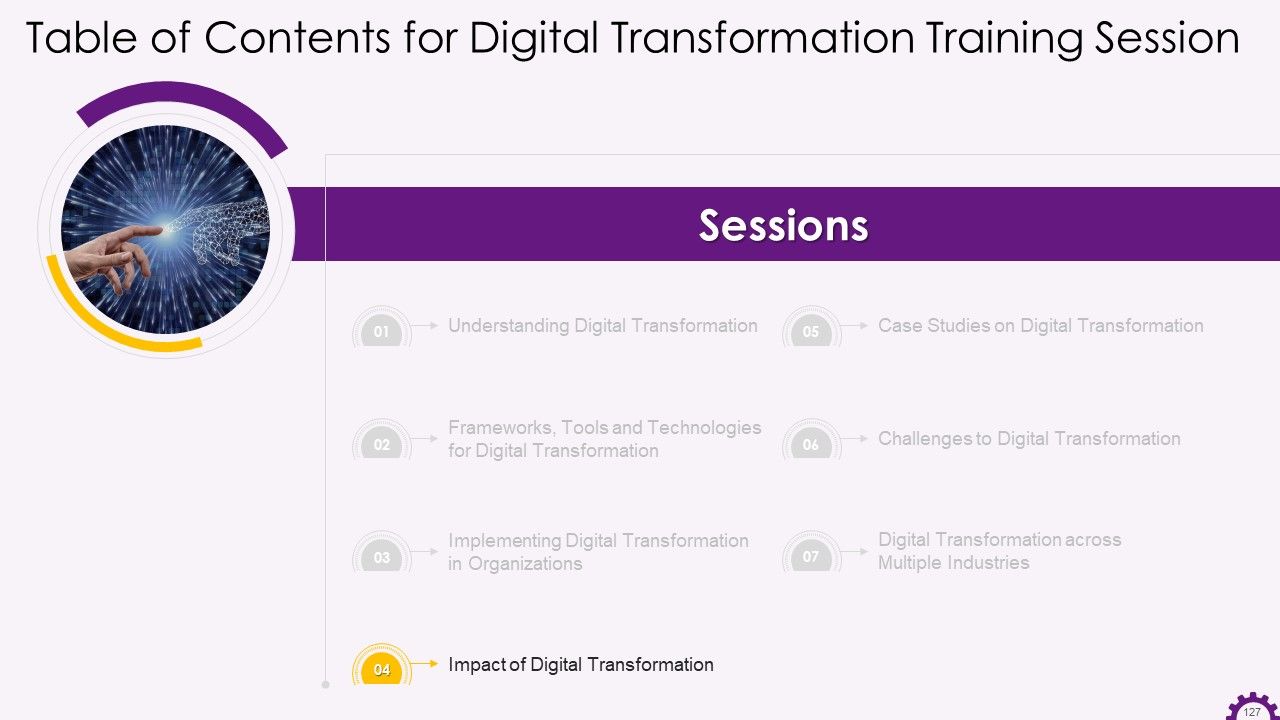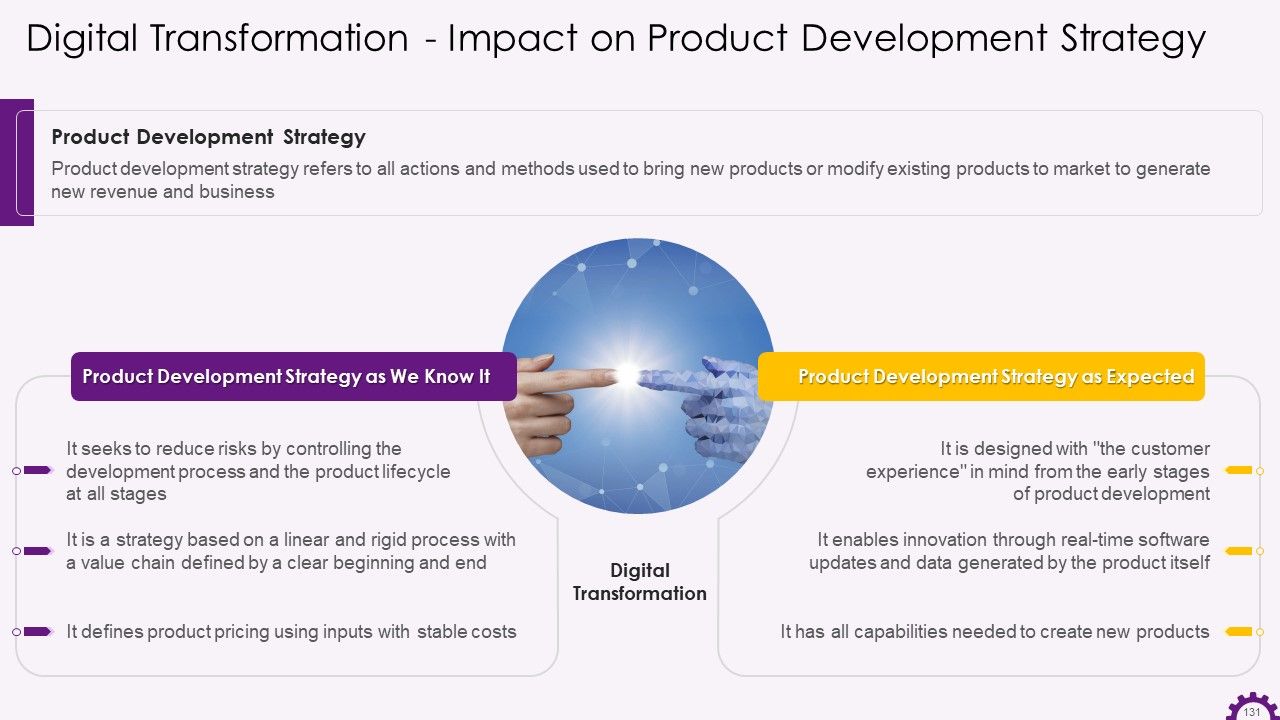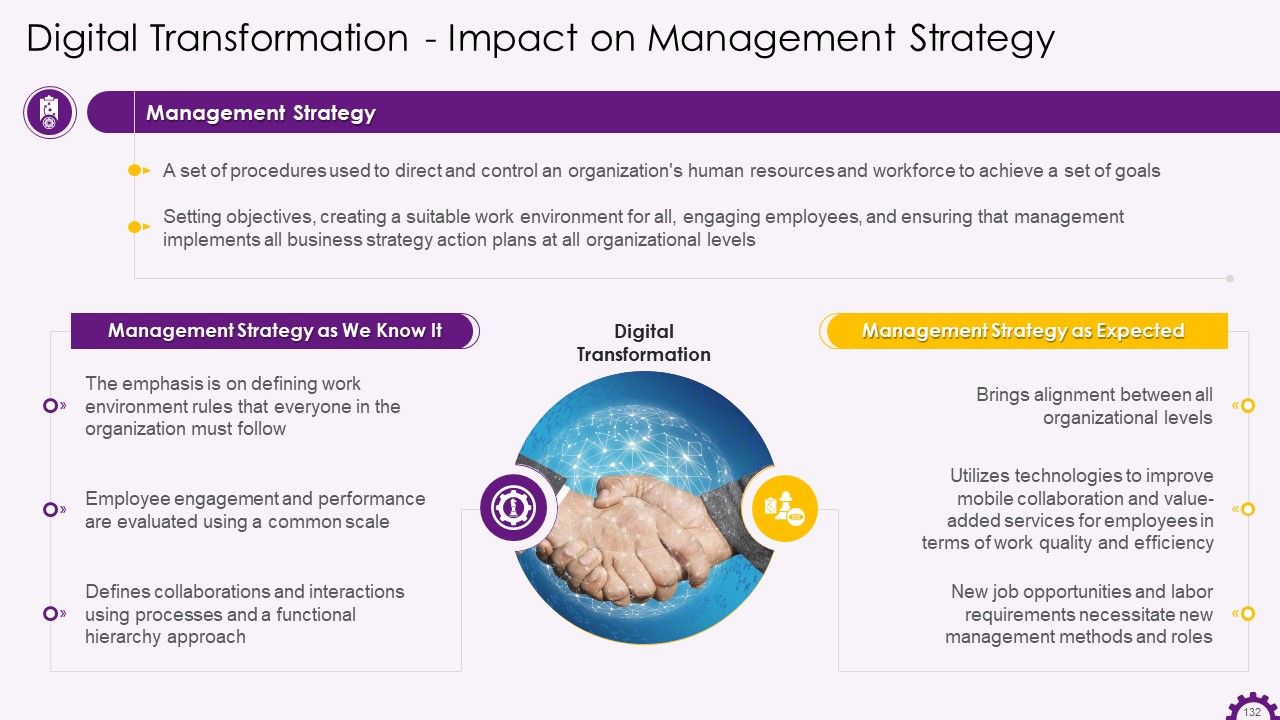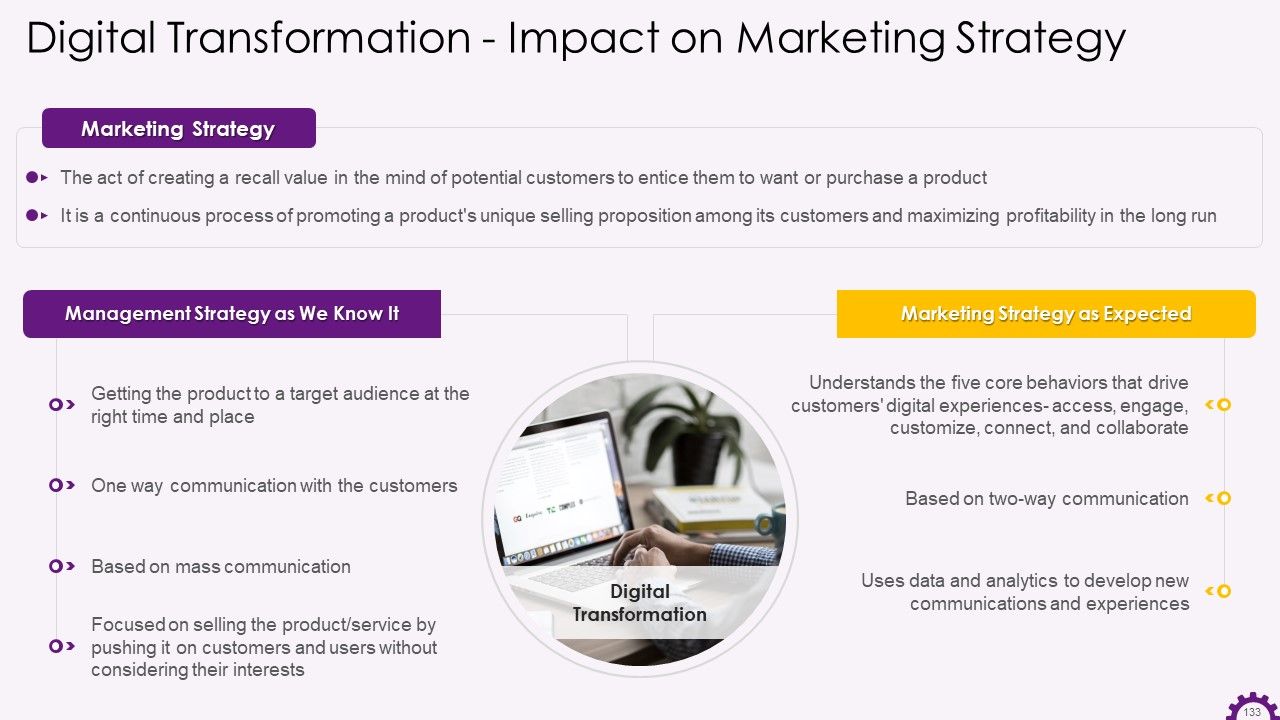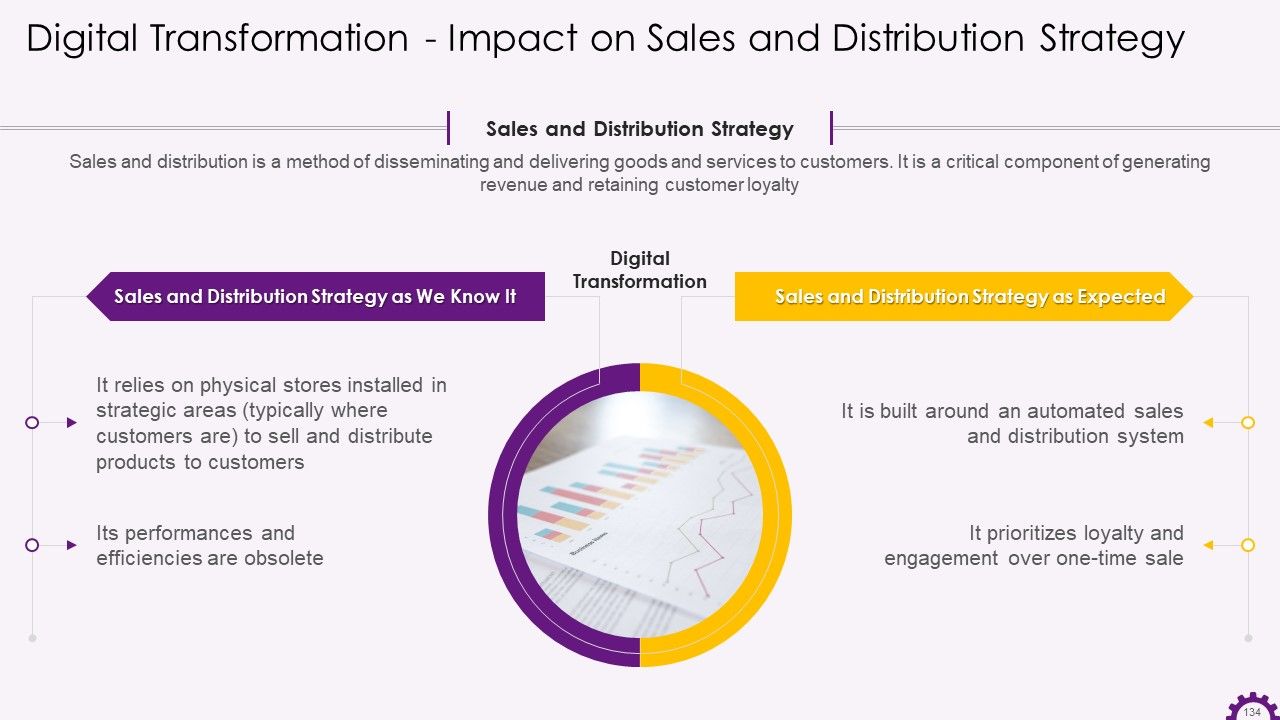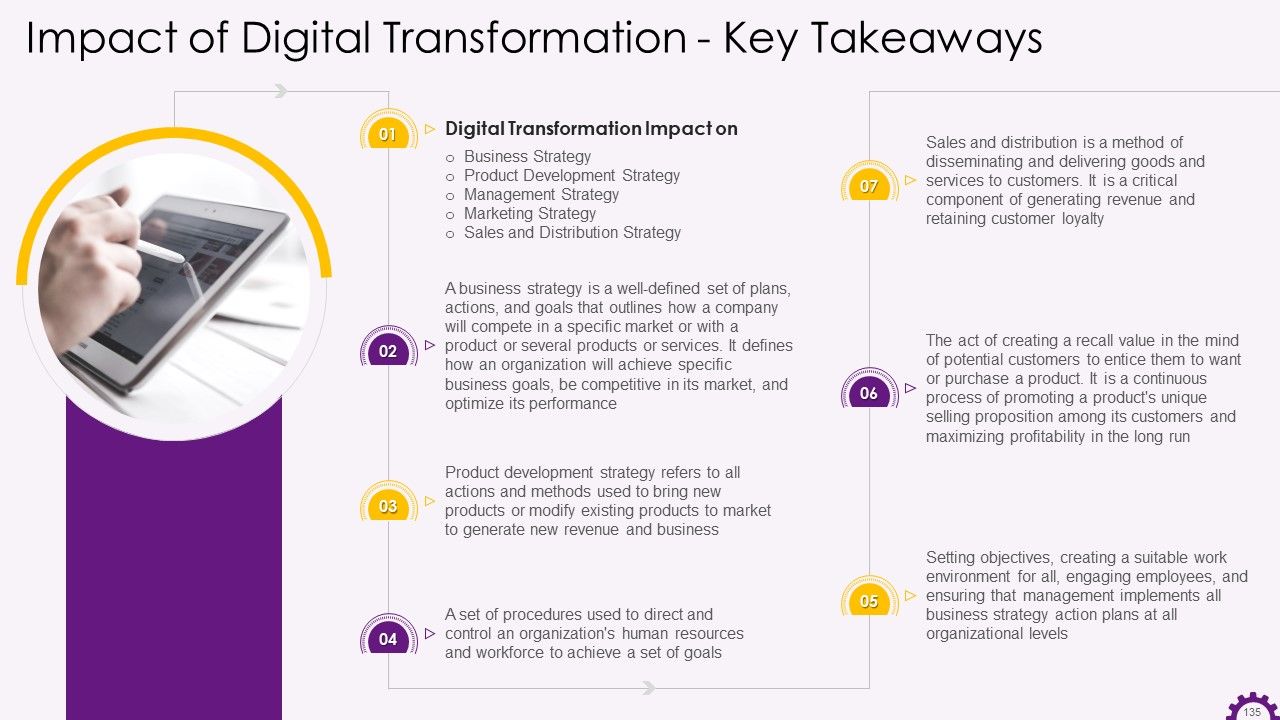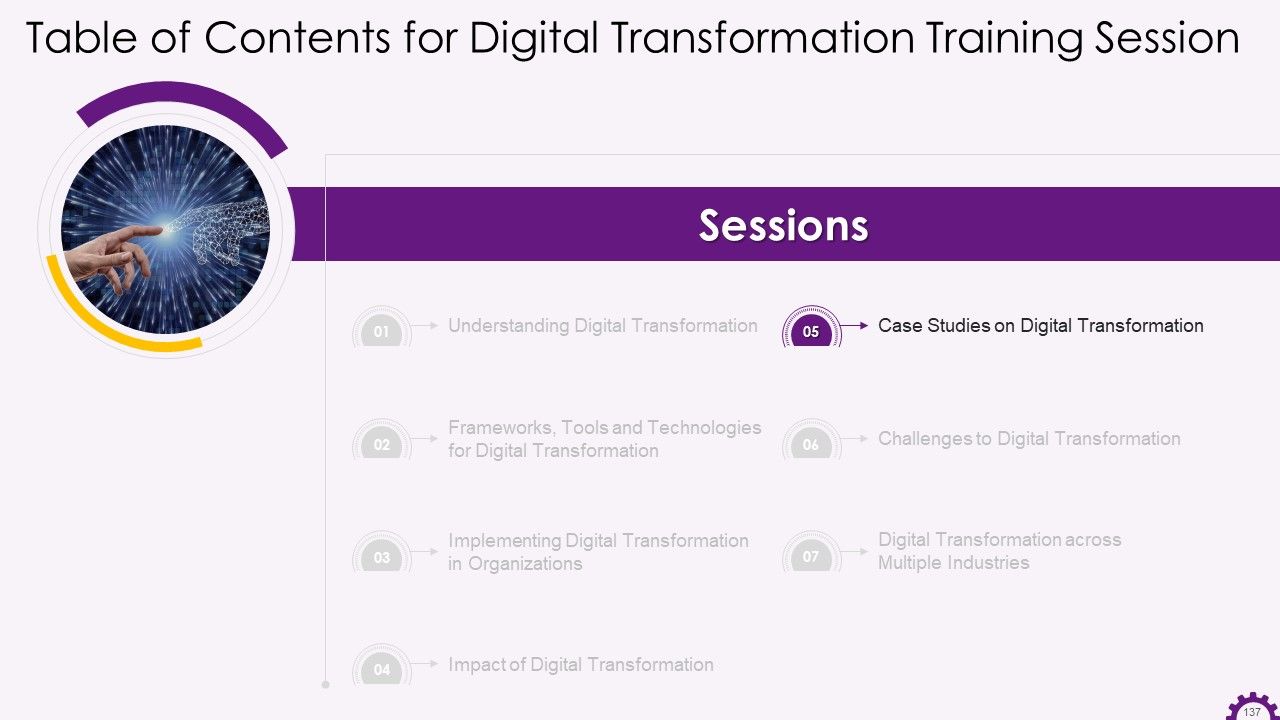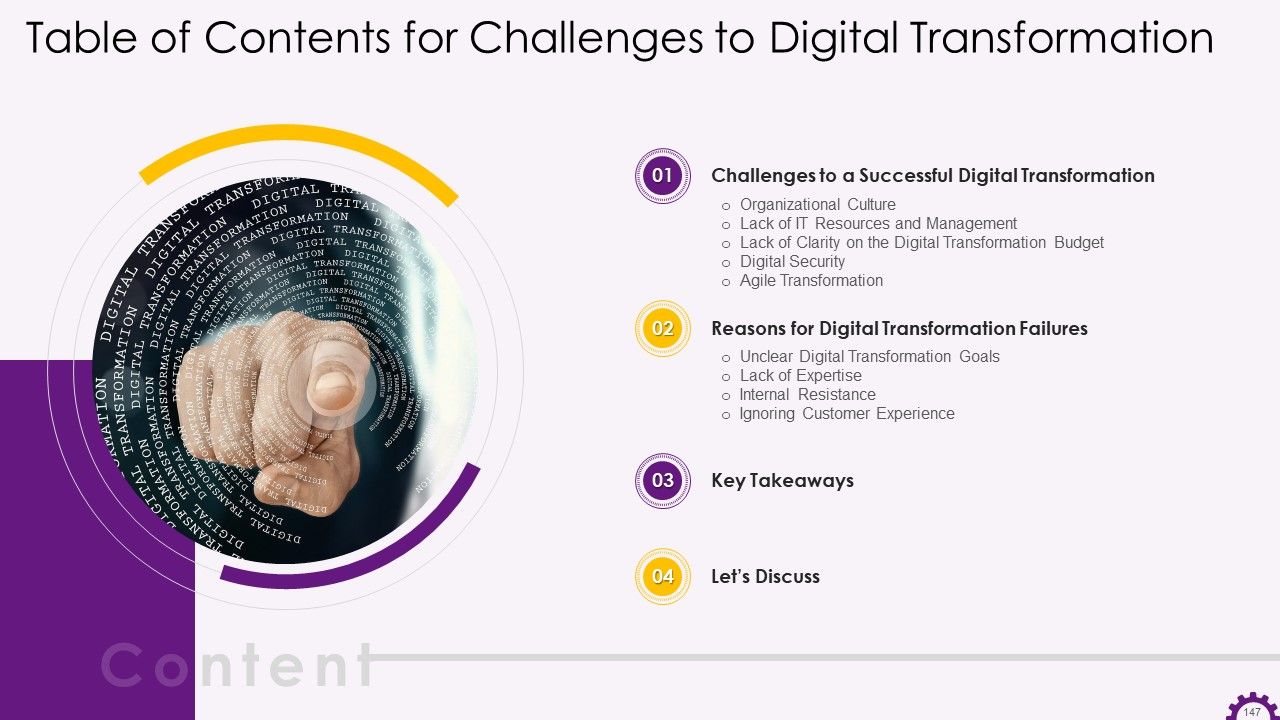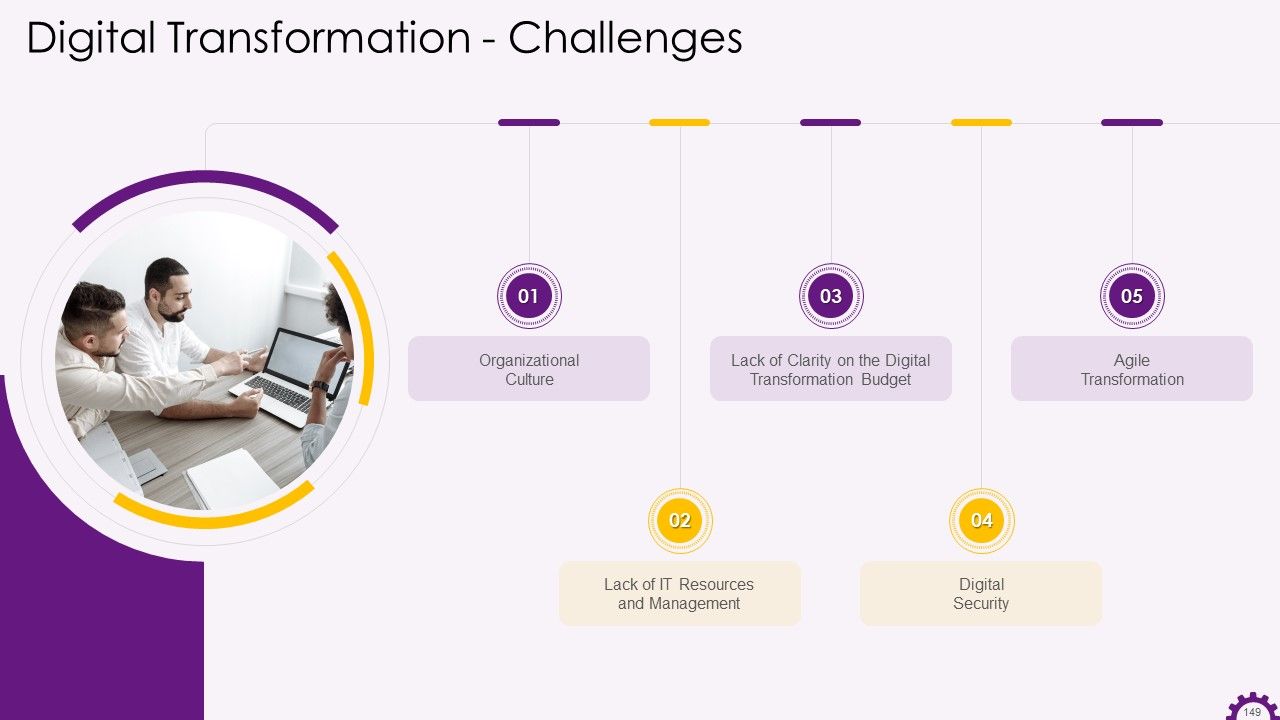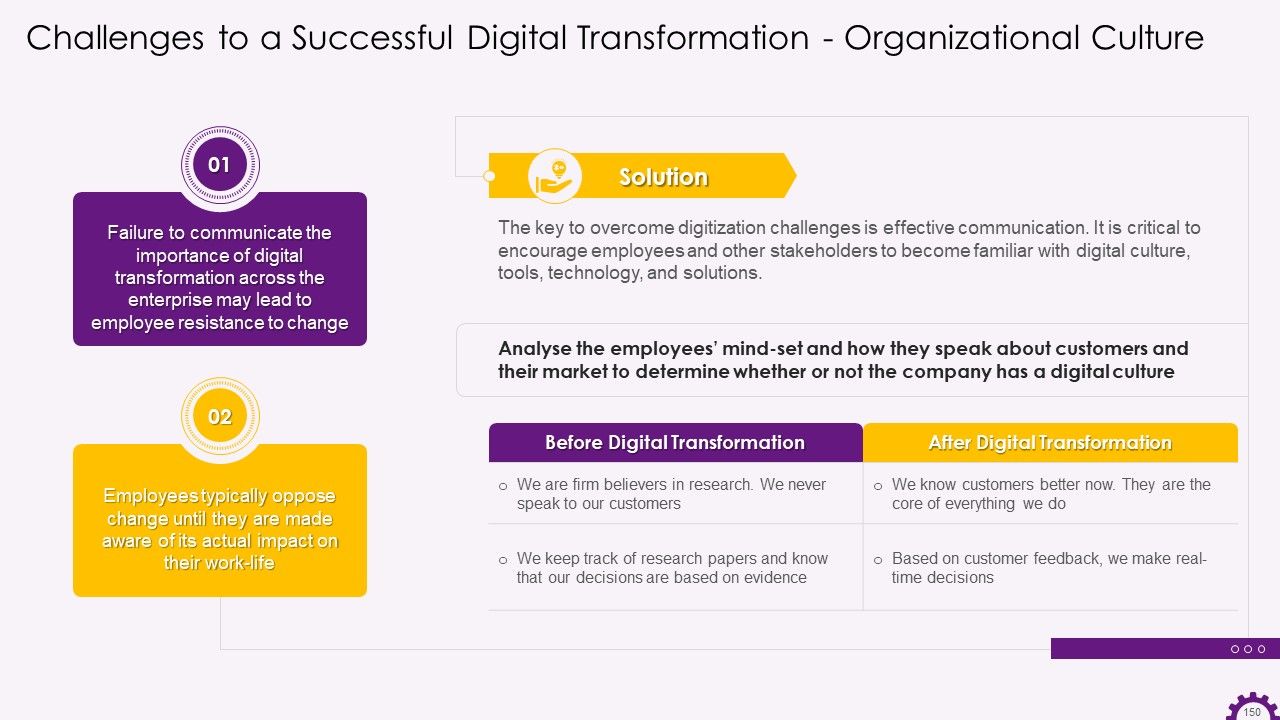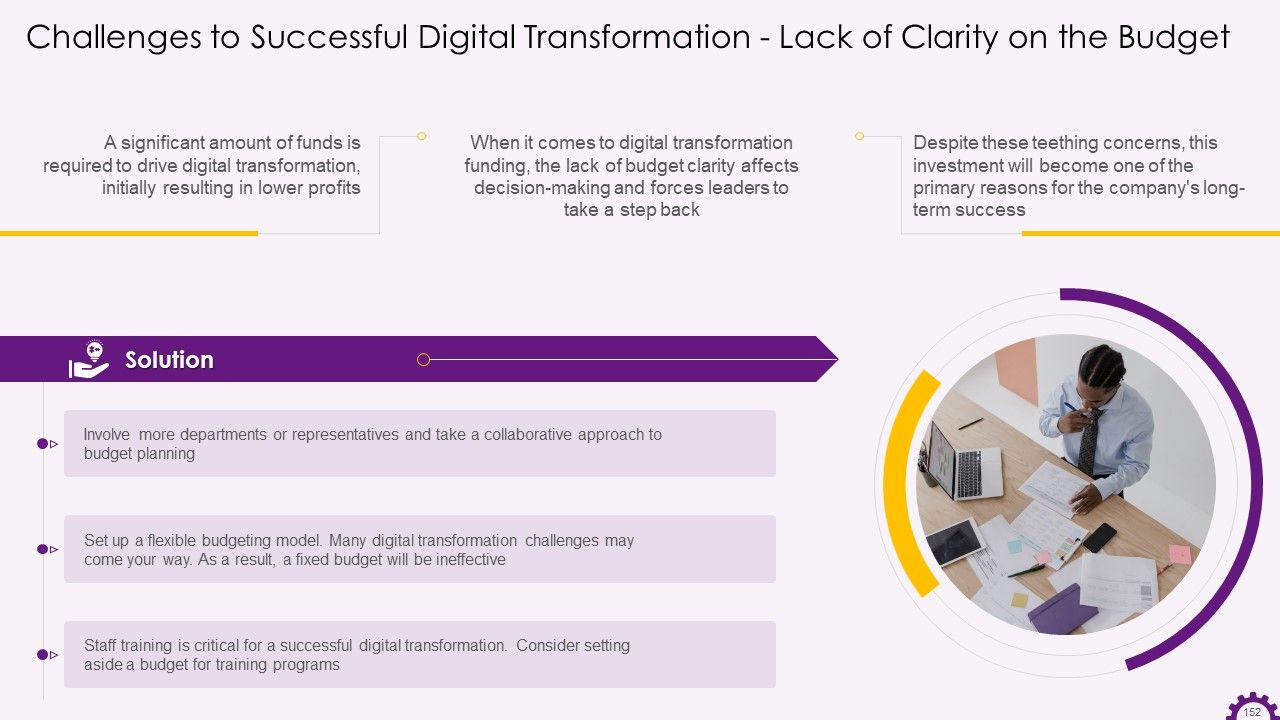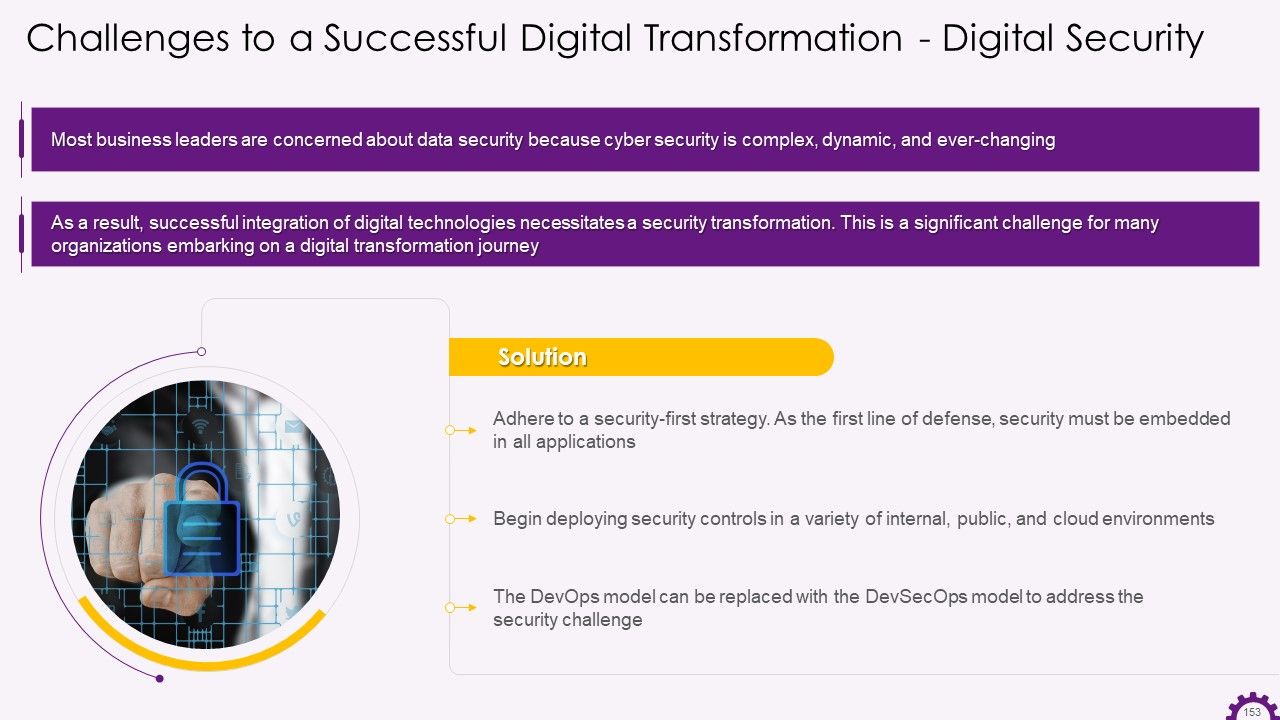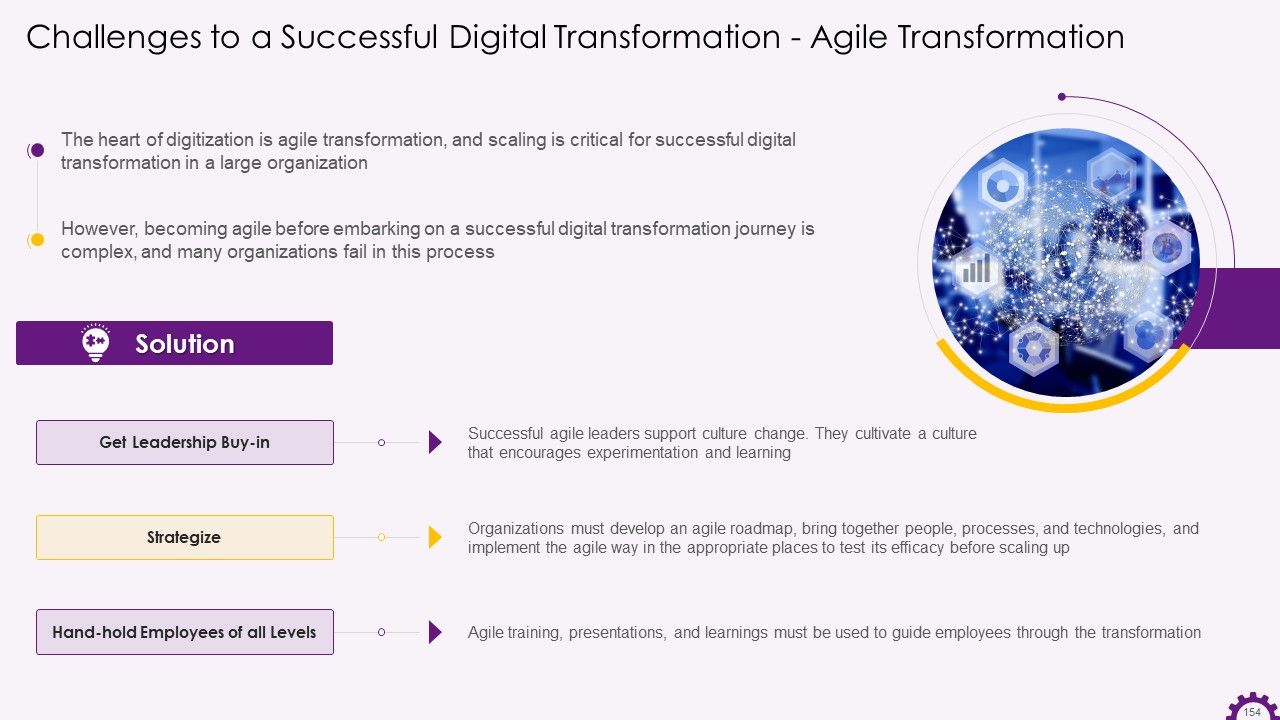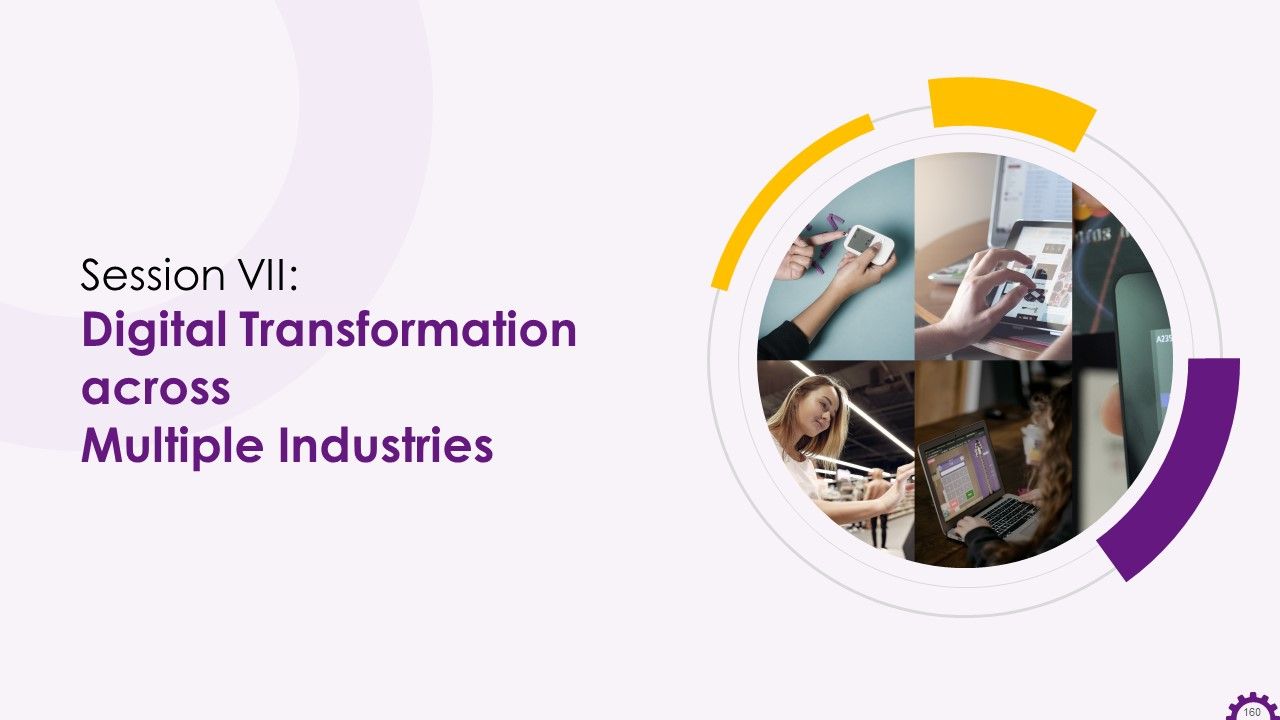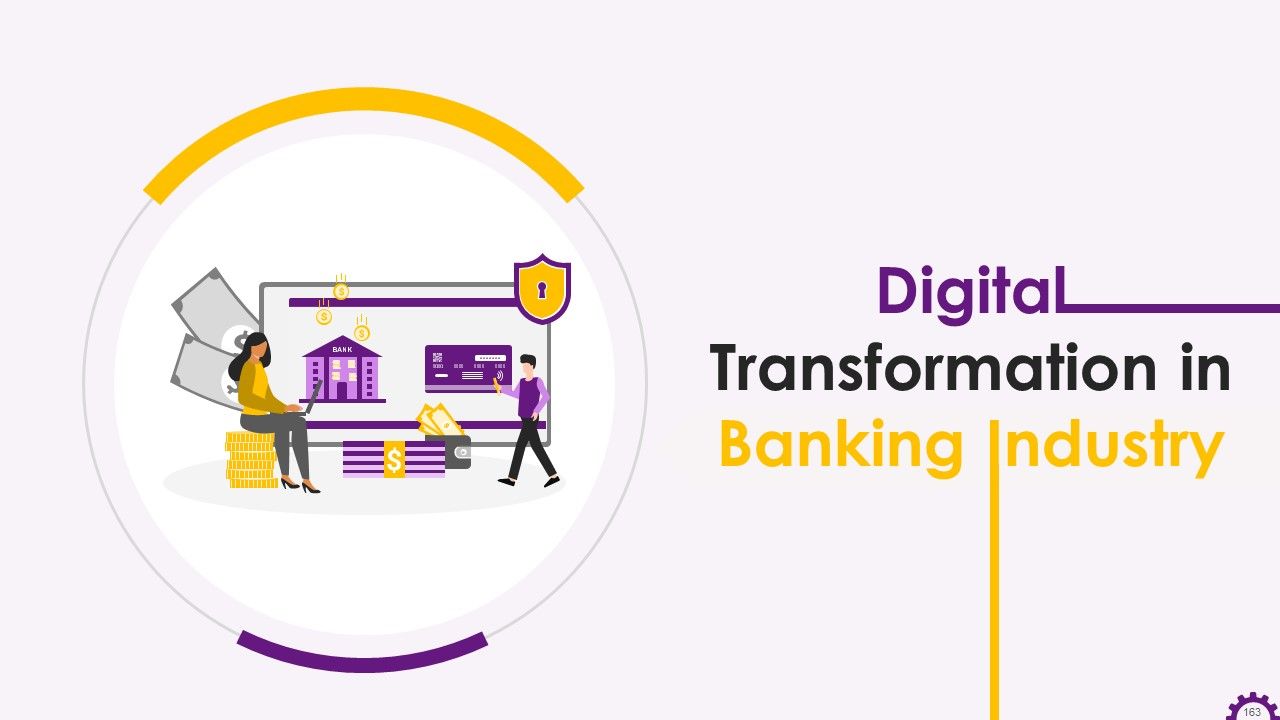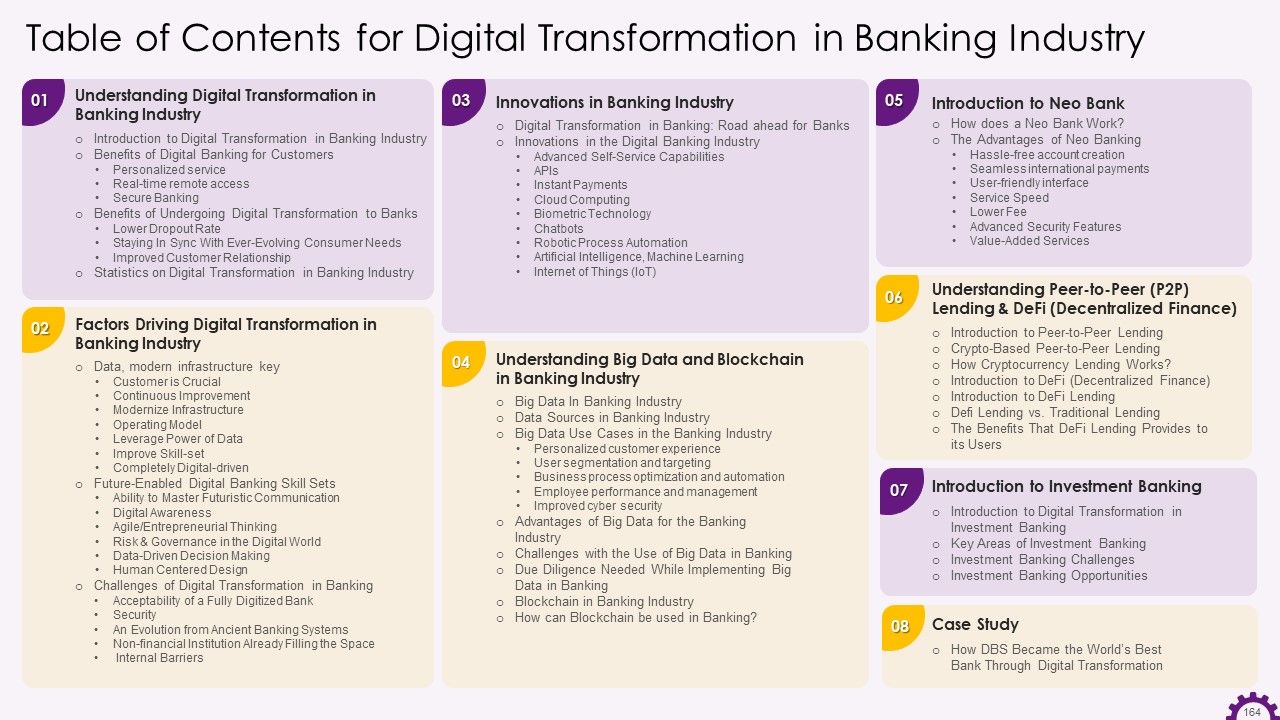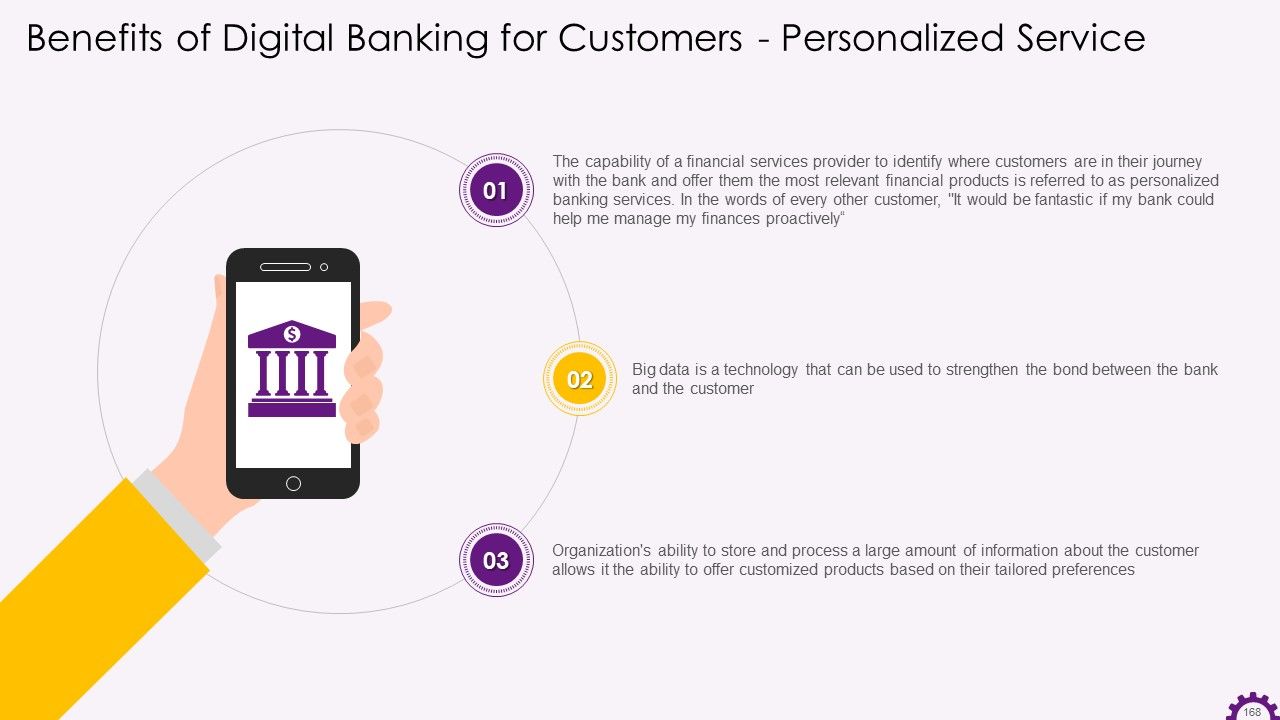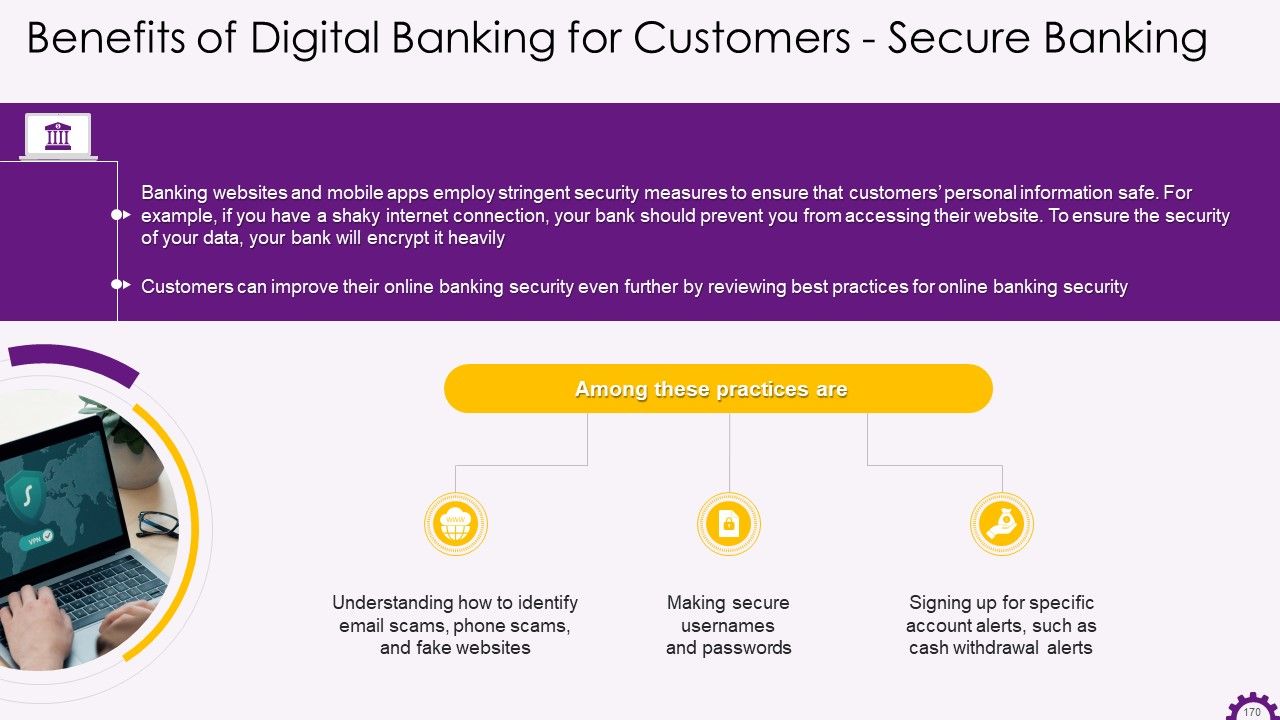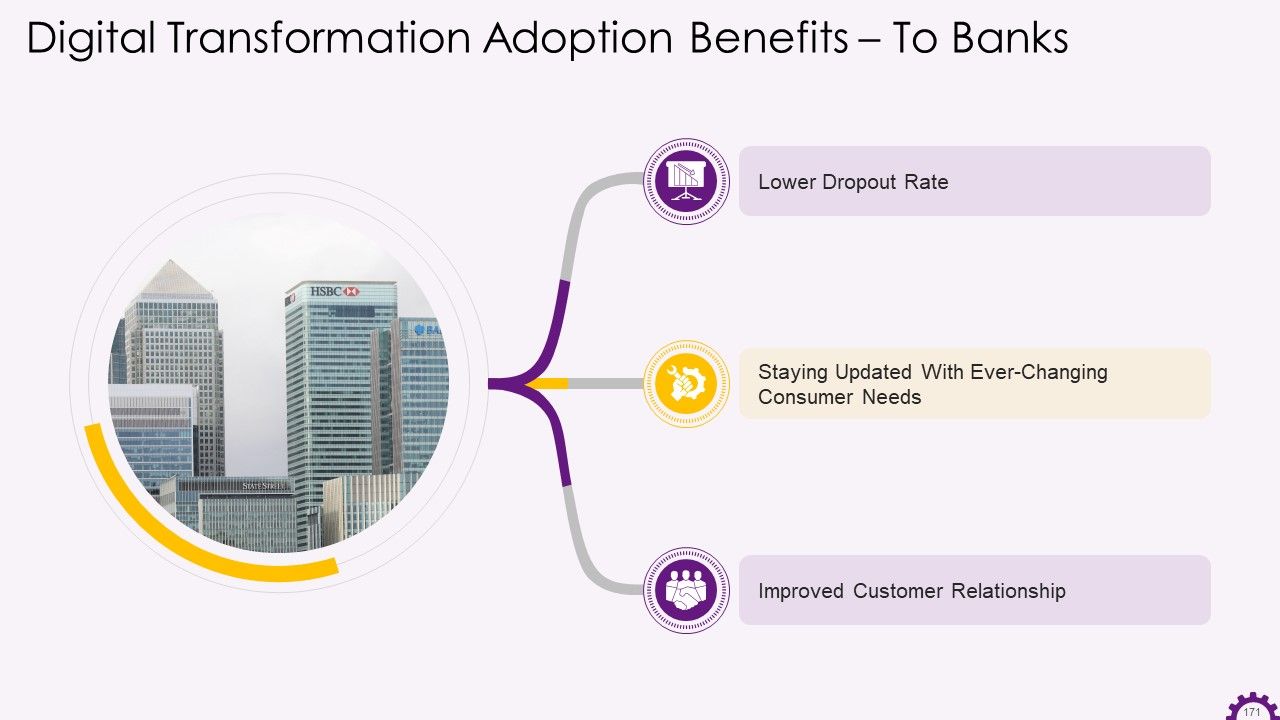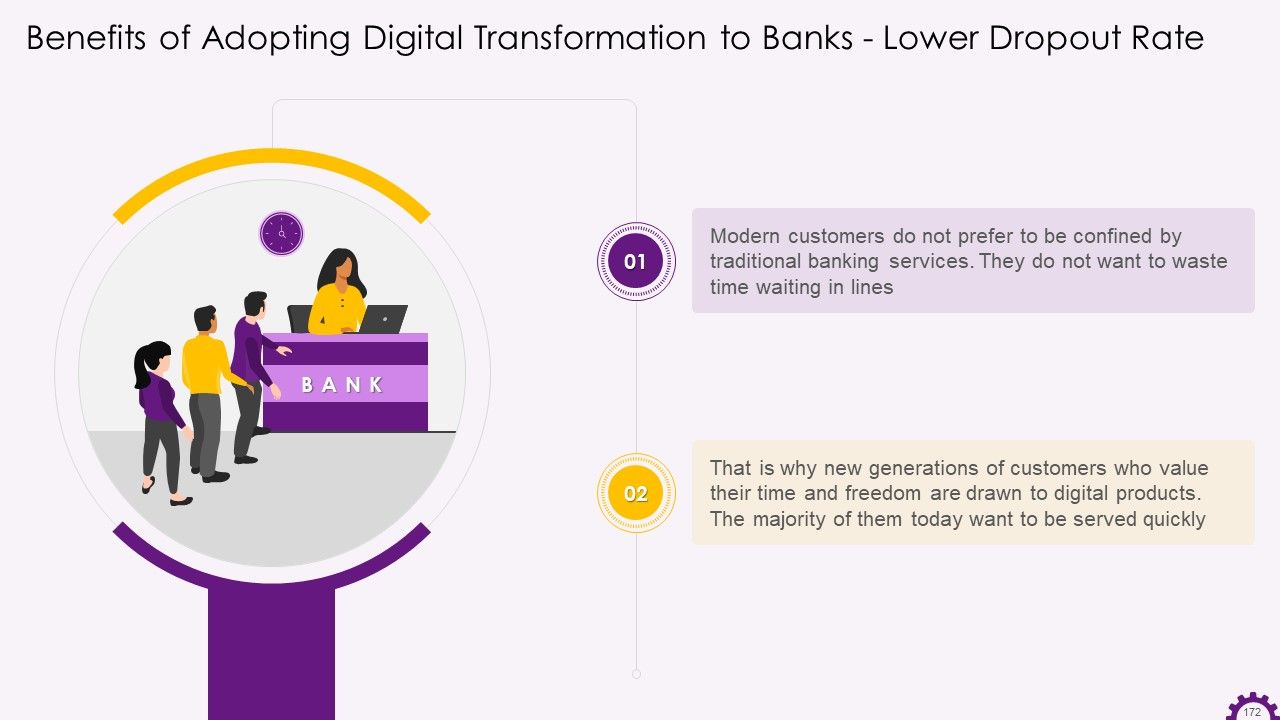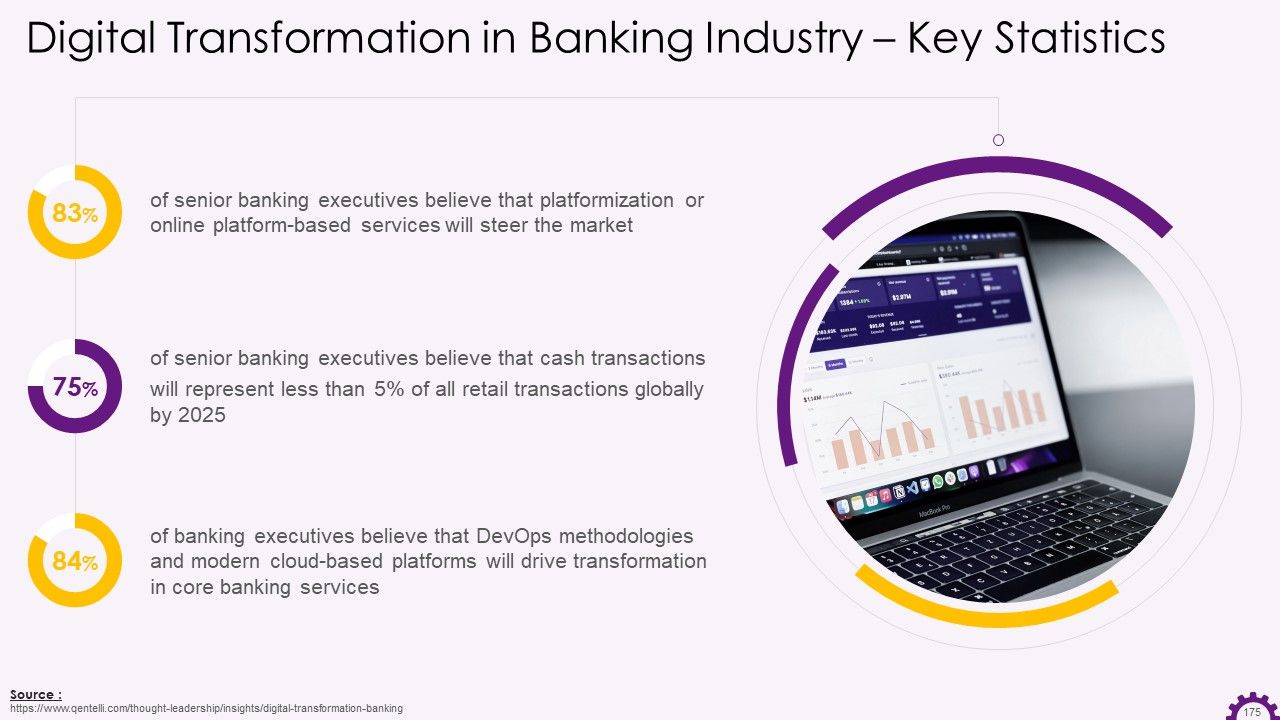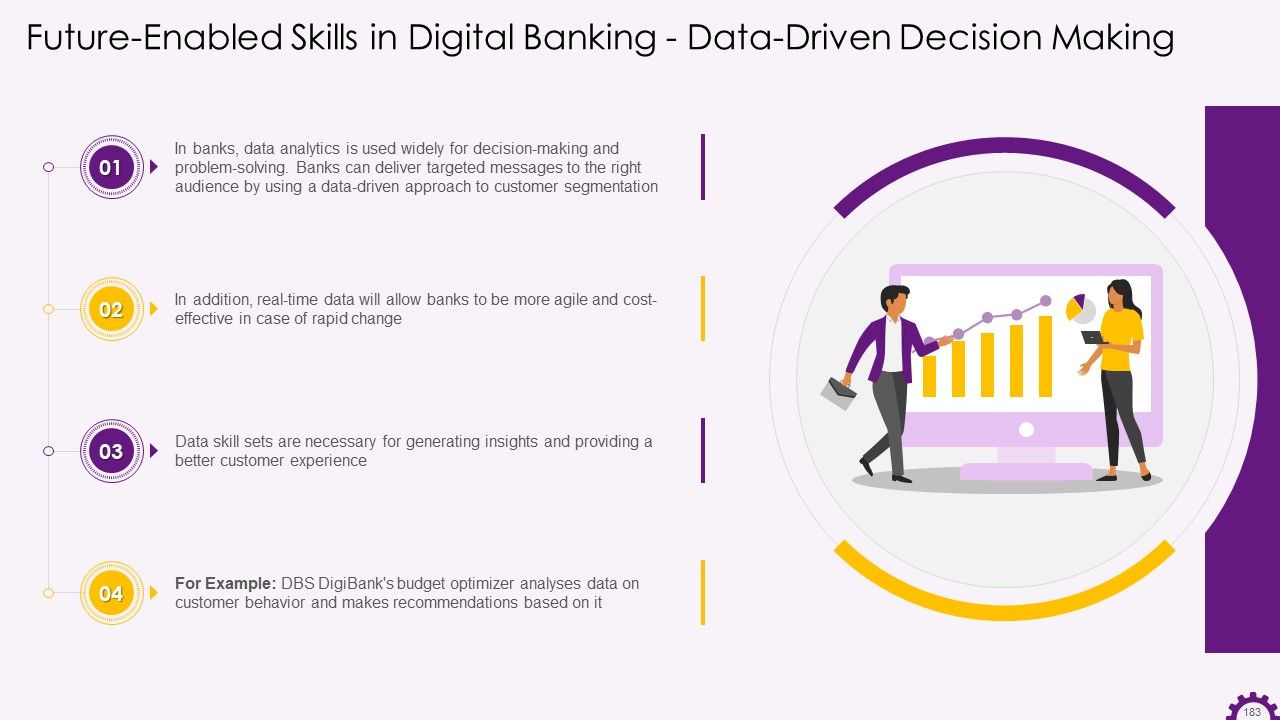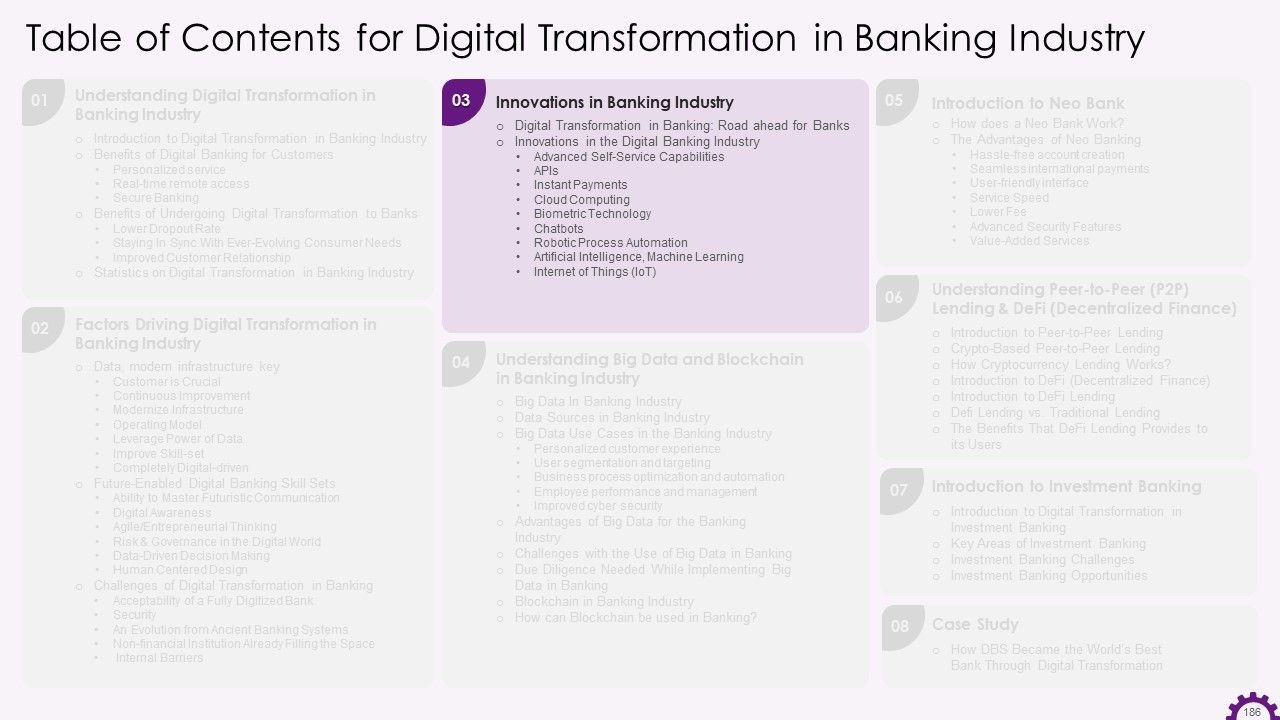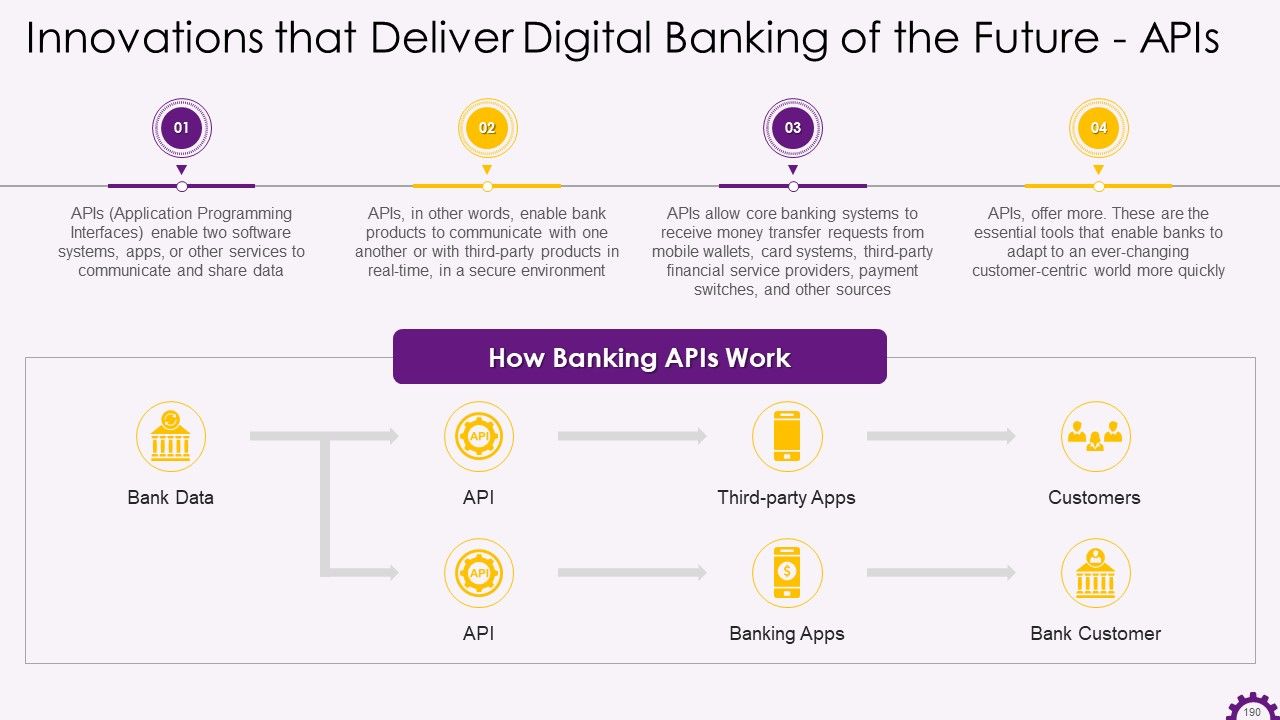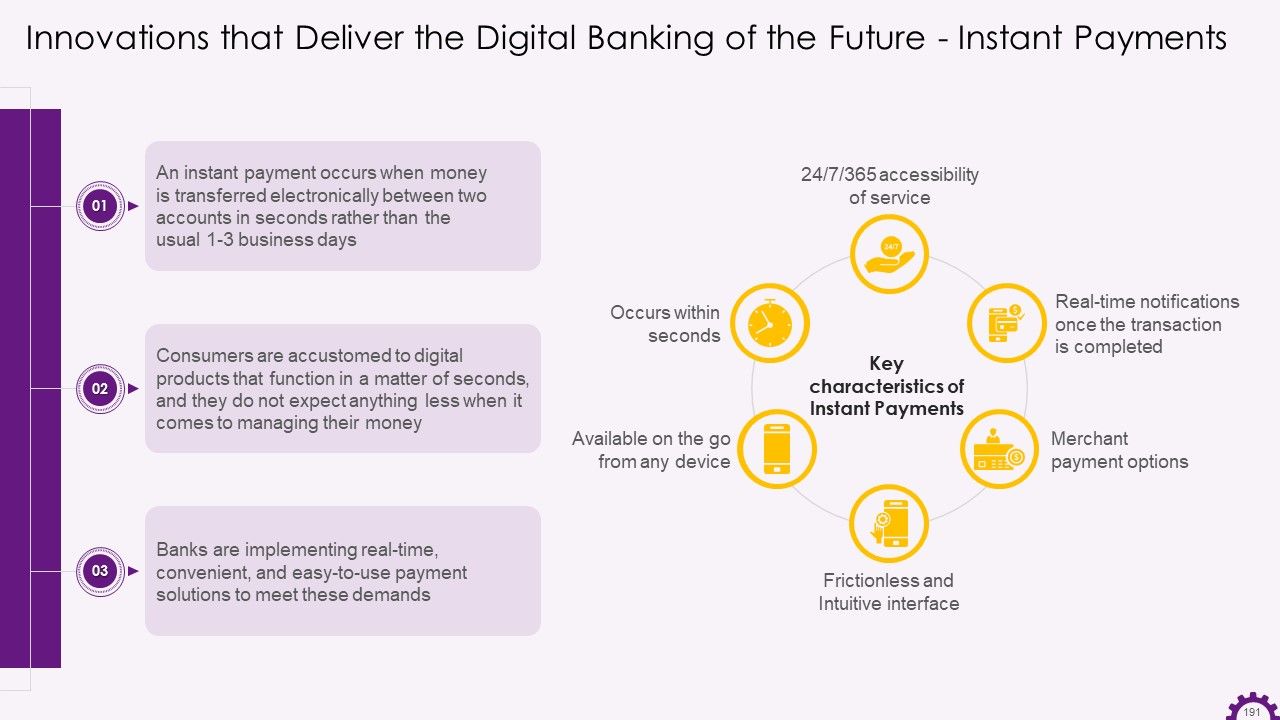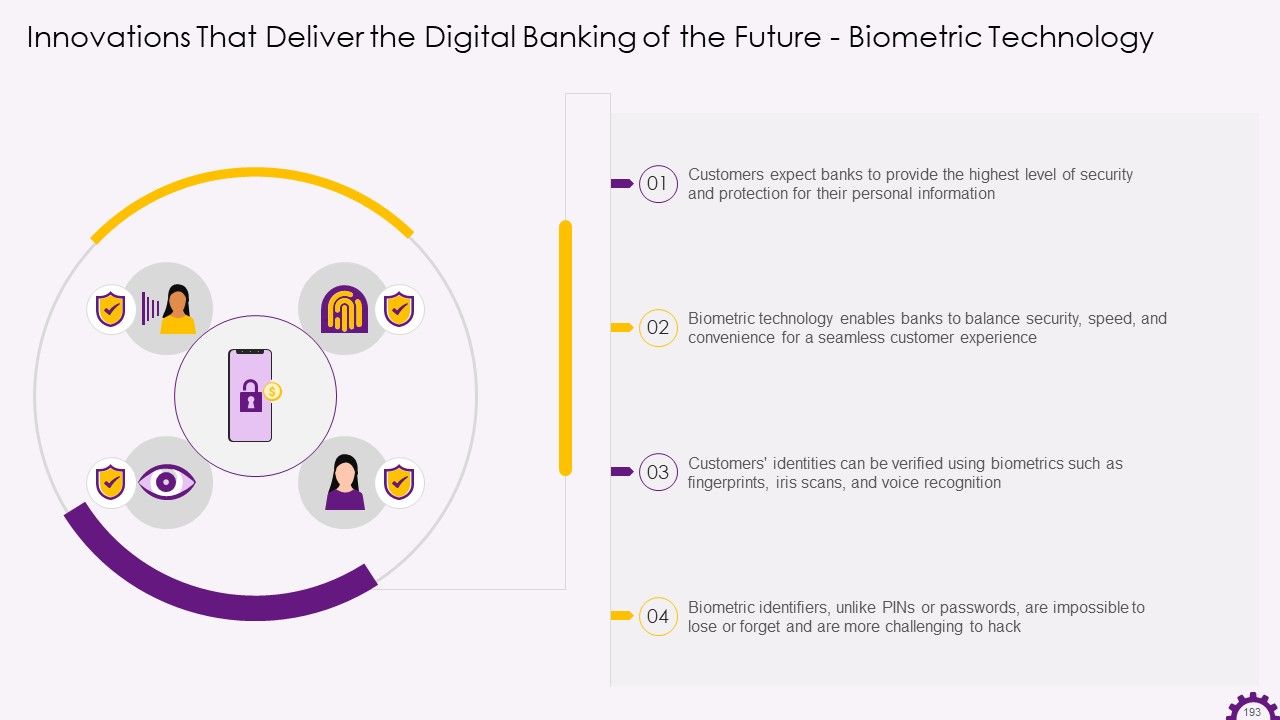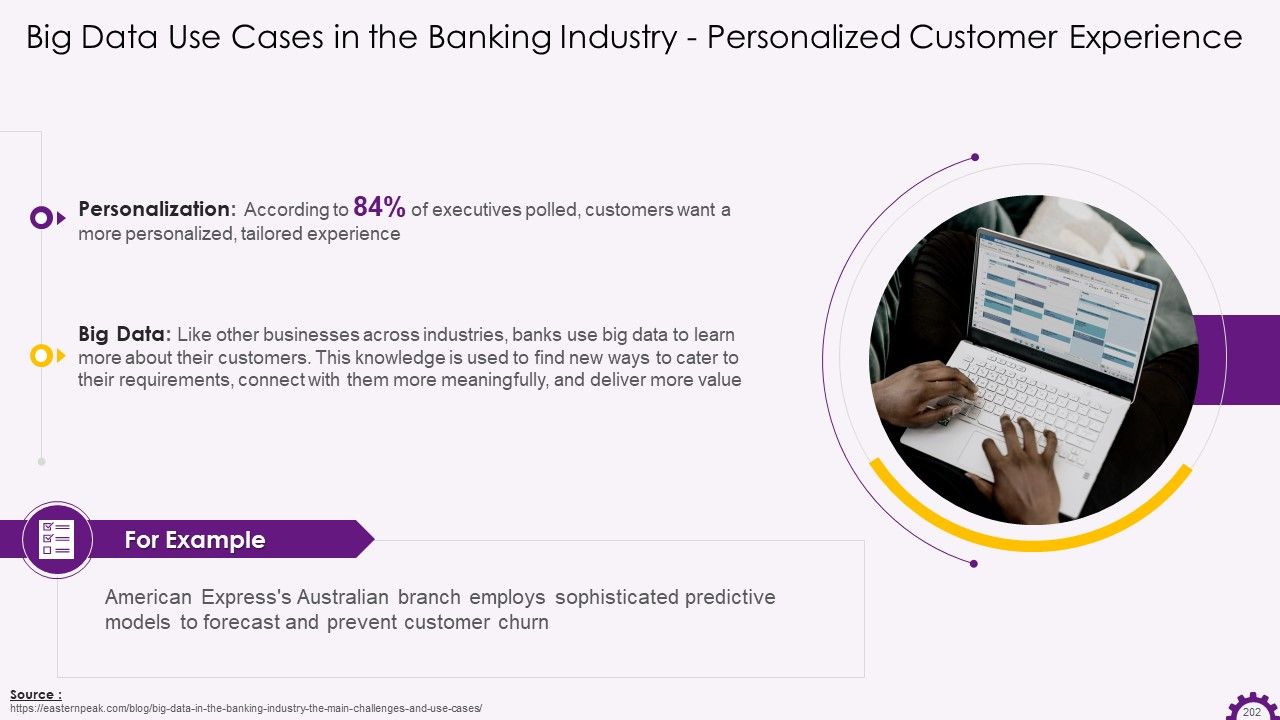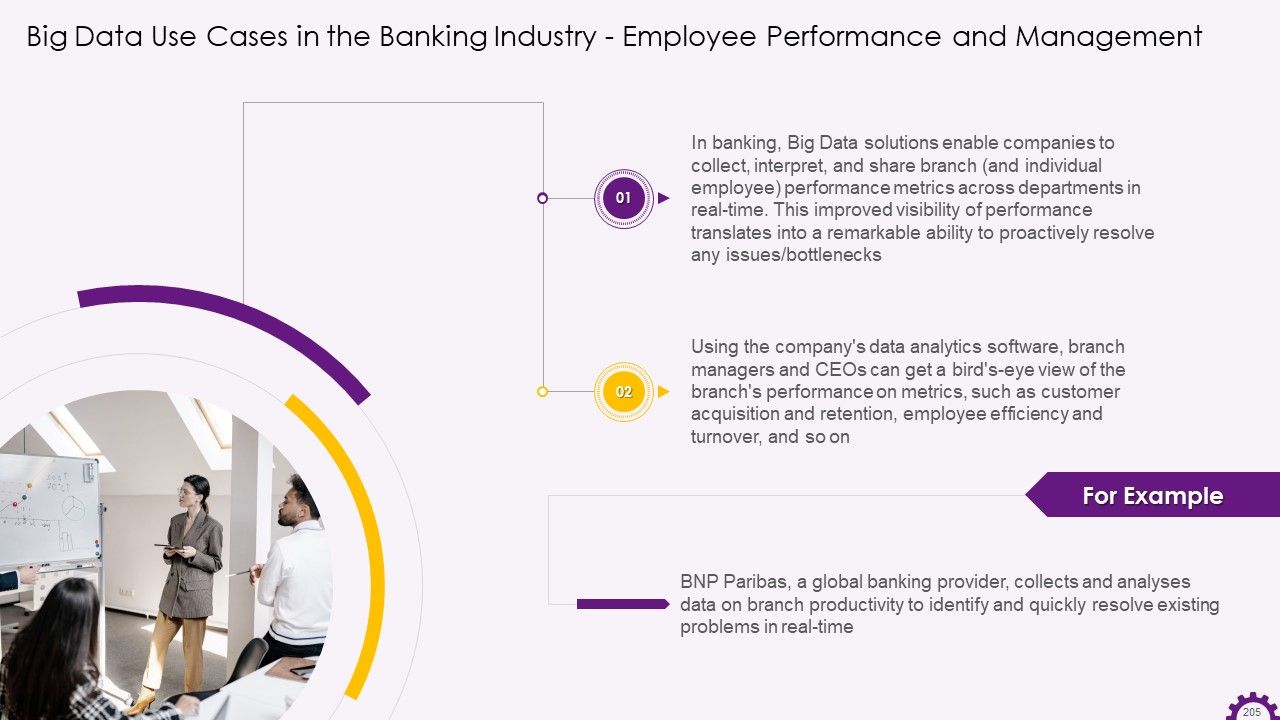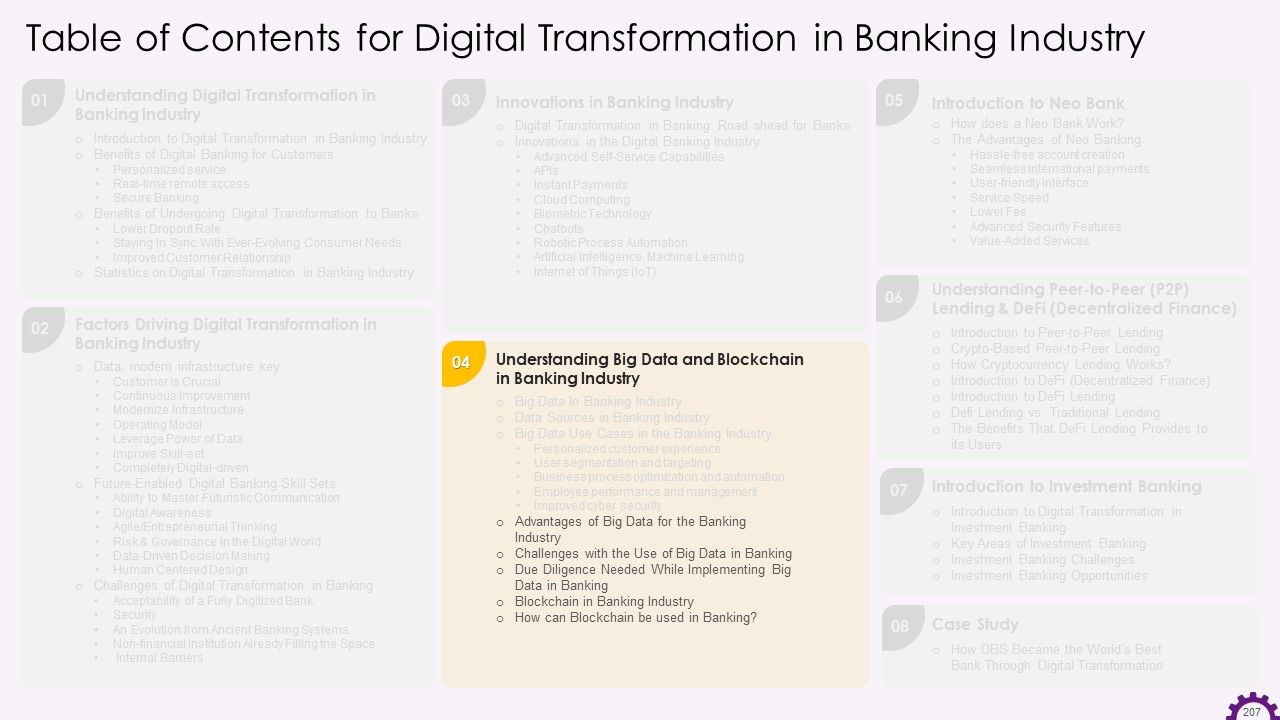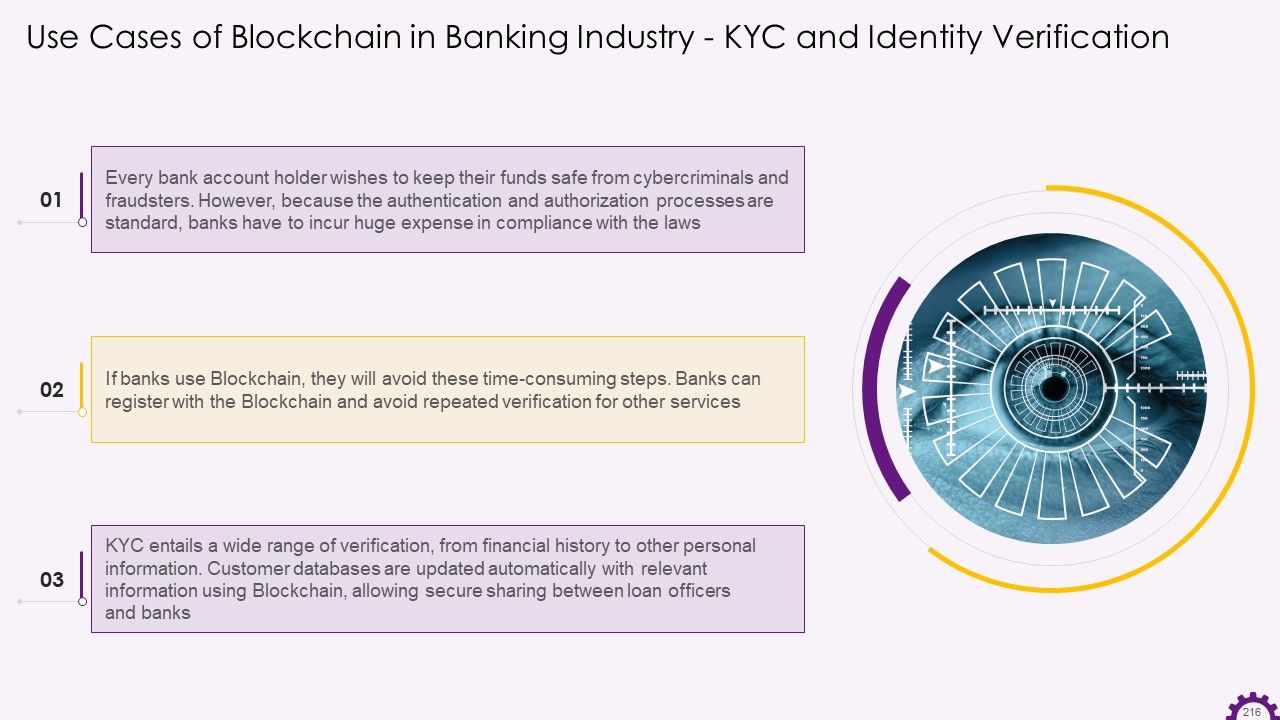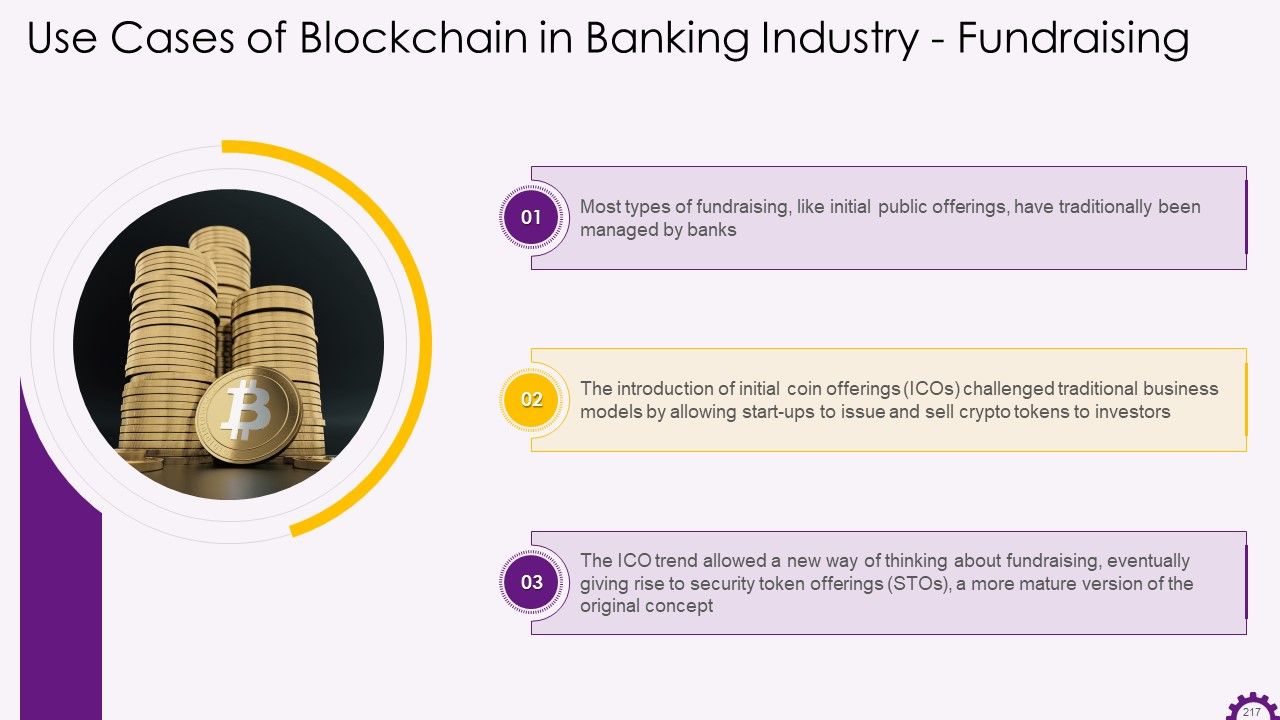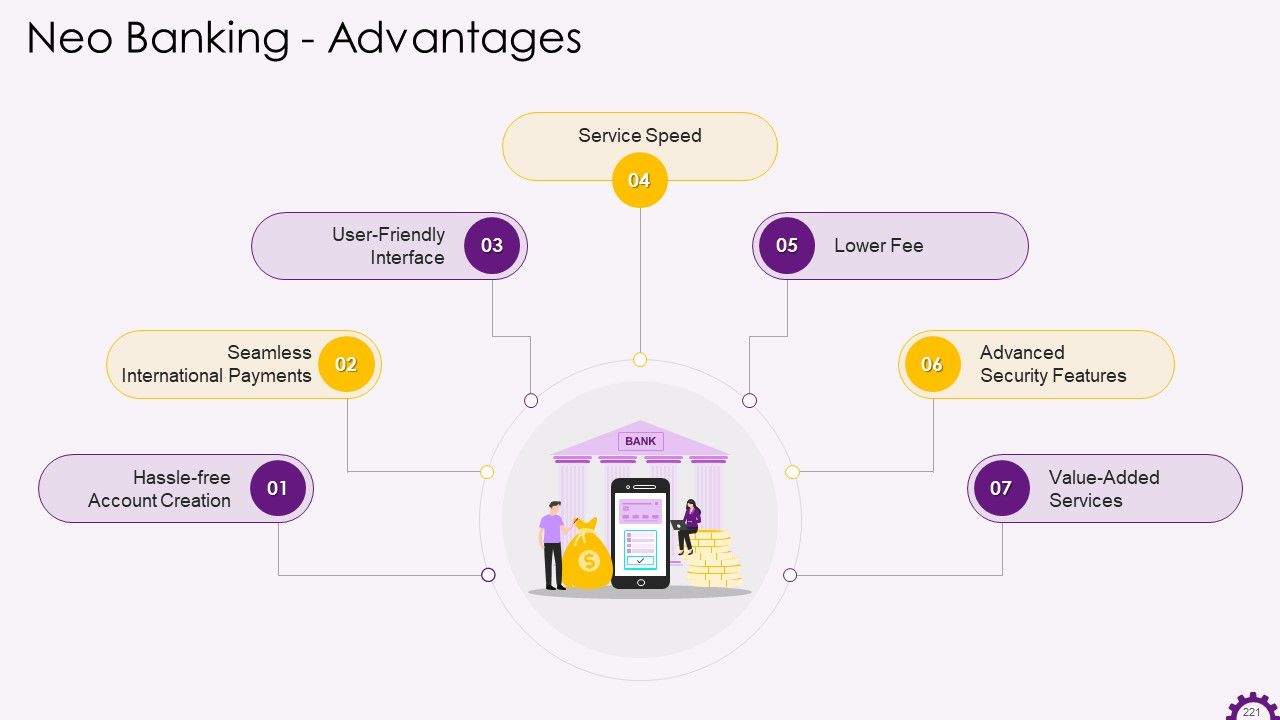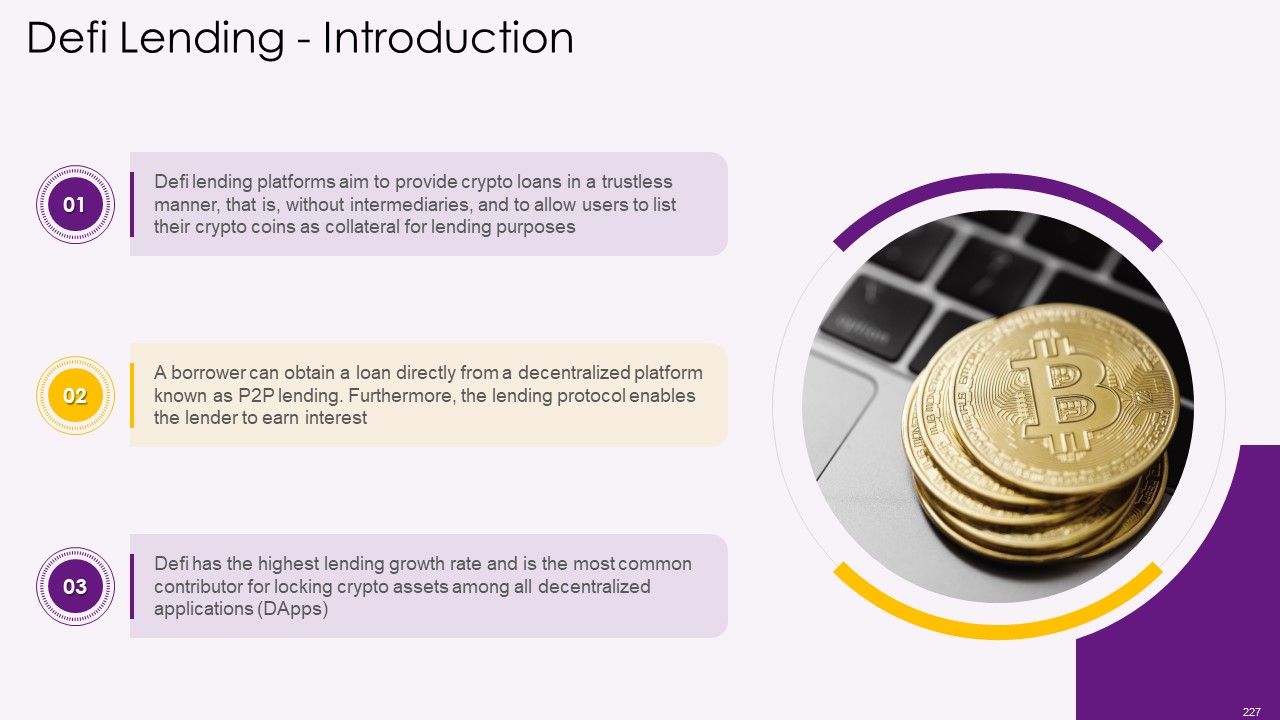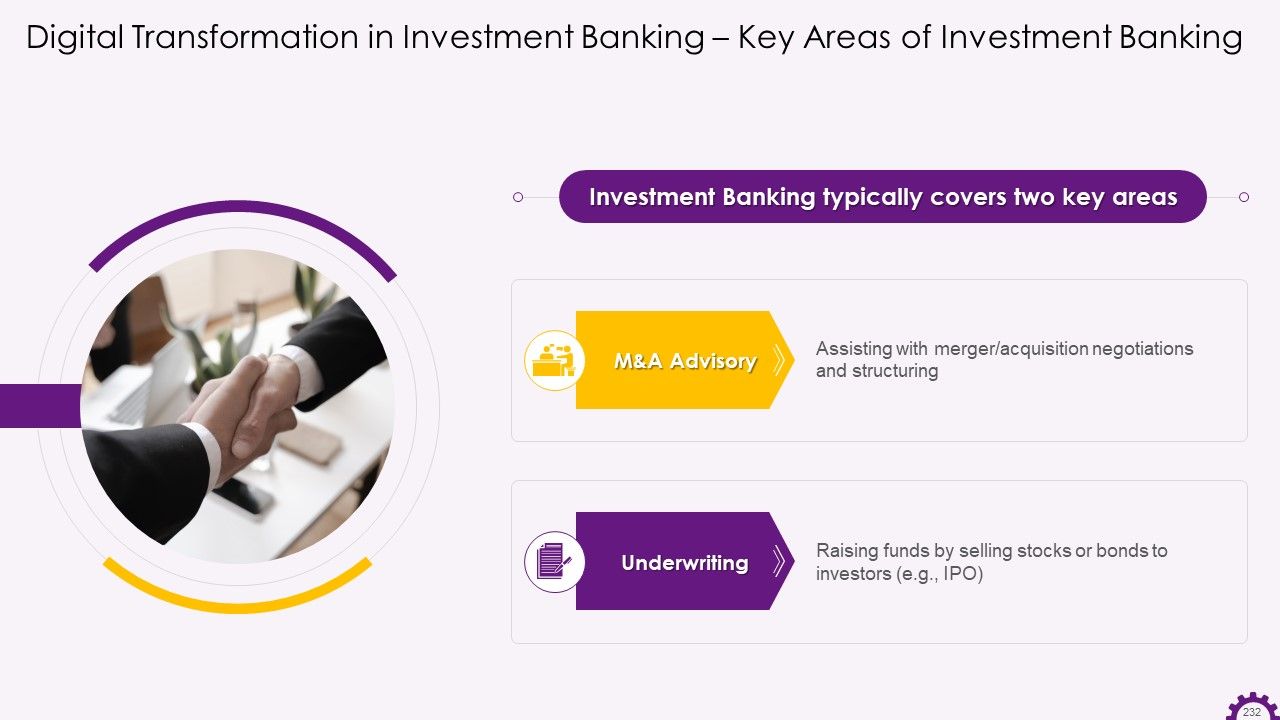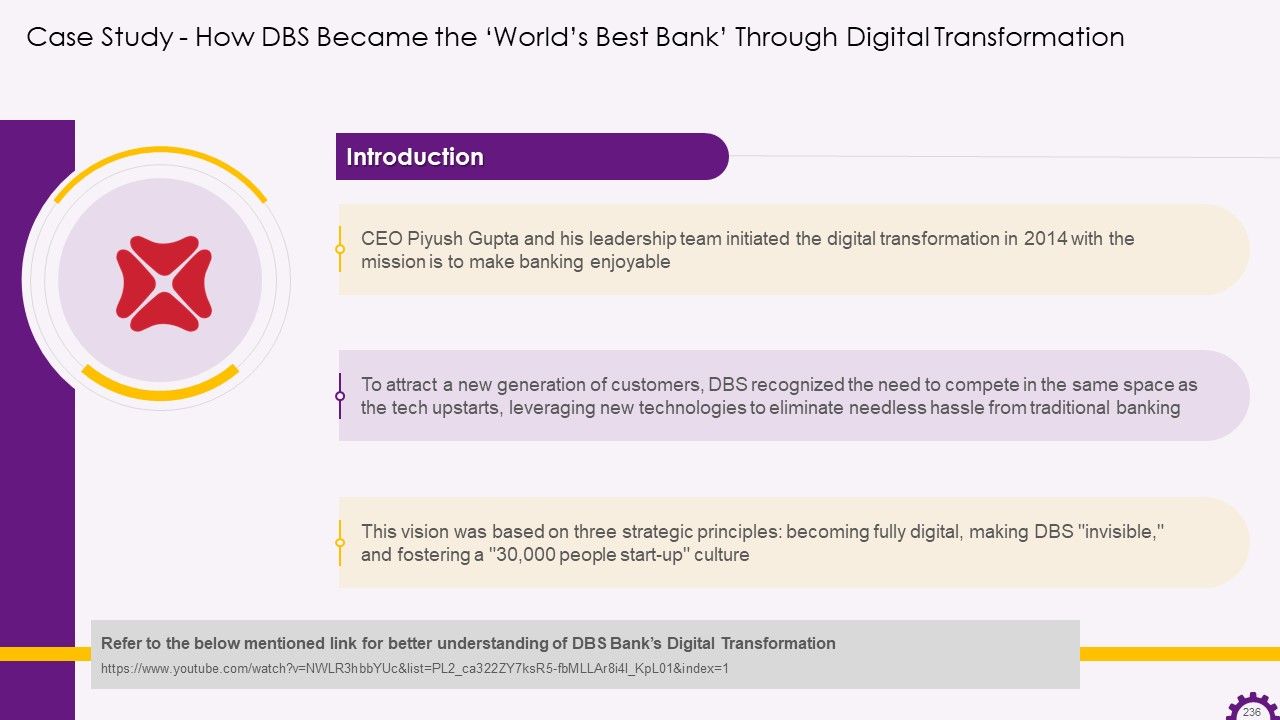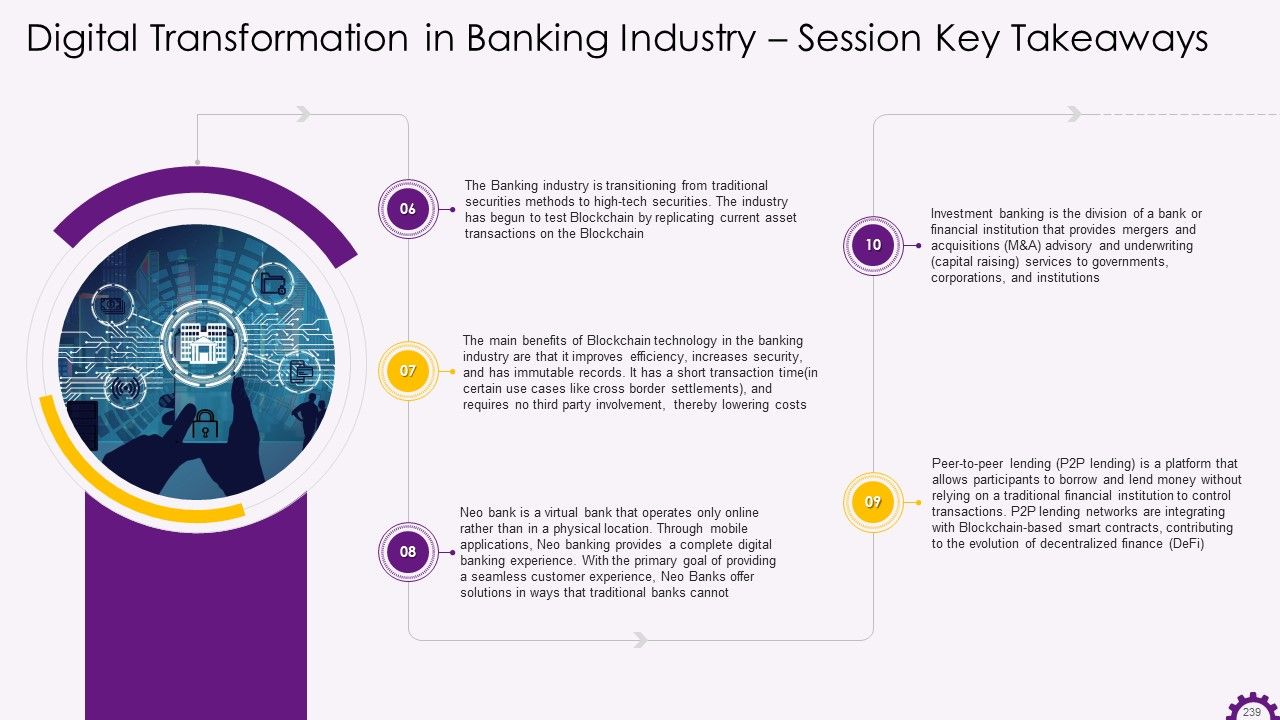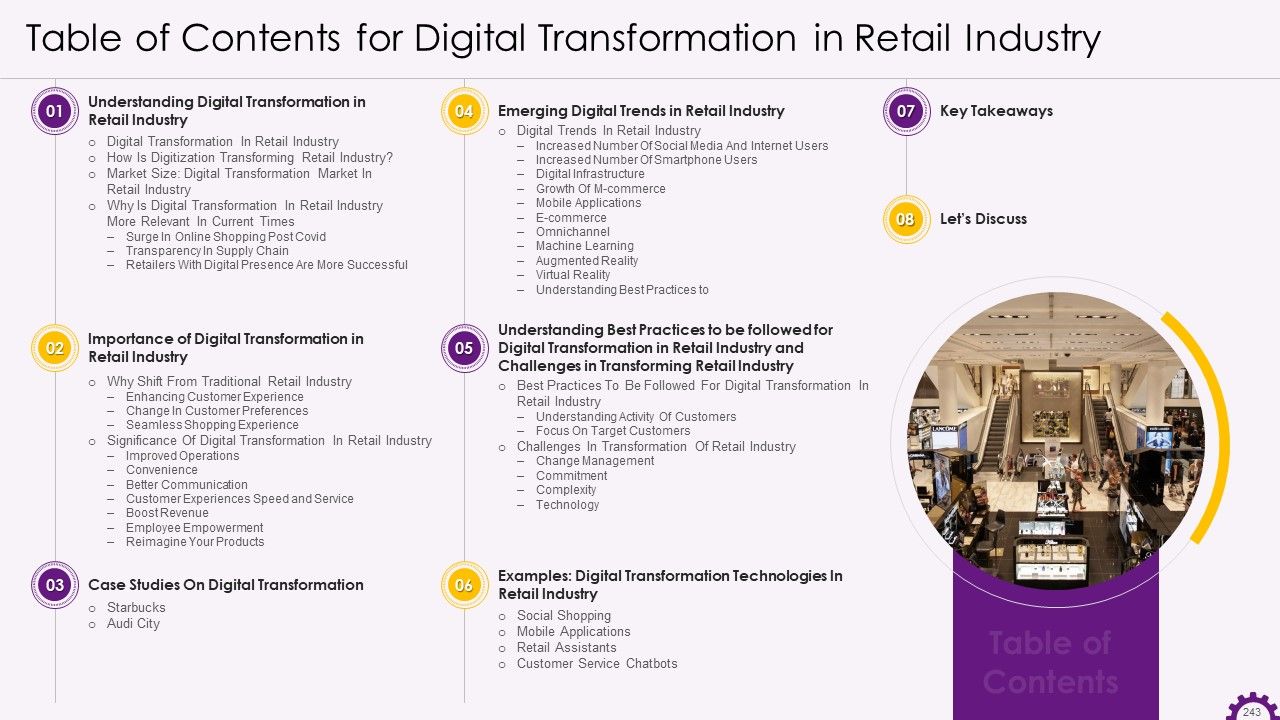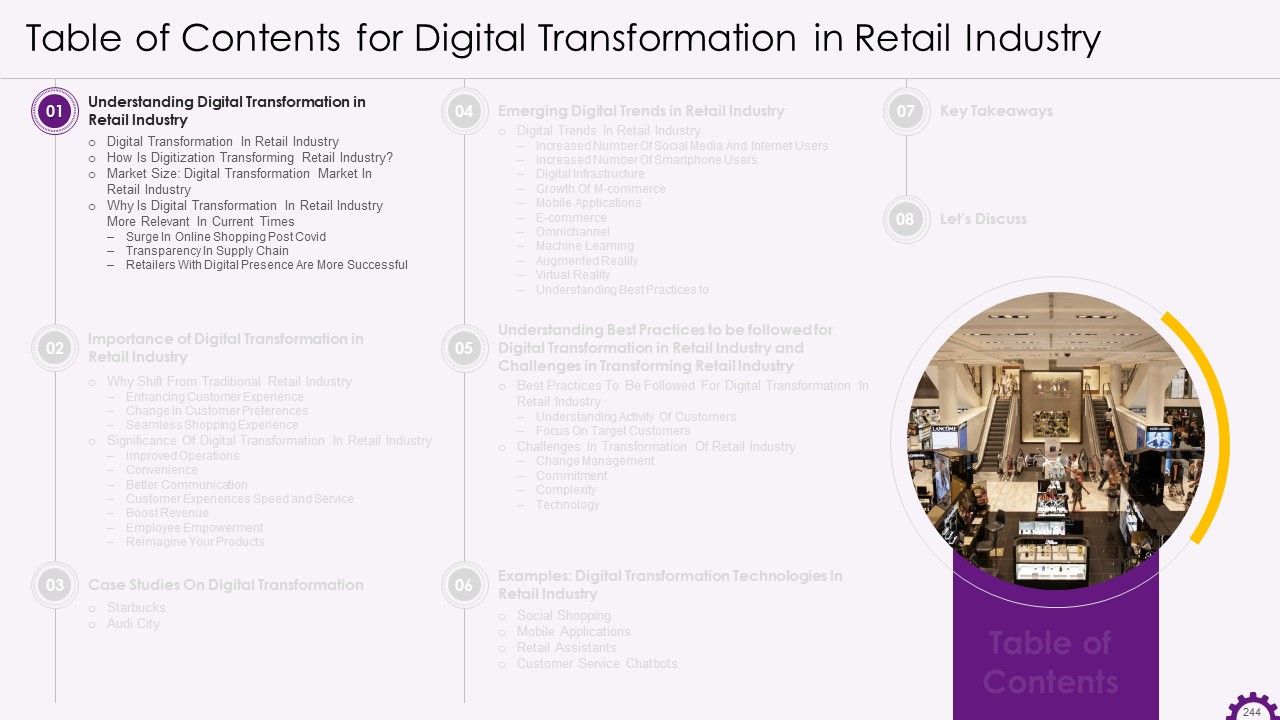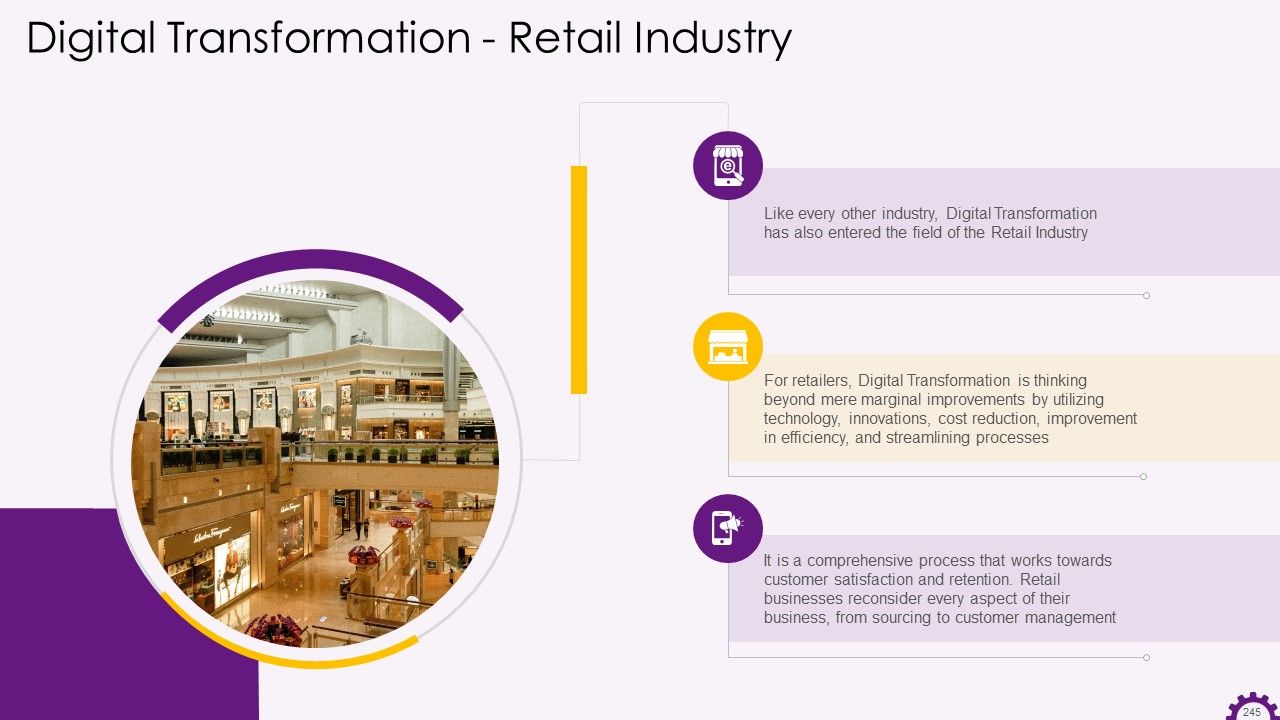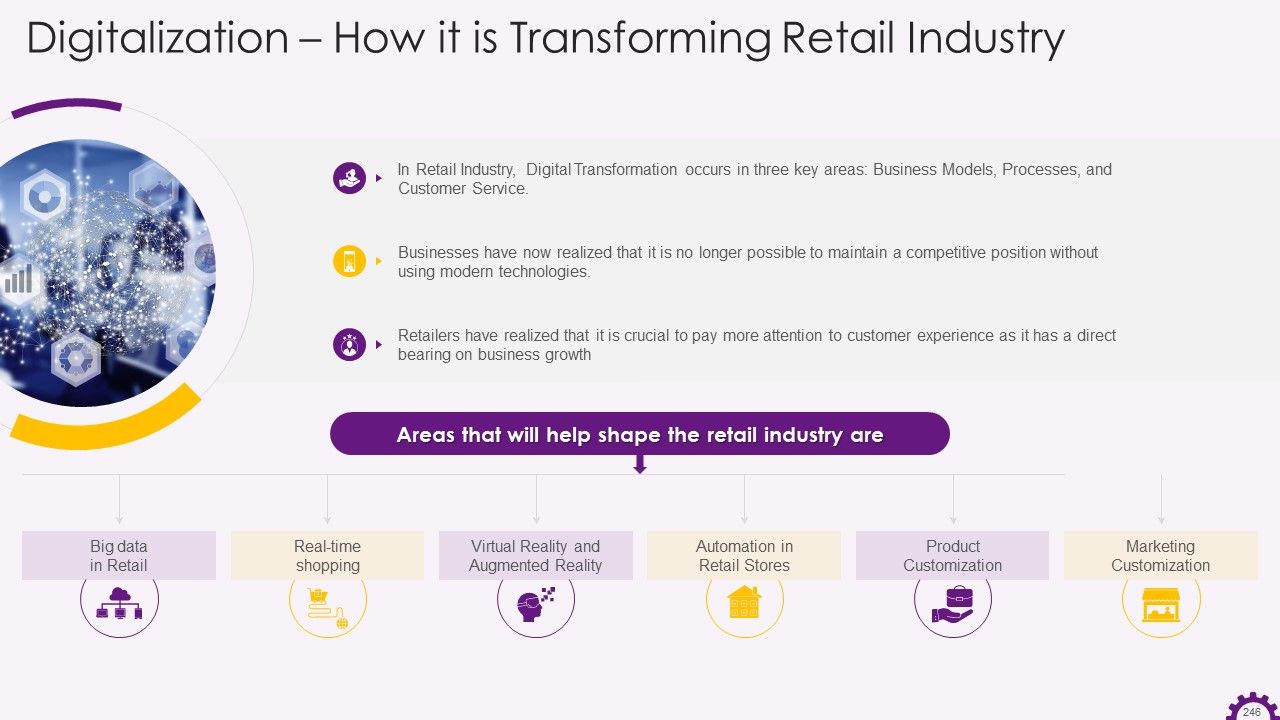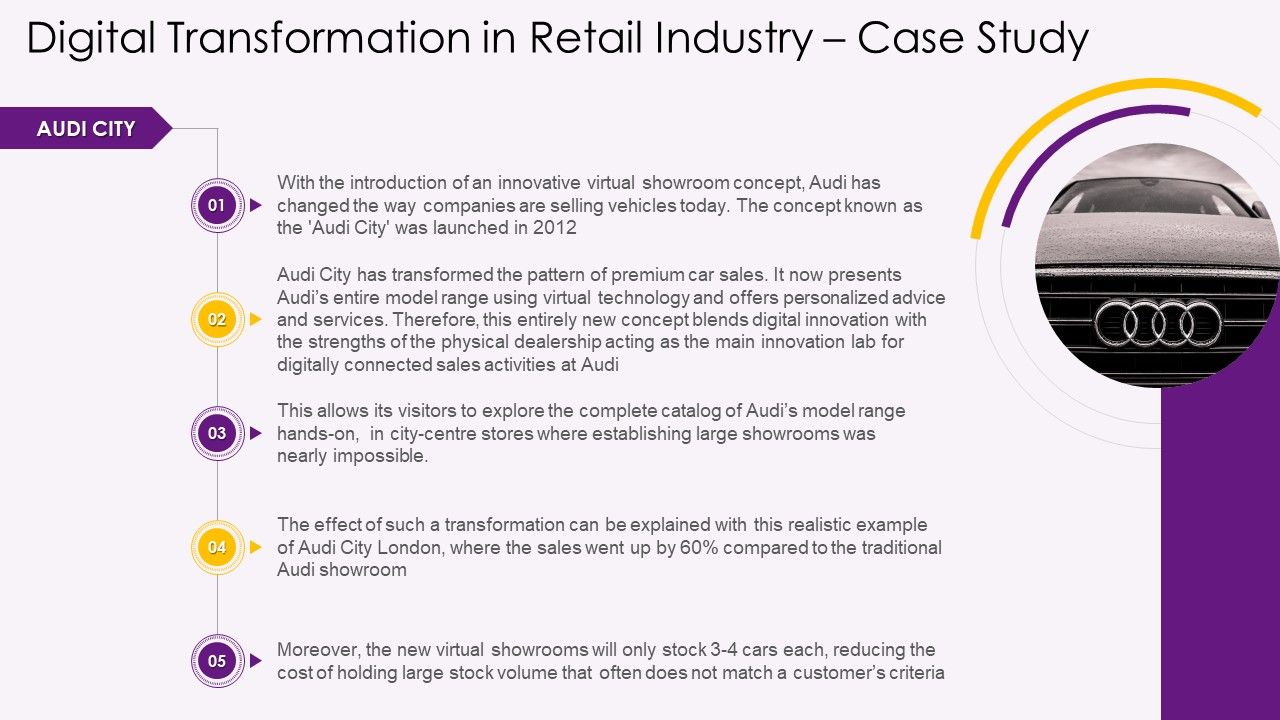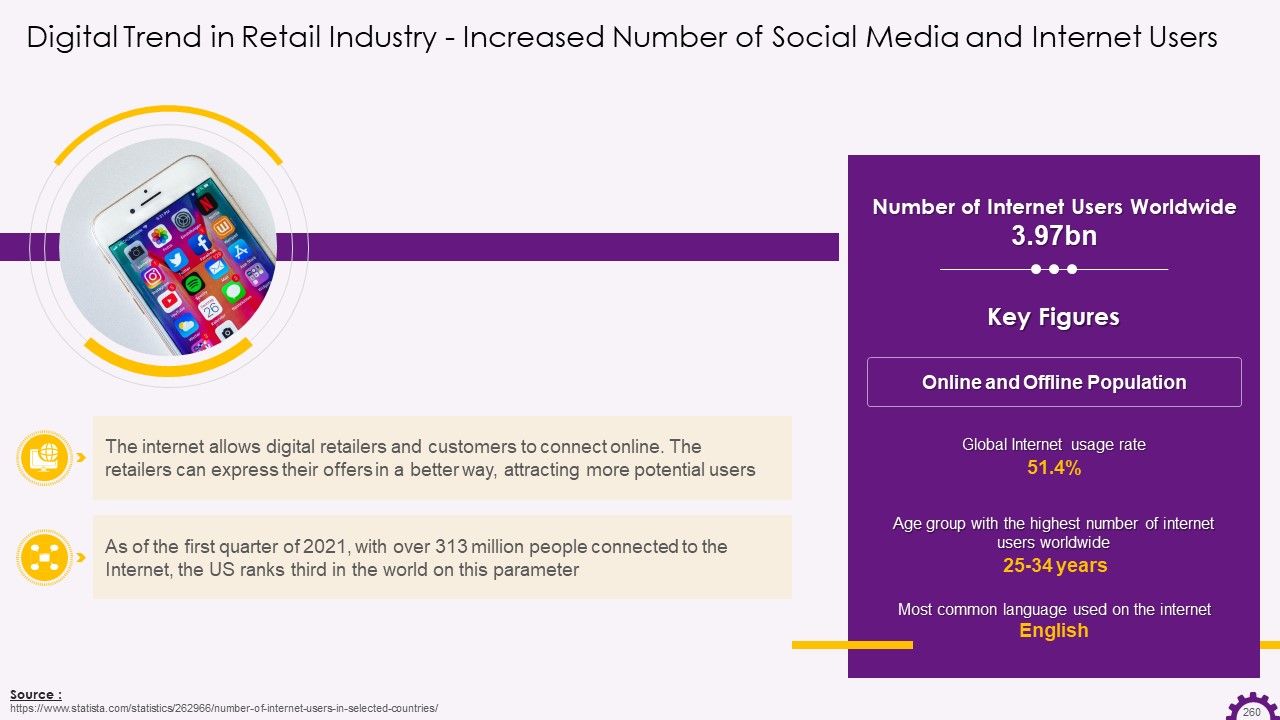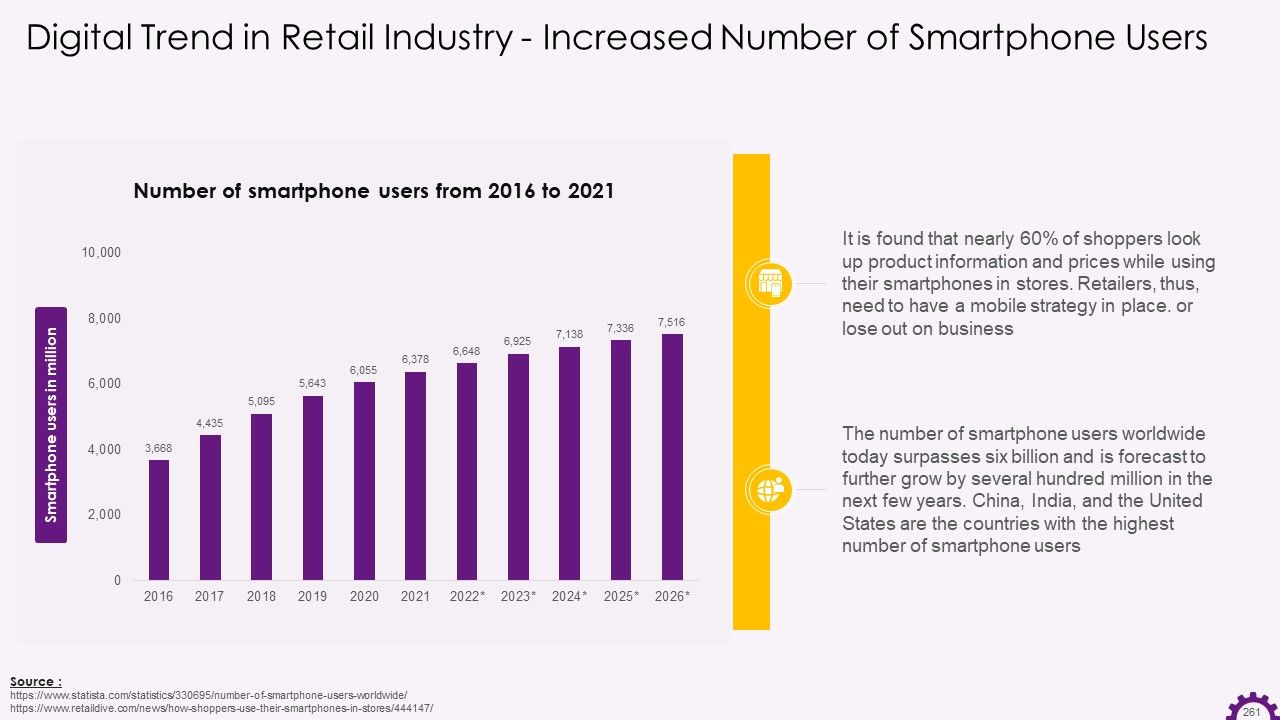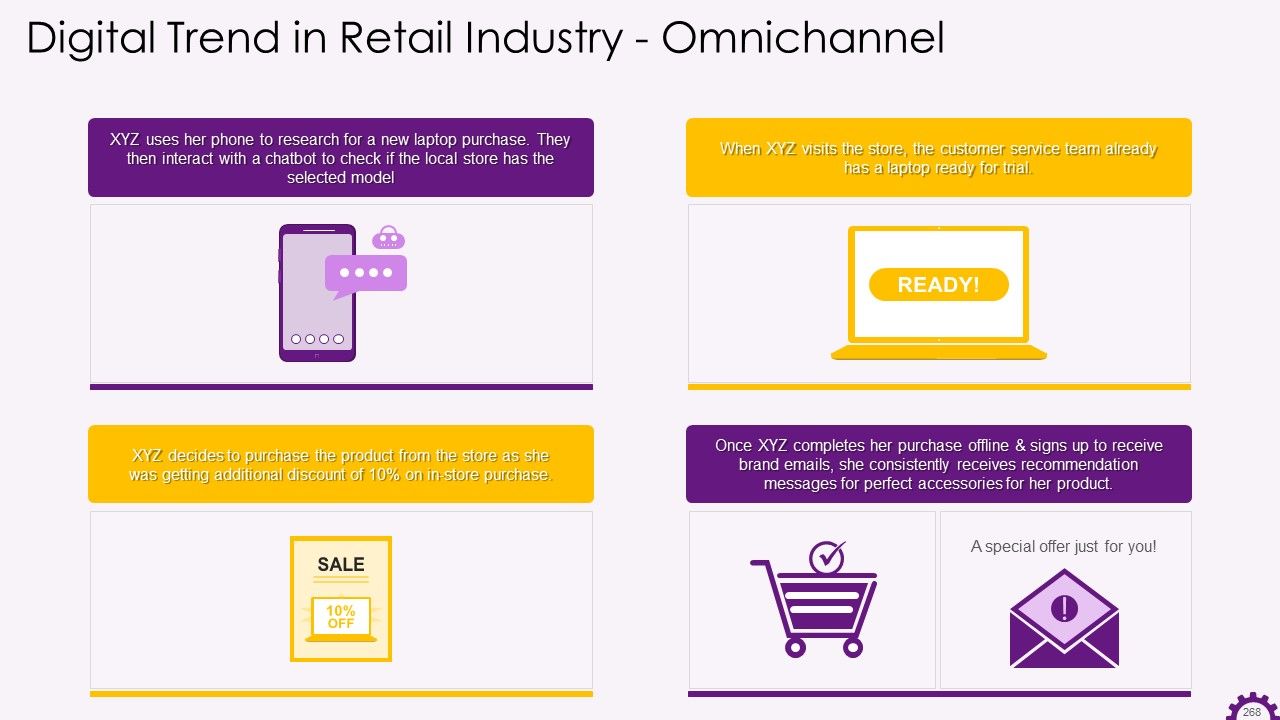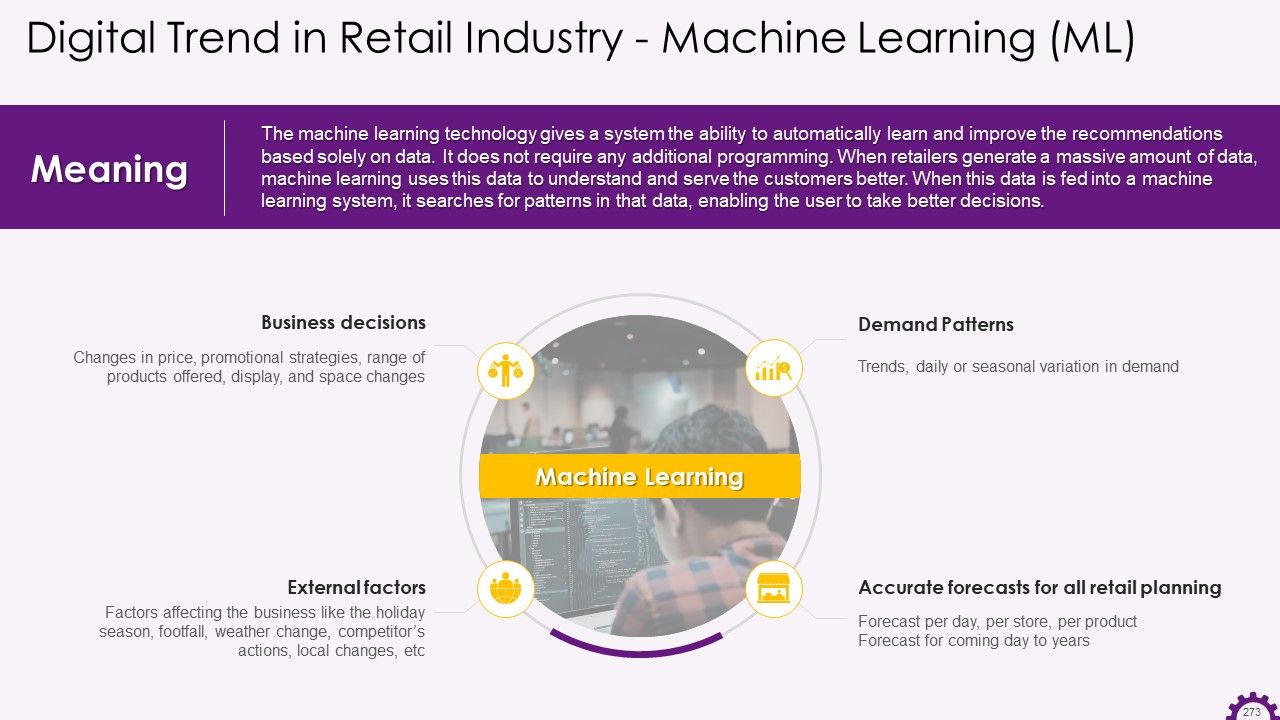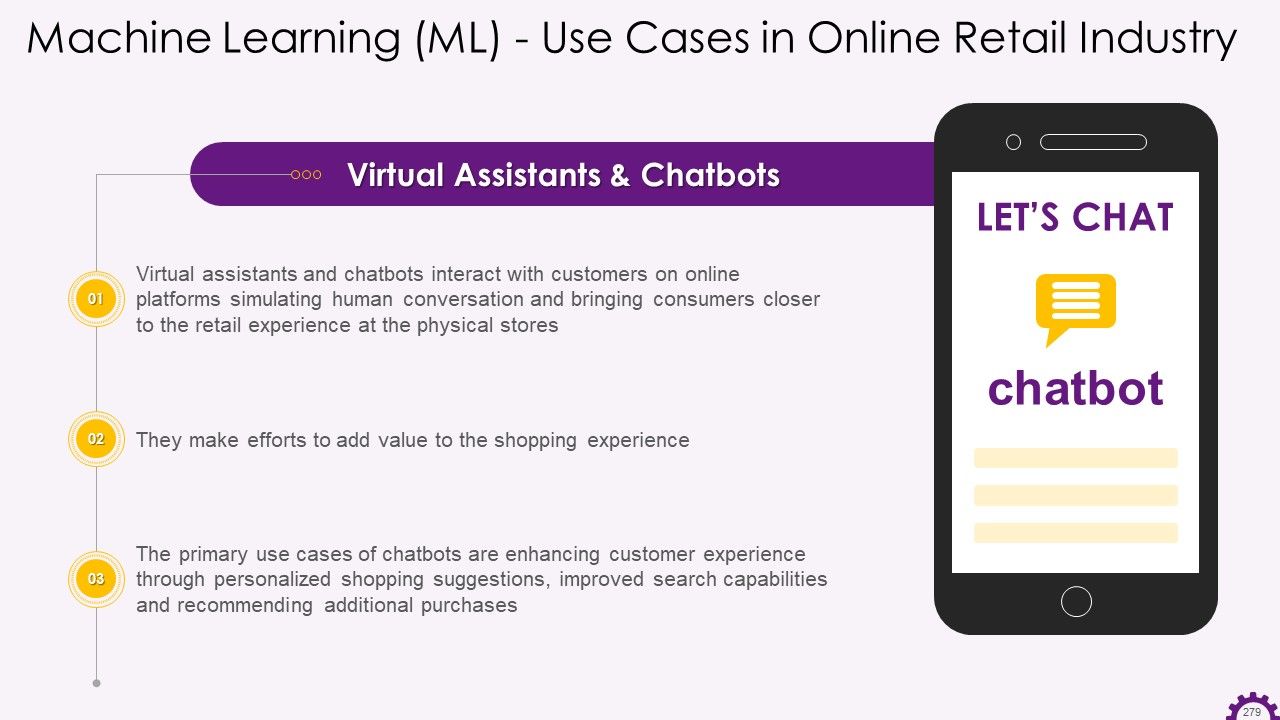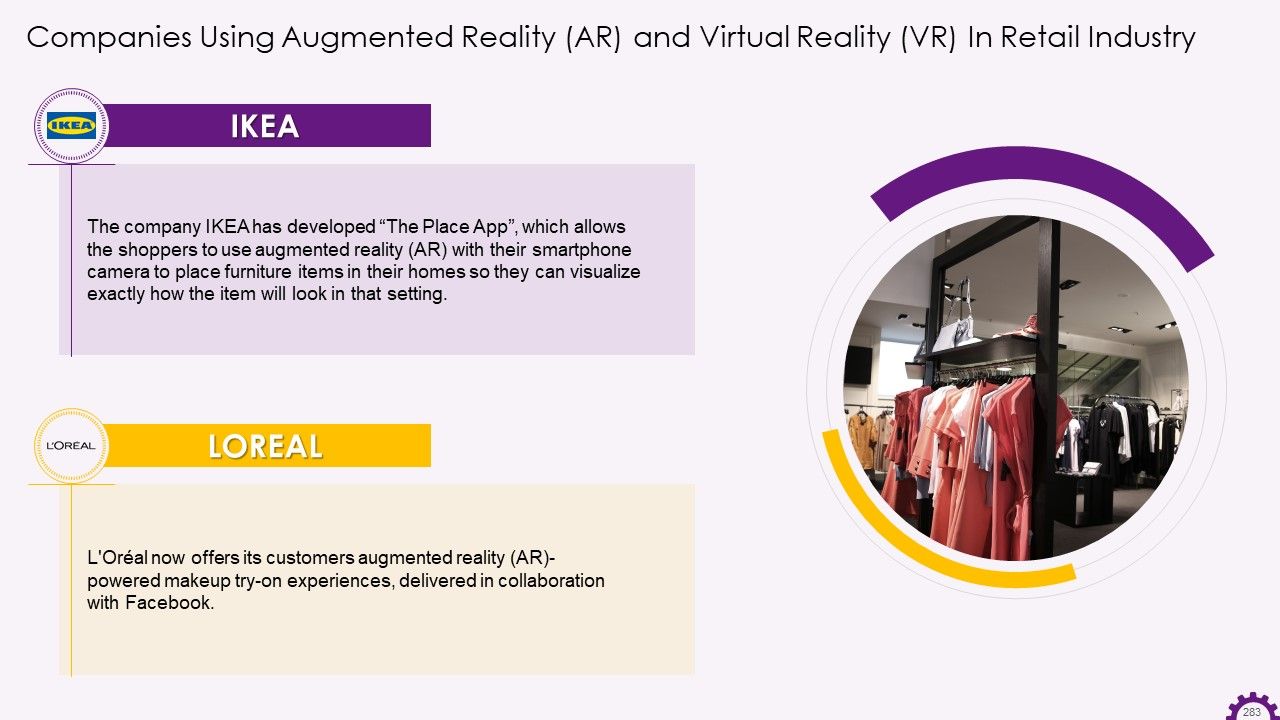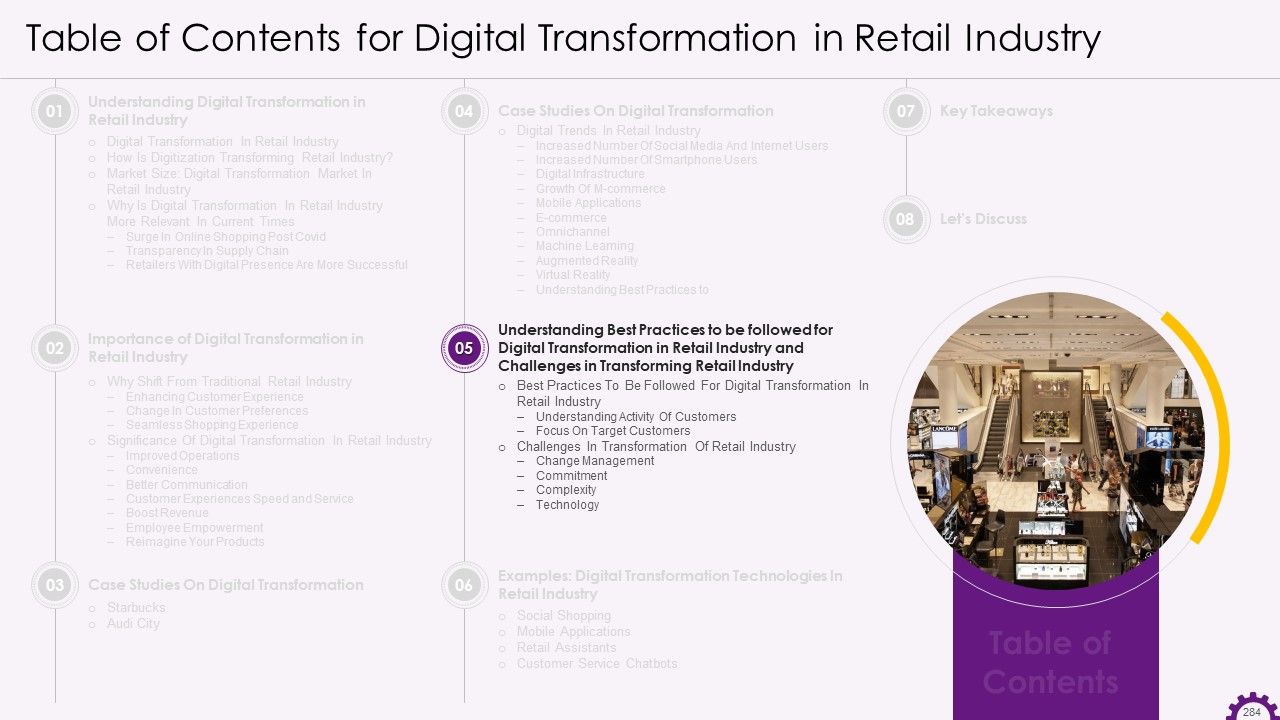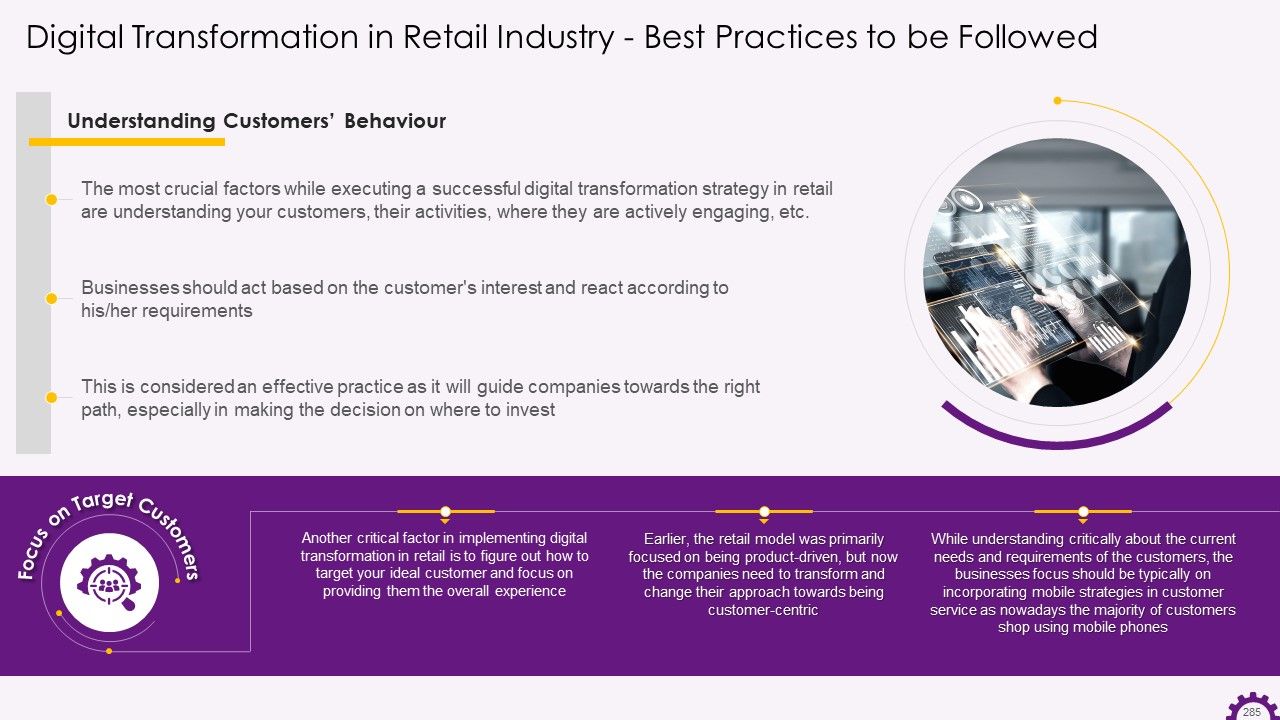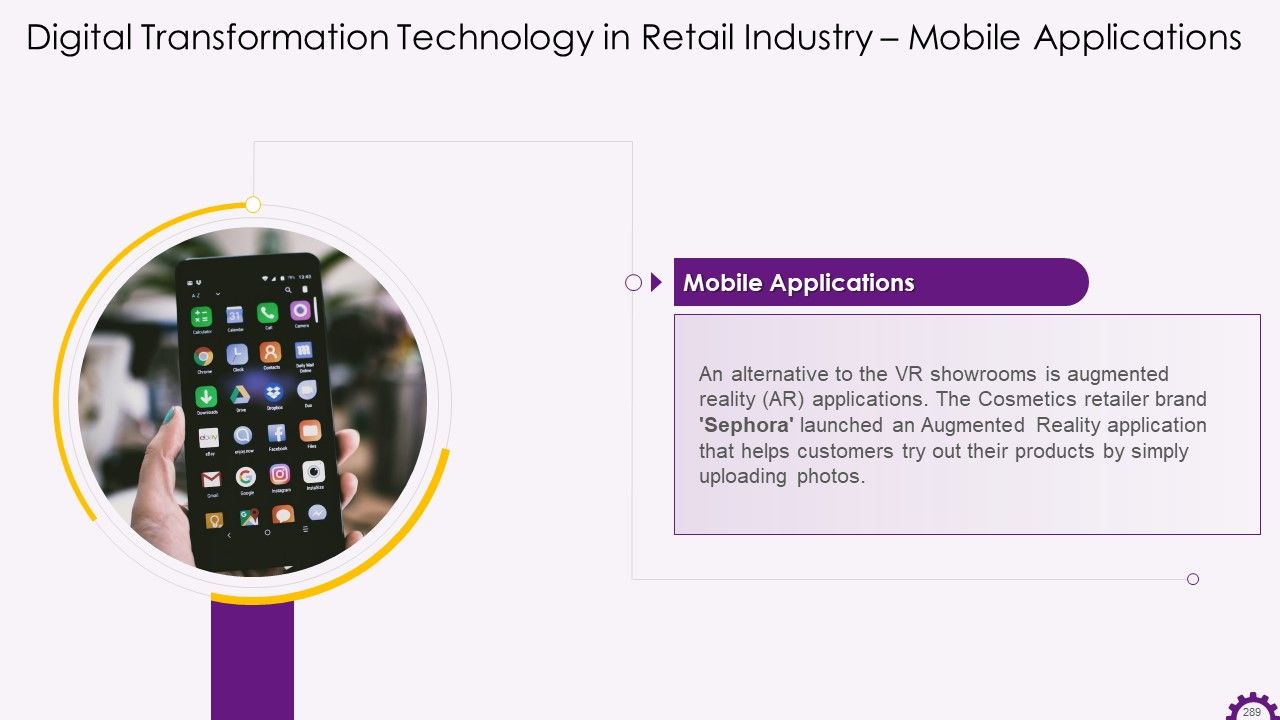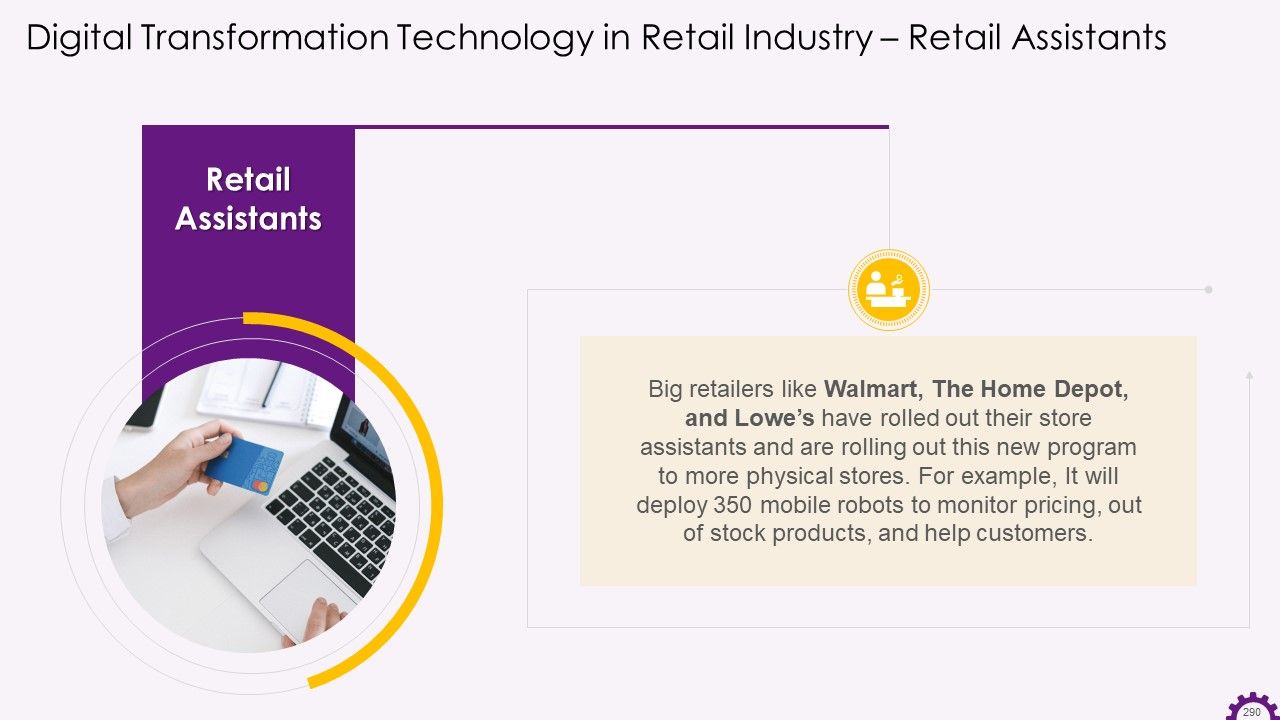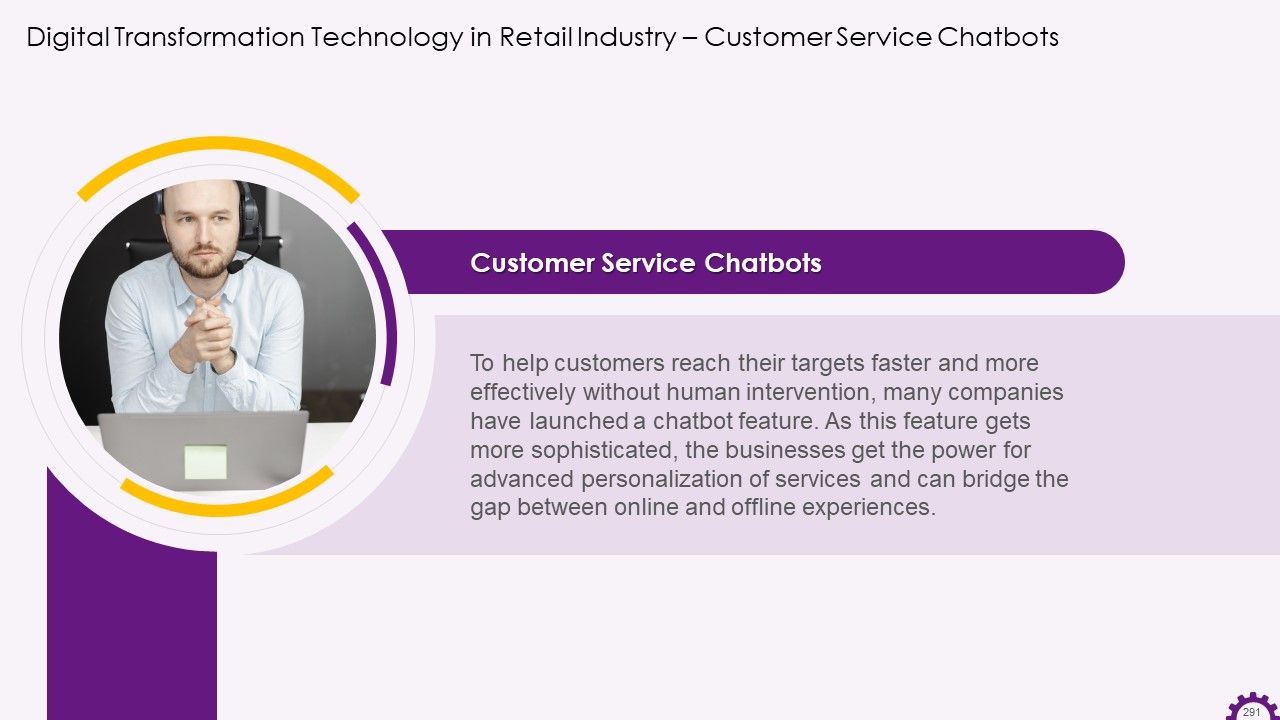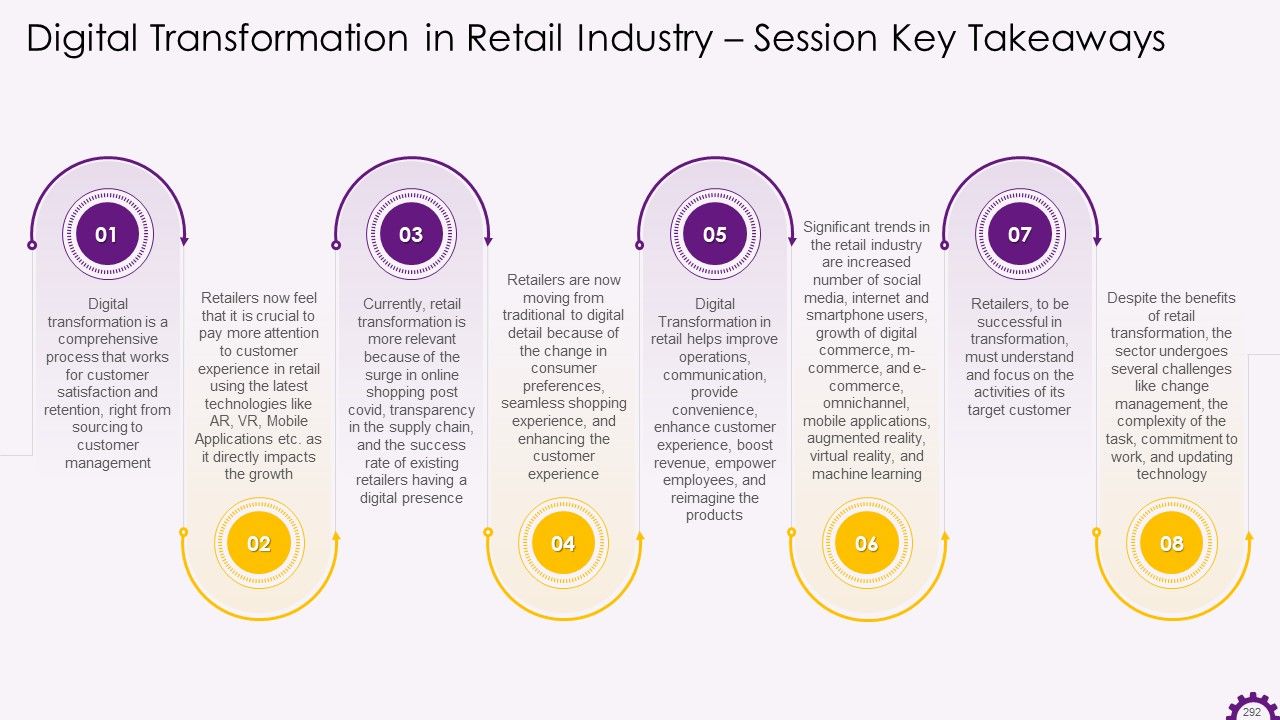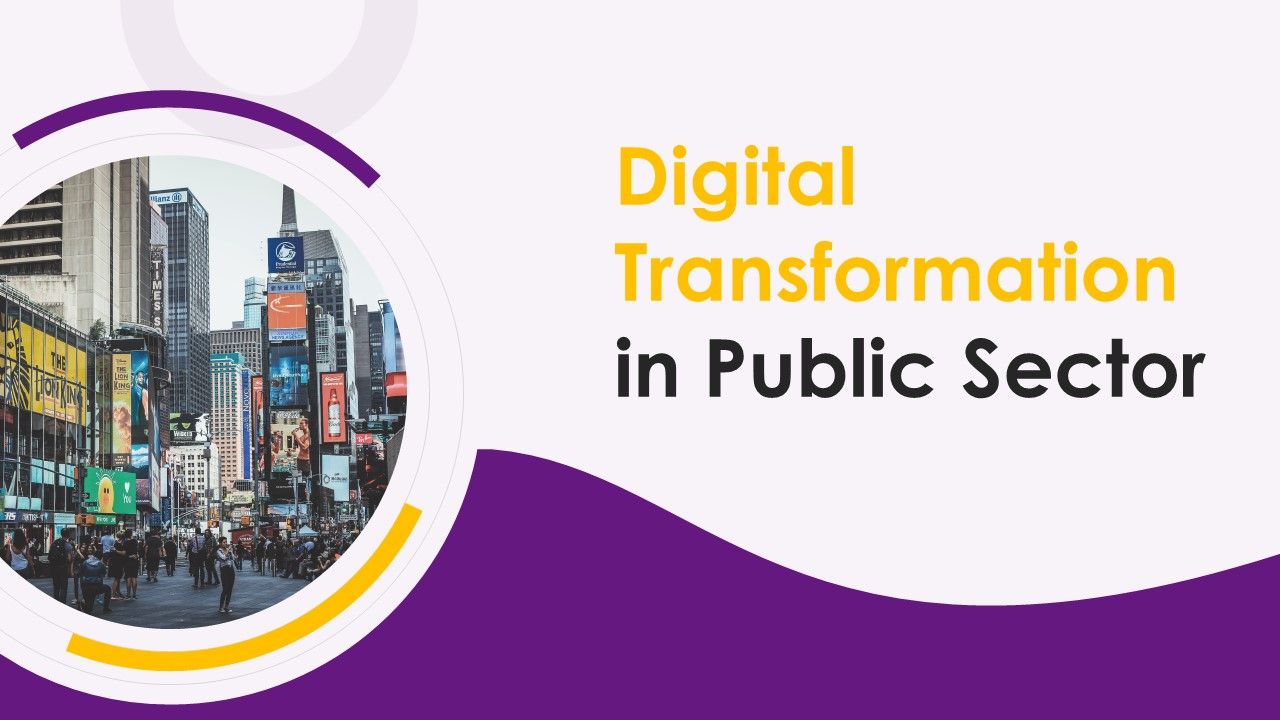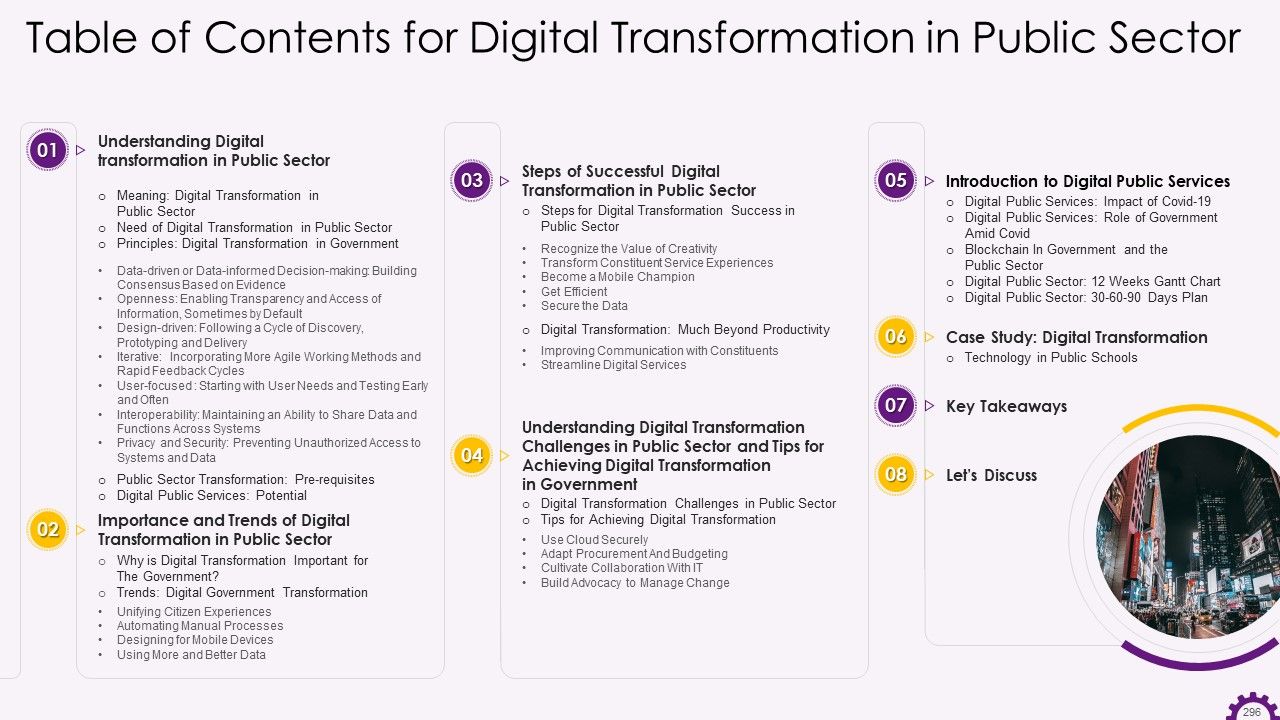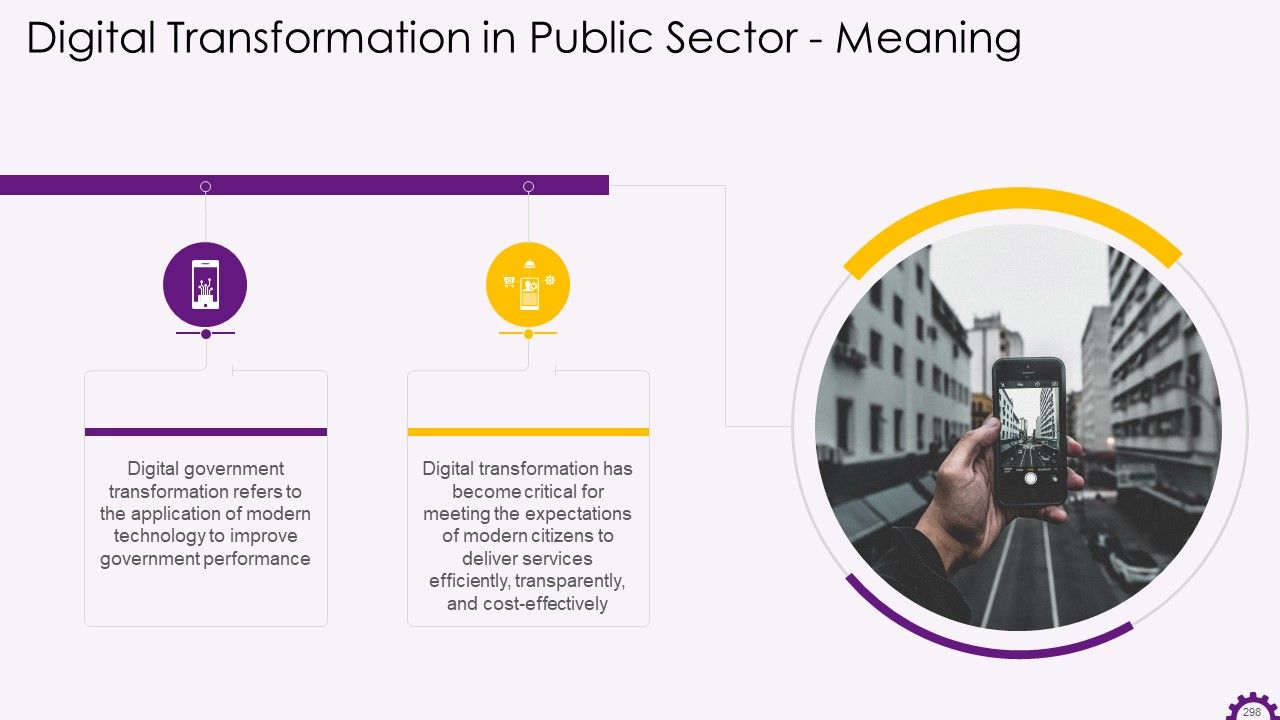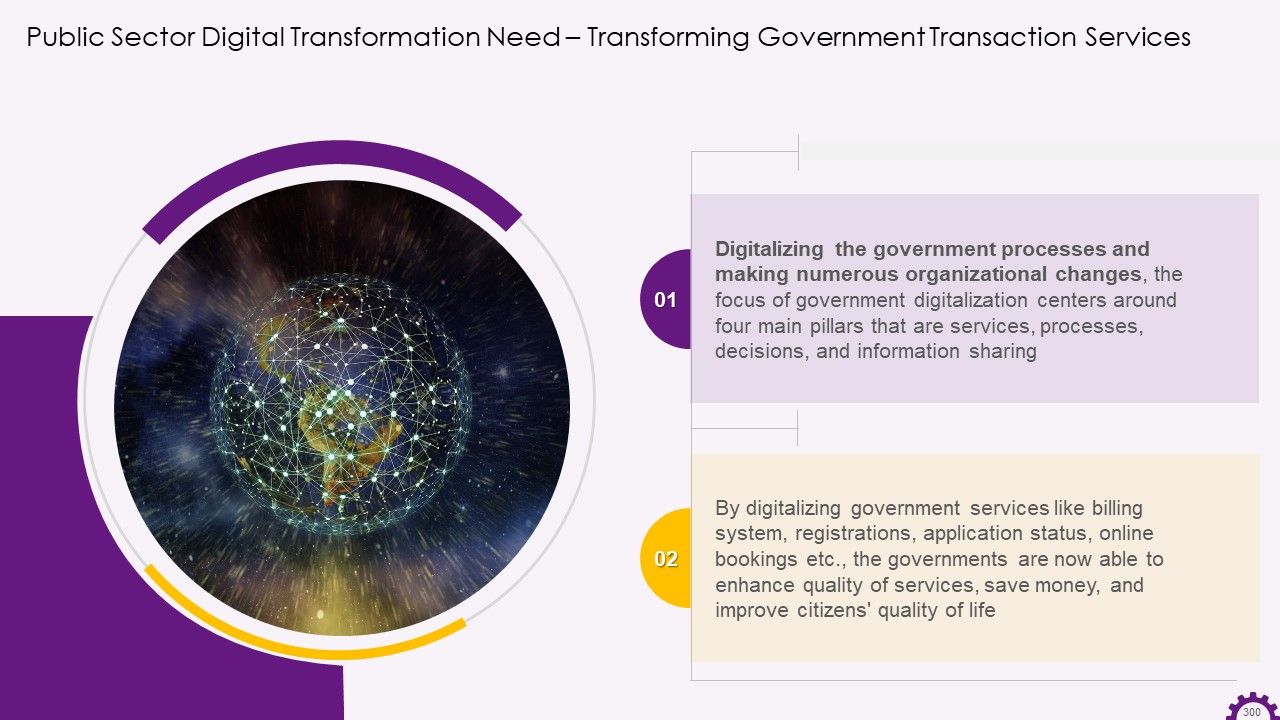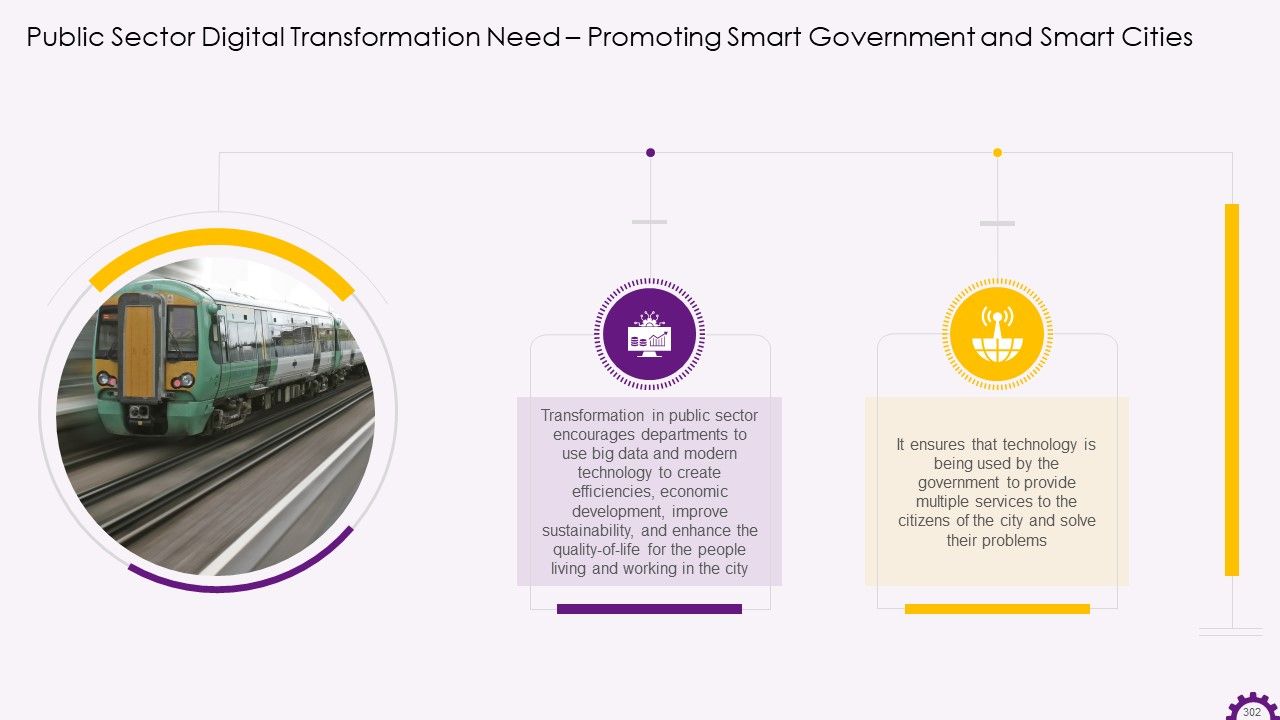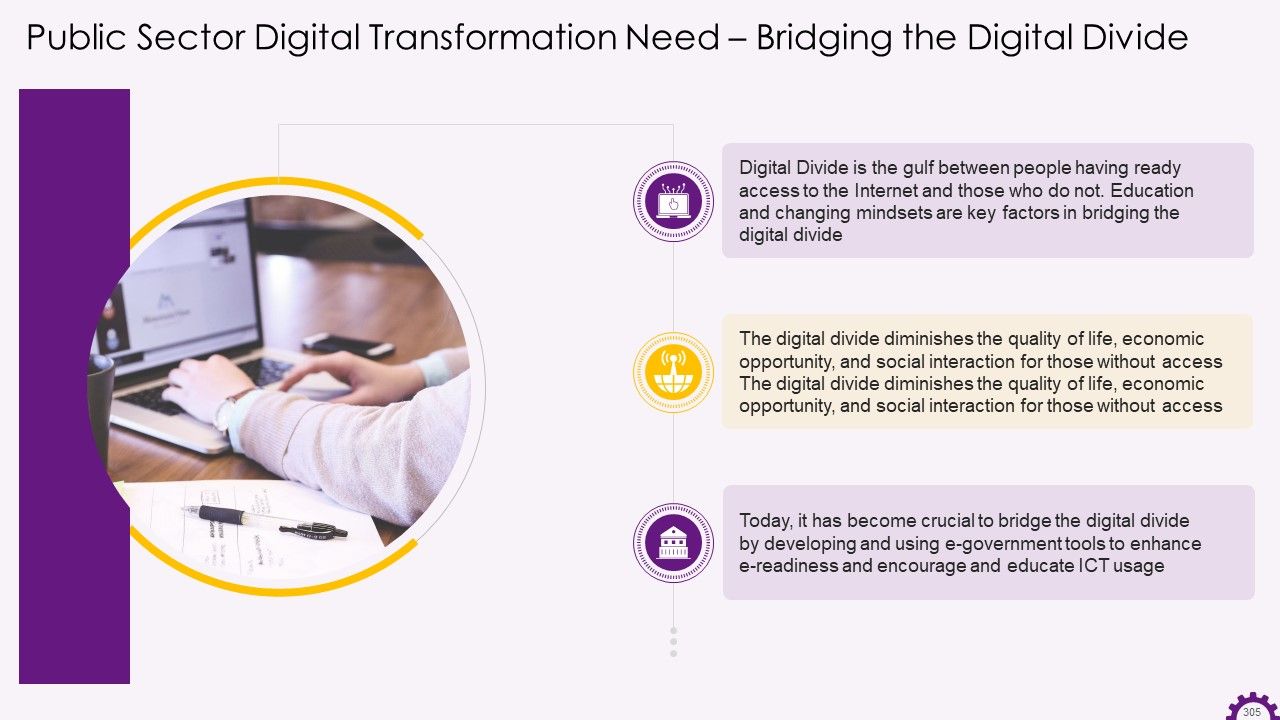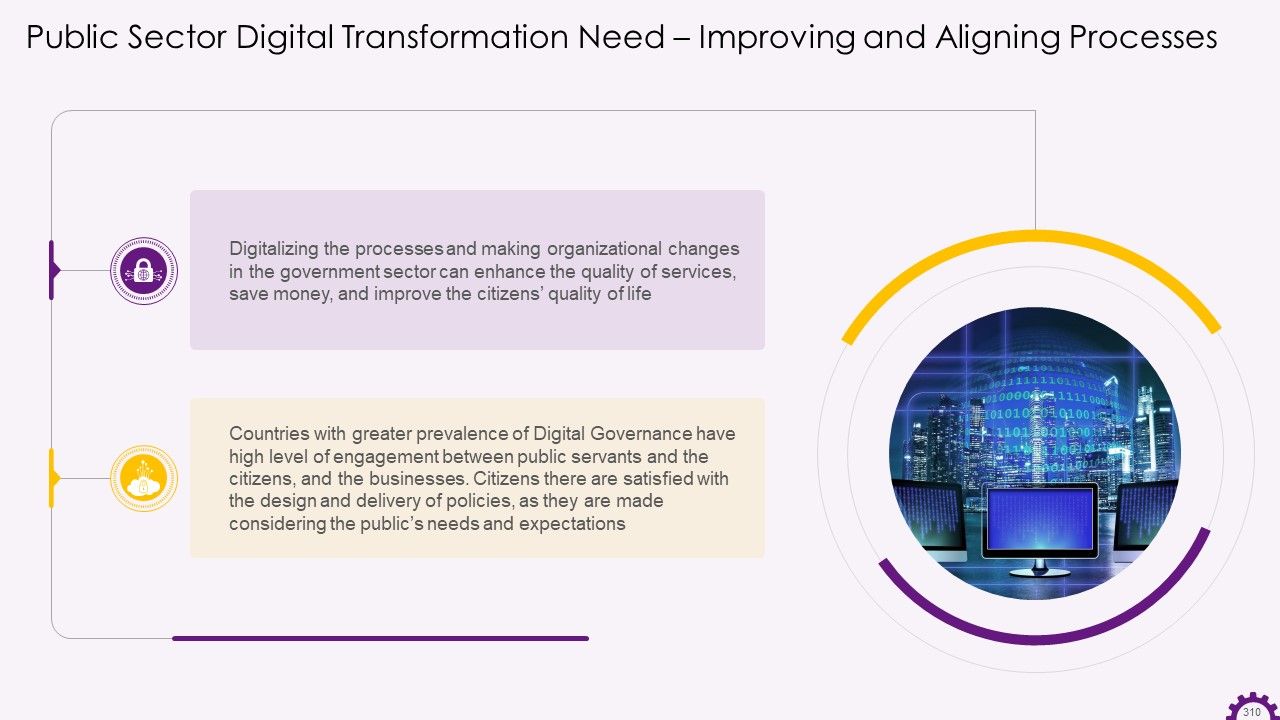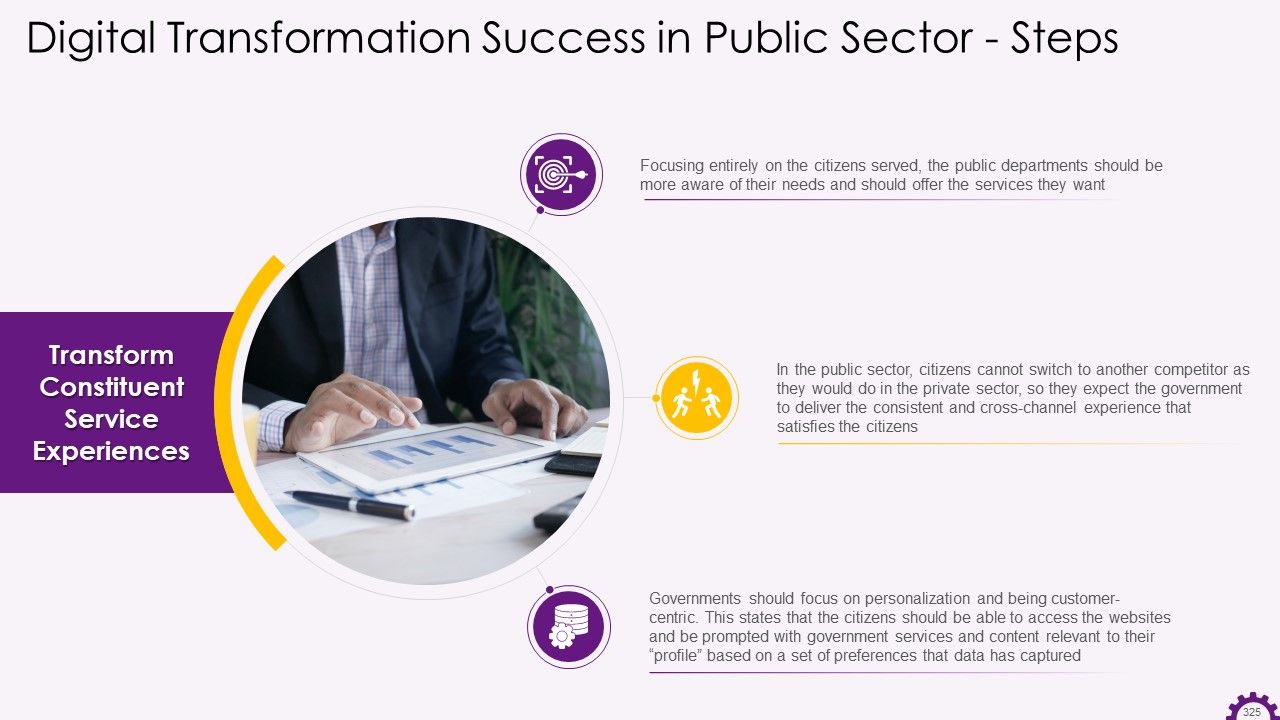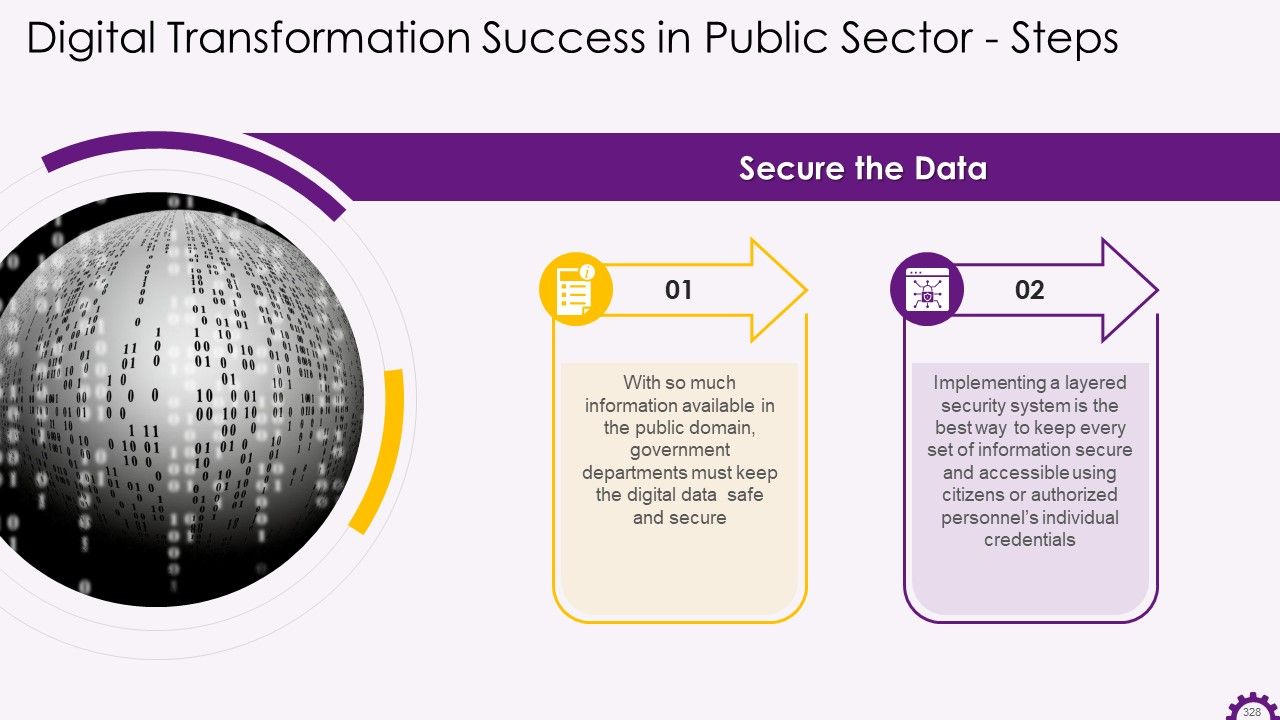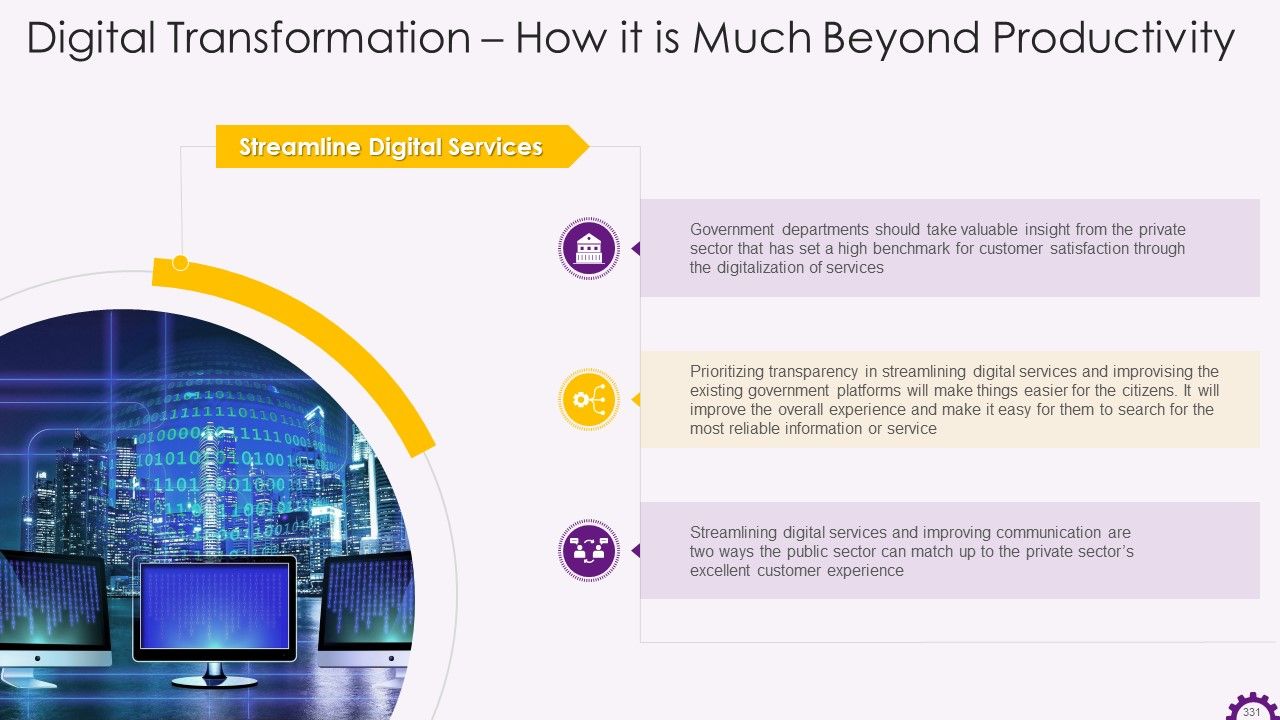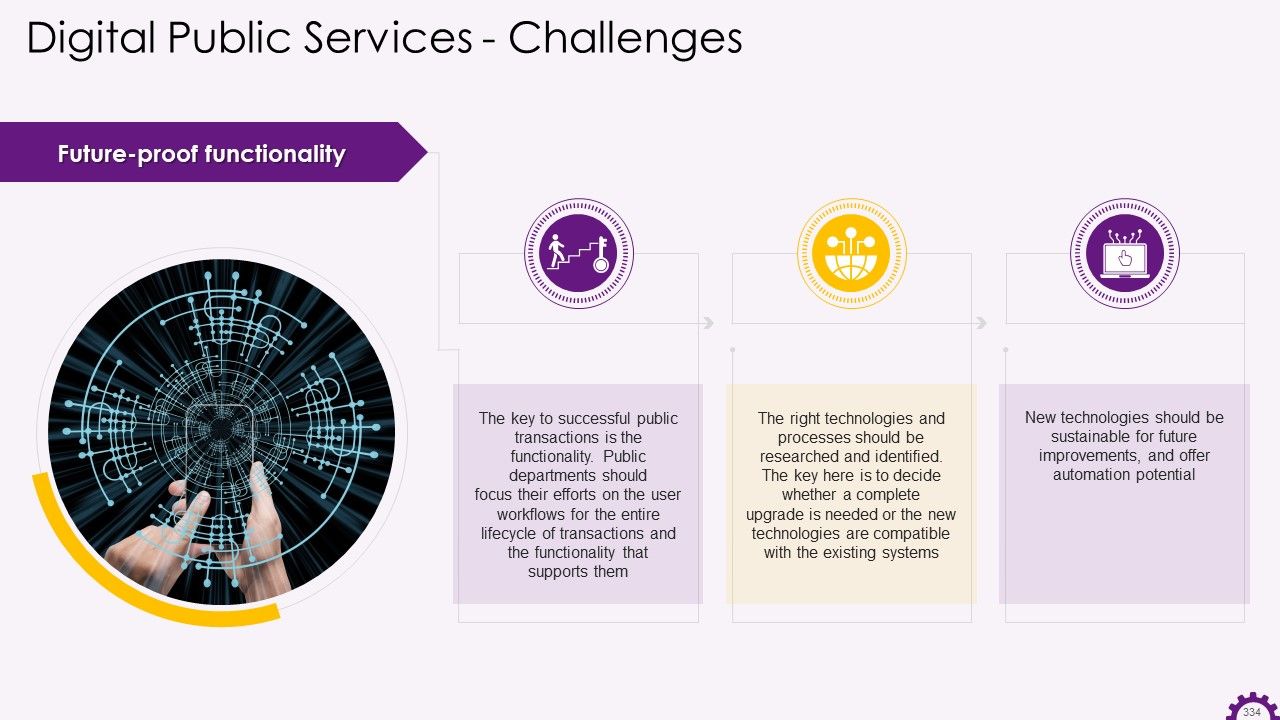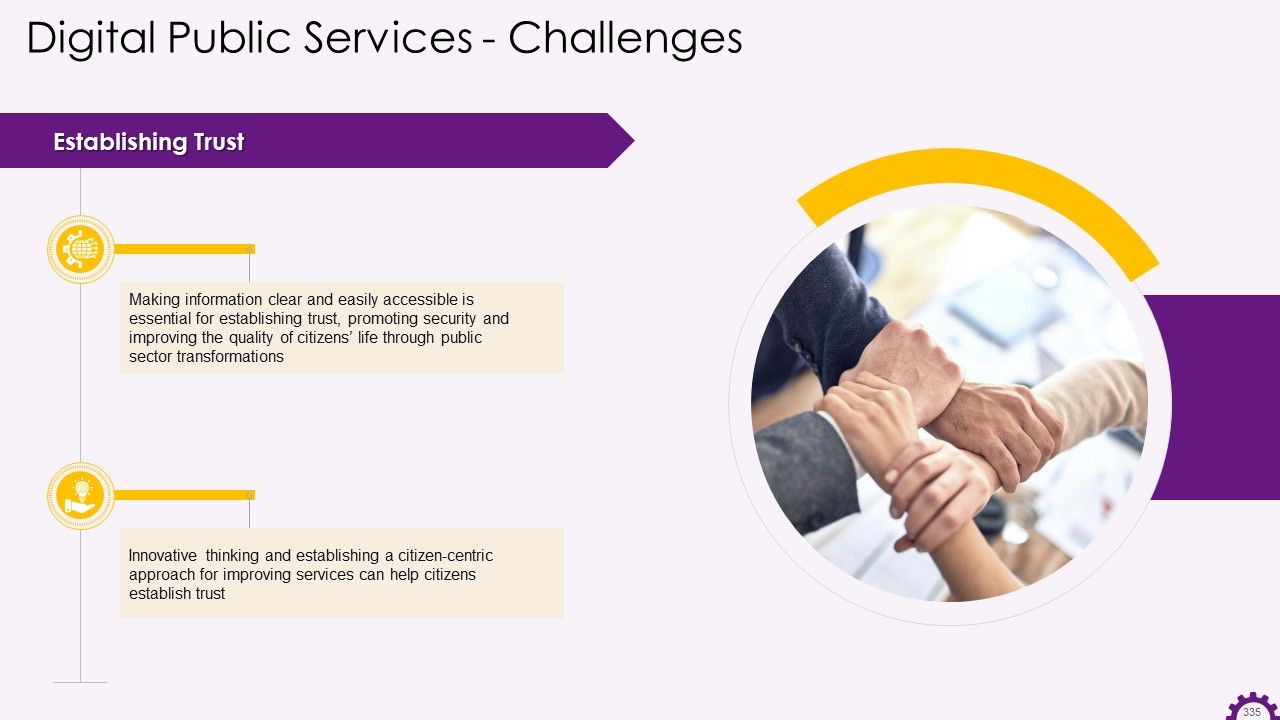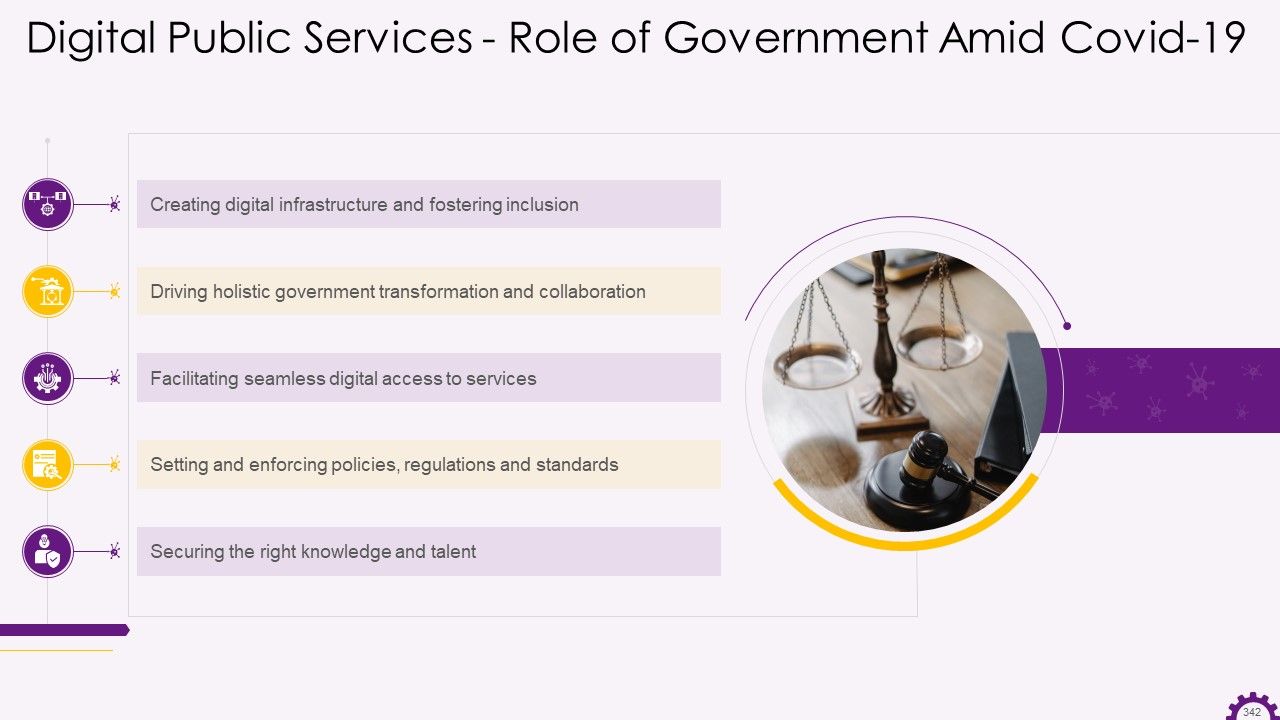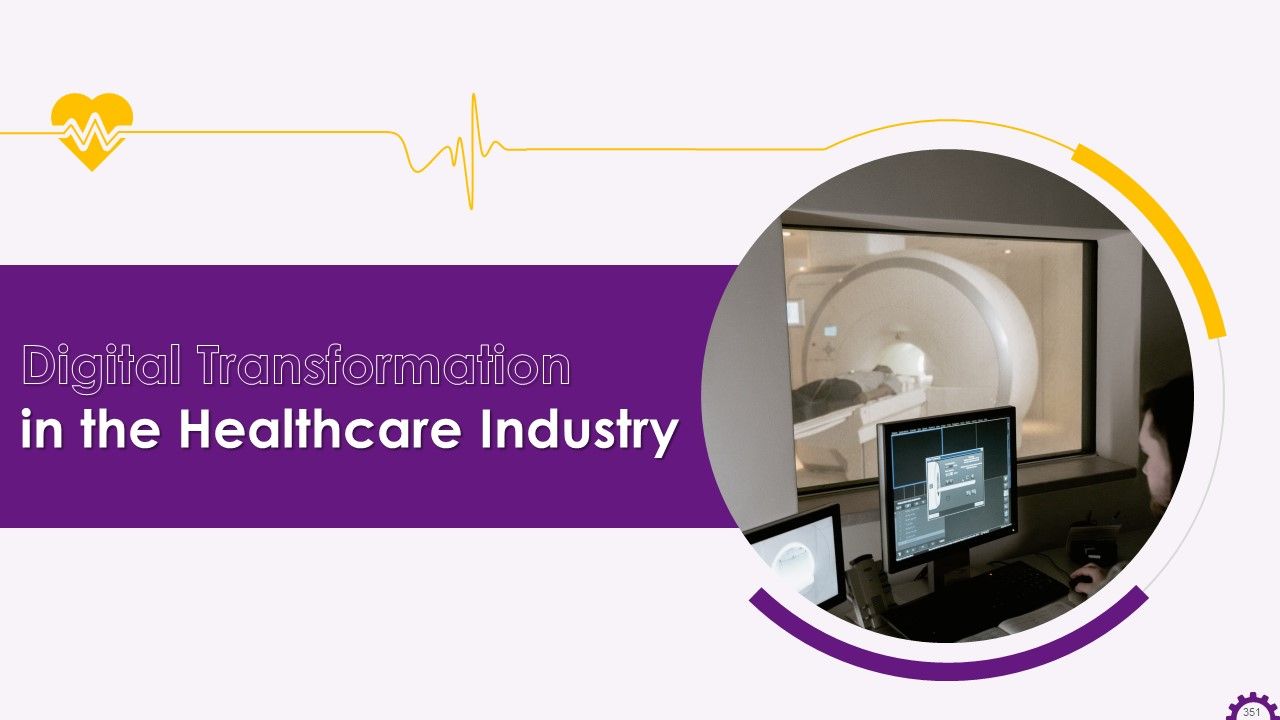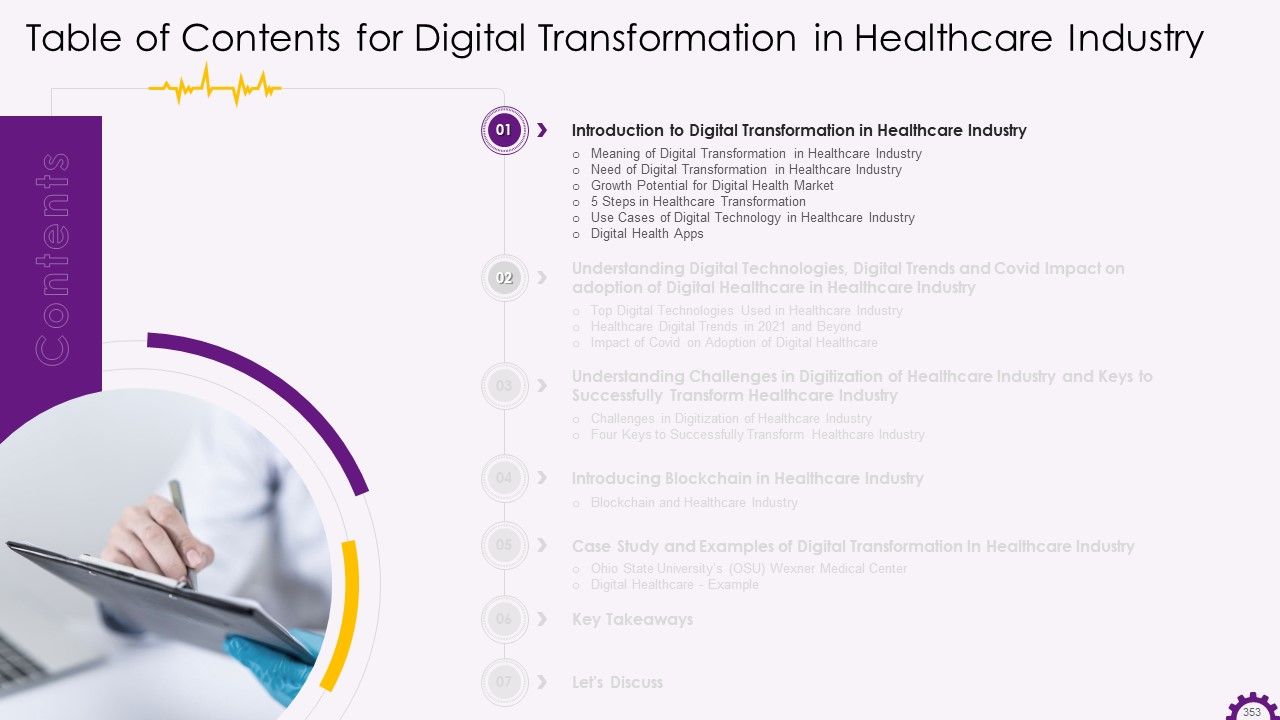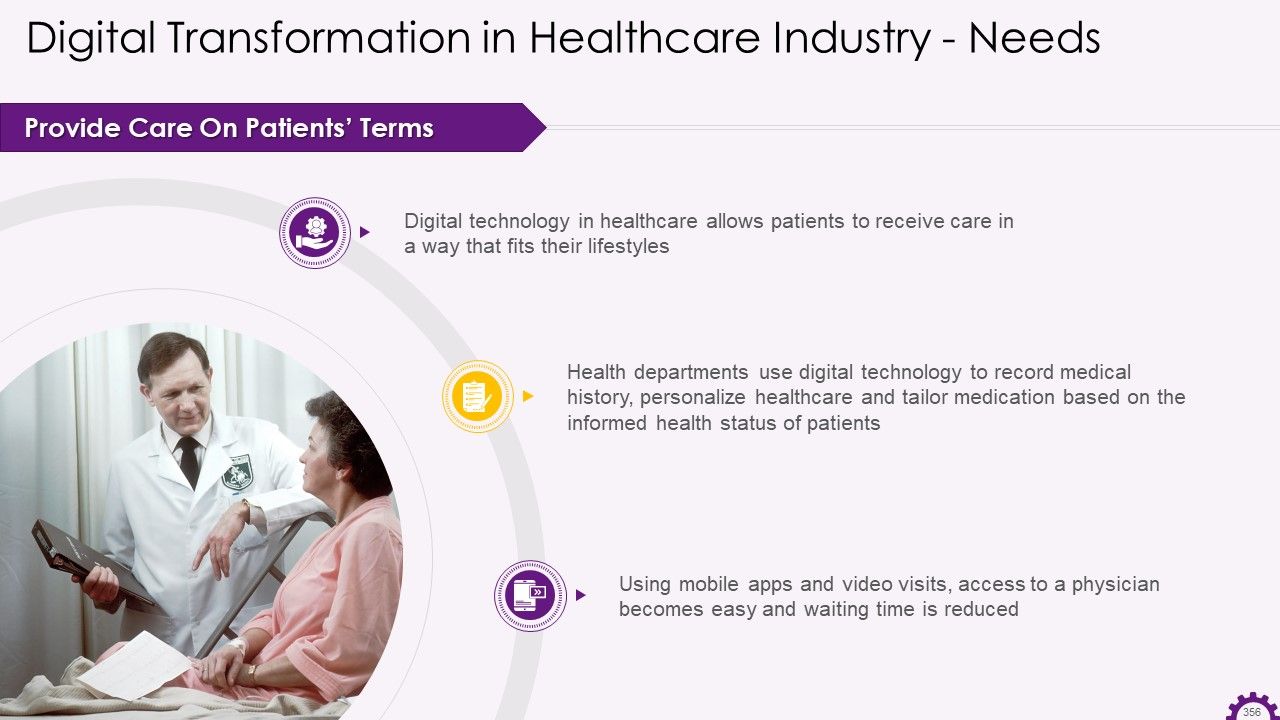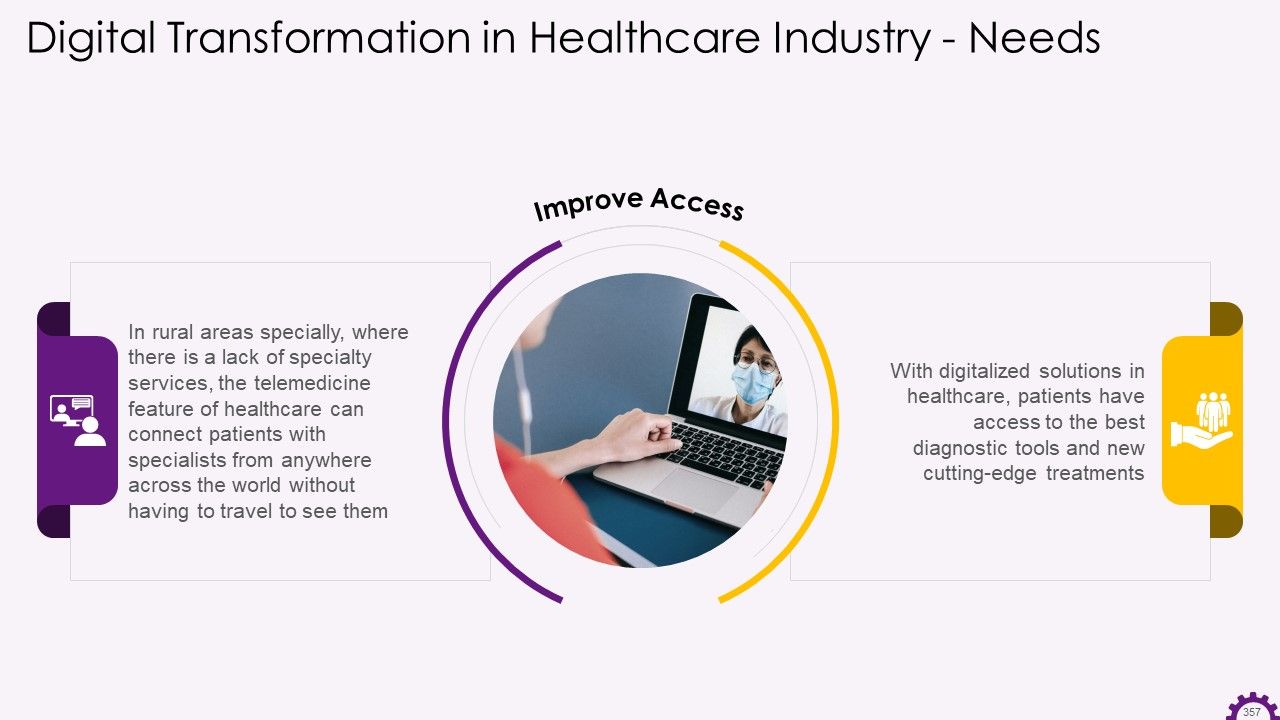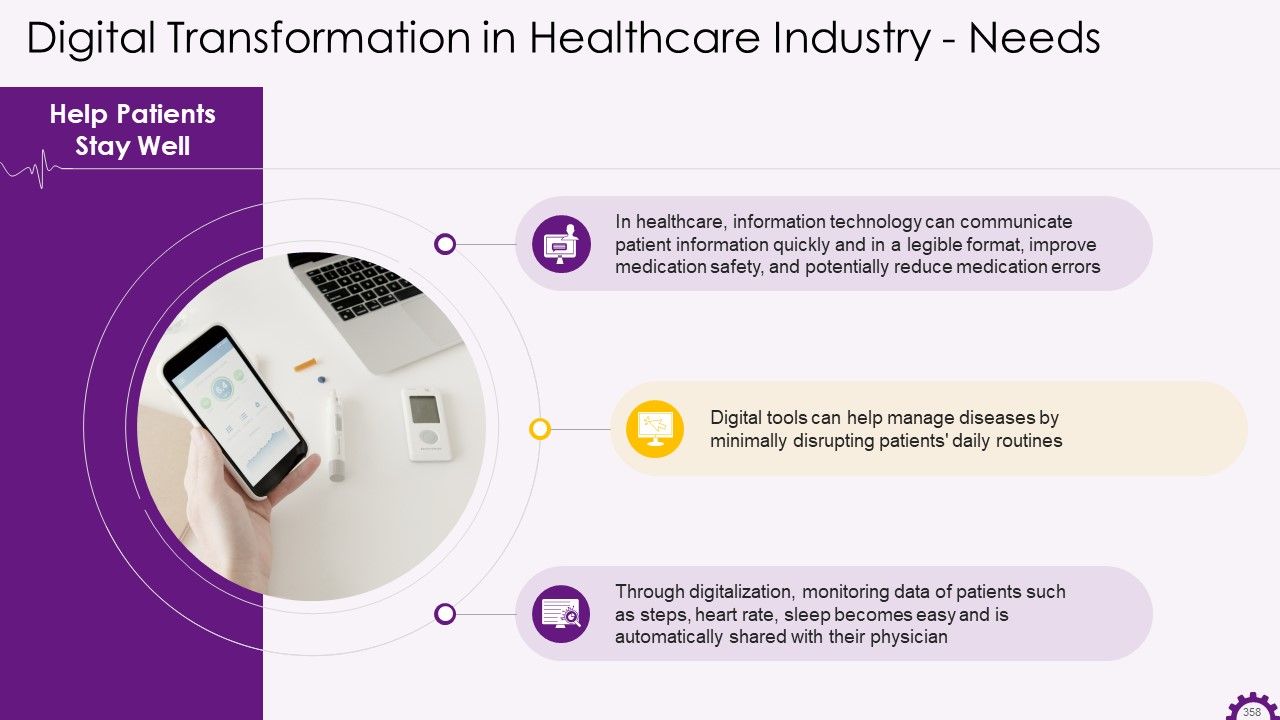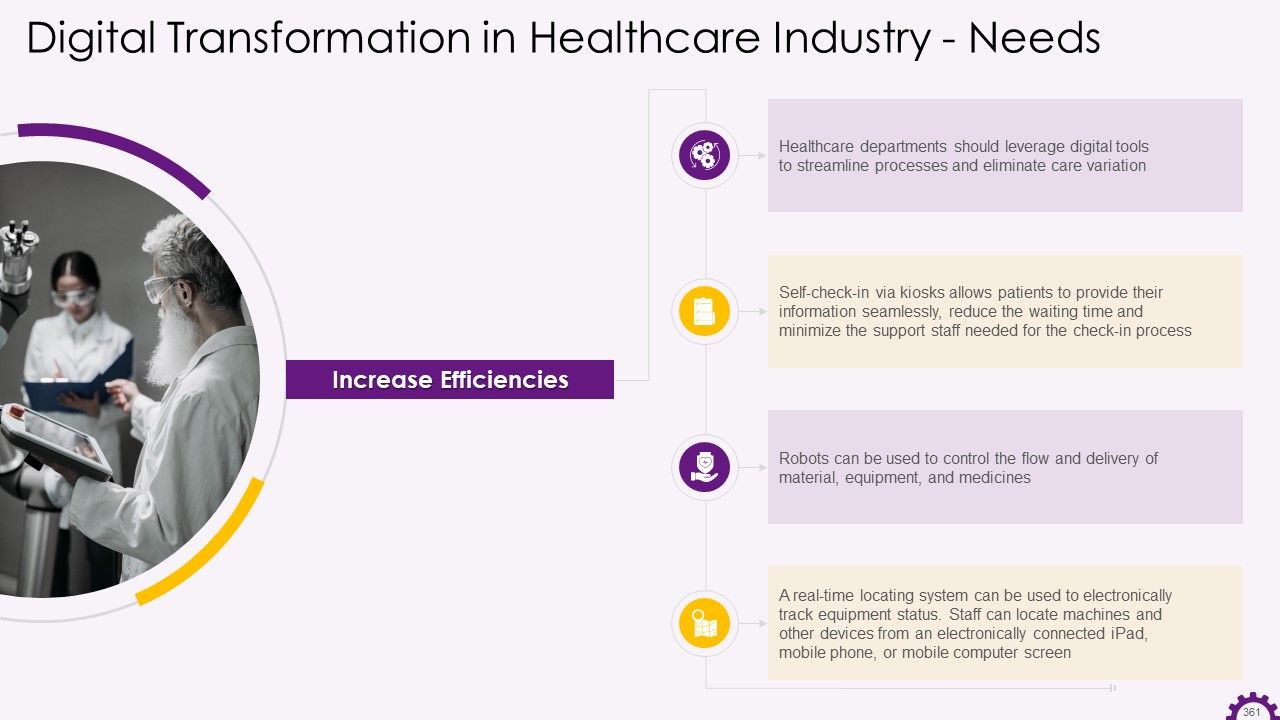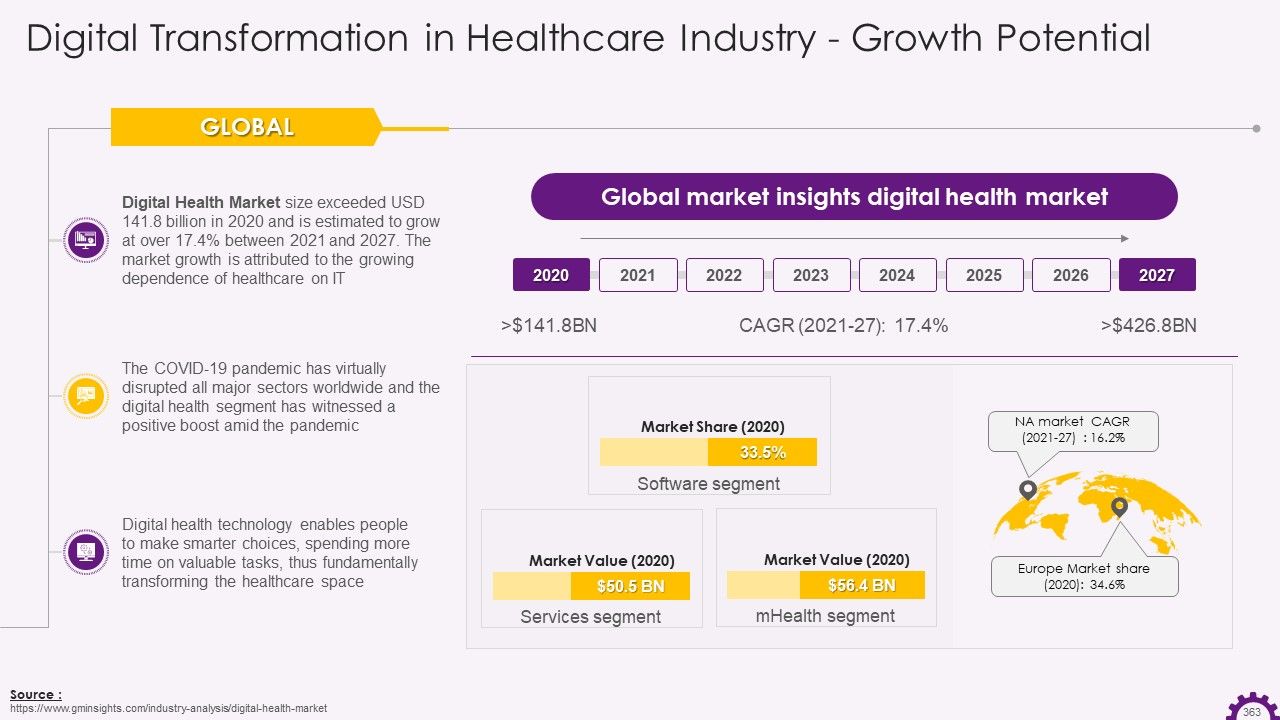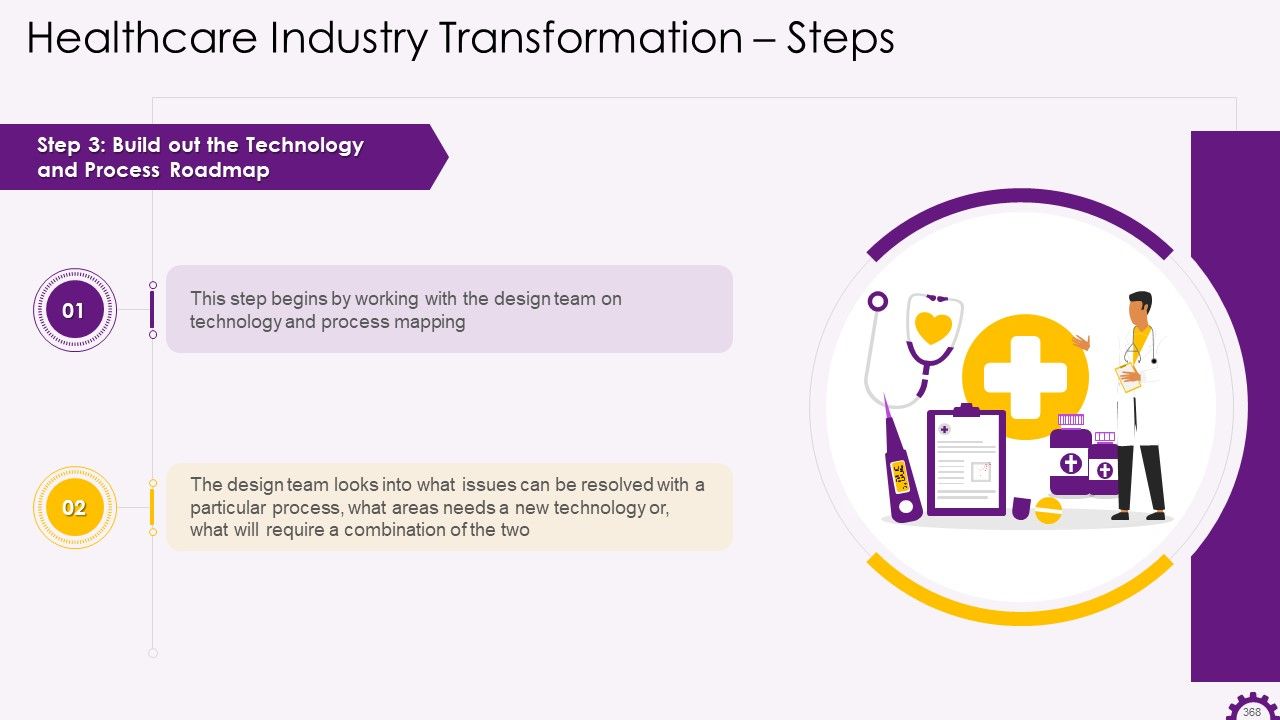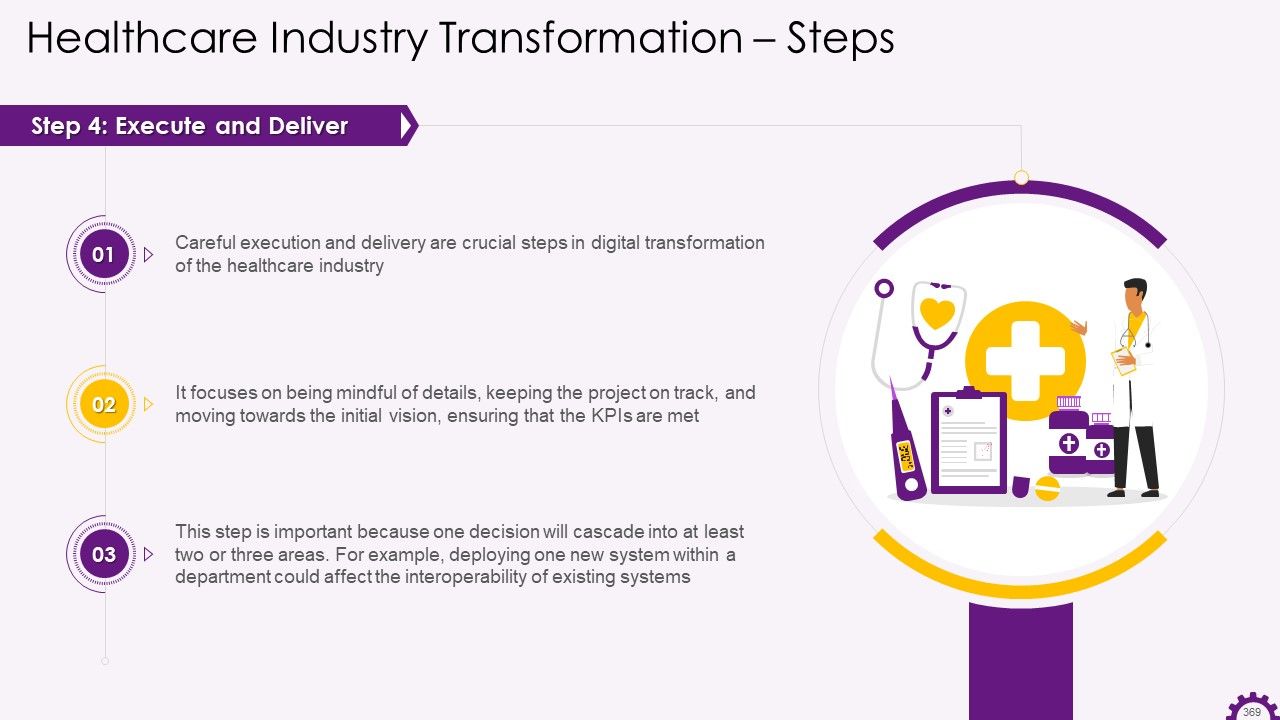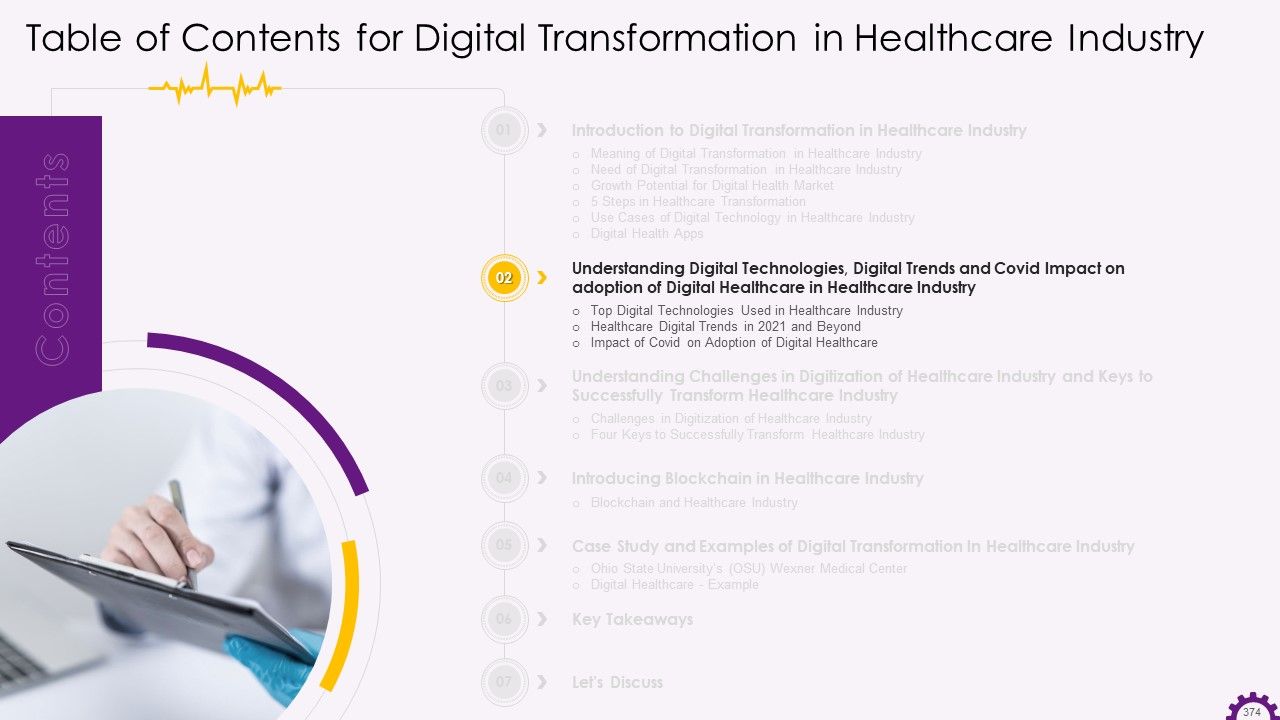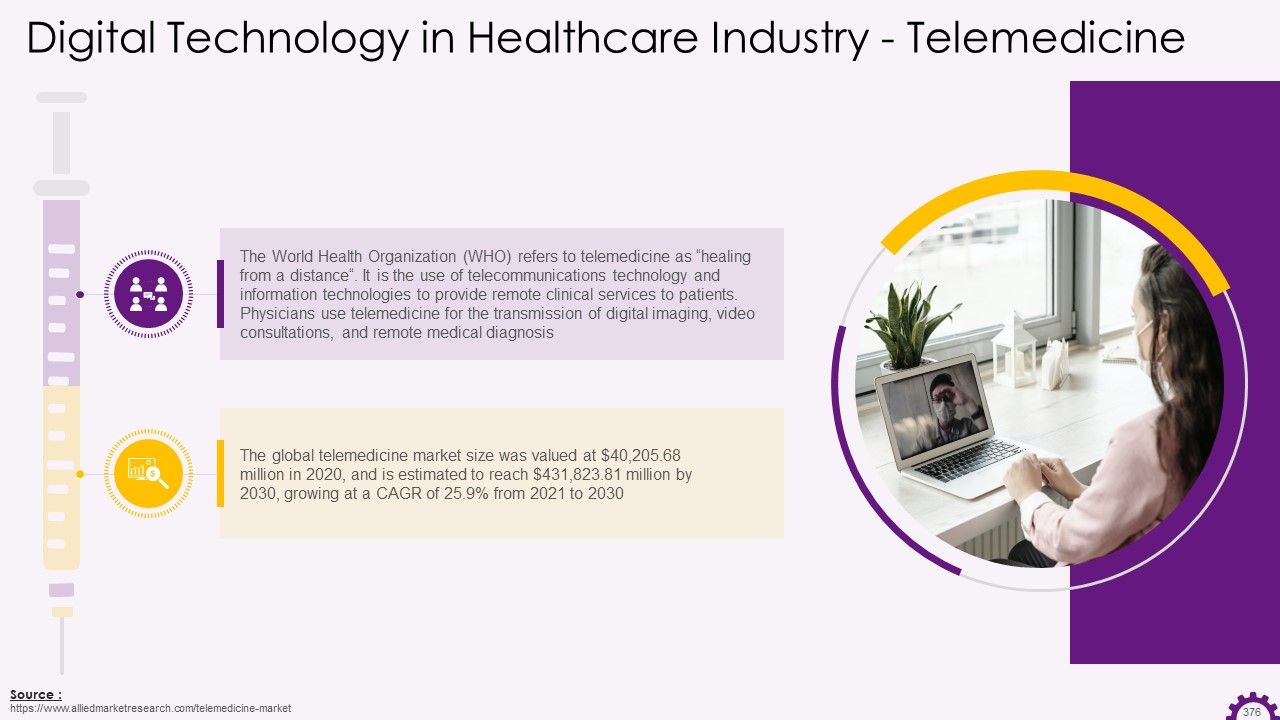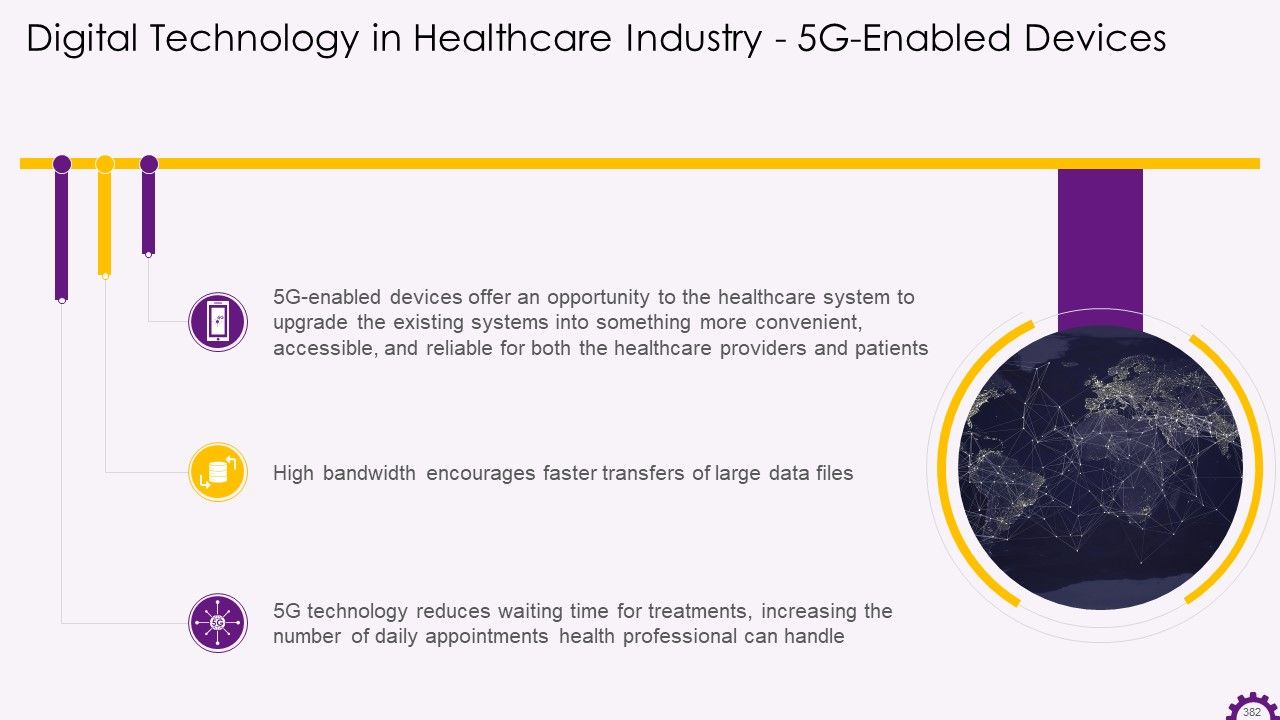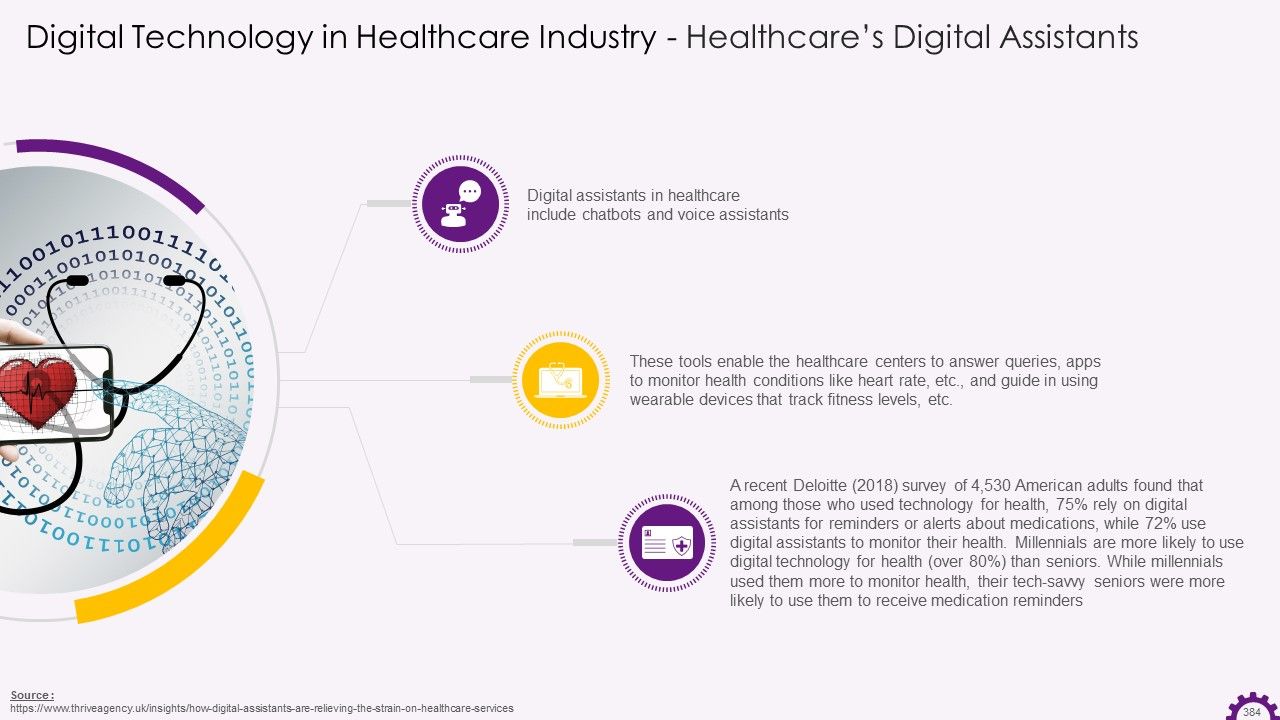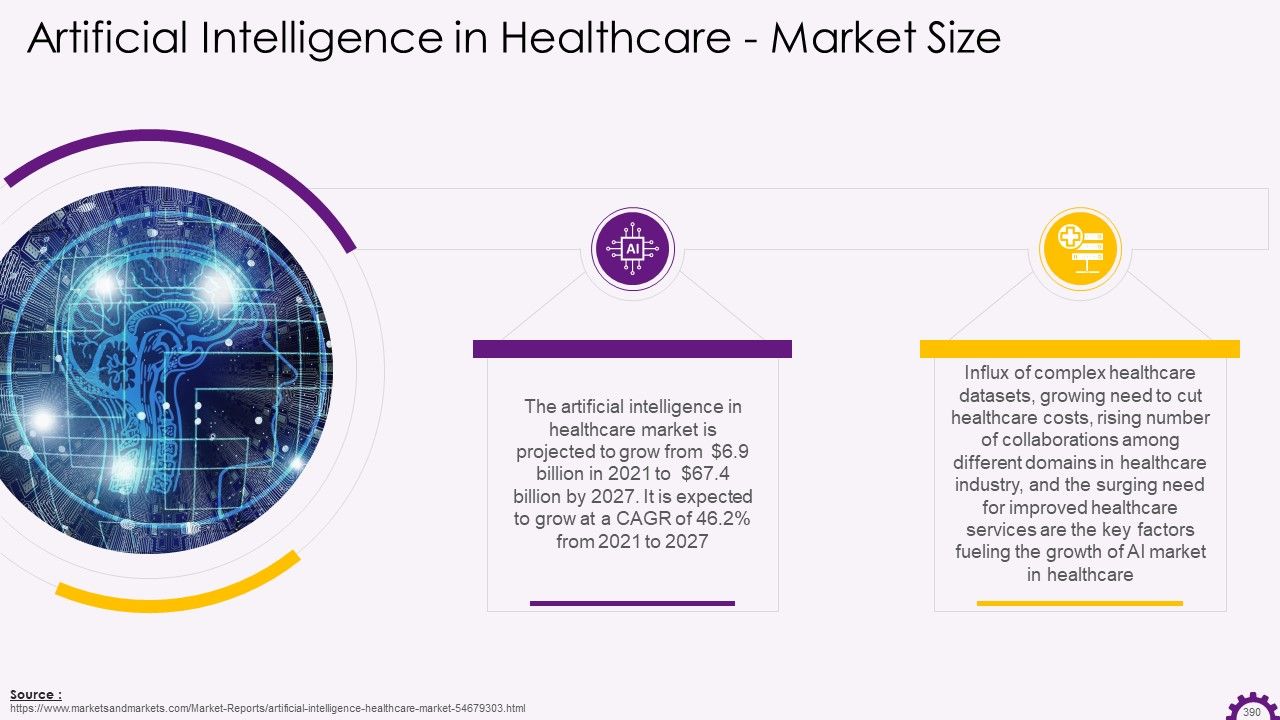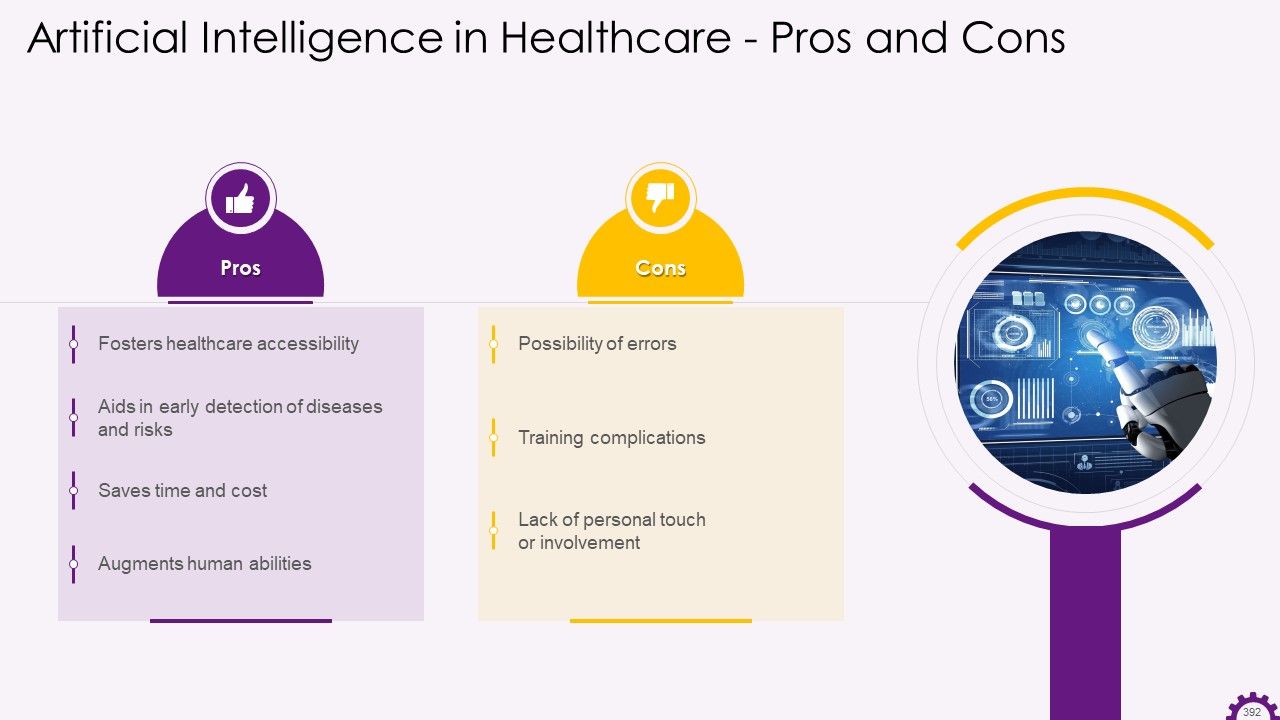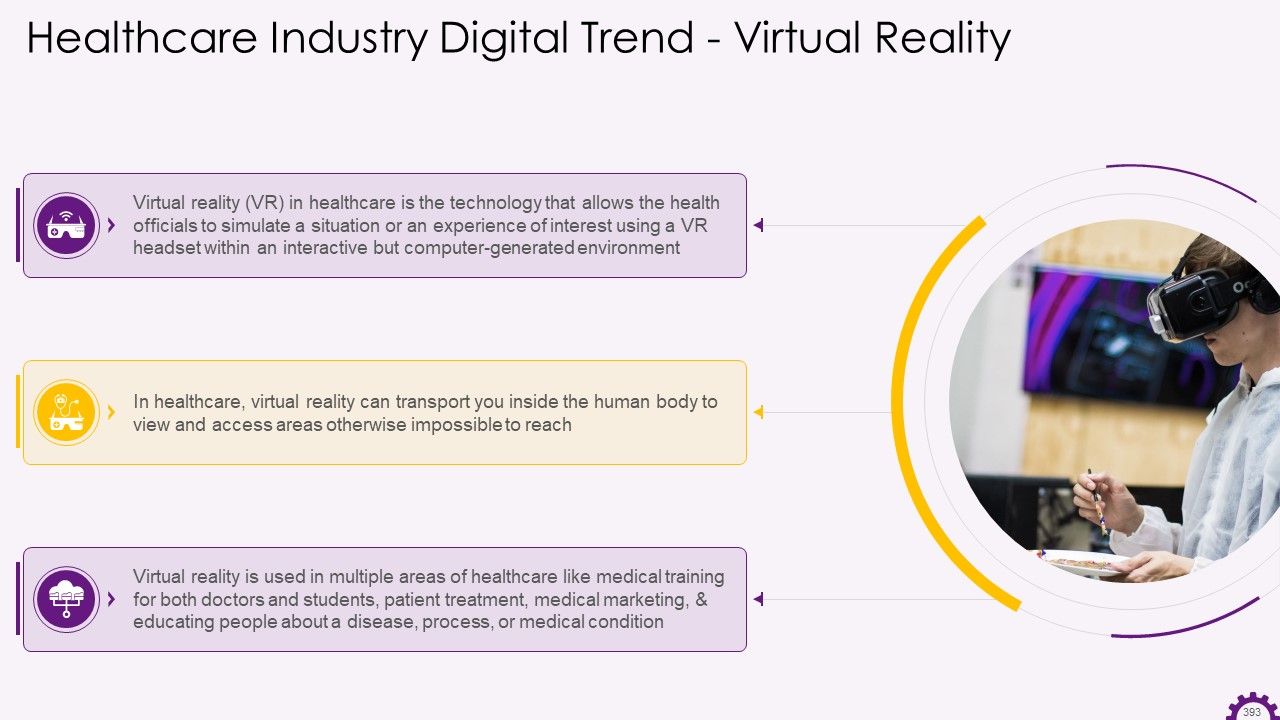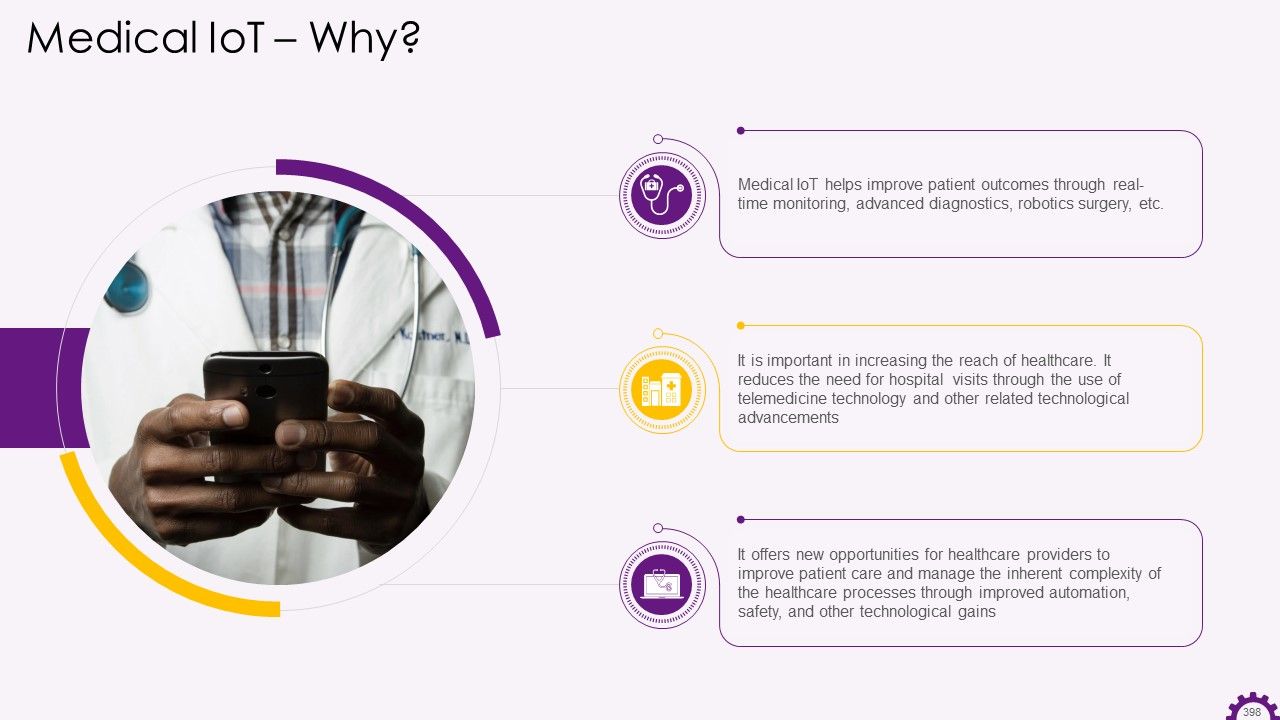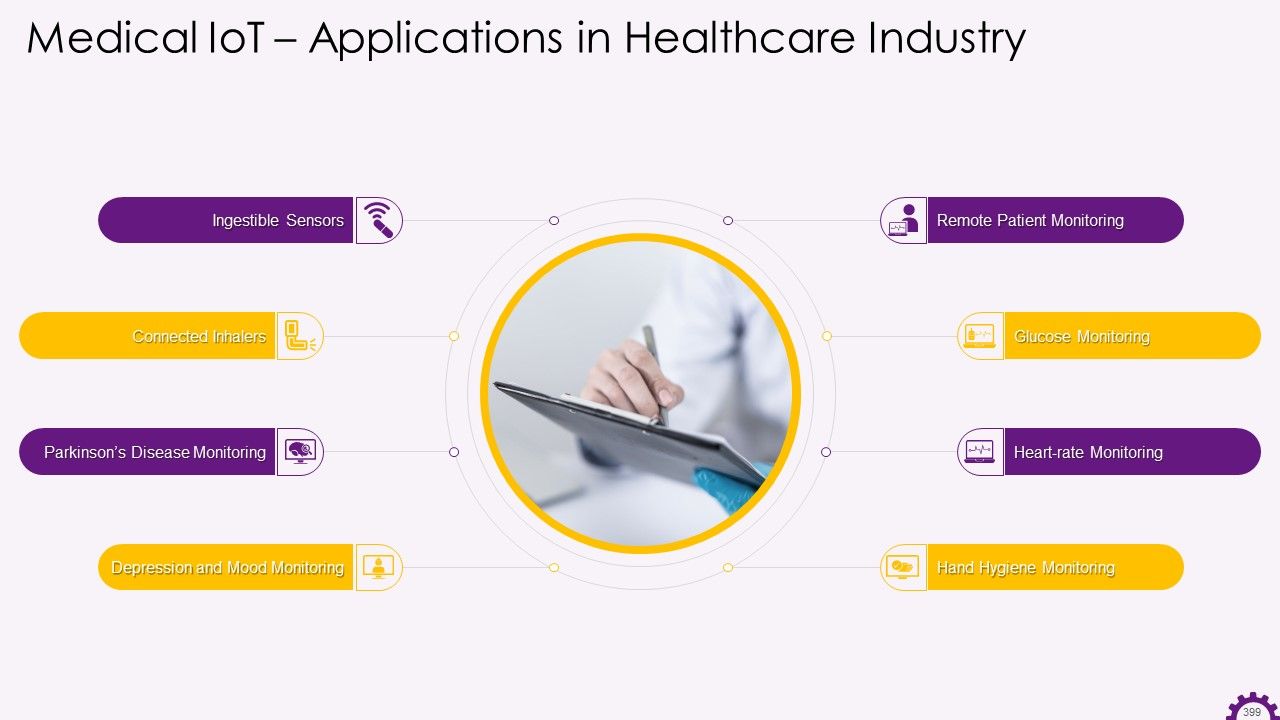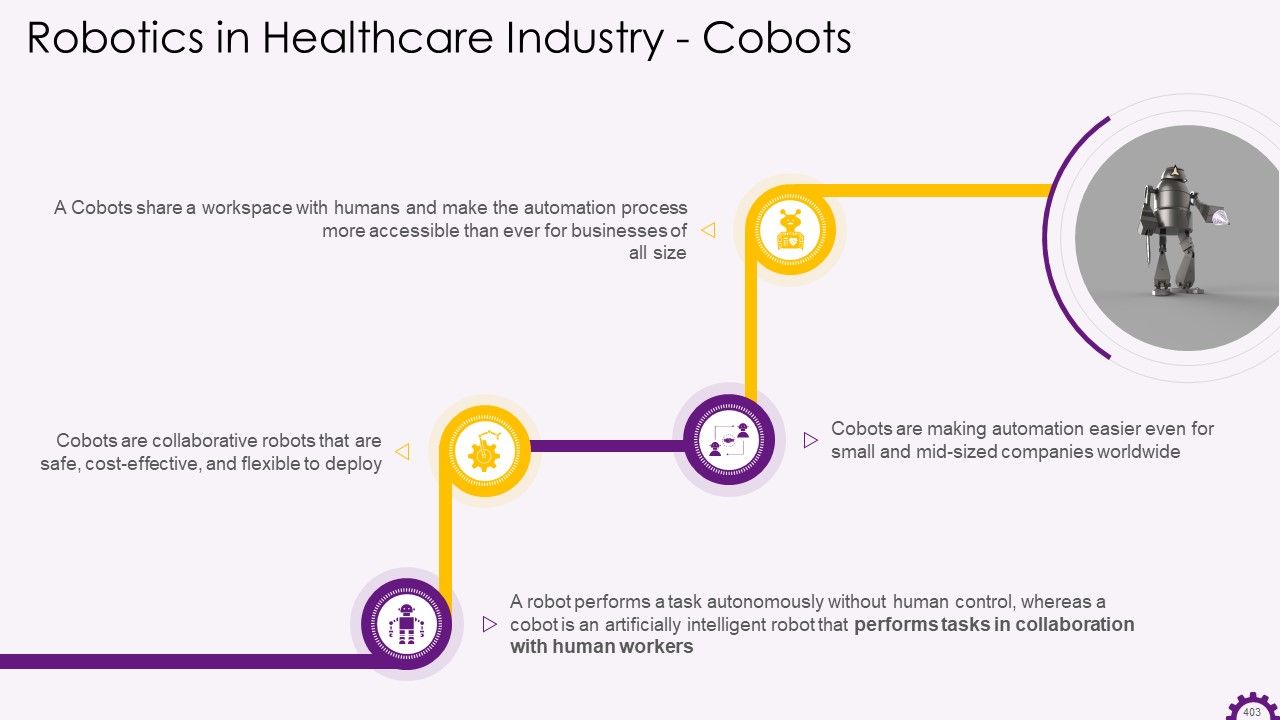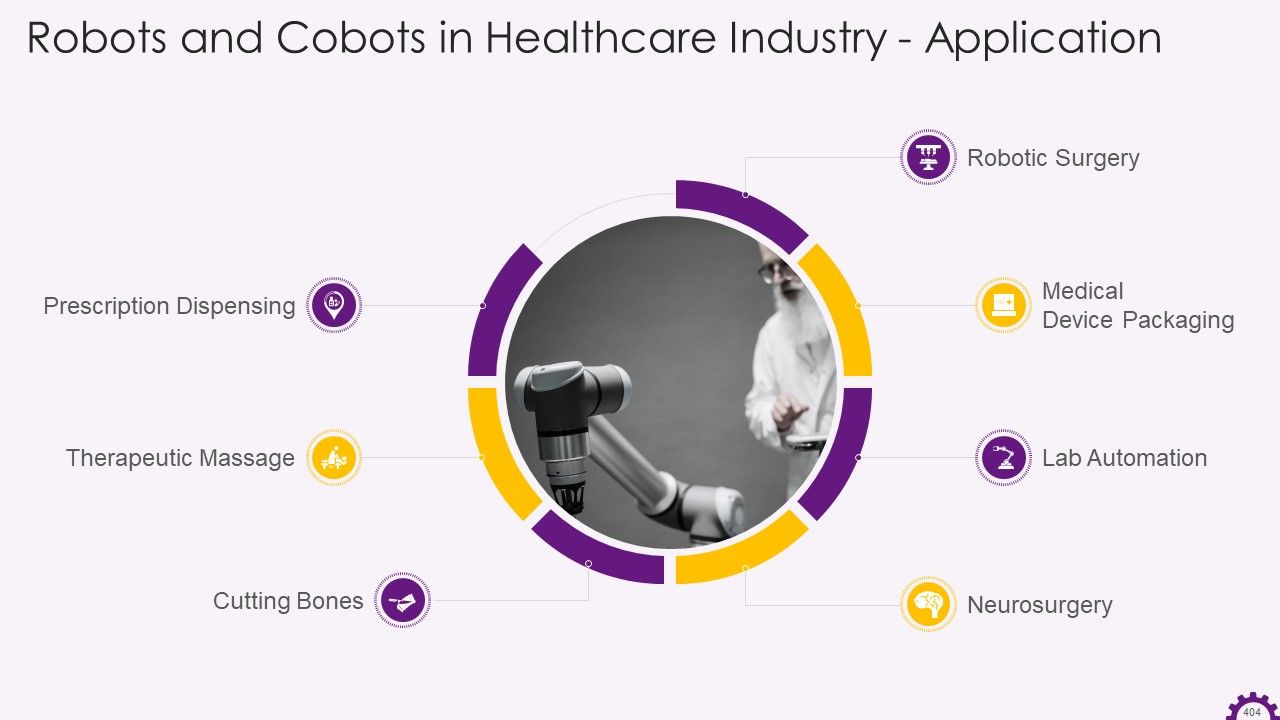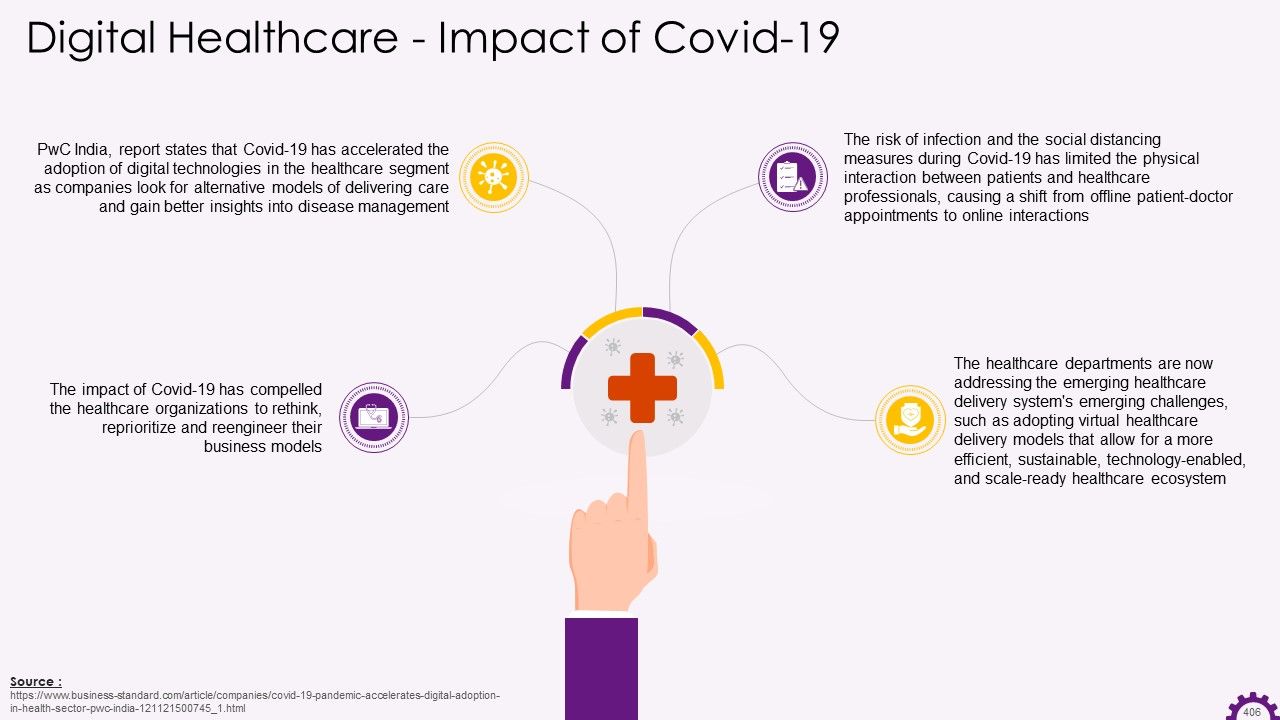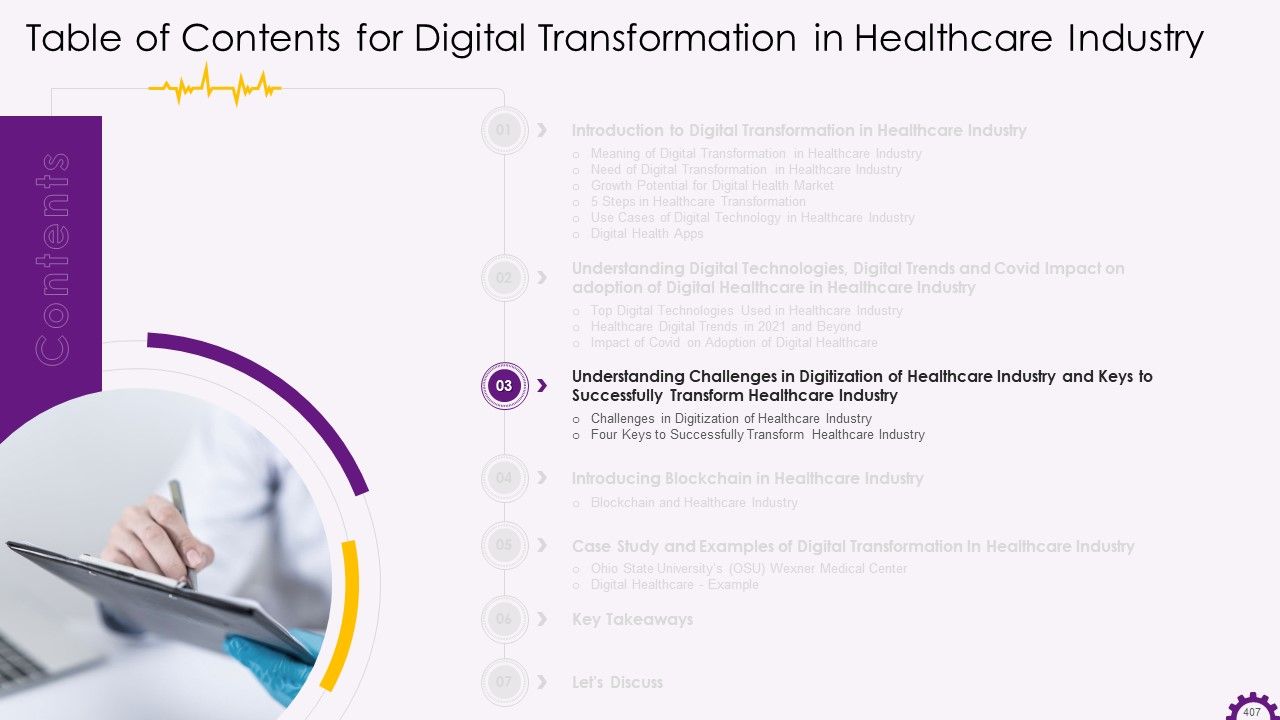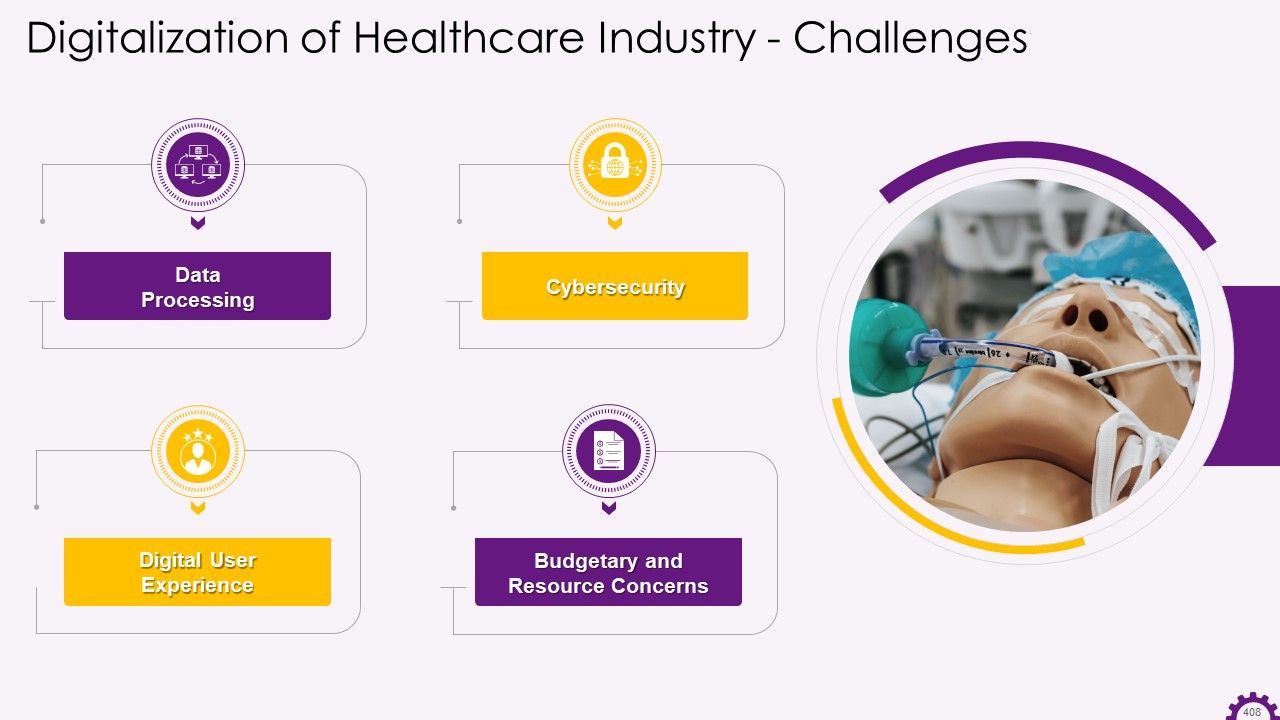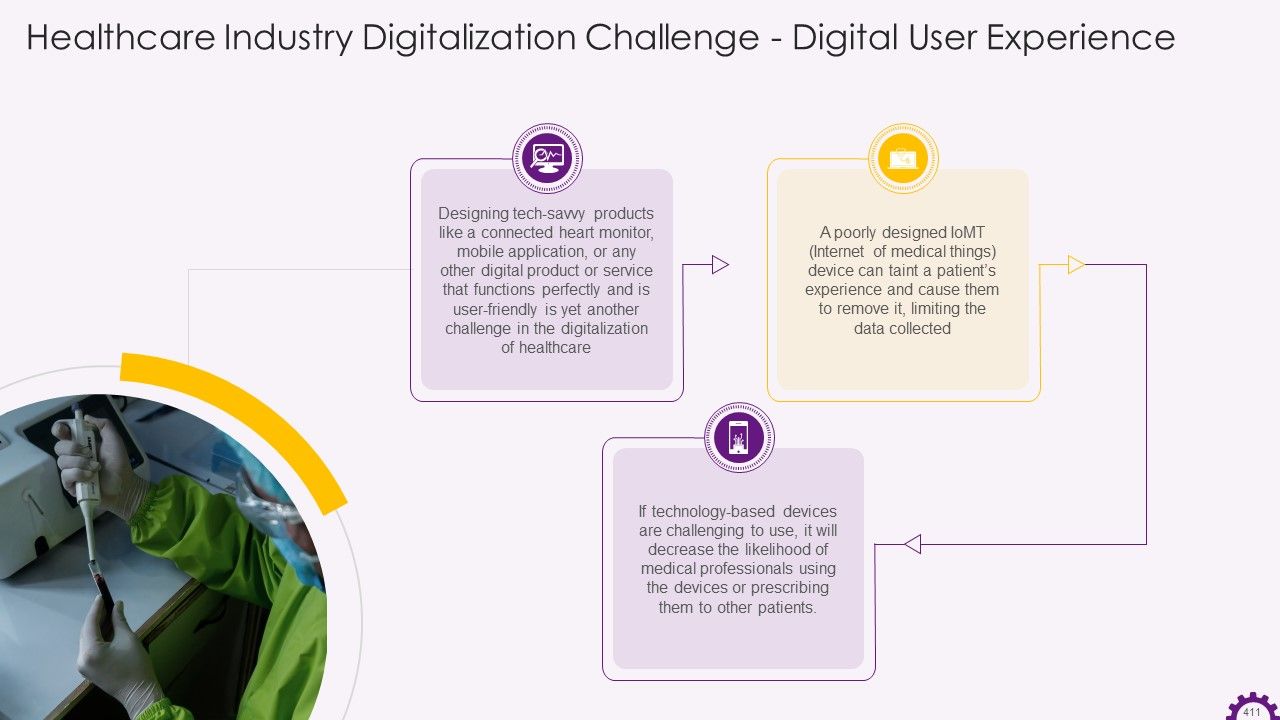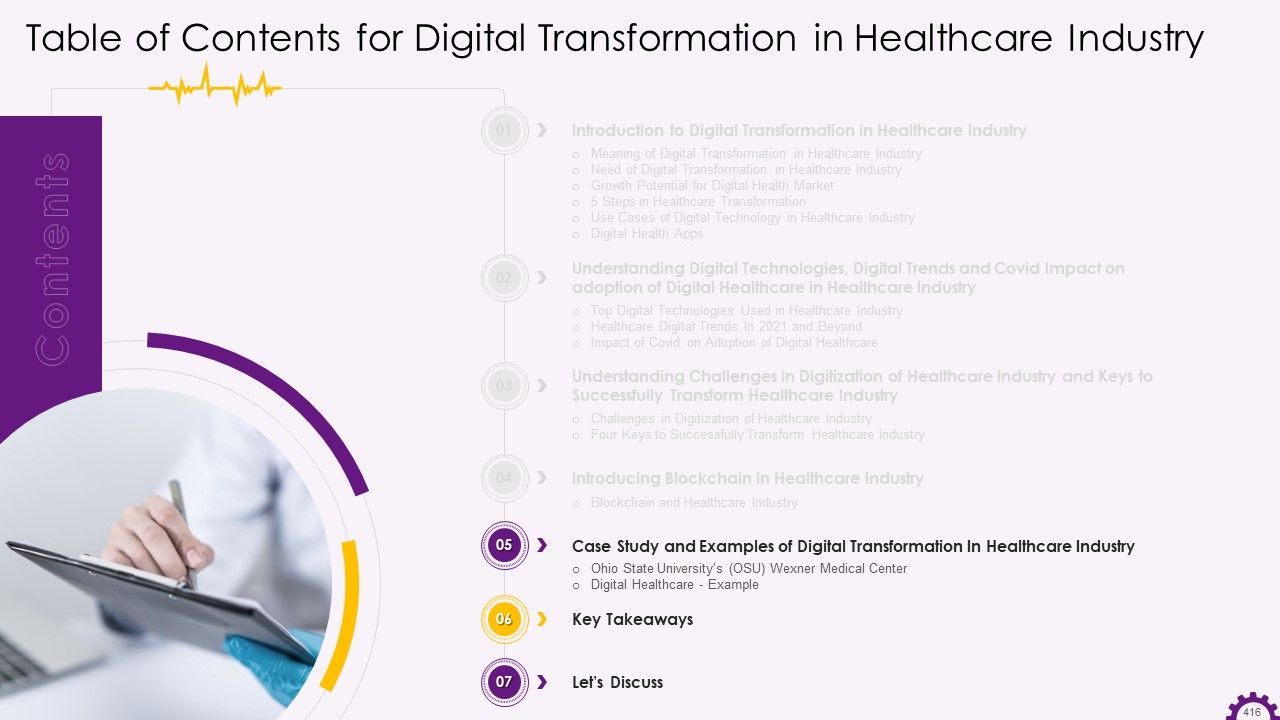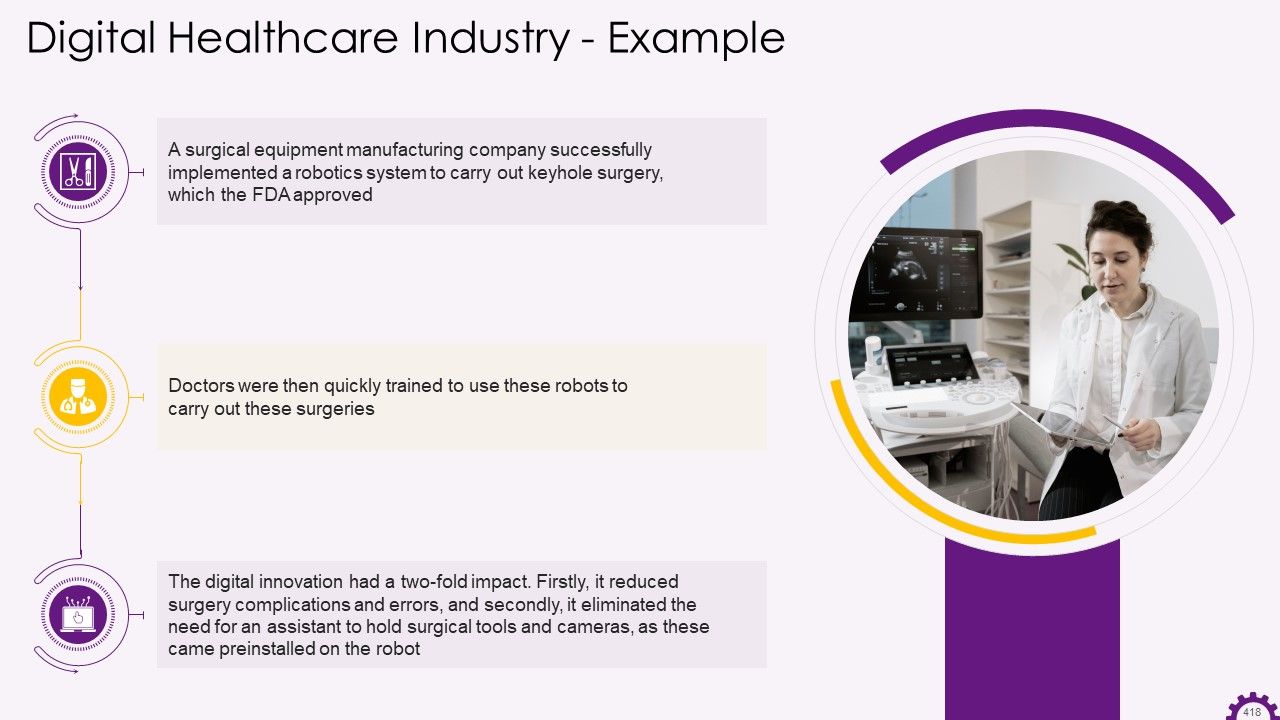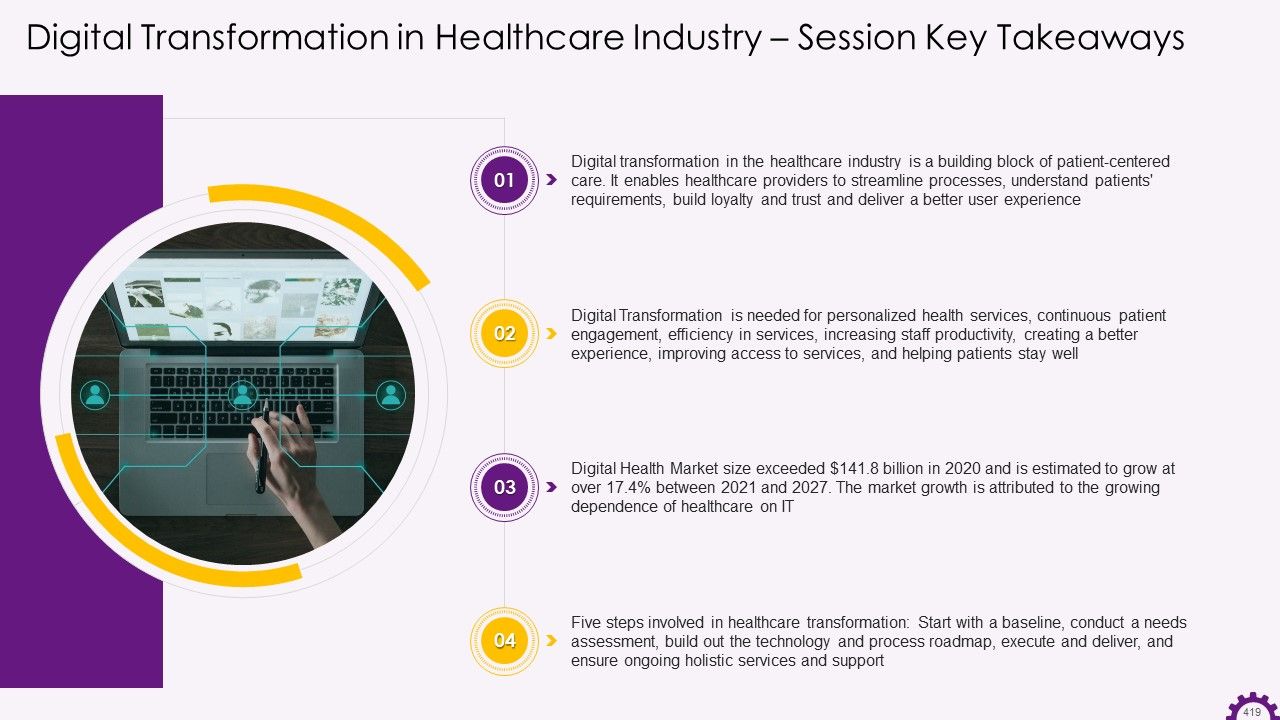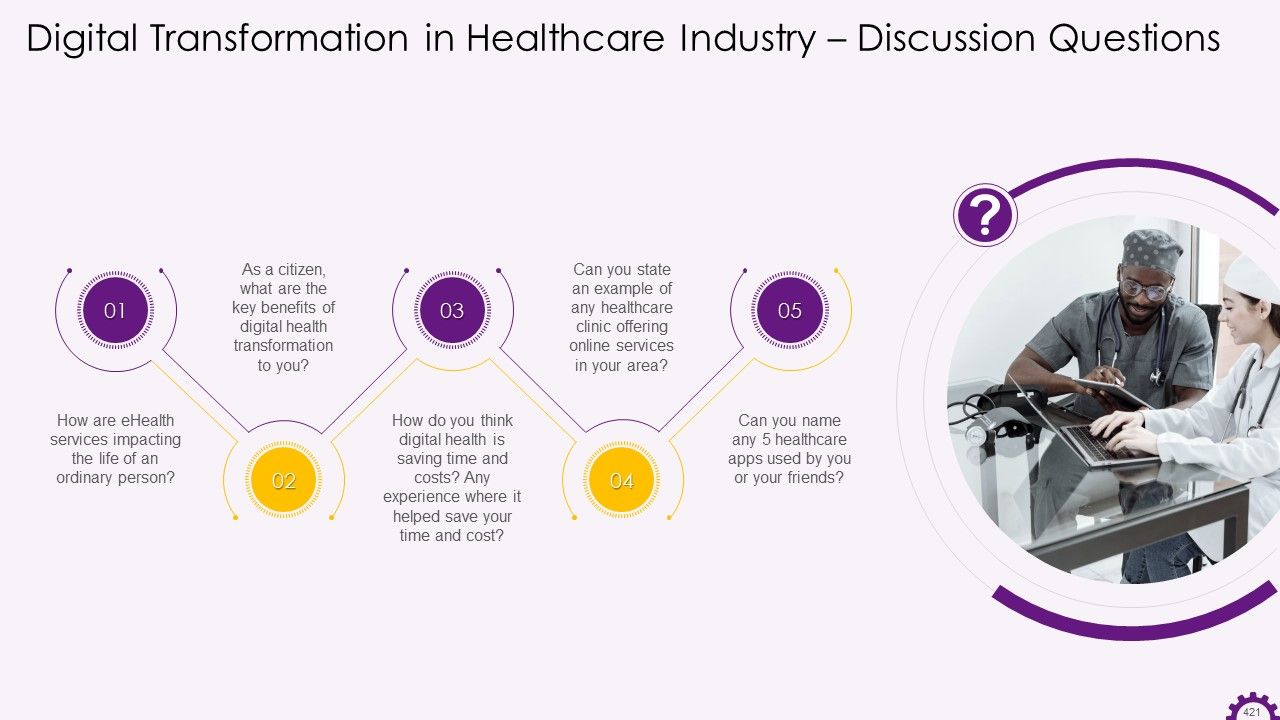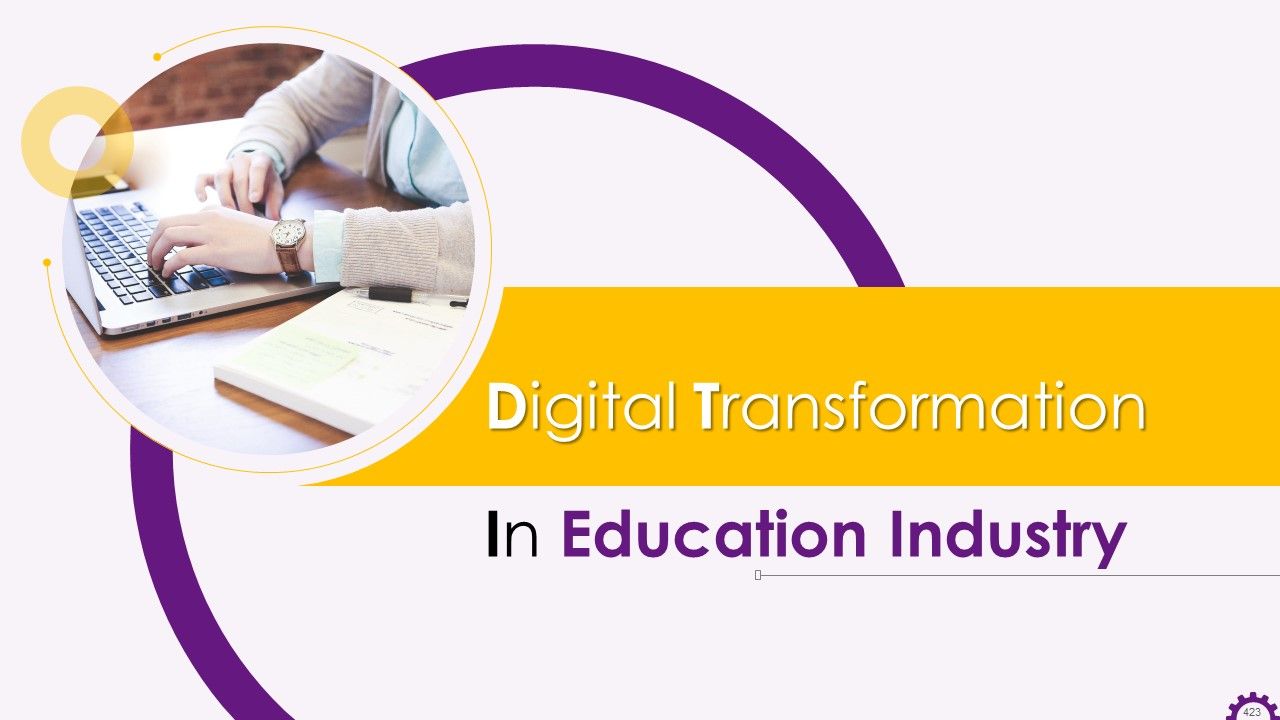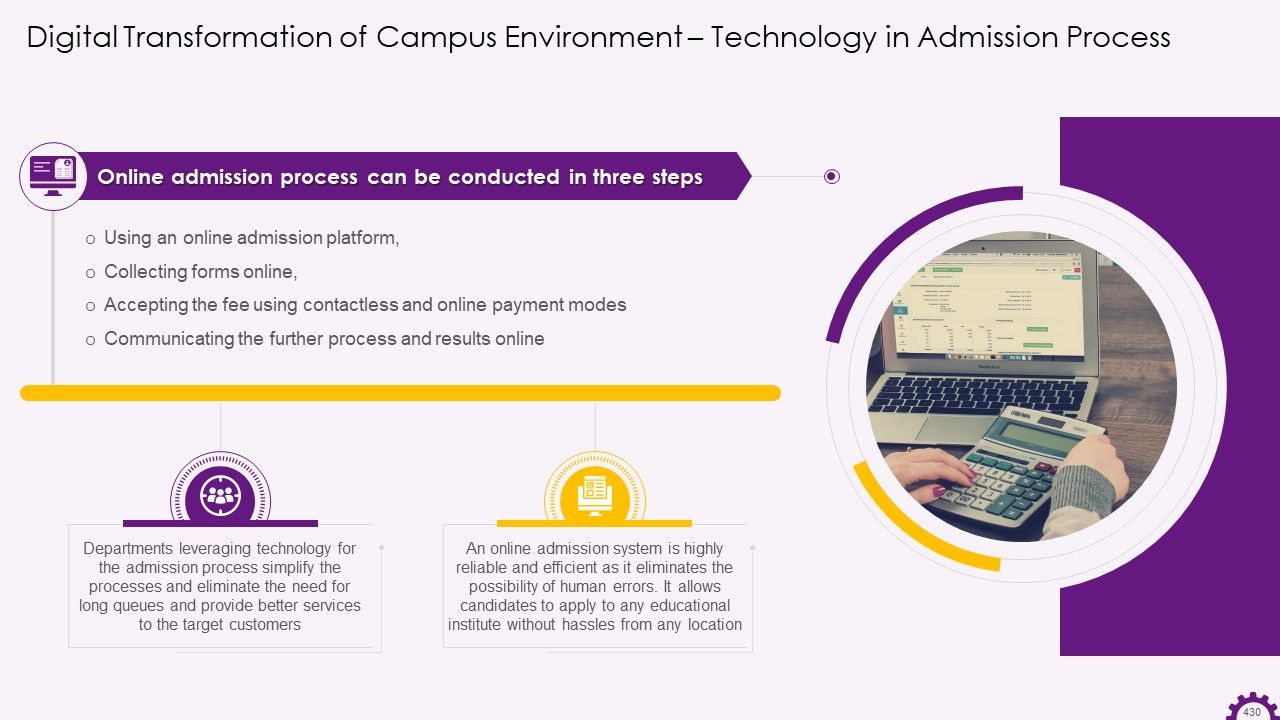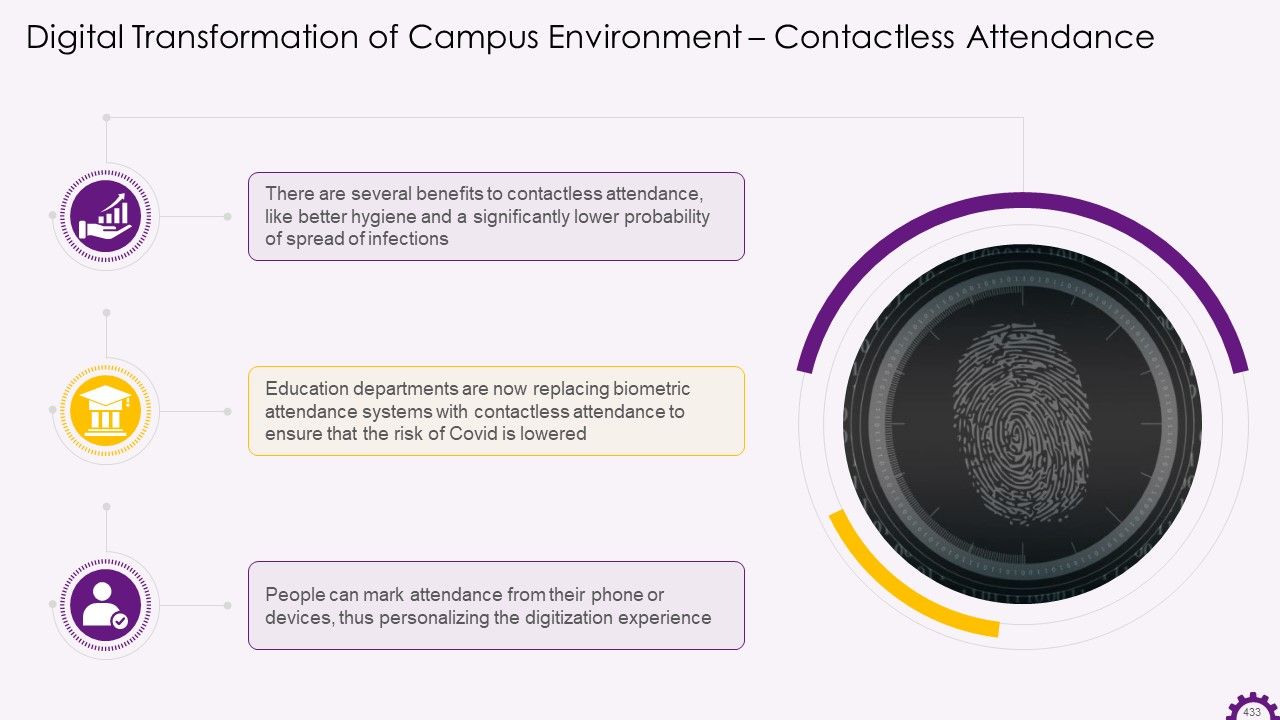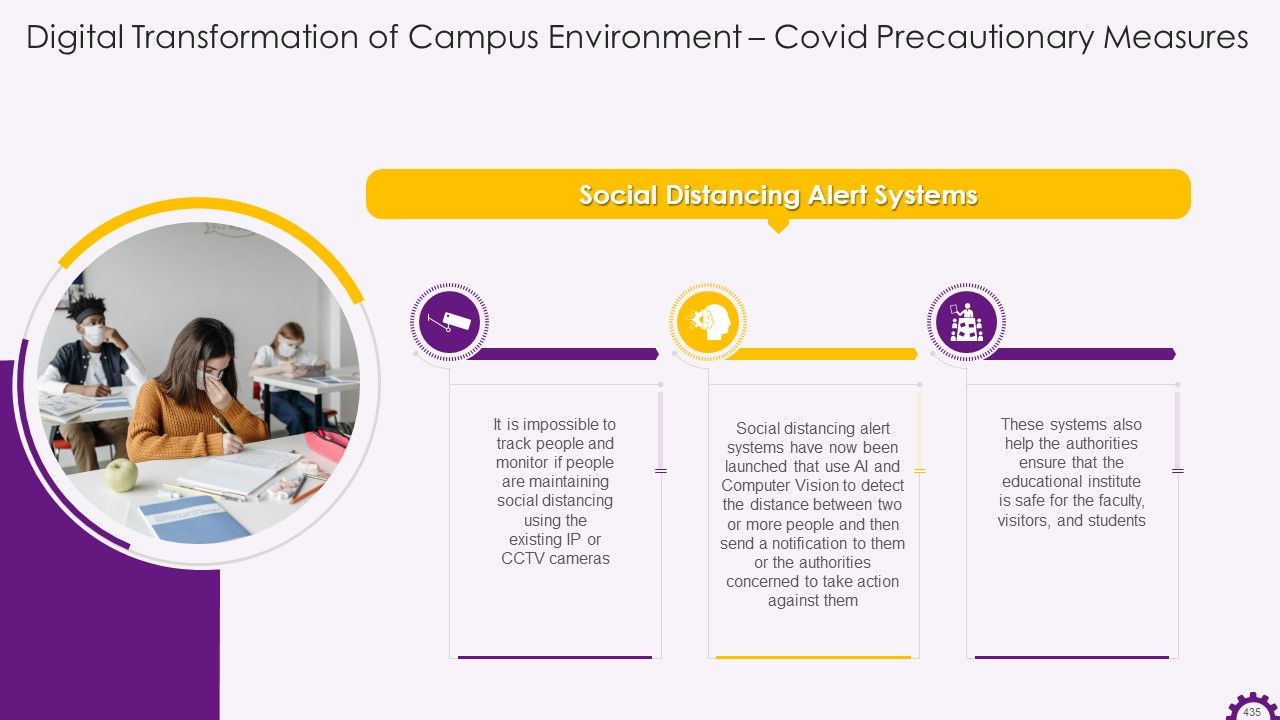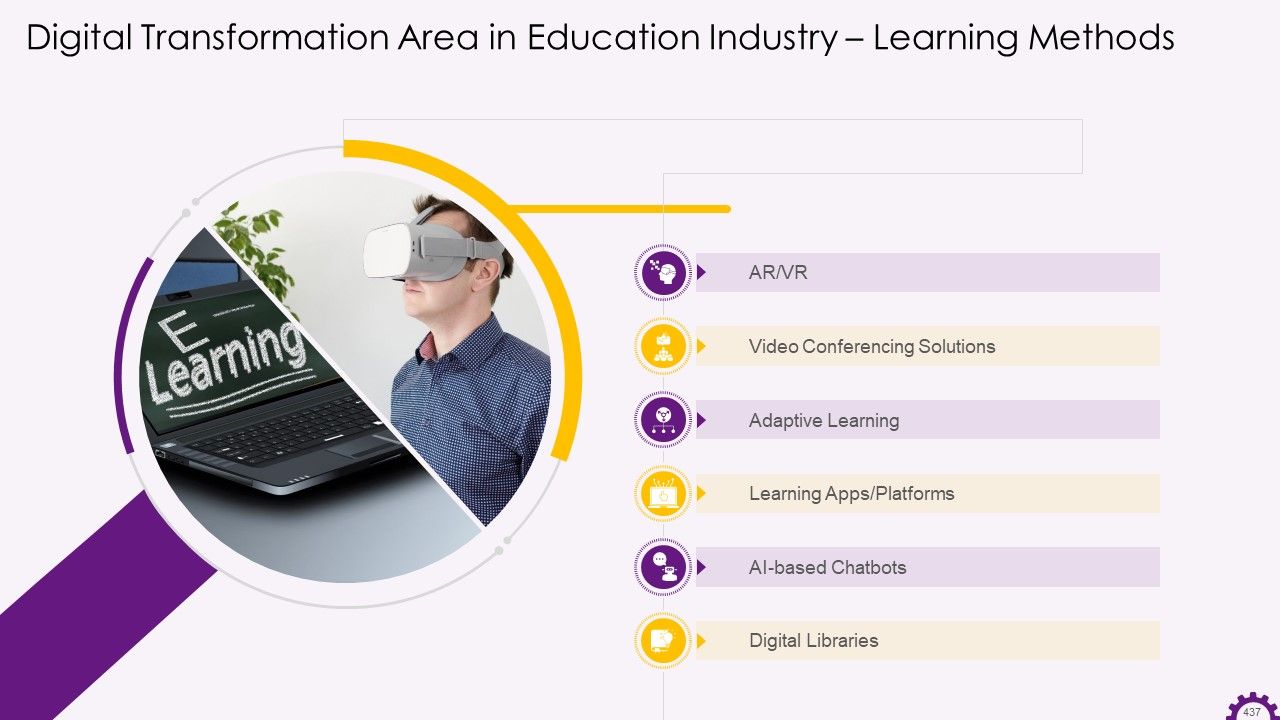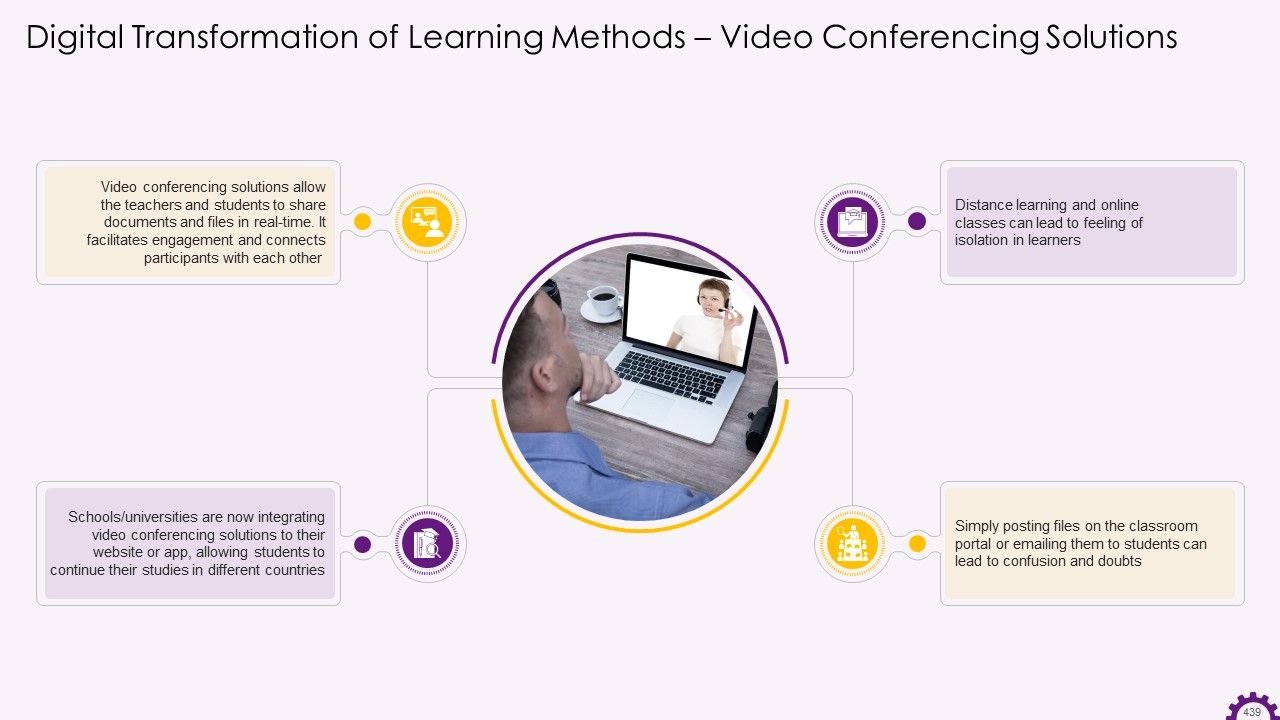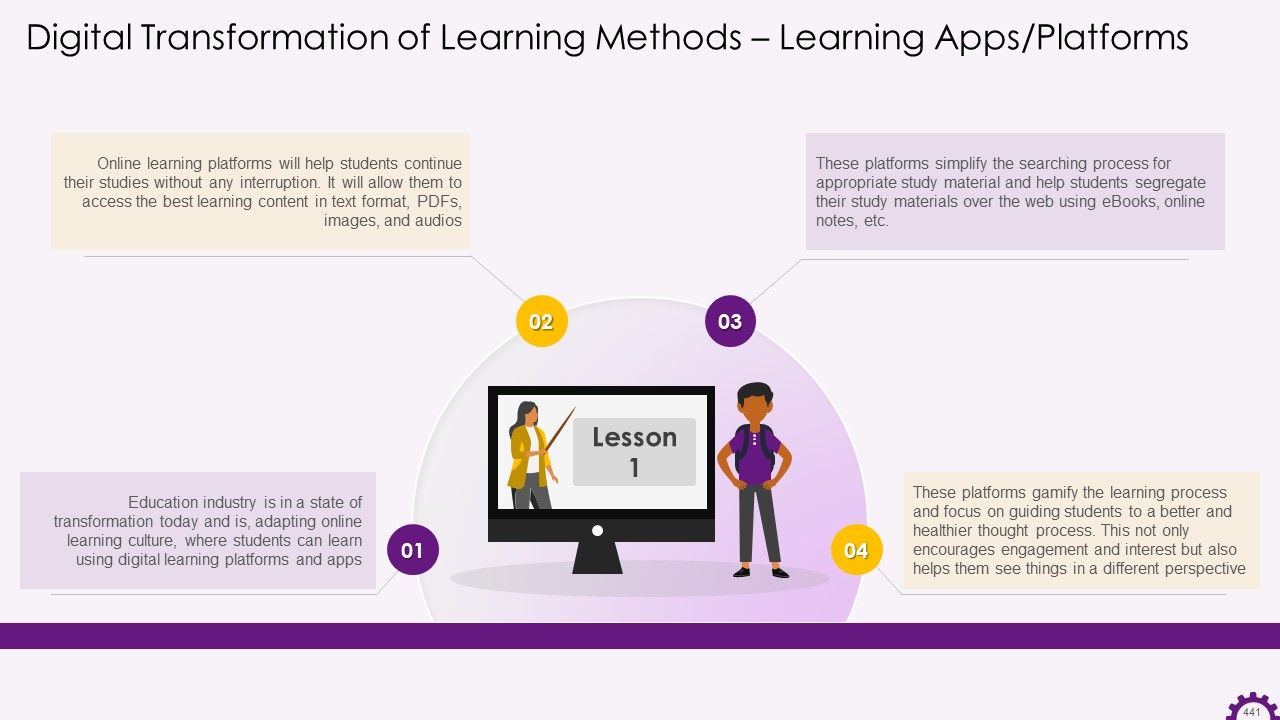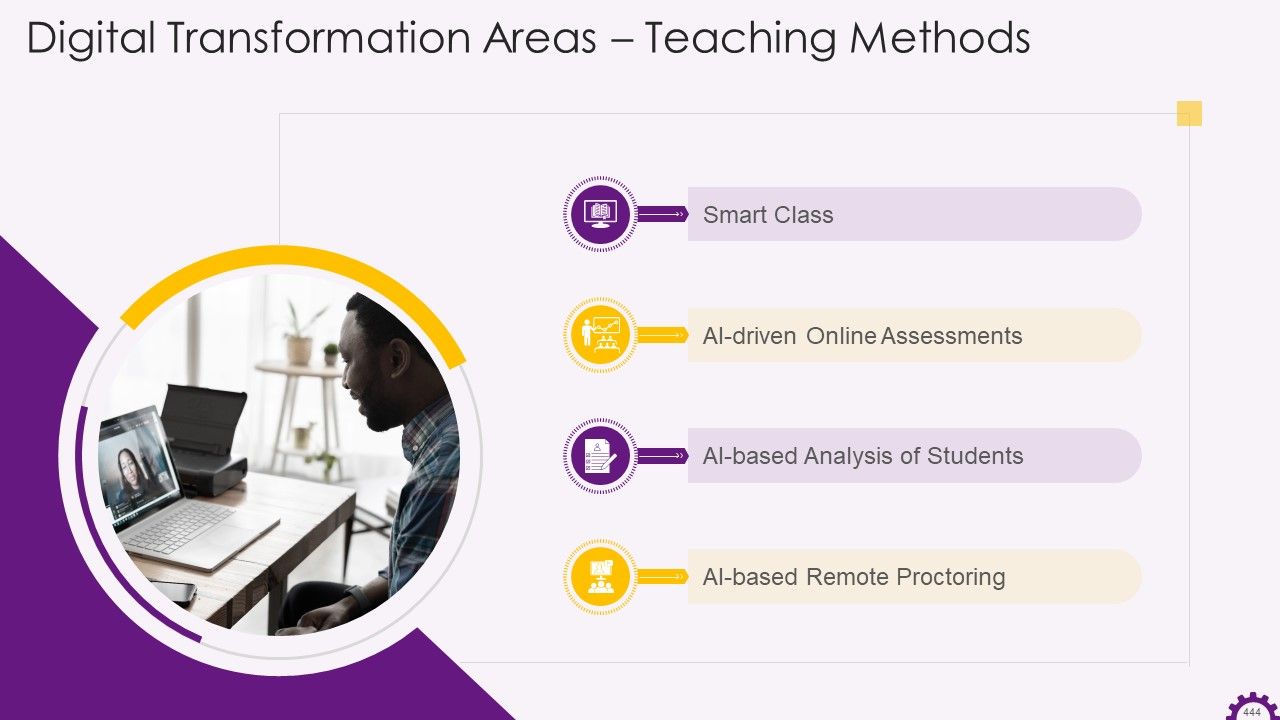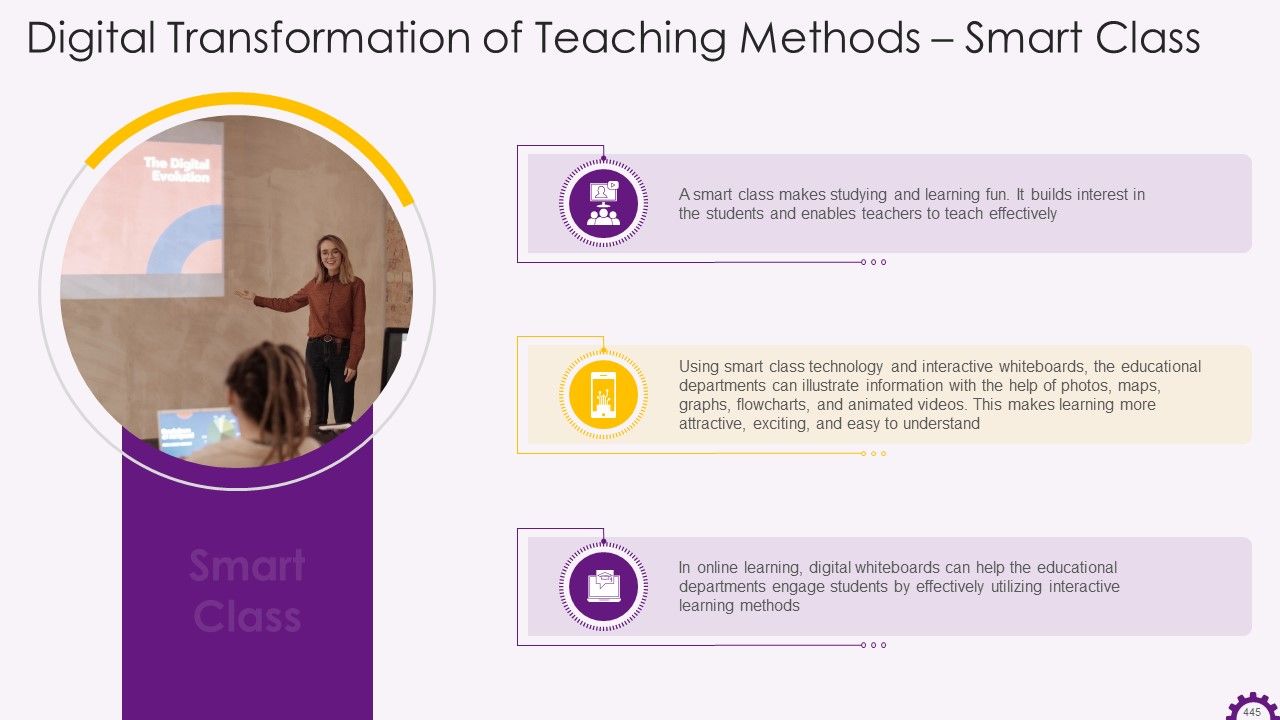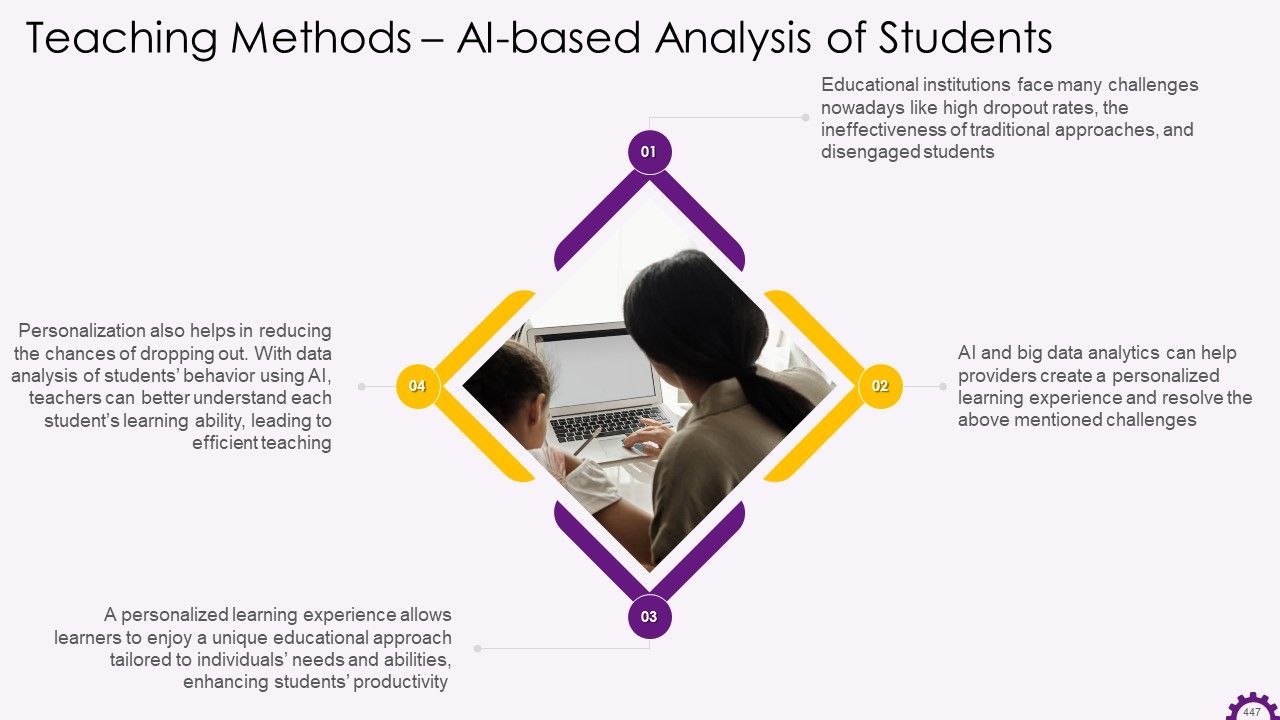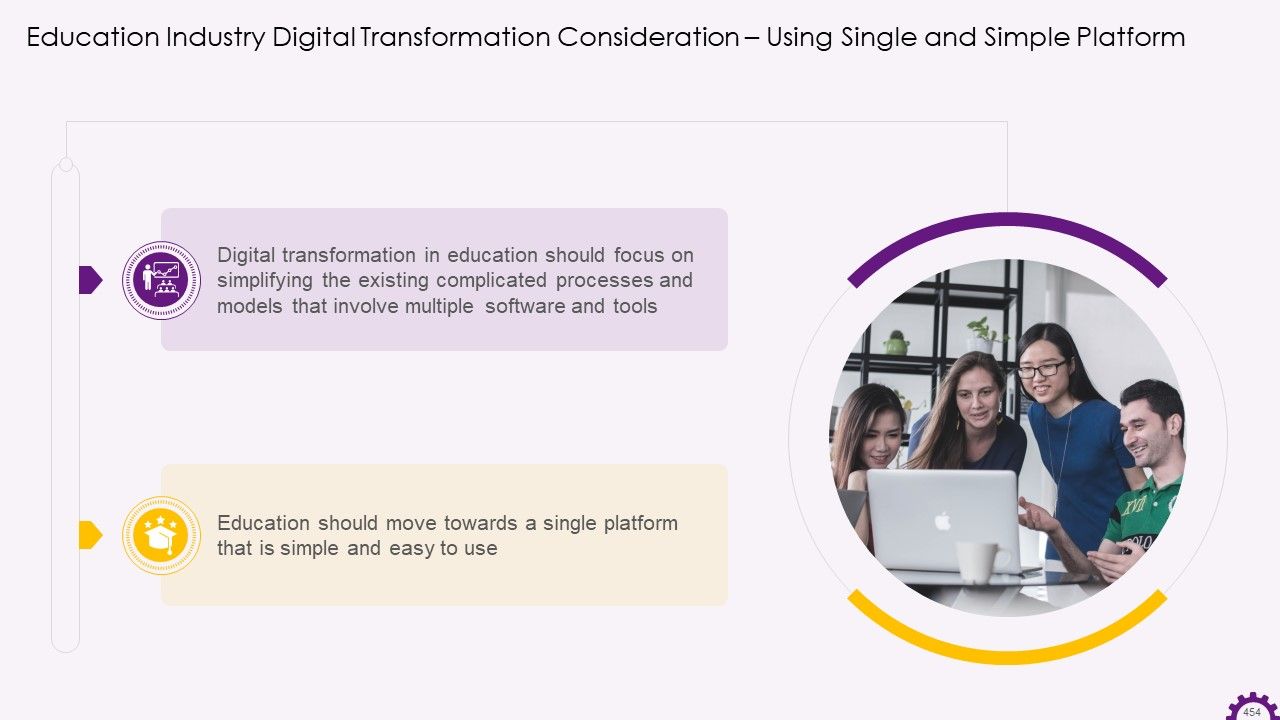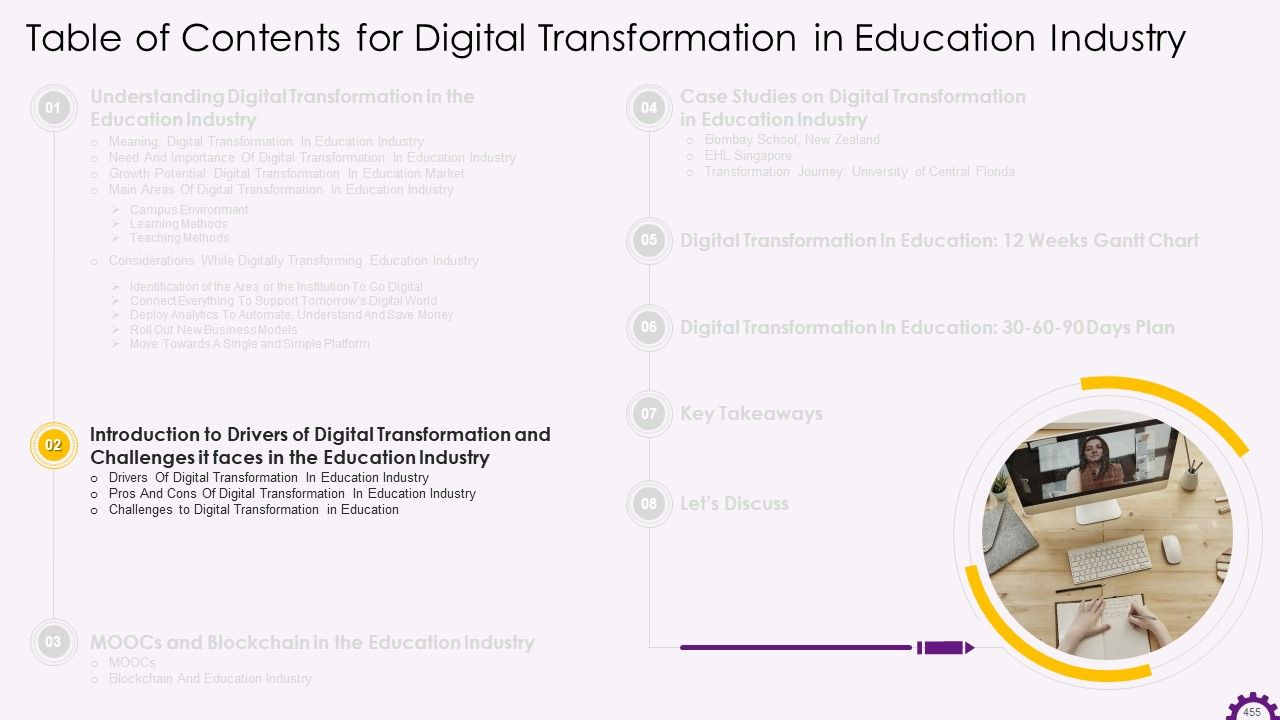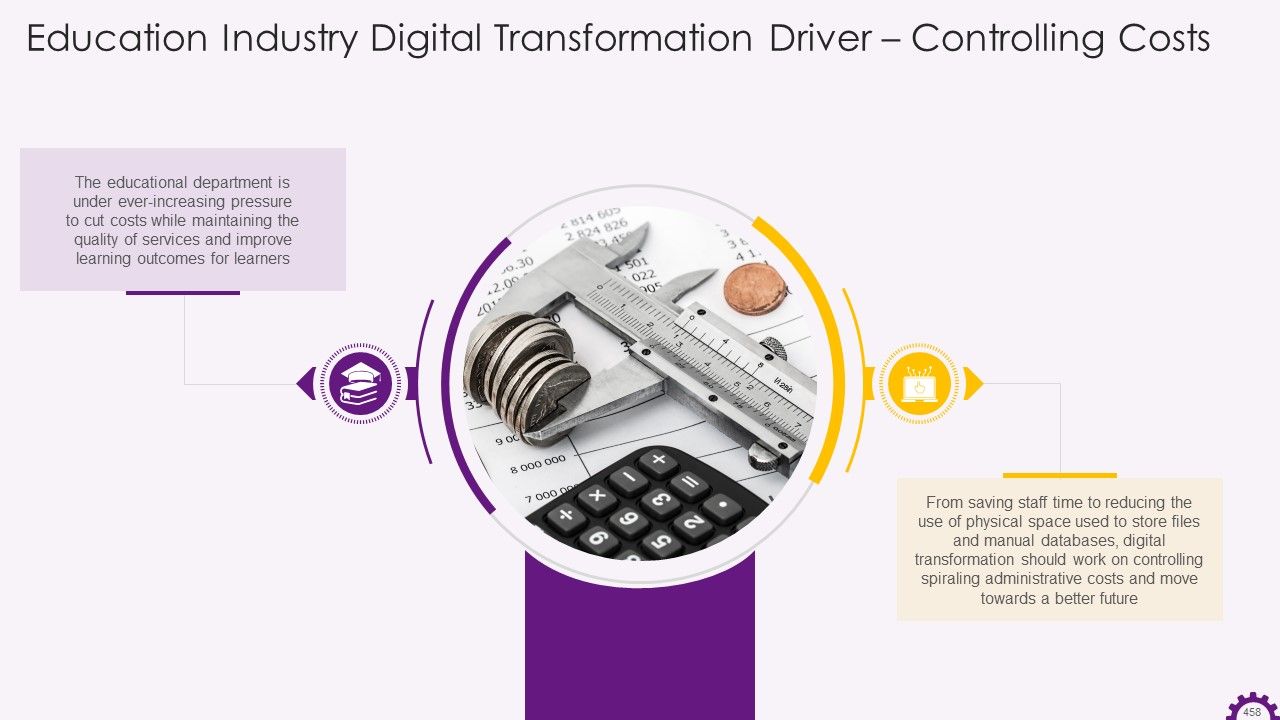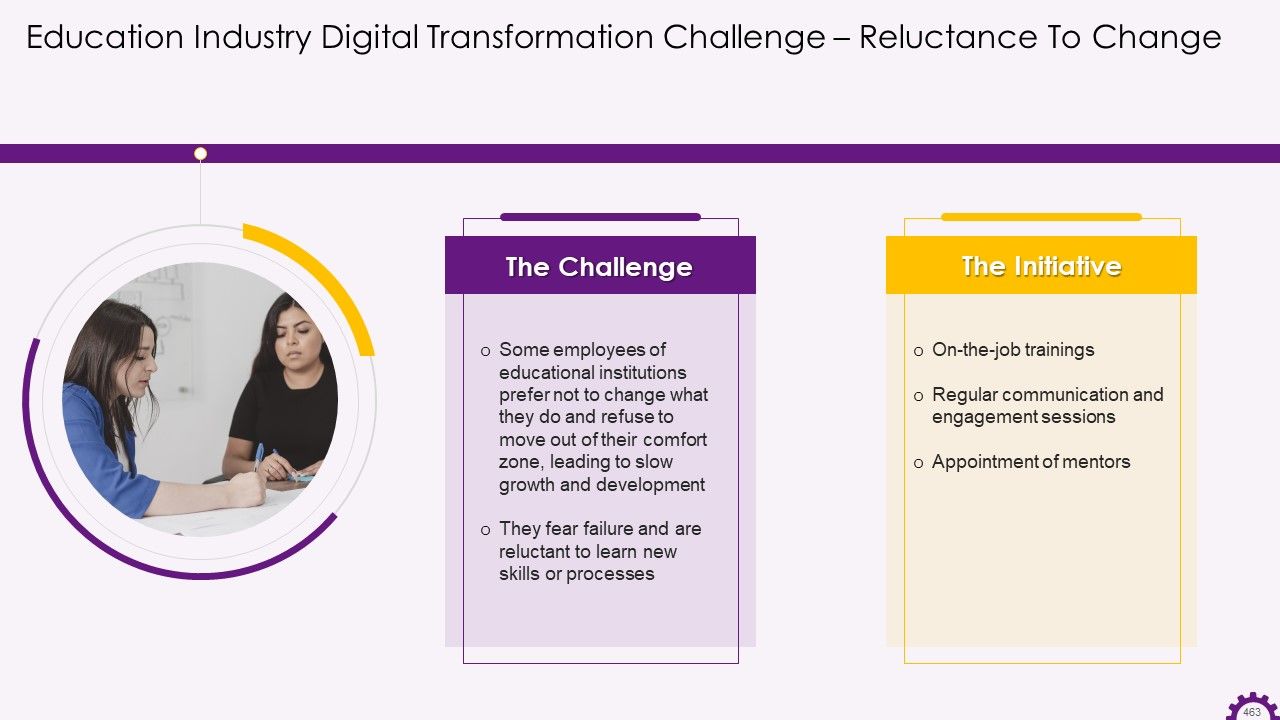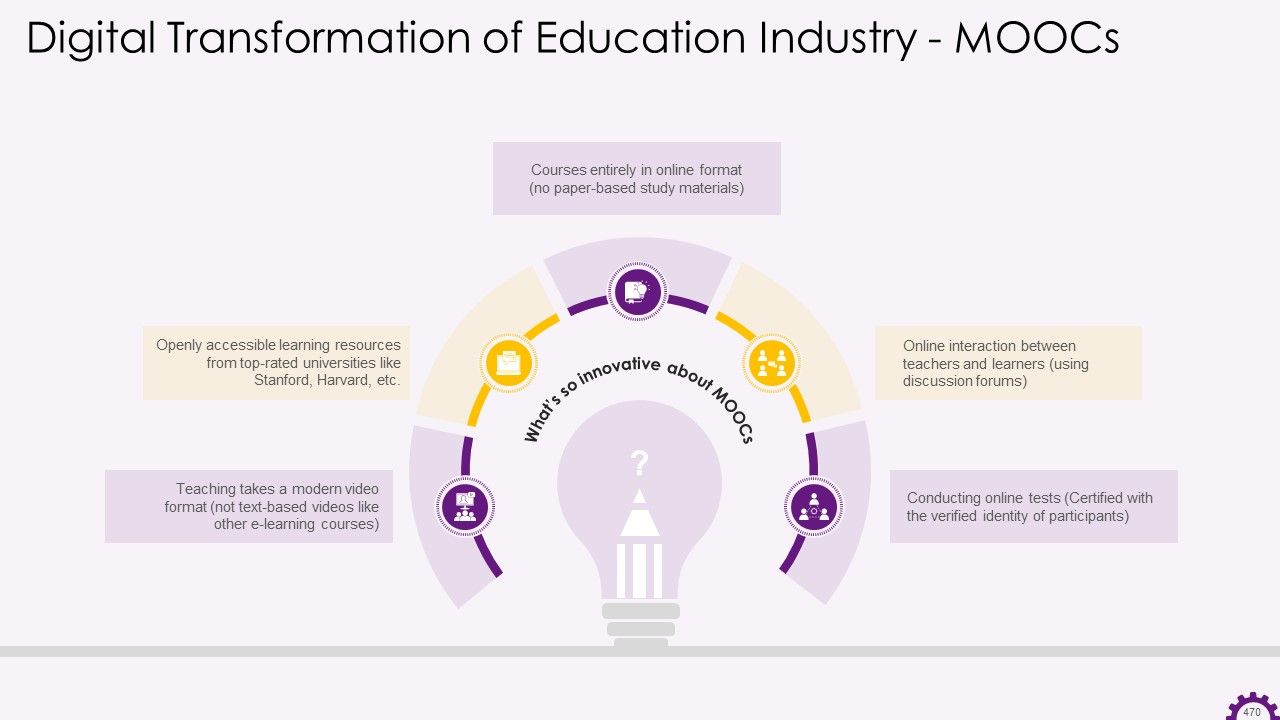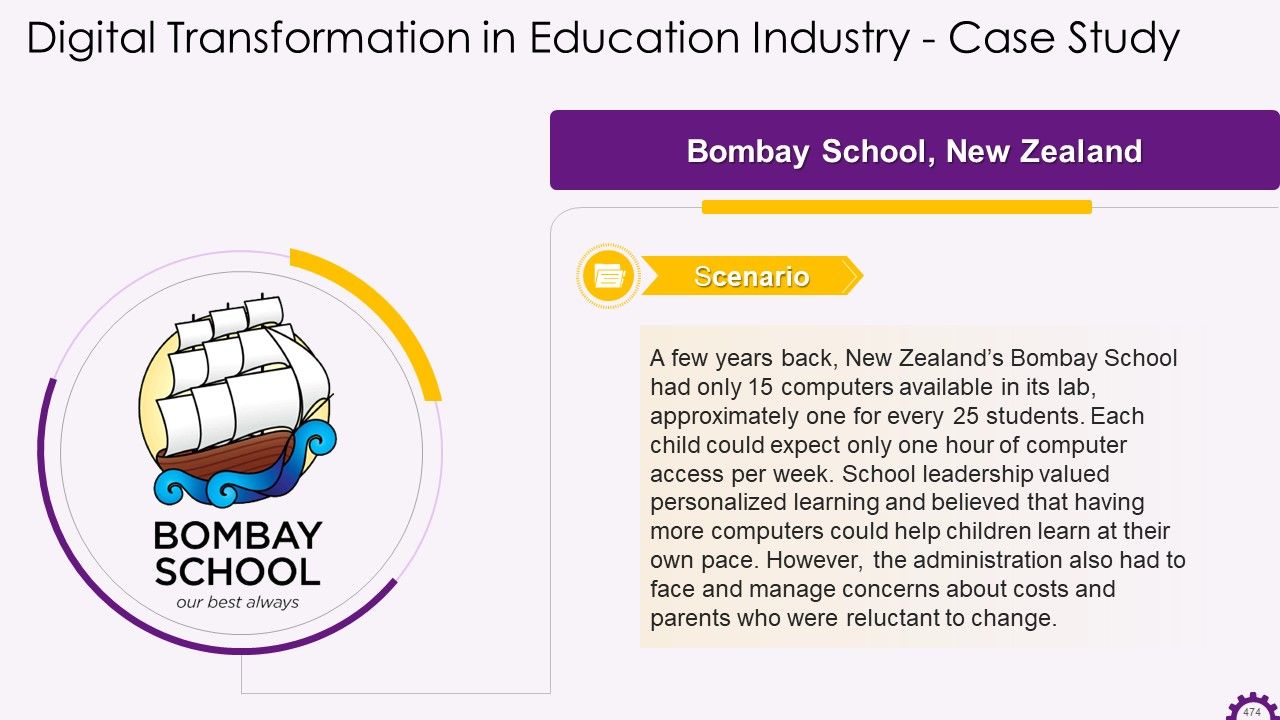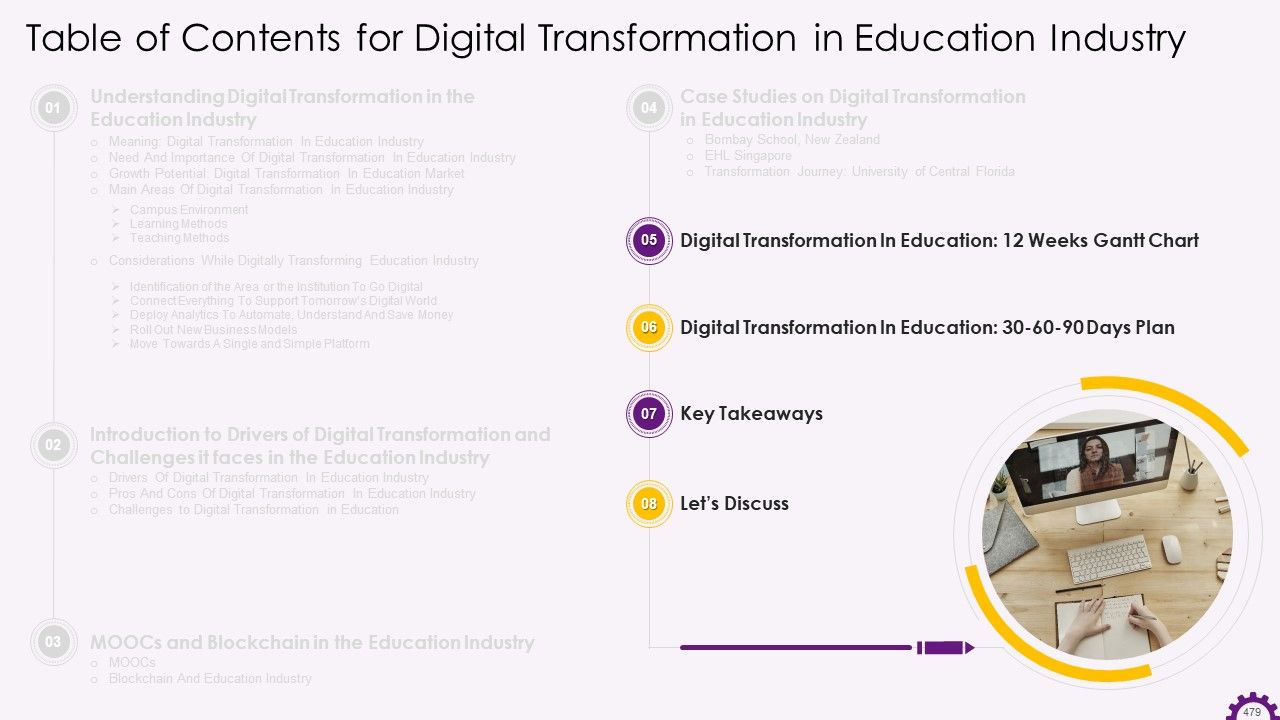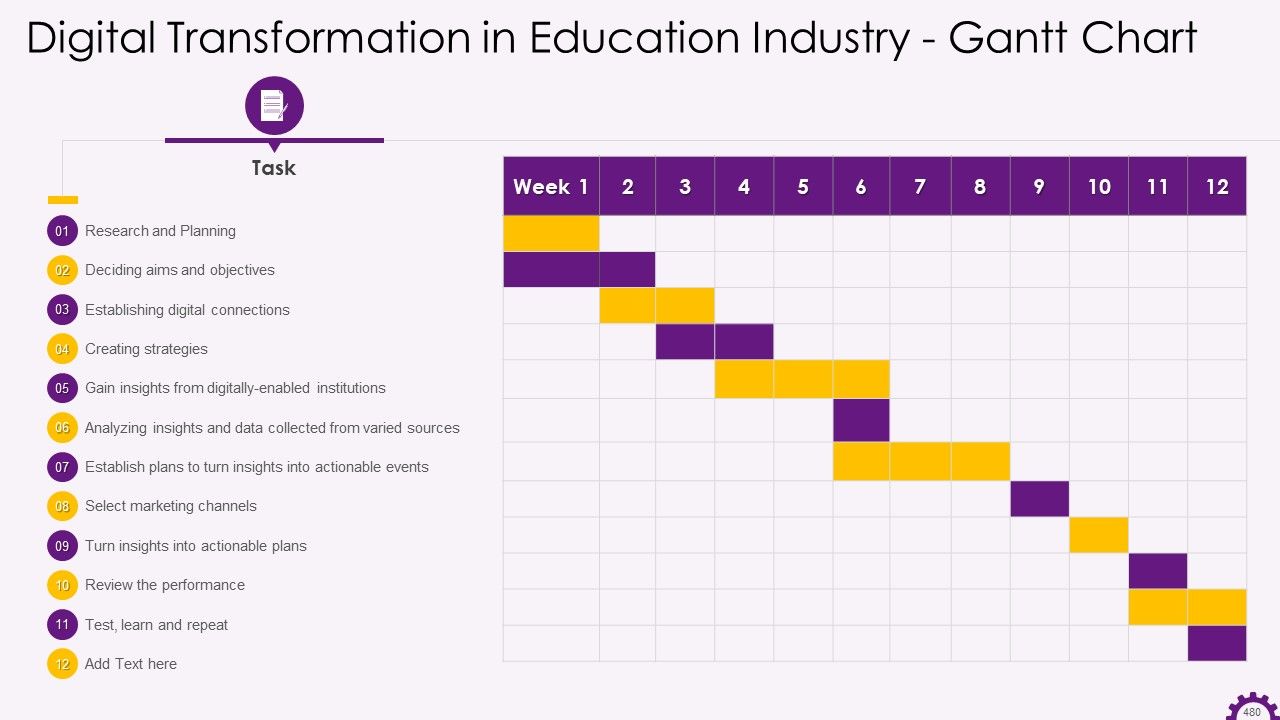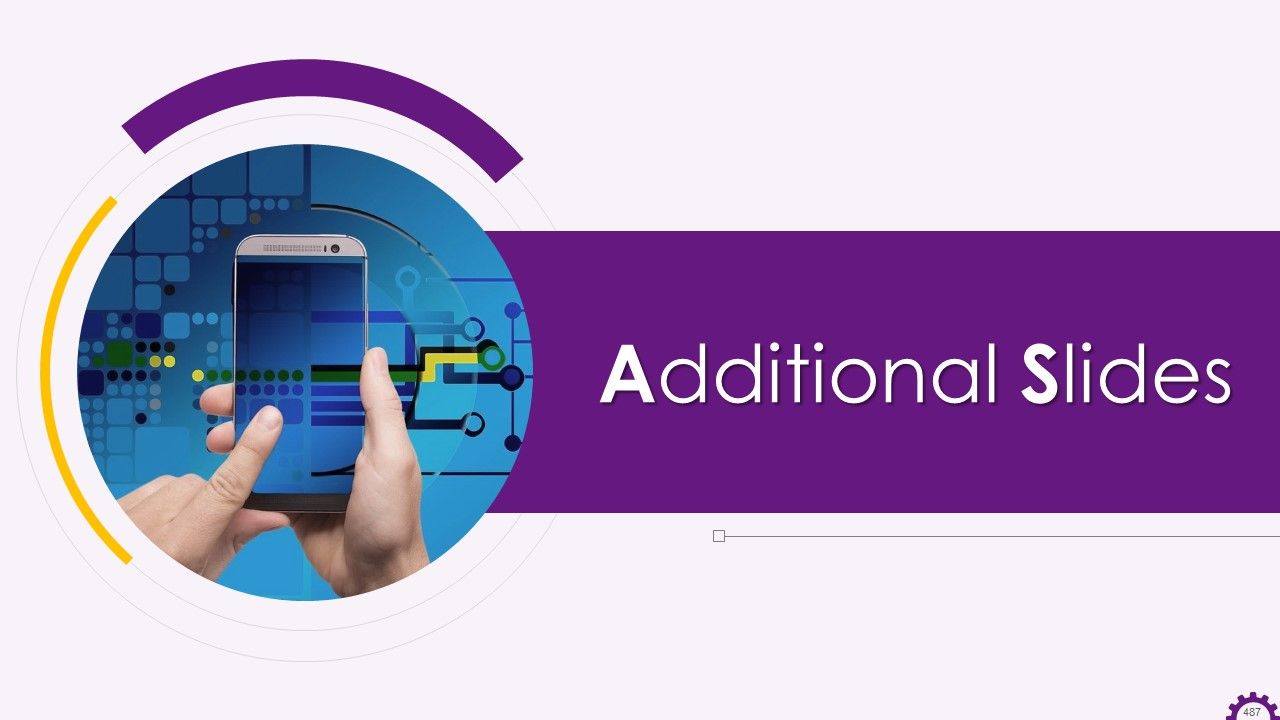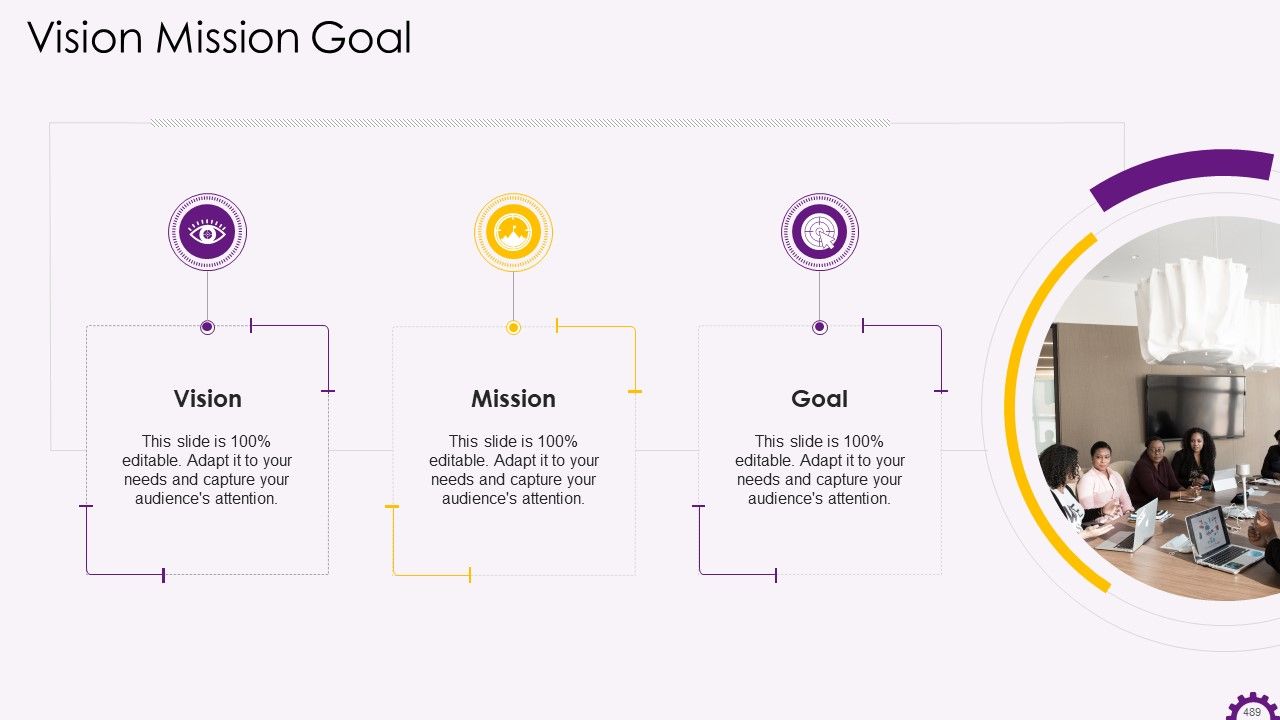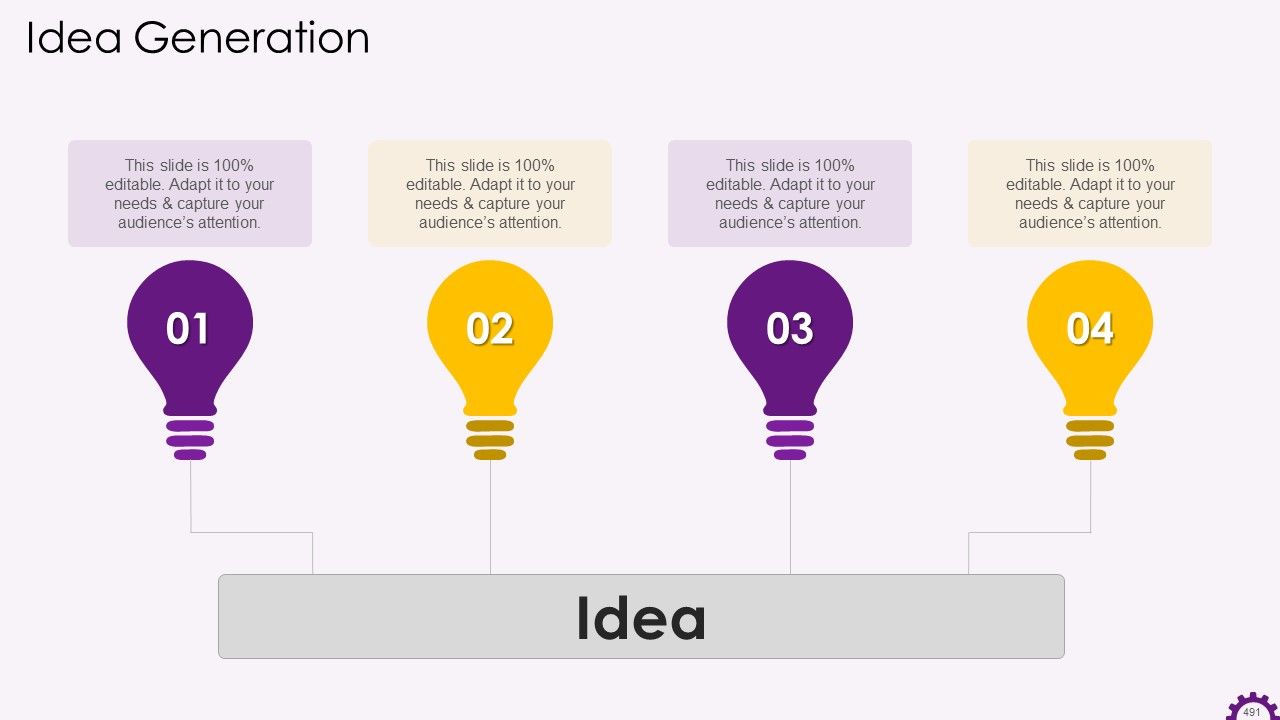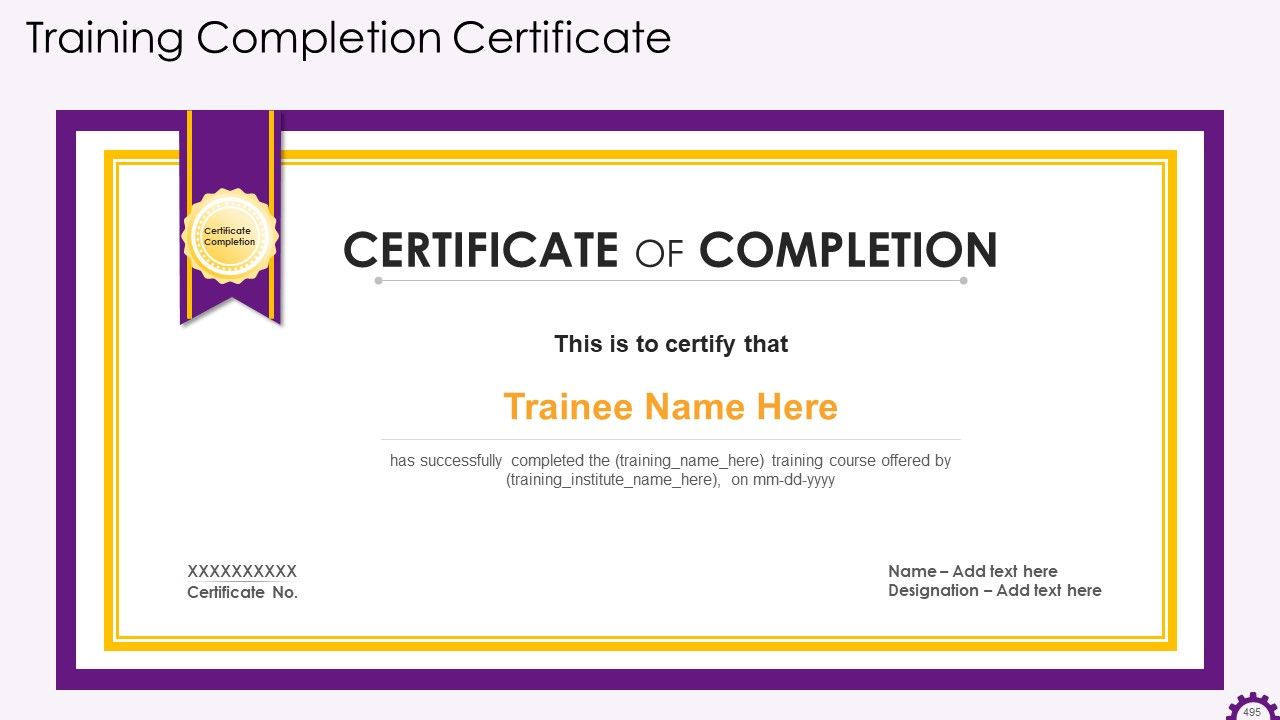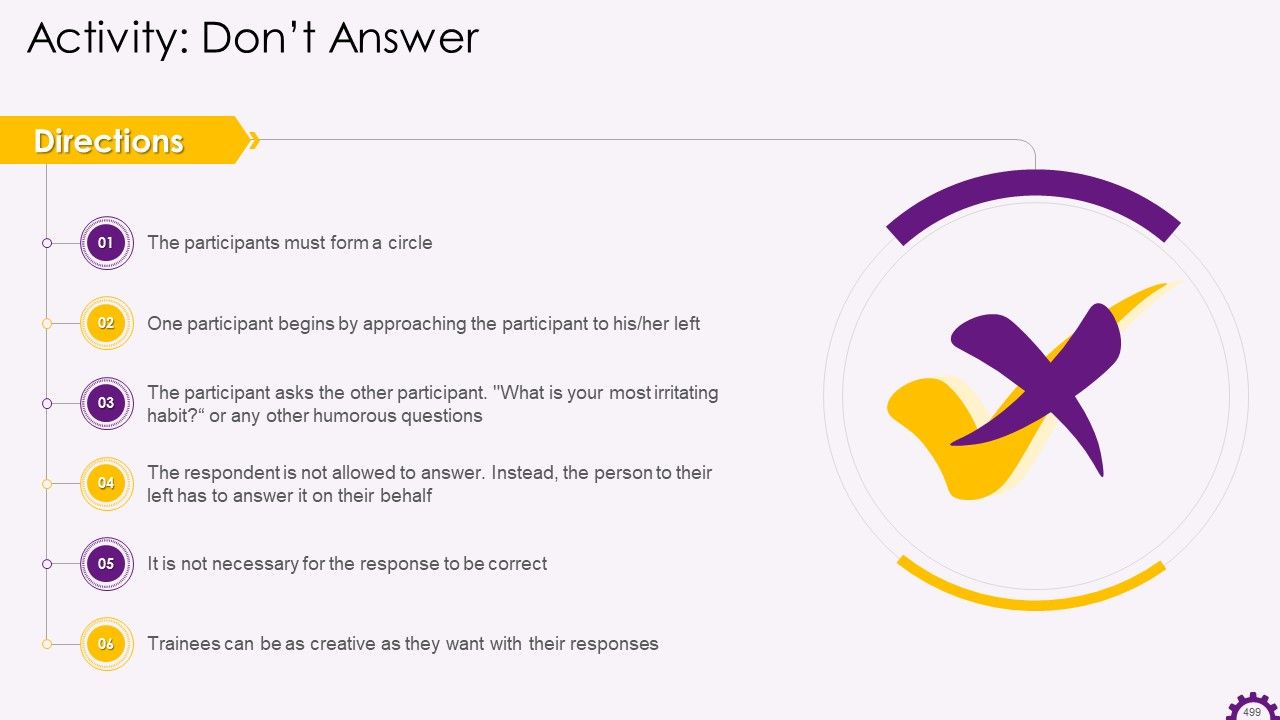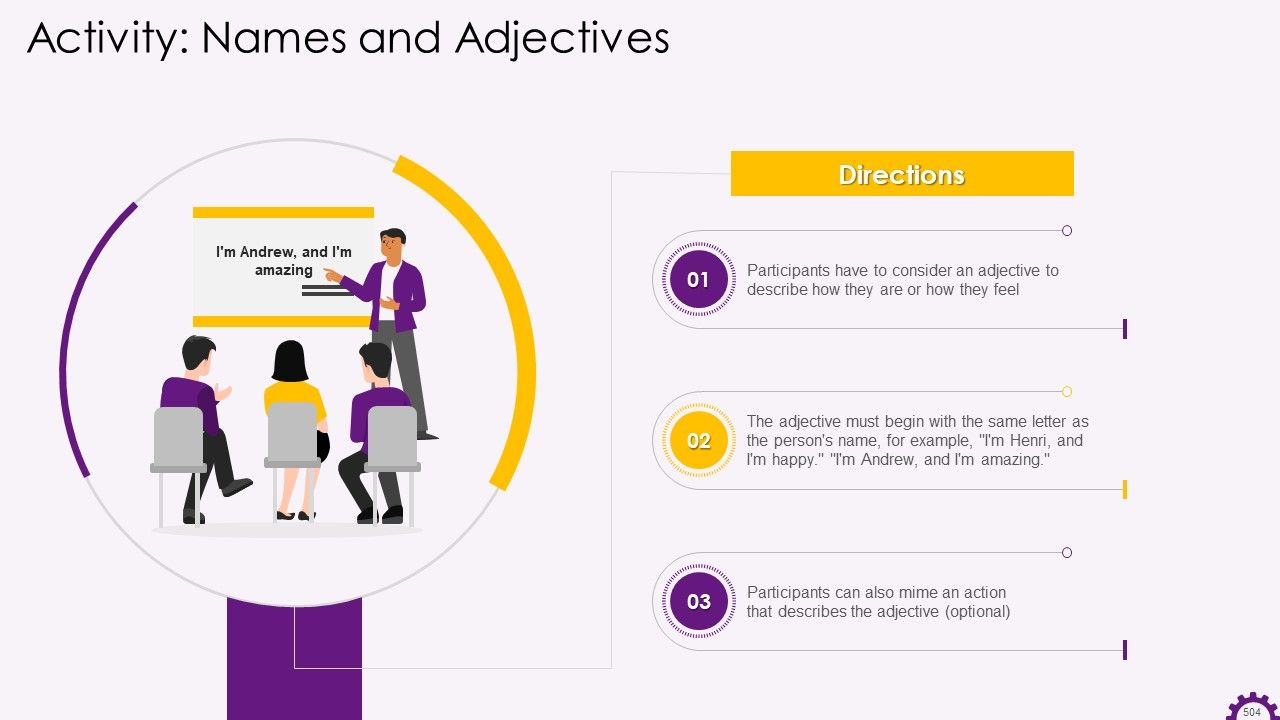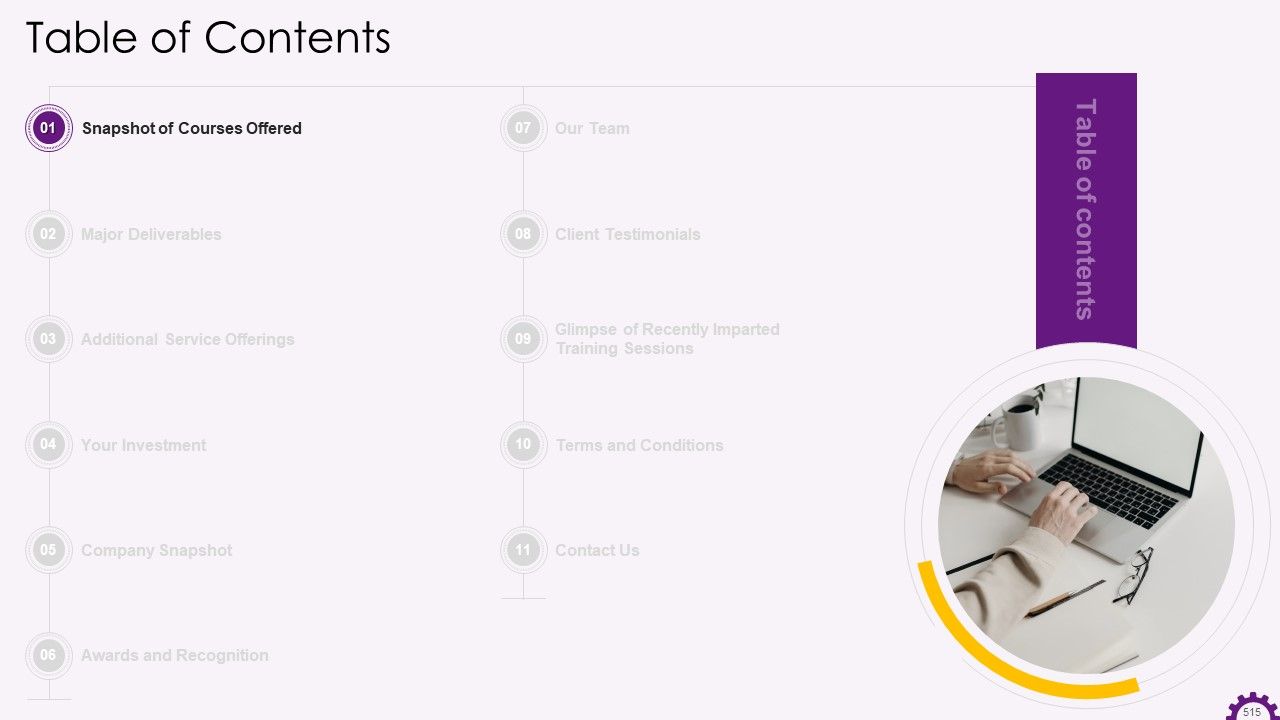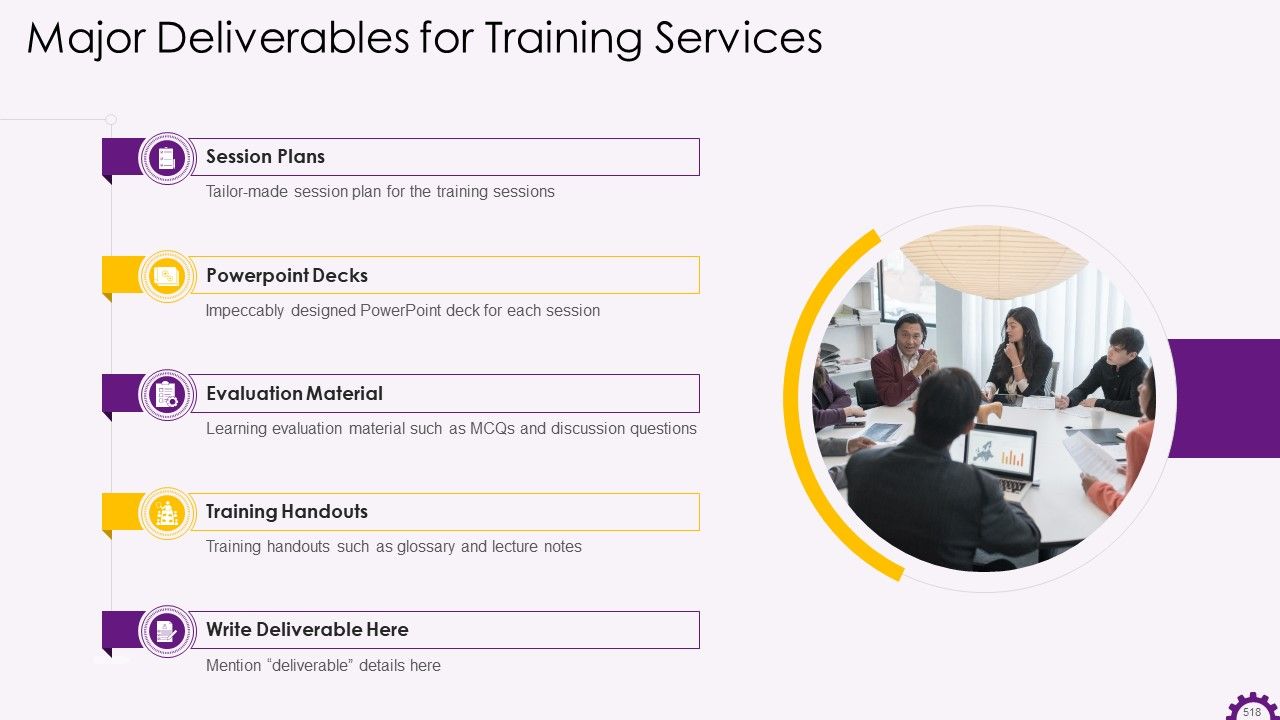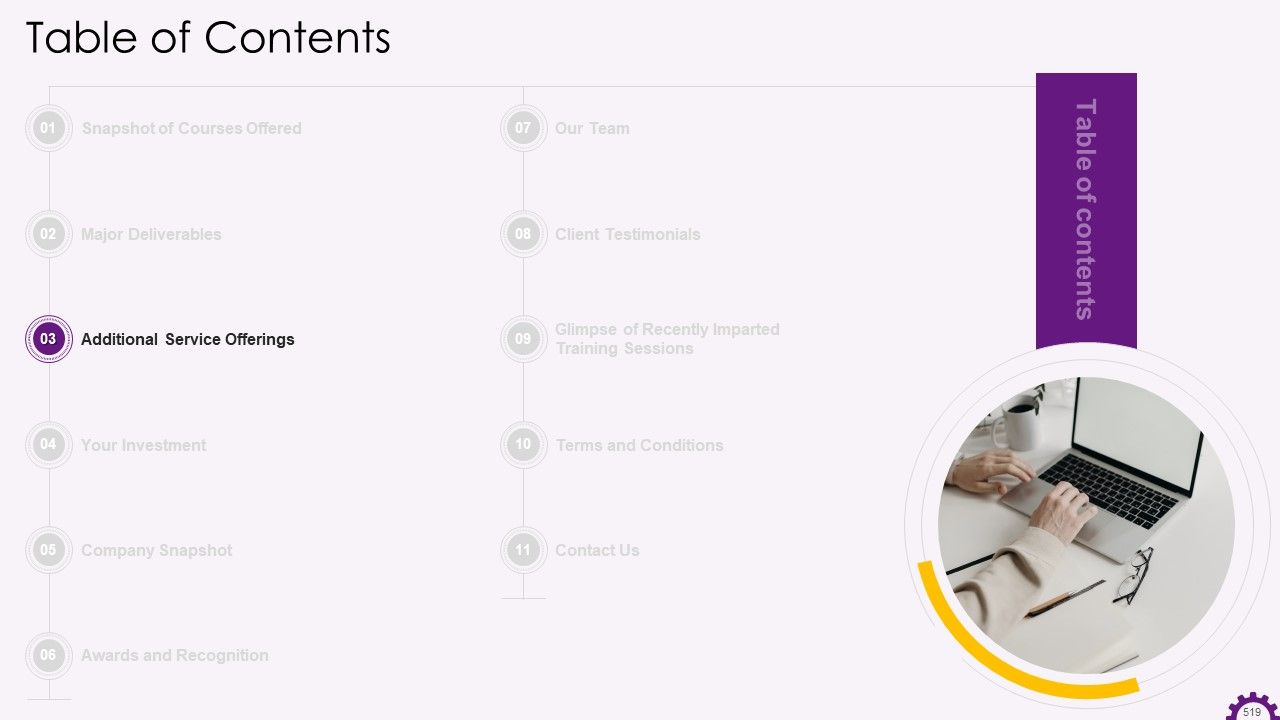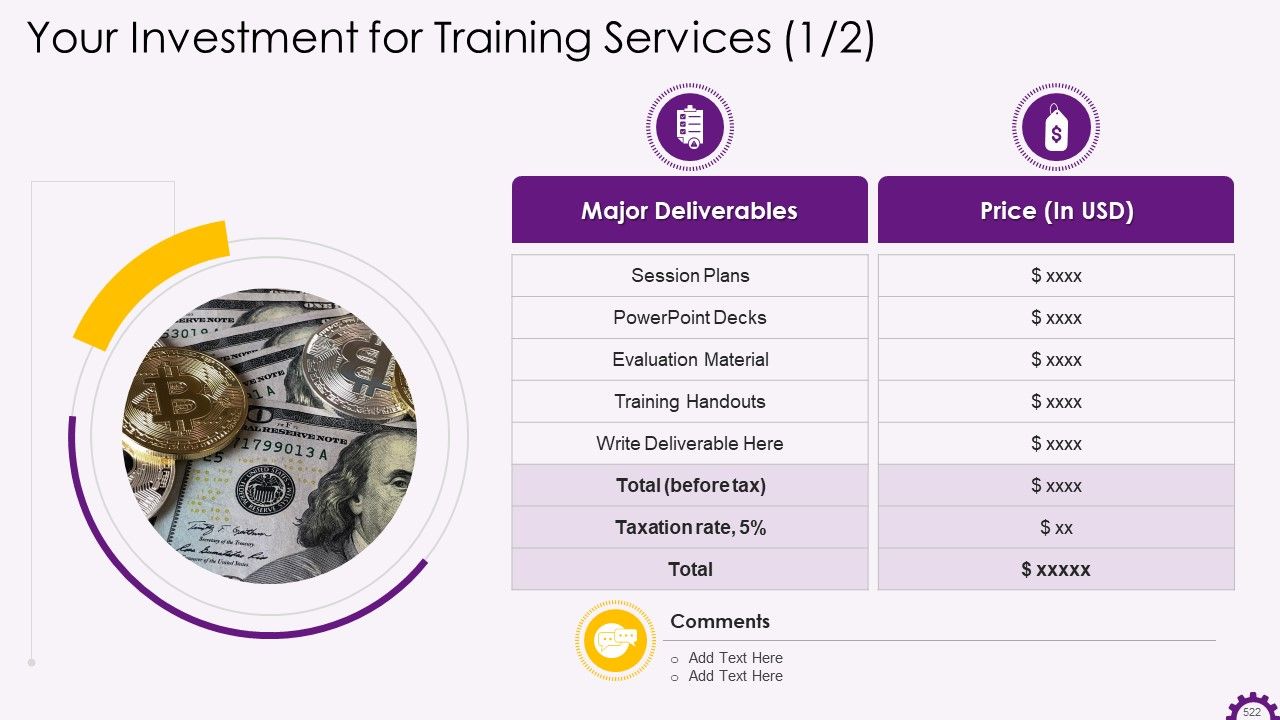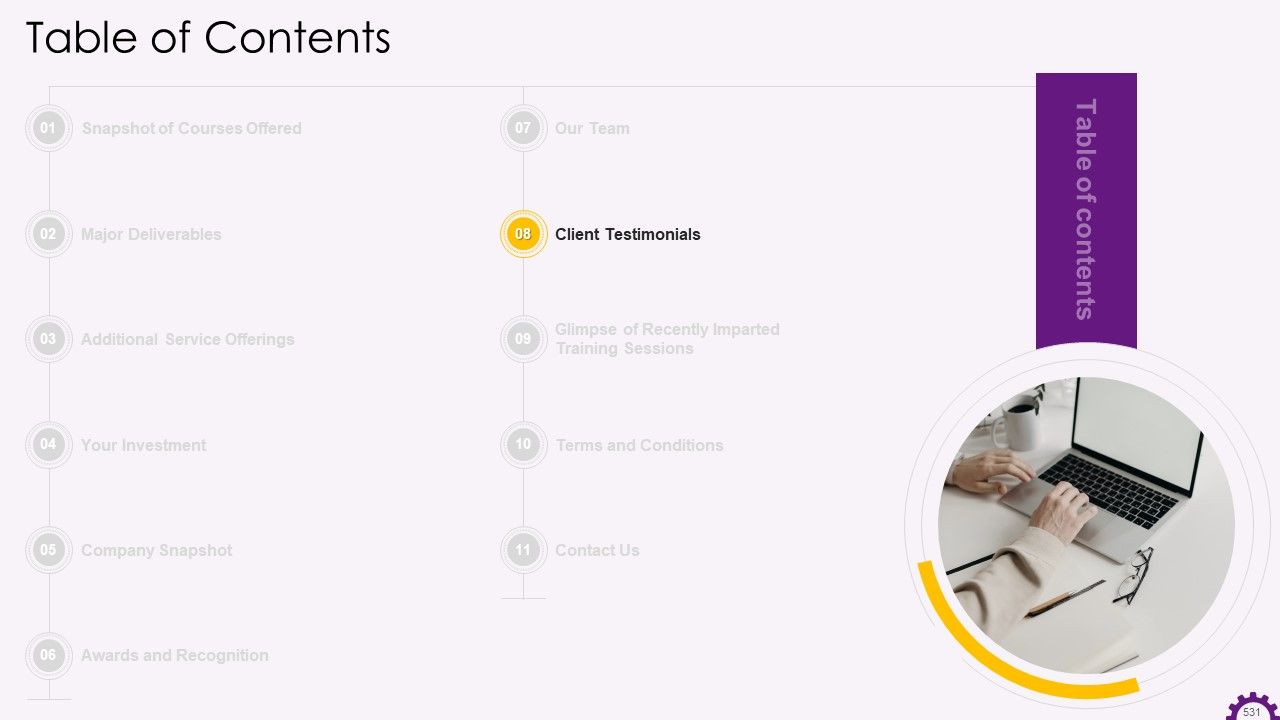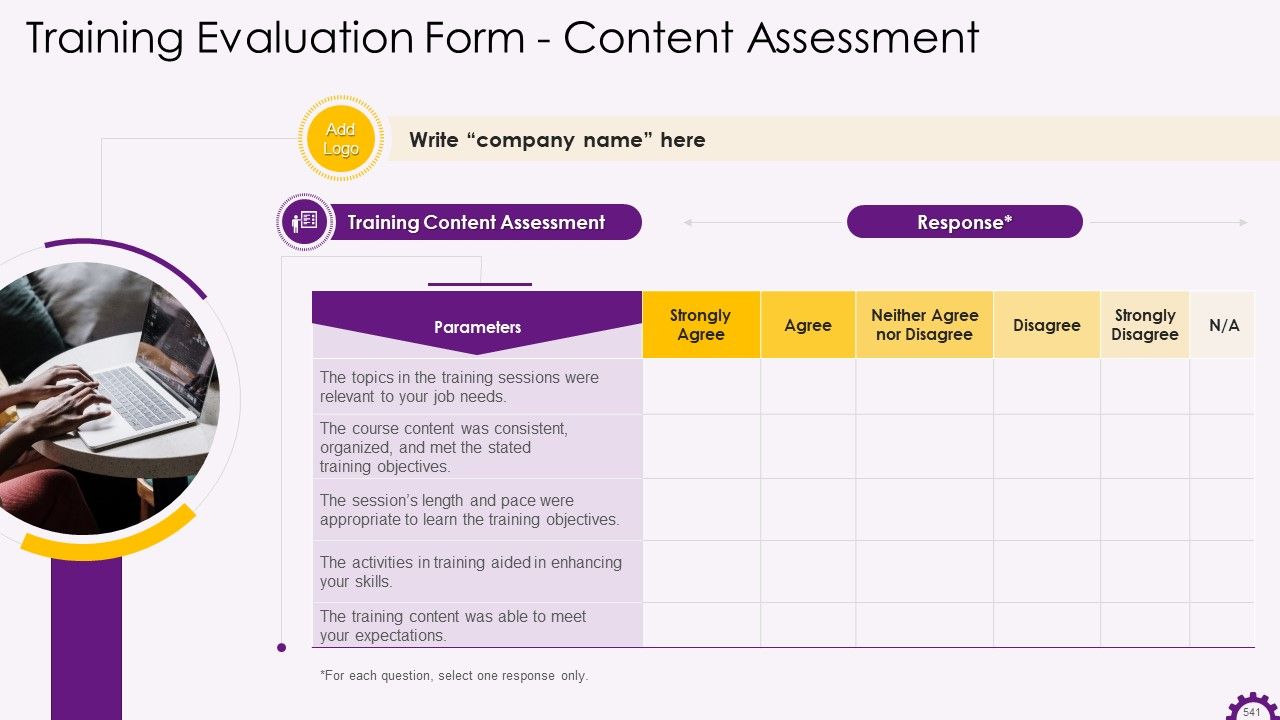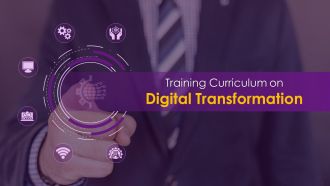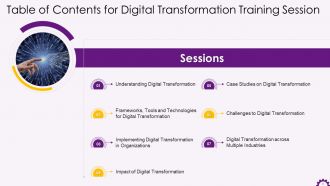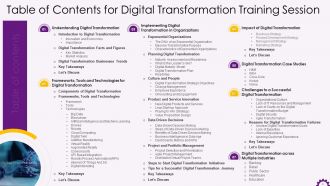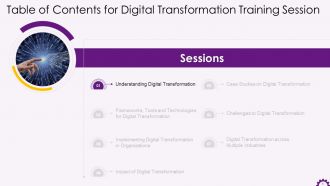Comprehensive Training Curriculum on Digital Transformation Training PPT
What is it
- EduDecks are professionally-created comprehensive decks that provide complete coverage of the subject under discussion
- These are also innovatively-designed for a powerful learning experience and maximum retention
Who is it for?
- EduDecks are for Trainers who want to add punch and flair to program and leave a lasting impact on their trainees
- They are also for Teachers who want to win over their students with content as well design
Why EduDecks?
- EduDecks provide an A-Z coverage of courses on any topic and covers it in both great depth and wide scope
- These slides are also professionally-designed to deliver a punch to your programs
Why Corporate Trainers love us?
- Content created by Industry experts, active in their fields
- Relevant concepts supplemented with industry case studies
- Visually appealing slides with 100% accurate & relevant data
Why Teachers love us?
- Comprehensive curriculum covering all aspects of the topic
- Relevant examples provided with the topics
- Just download and amaze your audience without making any content changes
What you will get
- 07 Structured Sessions
- 20+ Though Provoking Assignments
- 450+ Professionally Designed Slides
- 10 Real Life Case Studies
- Detailed Instructor Notes
People who downloaded this PowerPoint presentation also viewed the following :
Create an Immersive Training Experience
Created by Subject Matter Experts
Professionally Designed Slides
Structured Sessions
Comprehensive Curriculum
Detailed Teaching Notes
Real-Life Case Studies
Assessment Questions
Client Proposal
Complete Curriculum
- Introduction to Digital Transformation
- Innovation and Economics
- Importance
- Digital Transformation Facts and Figures
- Key Statistics
- Market Analysis
- Digital Transformation Businesses Trends
- Data Analytics
- Refocus on Cyber Security
- Multi-cloud Architecture
- Blockchain
- Internet of Things
- Democratization of AI (Artificial Intelligence)
- Contactless Solutions and Digital Payments
- Automation
- 5G
- The Explosion of Customer Data Platforms (CDP)
- Key Takeaways
- Let’s Discuss
- Cryptocurrencies Components of Digital Transformation
- Frameworks, Tools and Technologies
- Frameworks
- McKinsey’s Digital Transformation Framework
- MIT Digital Transformation Framework
- AIMultiple Digital Transformation Framework
- Cognizant’s Digital Transformation Framework
- Gartner Digital Transformation Framework
- Tools
- Customer Success Tool
- Workforce Management and Staff Augmentation Tool
- IT Asset Management (ITAM) Tool
- IT Service Management (ITSM) Dashboard
- Technologies
- Big Data and Real-Time Analytics
- Augmented Reality
- Virtual Reality
- Artificial Intelligence and Machine Learning
- Digital Twin
- API Based Integration
- Robotic Process Automation (RPA)
- Additive Manufacturing
- Cloud Technology
- Internet Of Things And 5G
- Blockchain
- Drones
- Digital Marketing
- Cybersecurity
- Key Takeaways
- Let’s Discuss
- Exponential Organizations
- The DNA of an Exponential Organization
- Massive Transformative Purpose
- Characteristics of Exponential Organizations
- Planning Digital Transformation
- Maturity Assessment and Readiness
- What is the Leader’s role?
- Digital Maturity Model
- Digital Transformation Plan
- Road Mapping
- Culture and People
- Digital Transformation Strategic Objectives
- Change Management
- Employee Experience
- Onboarding and Engagement
- Product and Service Innovation
- New Digital Products and Services
- Lean Start-up Approach
- Playing to Win (Strategy)
- Value Proposition Design
- Data Driven Decisions
- Data-Driven Decision Making
- Steps of Data-Driven Decision-Making
- Benefits of Data-Driven Decision Making
- Business Intelligence in Data Age
- Dashboards, Metrics and KPIs
- Project and Portfolio Management
- Project Selection and Prioritization
- Agile Project Management
- Distributed Virtual Project Teams
- Steps to Start Digital Transformation Initiatives
- Tips for a Successful Digital Transformation Journey
- Key Takeaways
- Let’s Discuss
- Digital Transformation Impact on
- Business Strategy
- Product Development Strategy
- Management Strategy
- Marketing Strategy
- Sales and Distribution Strategy
- Key Takeaways
- Let’s Discuss
- Case Study on Digital Transformation
- H&M
- IKEA
- Coca-Cola
- Kodak
- Nokia
- Challenges to a Successful Digital Transformation
- Organizational Culture
- Lack of IT Resources and Management
- Lack of Clarity on the Digital Transformation Budget
- Digital Security
- Agile Transformation
- Reasons for Digital Transformation Failures
- Unclear Digital Transformation Goals
- Lack of Expertise
- Internal Resistance
- Ignoring Customer Experience
- Key Takeaways
- Let’s Discuss
- Digital Transformation in Banking Industry
- Understanding Digital Transformation in Banking Industry
- Factors Driving Digital Transformation in Banking Industry
- Innovations in Banking Industry
- Understanding Big Data and Blockchain in Banking Industry
- Introduction to Neo Bank
- Understanding Peer-to-Peer (P2P) Lending & DeFi (Decentralized Finance)
- Introduction to Investment Banking
- Case Study
- Key Takeaways
- Let’s Discuss
- Digital Transformation in Retail Industry
- Understanding Digital Transformation in Retail Industry
- Importance of Digital Transformation in Retail Industry
- Case Studies on Digital Transformation
- Emerging Digital Trends in Retail Industry
- Understanding Best Practices to be followed for Digital Transformation in Retail Industry and Challenges in Transforming Retail Industry
- Examples: Digital Transformation Technologies in Retail Industry
- Key Takeaways
- Let’s Discuss
- Digital Transformation in Public Sector
- Understanding Digital transformation in Public Sector
- Importance and Trends of Digital Transformation in Public Sector
- Steps of Successful Digital Transformation in Public Sector
- Understanding Digital Transformation Challenges in Public Sector and Tips for Achieving Digital Transformation
- in Government
- Introduction to Digital Public Services
- Case Study: Digital Transformation
- Key Takeaways
- Let’s Discuss
- Digital Transformation in Healthcare Industry
- Introduction to Digital Transformation in Healthcare Industry
- Understanding Digital Technologies, Digital Trends and Covid Impact on adoption of Digital Healthcare in Healthcare Industry
- Understanding Challenges in Digitization of Healthcare Industry and Keys to Successfully Transform Healthcare Industry
- Introducing Blockchain in Healthcare Industry
- Case Study and Examples of Digital Transformation in Healthcare Industry
- Key Takeaways
- Let’s Discuss
- Digital Transformation in Education Industry
- Understanding Digital Transformation in the Education Industry
- Introduction to Drivers of Digital Transformation and Challenges it faces in the Education Industry
- MOOCs and Blockchain in the Education Industry
- Case Studies on Digital Transformation in Education Industry
- Digital Transformation in Education: Gantt Chart
- Digital Transformation in Education: 30-60-90 Days Plan
- Understanding Digital Technologies, Digital Trends and Covid Impact on adoption of Digital Healthcare in Healthcare Industry
- Key Takeaways
- Let’s Discuss
Sample Instructor Notes
What is this slide for: Importance of Digital Transformation to Business
This slide covers: This slide depicts the importance of digital transformation. When done right, it results into enriched customer experience, smooth collaboration across departments, data-based insights, enhanced profitability and reduced costs, better agility and innovation, enhanced market penetration, improved decision making, and long-term returns.
Instructor’s Notes:
The importance of digital transformation are as follows:
- Data-based Insights: The use of digital technology allows for more accurate tracking of metrics and increases transparency. Businesses can use these insights to improve their processes and strategies. They can document everything and keep records for better strategic planning
- Smooth Collaboration across Departments: Businesses have access to more data due to digital transformation, and they can analyze which processes or techniques are more efficient. Implementing these efficient processes increases staff productivity. It also allows for open and smooth communication between different teams and departments
- Enhanced Profitability and Reduced Costs: When a company's technology and operations are digitized, it results in greater savings and increased sales. Because digital technology reduces the number of manual interventions, processes become faster and become more accurate. Thus, implementing IT solutions in organizations is highly beneficial
- Better Agility and Innovation: Customers expect better services as technology advances. Digital technology fosters agility and innovation in the workplace and the ability to meet customer demands. Businesses that want to stay relevant must adopt digital transformation services at the earliest
- Enhanced Market Penetration: Unexplored markets can be penetrated, and digital technologies can target newer customers. As business efficiency improves, the market penetration process becomes more effective. It aids in the expansion of customer base and recall of the product or service
- Evolving Customer Expectations: Customer expectations are rising, and every company is working hard to keep up. Consumers can now explore alternatives to meet their needs more efficiently than ever before. As a result, each company has to have customer retention as the key goal. It will only be possible if the company digitally transforms itself to meet the expectations of its customers
- Staying ahead of the Competition: Businesses can now lead because of technological and capability advancements that were unavailable five years ago. If they do not adapt to this shift, they will undoubtedly fall behind their competitors. If a company does not embrace digital transformations, someone else will
- Informed Decision Making: Businesses can benefit from big data by integrating data and analytics into their digital transformation strategy. With the right combination of analytical tools, this data can be transformed into essential business insights, allowing you to make better, faster decisions. The more profound analytical tools are embedded in company operations, the greater is their integration and impact
- Long Term Returns: Digital Transformation may necessitate a significant investment in money, workforce training, and revamping existing organizational procedures, but the benefits will be significant in long-term
What is this slide for: Major Components of Digital Transformation
This slide covers: This slide depicts the components of digital transformation. The components highlighted are customer focus, organizational structure, change management, transformational leadership, technology decisions, integration, internal customer experience, logistics and supply chain, data security, privacy and ethics, evolution of products, services and processes, digitization, and personalization.
Instructor’s Notes:
The Components of Digital Transformation are:
- Customer Focus: The first shift transforms the company from a product-focused to a customer-focused mindset. Companies that are best prepared for and achieve the best results from digital transformations understand their customers and strongly understand their wants and needs
- Organizational Structure: A transparent culture that embraces change is required for digital transformation. Break down internal silos and rally executives and leaders behind the new digital vision
- Change Management: A lot of digital transformations fail due to a lack of employee support. People are hardwired to stay the same and often resist change, even when they see the potential benefits. The most effective change management efforts are in sync with today's fast-paced business environment
- Transformational Leadership: A lot of digital transformations fail due to a lack of employee support. People are hardwired to stay the same and often resist change, even when they see the potential benefits. The most effective change management efforts are in sync with today's fast-paced business environment
- Technology Decisions: Decisions about digital transformation cannot be made in a vacuum. Most purchase decisions involve an average of 15 people, half of whom are in IT. Leaders must collaborate to represent their respective departments and the company's overall goals
- Integration: Focusing on data aids in the integration of digital solutions across the organization. The larger the company, the more complex the approach to data. A streamlined data strategy is required for a successful digital transformation
- Internal Customer Experience: The internal customer experience (employee experience) is heavily influenced by digital transformation. Obtaining employee feedback and providing consumer-grade technology solutions greatly empowers employees to deliver an exceptional performance
- Logistics and Supply Chain: A digital transformation is ineffective unless it improves the speed and dependability with which customers receive their goods or services. A digital approach to logistics and supply chain management increases efficiency
- Data Security, Privacy and Ethics: The vast majority of consumers believe their personal information is vulnerable to a data breach. Data security should be prioritized while updating processes and systems as part of a digital transformation
- Evolution of Products, Services and Processes: Digital transformation necessitates a shift in how products and services are delivered and the products and services themselves. Modern products are smarter and more innovative in their delivery
- Digitization: Digitizing a business entails creating seamless integrations between digital and physical stores. Retailers such as Target and Best Buy have blurred the line between digital and retail with great success
- Personalization: Customers appreciates personalized service. Businesses must leverage digital solutions to understand their customers better and provide recommendations and experiences that are unique to them
What is this slide for: Challenges of Digital Transformation in Banking
This slide covers: This slide illustrates the challenges of digital transformation in banking which are acceptability of a fully digitized bank, security, and legacy of ancient banking systems.
Instructor’s Notes:
The challenges of digital transformation in banking industry are:
- Acceptability of a Fully Digitized Bank: Even though the adoption of digital banking is on the rise, there is considerable skepticism as well. Furthermore, some people are skeptical of going completely digital then will face this acceptability change for sure
- Security: One of the most significant digital transformation challenges that banks face in undergoing digital transformation is the security of their IT infrastructure and data
- Legacy of Ancient Banking Systems: Most legacy banking systems use the COBOL programming language. This has been around for a long time and is not compatible with today’s technology. While the demand for seamless digital banking increases, upgrading and these banking systems usually takes a long time
- Non-financial Institutions Already Filling the Space: Several non-financial institutions provide services similar to what is expected of a digital bank today. Users of social media platforms, such as Facebook, can now send money directly to another person's bank account. It is difficult for financial institutions to cope because the unregulated tech platforms are not bound by any rules
- Internal Barriers: To fully digitize banking, both the banking system and its employees must undergo a cultural shift. Banks, however, have a distinct way of departmentalizing, which has a significant impact on the level of technology to be used. While a digital banking system will benefit some departments, it will force others to lay off workers. Employee education and training may also be required
What is this slide for: AR/VR as a Part of Learning Methods in Digital Education
This slide covers: This slide explains how AR/VR is used in education and how it is benefiting the education industry. Augmented Reality/Virtual Reality can help learners grasp abstract concepts and gain hands-on experience on things otherwise impossible in physical world. These technologies aim to promote student engagement and nurture better understanding. Complex concepts can be explained to the students in a controlled environment by making learning immersive and experiential through the Virtual Reality headsets.
Instructor’s Notes:
The most significant benefits of AR/VR in education are:
- AR/VR makes learning experiential and immersive
- It causes enhanced memory retention among learners
- It is considered to be a great aid to students who experience difficulty in learning
- It simplifies complex topics and concepts for better understanding of students
- It fosters self-sufficiency and self-learning among students
- It is a great training tool to instill confidence in learners
- It makes remote learning more engaging and interesting
FAQs
We provide training decks on a wide variety of business and technical topics such as Diversity & Inclusion, Customer Service, Search Engine Optimization, Blockchain Technology, and many more. These are ready-to-present decks that can be downloaded and presented in their current form. These decks are carefully created by industry experts, designed by professionals to deliver a power packed training session.
We want our training decks to evoke curiosity and inspire passion for learning. Each training deck consists of multiple sessions with impeccably designed slides to explain concepts in-depth, key takeaways to summarize sessions, discussions, and multiple-choice questions to assess trainees’ learning. The deck also contains activities and memes to break the monotony and make the training more interactive. Each training deck comes with an assessment form and editable proposal to help pitch your training to clients with success.
It depends on the trainer's content delivery pace, but each deck is created to ensure that training content is for a minimum of 16 hours.
Yes. A significant segment of our customers are professional mentors, coaches and teachers. You can create presentations with our content and distribute these to your trainees. The only caveat is that you cannot share your subscription to our content with others; the license is not transferable. Also, you cannot resell SlideTeam content to others.
Each slide is 100% editable in PowerPoint. Every element of the slide – text, icons, images, vectors, color scheme, etc. can be modified to build an effective PowerPoint presentation. Simply DOWNLOAD, EDIT, and PRESENT!
All PPT slides are compatible with PowerPoint 2007 and above. Some diagrams will not show up correctly with older versions of PowerPoint, like PowerPoint 2003 or lower, because of rendering issues. Yes, they work with PowerPoint for MAC, and decks are compatible with Google Slides too.
Absolutely yes! Our decks are yours to keep and build upon even after your subscription expires. You will not be able to download any additional decks once your subscription expires, but the ones you've downloaded are yours to keep forever.
Our entire website is HTTPS secure, and our payment system is managed by PayPal and Stripe, two of the world's leaders in credit card payment systems and very respected companies in online payments. This makes our systems 100% secure. We do not store or have access to any credit card information ourselves. We direct you to these third-party secure sites with 100% secure SSL connections where you can safely purchase a subscription and then direct you back to our site to download products.
You are allowed to log in and download content from 3 computers. Our website keeps track of login IP addresses, MAC Address Usage, and Browser and Computer Operating System fingerprinting, and you will not be able to log in from more than three computers.

3 Item(s)
-
by mAGGIE
4.7/5100%Thank you Slideteam, the ease of modifying templates is just superb!
-
by Joseph Torres
4.7/5100%“I've always gotten excellent slides from them and the customer service is up to the mark.”
-
by Wilson Campbell
4.7/580%The ease of modifying templates is just superb! Also, the vast collection offers plenty of options to choose from.
3 Item(s)



